Agriculture + Lifestyle
| Date | Title |
|---|---|
| 11/30/2025 |

Featured
With farmers, no shortage of determination and grit By: Tom McCall
|
| 11/29/2025 |

Featured
Rooster, cattle herder extraordinaire, named GFB Farm Dog By: Jennifer Whittaker
|
| 11/29/2025 |

|
| 11/27/2025 |

Featured
Details of cotton & peanut programs in OBBBA emerge By: Jennifer Whittaker
|
| 11/26/2025 |

Featured
USDA allocates $531 million to Ga. for Hurricane Helene block grants
|
| 11/25/2025 |

Featured
USDA taking applications for SDRP 2nd stage & Milk & On-Farm Stored Crop Loss aid
|
| 11/23/2025 |

Featured
Timber industry reeling from mill closures By: Jennifer Whittaker
|
| 11/24/2025 |

Georgia families honored for farming a century By: Jennifer Whittaker
|
| 11/24/2025 |

|
| 11/23/2025 |

Georgia agriculture shines at Sunbelt Expo By: Compiled by Jennifer Whittaker
|
| 11/21/2025 |

GFB accepting entries for 2026 middle & high school art contests
|
| 11/20/2025 |

Georgia Foundation for Agriculture Scholarship deadline is March 1
|
| 11/18/2025 |

Central-Carroll, ABAC teams win Advocacy in Action contests By: Jay Stone
|
| 11/18/2025 |

Report shows disaster response challenges farmers faced after Hurricane Helene
|
| 11/18/2025 |

|
| 11/17/2025 |

CareSource invests $100,000 in farmer mental health programs
|
| 11/16/2025 |

All politics are local; GFB ensures your voice is heard By: Alex Bradford
|
| 11/15/2025 |

District meetings provide community; Morgan graduates from AFBF Comms Boot Camp
|
| 11/14/2025 |

ABAC & UGA YF&R Chapters thriving By: Levi Davis
|
| 11/13/2025 |

|
| 11/12/2025 |

GFB awards $6,000 in grants for ag classroom projects
|
| 10/20/2025 |

|
| 10/09/2025 |

|
| 10/09/2025 |

|
| 09/15/2025 |
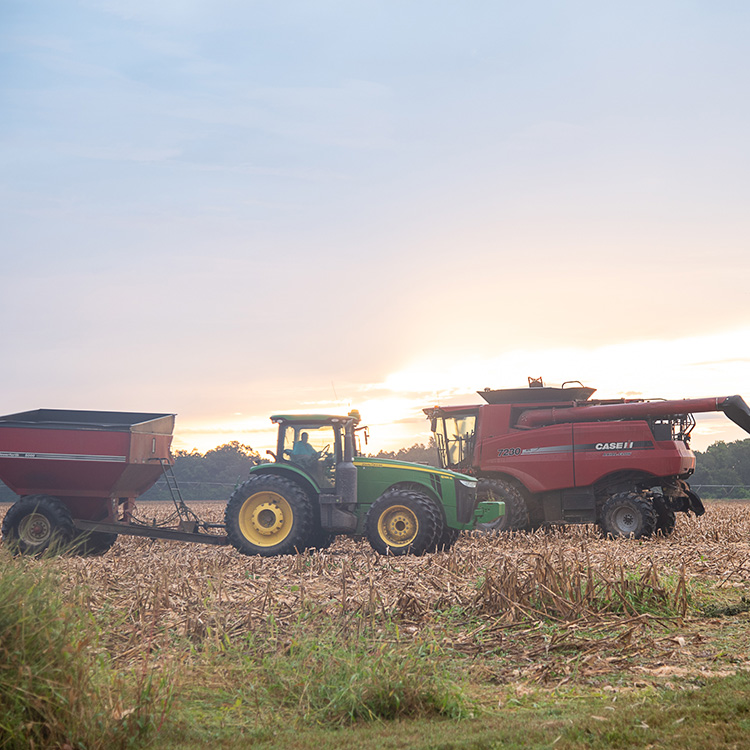
|
| 09/07/2025 |

|
| 09/06/2025 |

Farmers still recovering from Hurricane Helene By: Jay Stone
|
| 09/05/2025 |
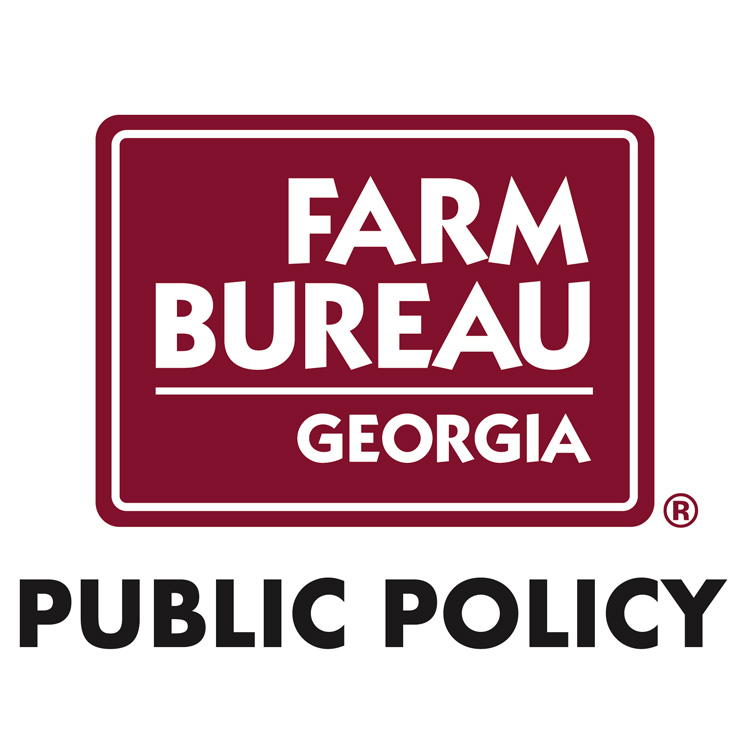
USDA Supplemental Disaster Relief Program offers lifeline to farmers By: Ben Parker
|
| 09/04/2025 |
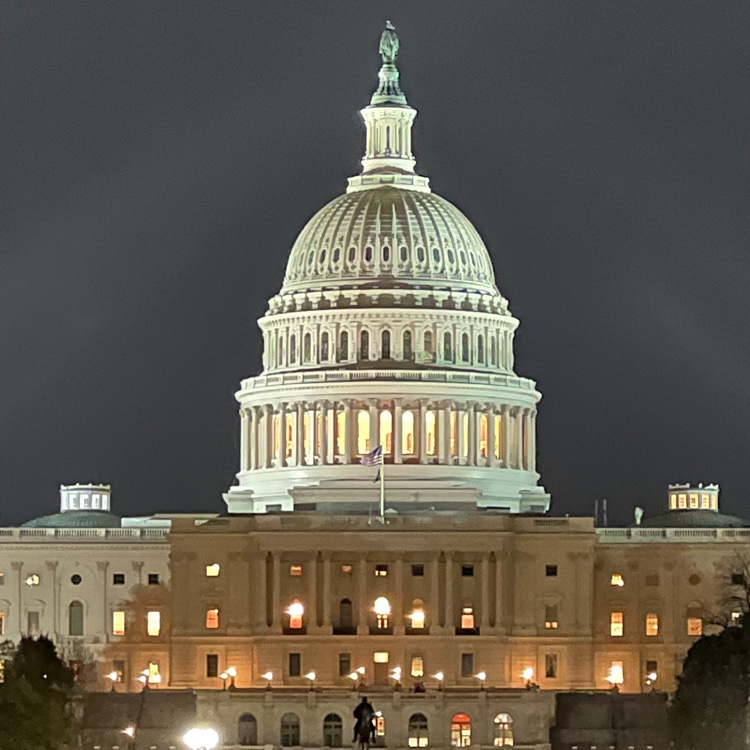
|
| 09/04/2025 |

Fresh Fixins: Lauren Bolden of Pie Bar
|
| 09/03/2025 |
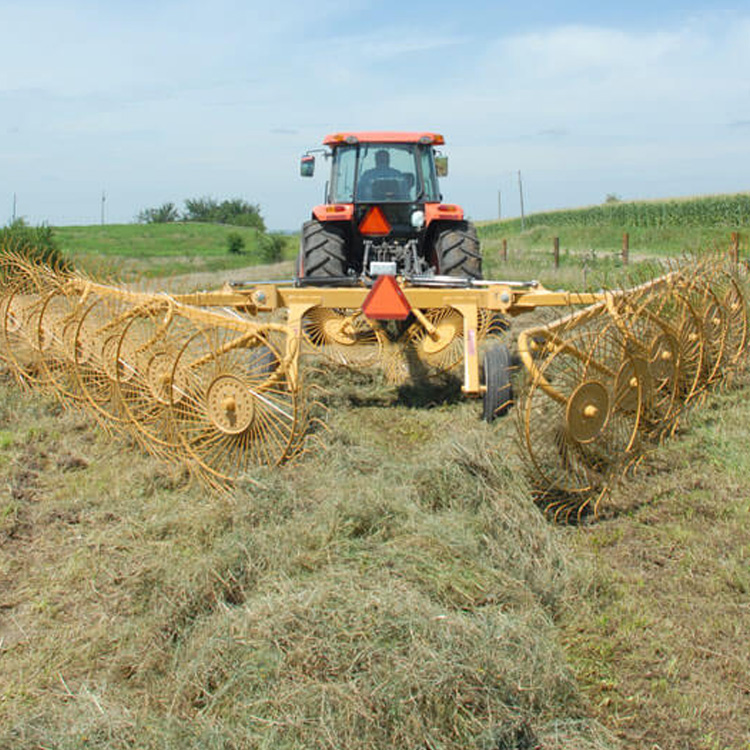
October 31 is deadline to enter Georgia Farm Bureau Hay Contest
|
| 09/02/2025 |
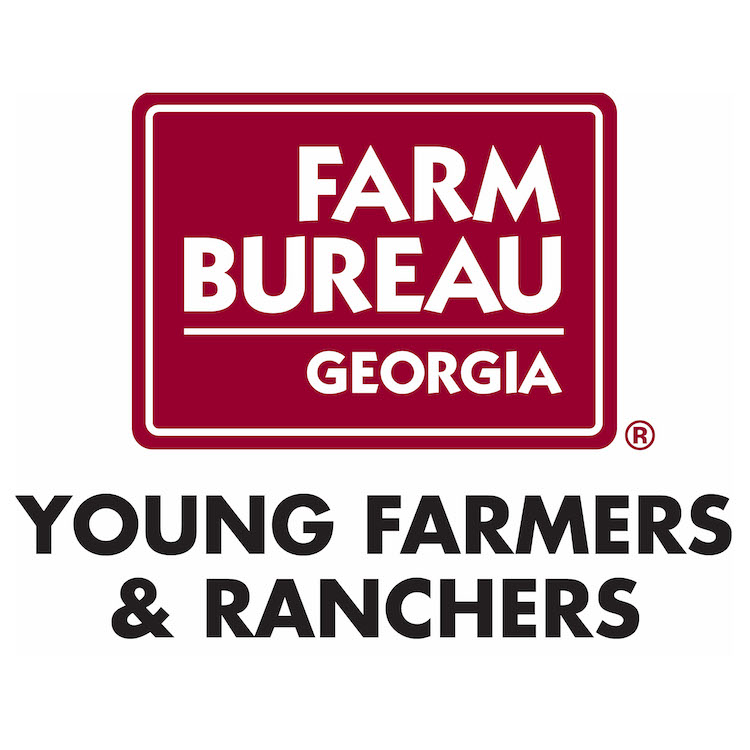
Pridgen, Scruggs and Sizemore win YF&R competitive events By: Jay Stone
|
| 09/02/2025 |
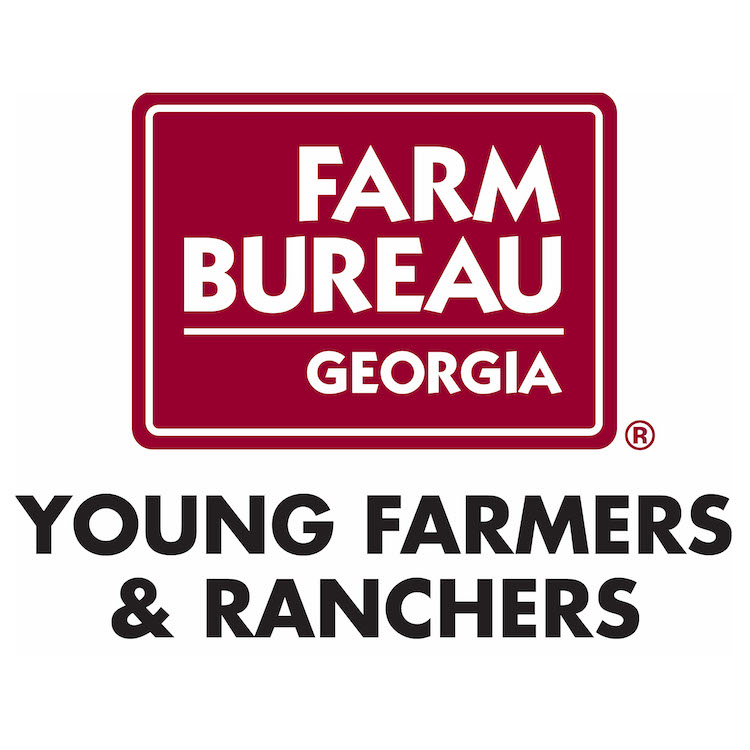
Inspiration & professional development core of YF&R Conference By: Jay Stone
|
| 09/02/2025 |

|
| 09/02/2025 |

|
| 08/31/2025 |
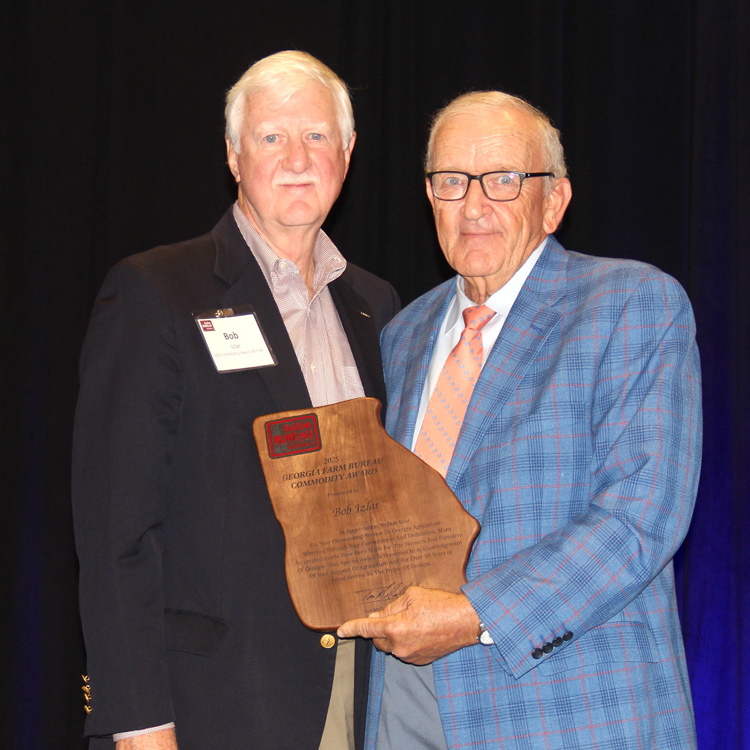
Izlar is GFB Commodity Award recipient
|
| 08/30/2025 |
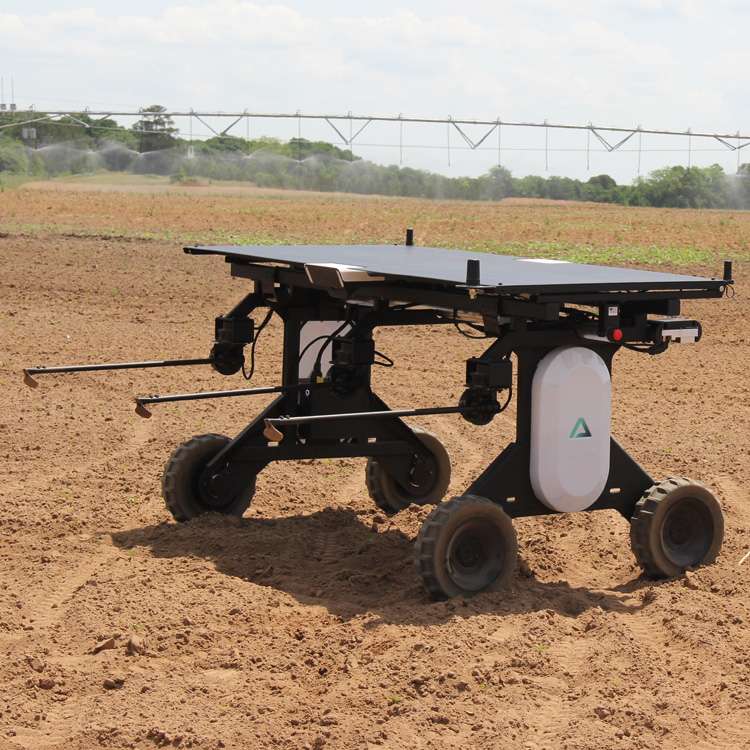
UGA Grand Farm will be precision ag research hub By: Jennifer Whittaker
|
| 08/30/2025 |

|
| 08/28/2025 |

|
| 08/27/2025 |
.jpg)
Hamilton named Georgia Expo Farmer of the Year
|
| 08/27/2025 |

Peaches and Cream Overnight Oats
|
| 08/27/2025 |
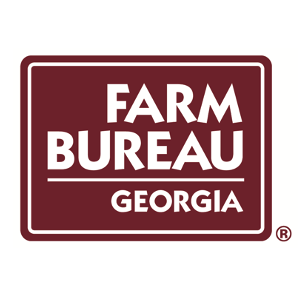
|
| 08/26/2025 |
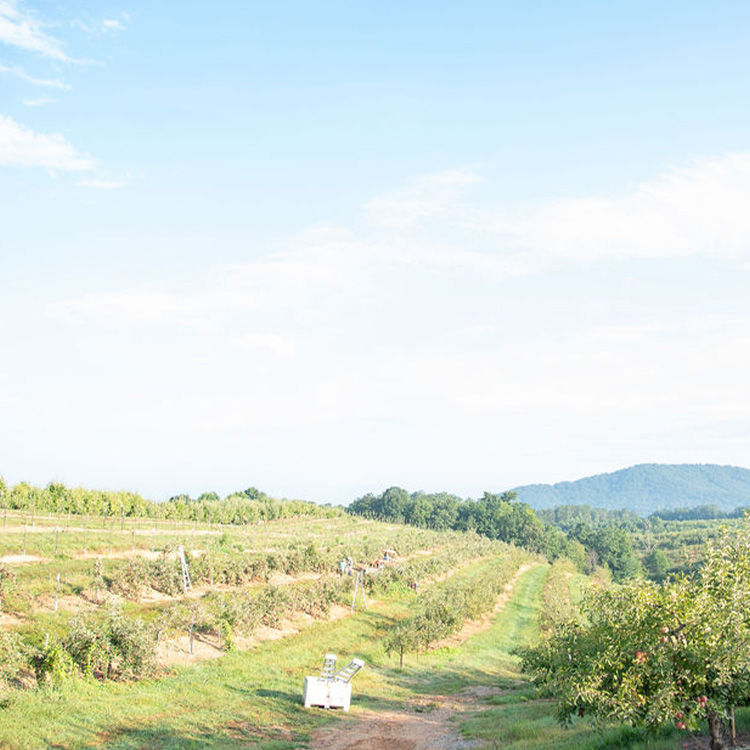
The Official Fall Farm Passport Guide
|
| 08/25/2025 |

GFB honors state livestock champions By: Jennifer Whittaker
|
| 08/25/2025 |
GFB applauds senior champions of Georgia 4-H Horse Show By: Jennifer Whittaker
|
| 08/23/2025 |
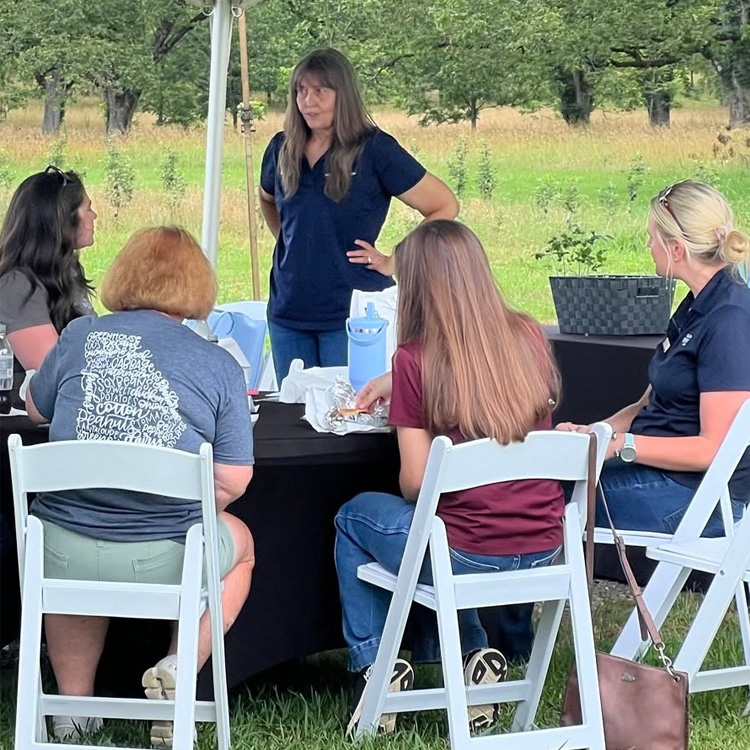
Women's Leadership Update Fall 2025 By: Heather King
|
| 08/23/2025 |

Morgan County ag teachers top of their classes By: Jennifer Whittaker
|
| 08/21/2025 |
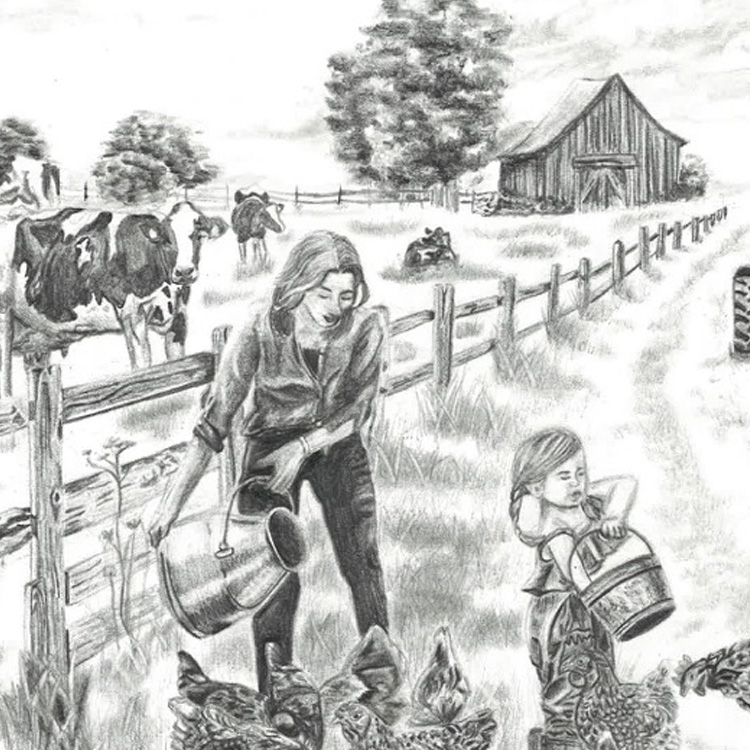
Gwinnett & Forsyth students win GFB contests By: Lauren Goble
|
| 08/20/2025 |
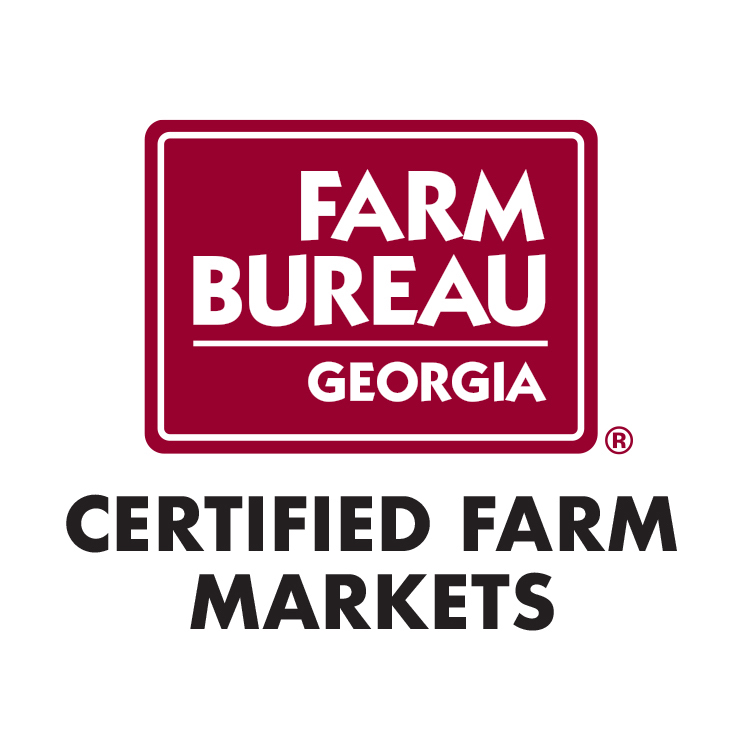
GFB Farm Passport winners win jackets By: Kelly Henry
|
| 08/20/2025 |
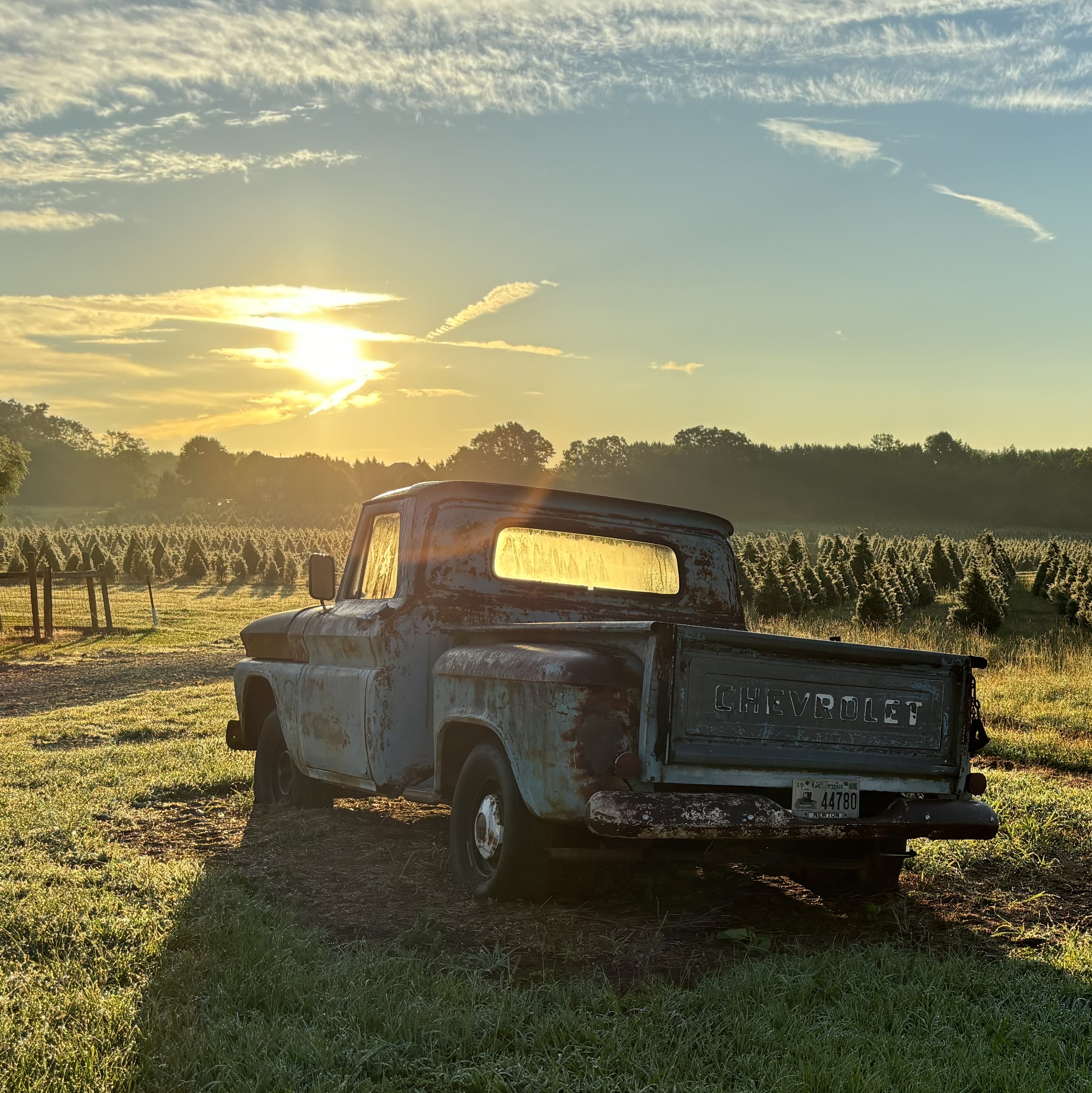
|
| 08/18/2025 |
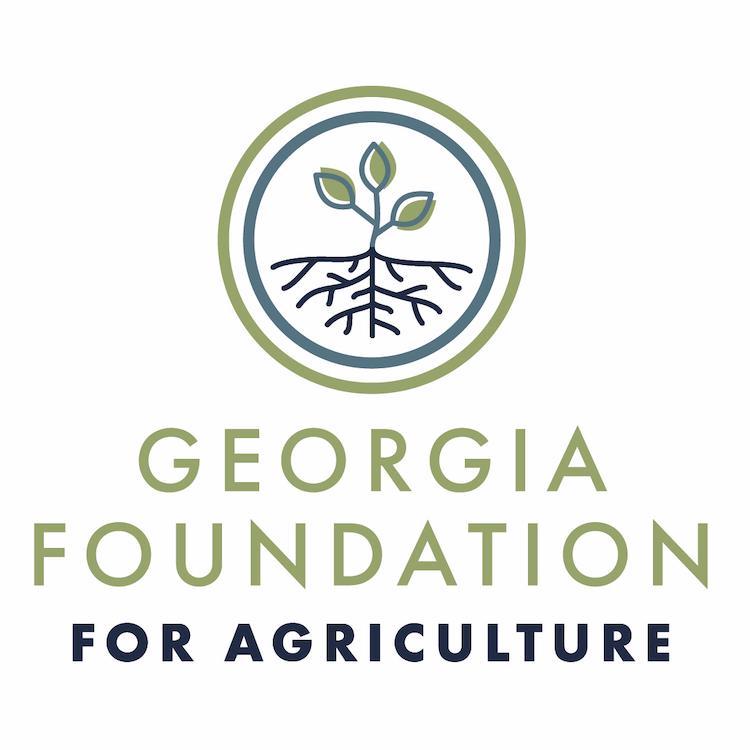
GFB Shootout hits fundraising target By: Lily Baucom
|
| 08/01/2025 |
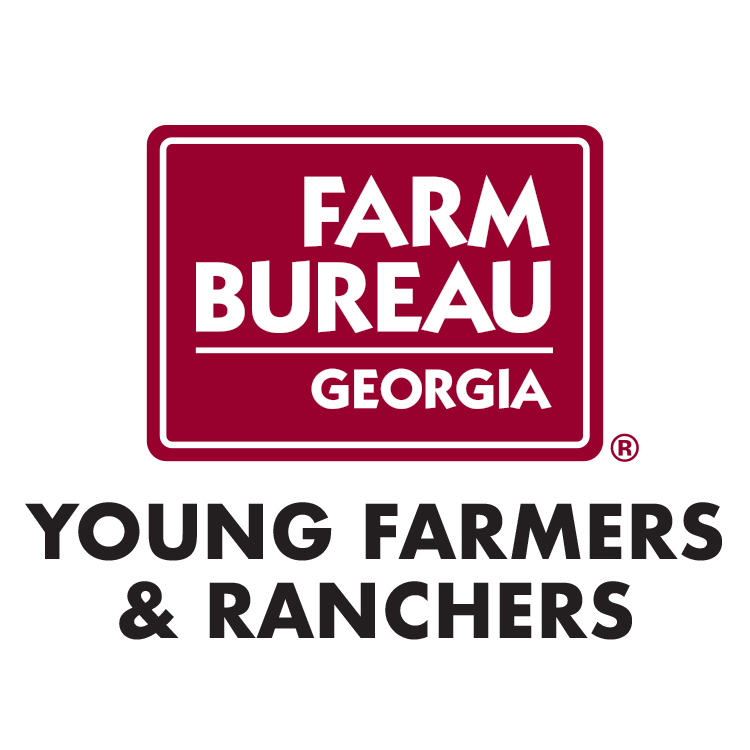
YF&Rs Learn: educational resources, conflict resolution & farm safety By: Jay Stone
|
| 07/28/2025 |

|
| 07/14/2025 |

Lemon Blueberry Ricotta Toast with Honey
|
| 06/26/2025 |

|
| 06/10/2025 |

Greek Yogurt Chia Seed Pudding
|
| 06/02/2025 |

View from the Field Summer 2025 By: Tom McCall
|
| 06/02/2025 |
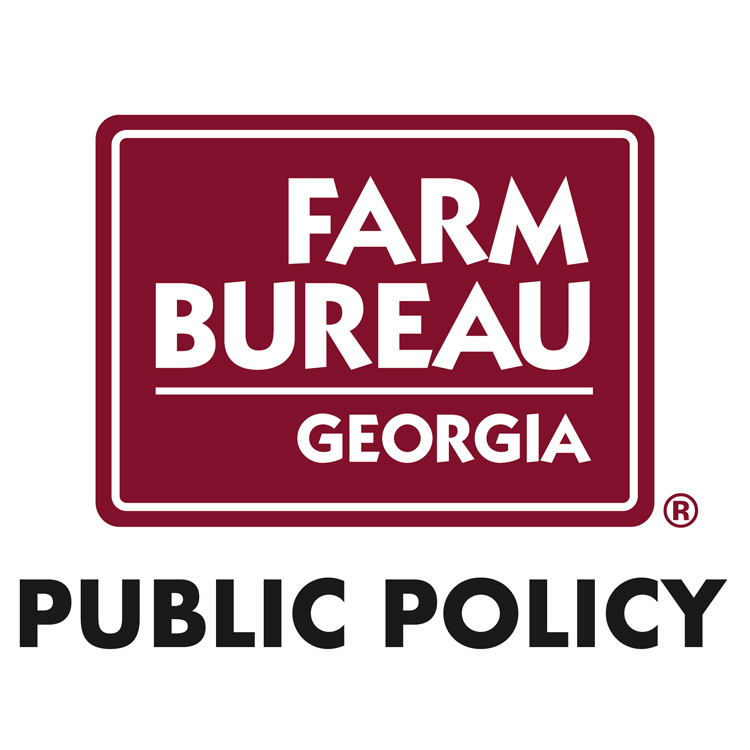
By: Adam Belflower
|
| 05/31/2025 |

Answering the call: Farmers gear up to fight fires By: Jay Stone
|
| 05/31/2025 |

|
| 05/29/2025 |

|
| 05/29/2025 |
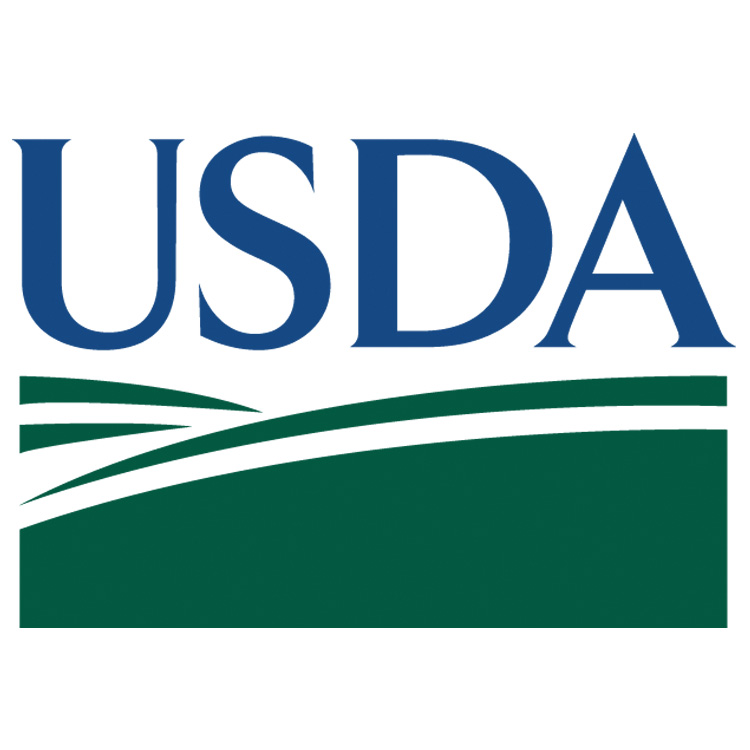
USDA issuing economic assistance payments to producers By: Jennifer Whittaker
|
| 05/28/2025 |
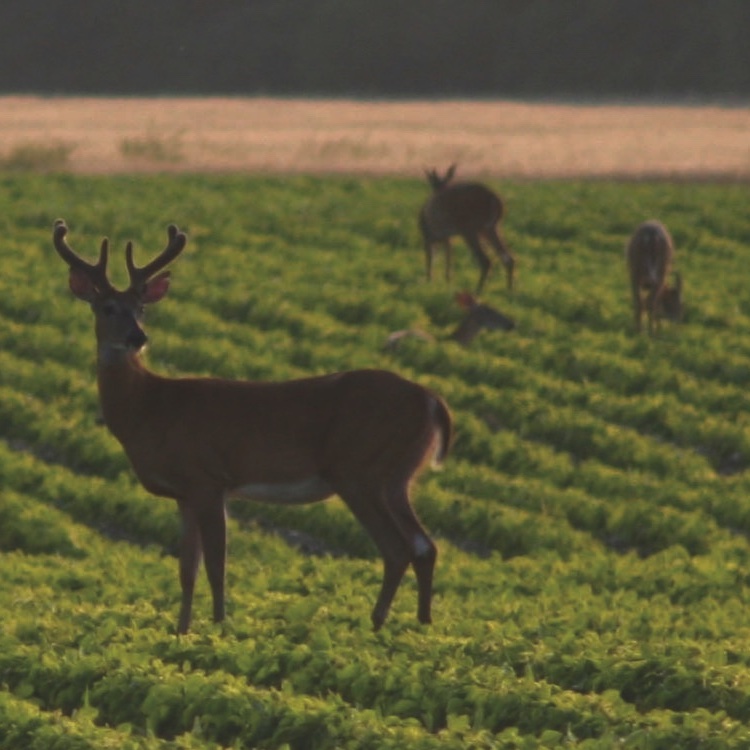
Hunters for Hungry accept deer taken under crop damage permits By: Staff reports
|
| 05/27/2025 |
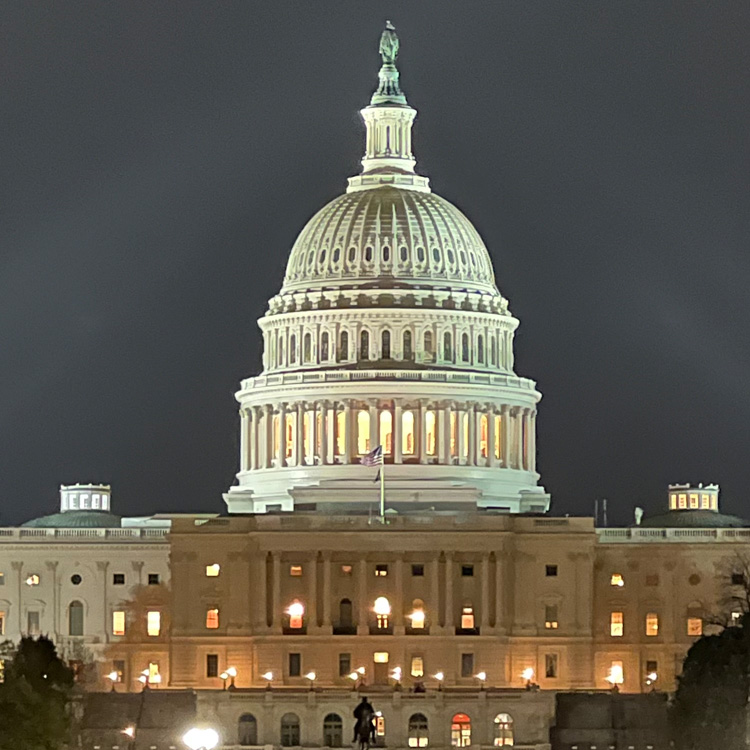
GFB voices farm concerns on trip to D.C. By: Jay Stone
|
| 05/26/2025 |
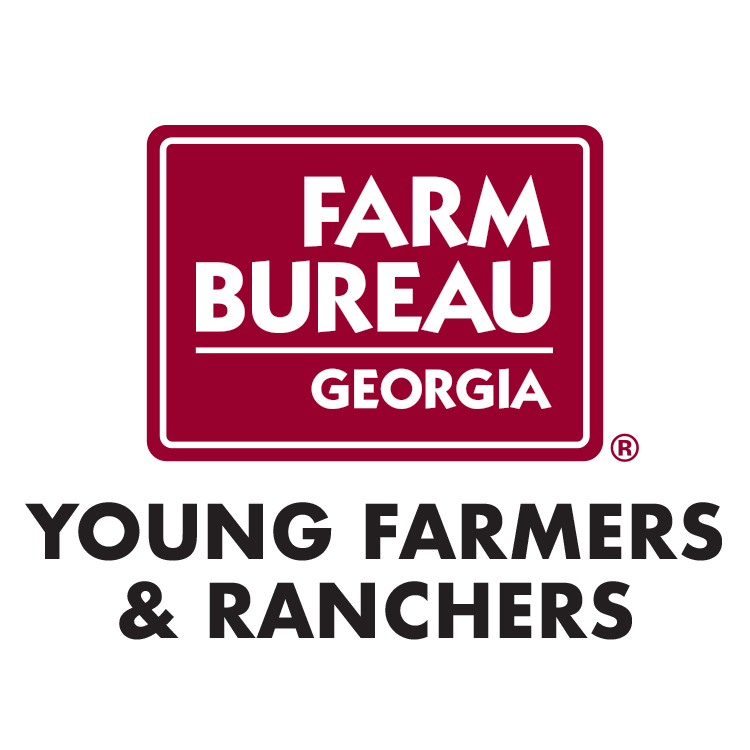
D.C. trip offers advocacy lessons By: Levi Davis
|
| 05/25/2025 |
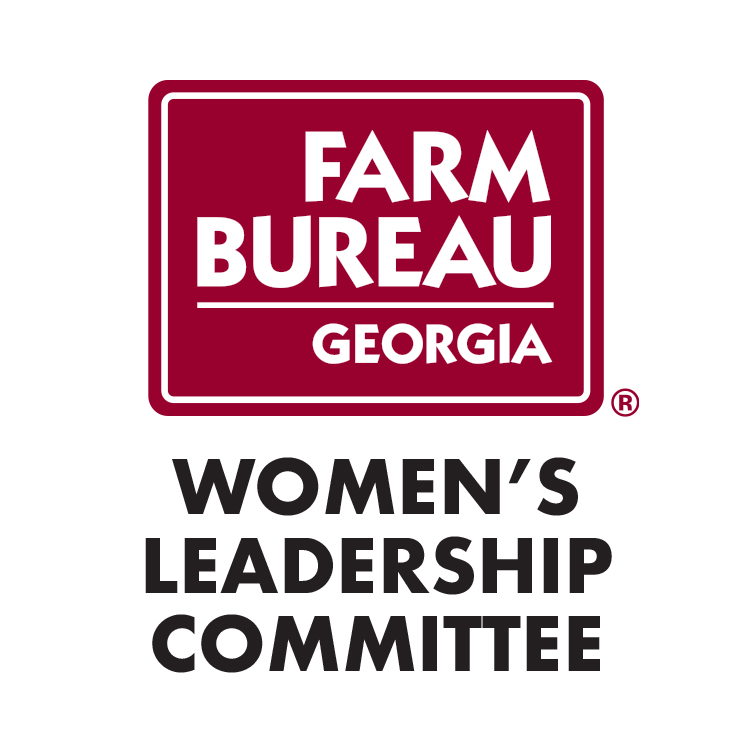
Women's Leadership Committee prepares to connect with local members By: Heather King
|
| 05/24/2025 |

Summit offers stressed farmers hope By: Jennifer Whittaker
|
| 05/23/2025 |
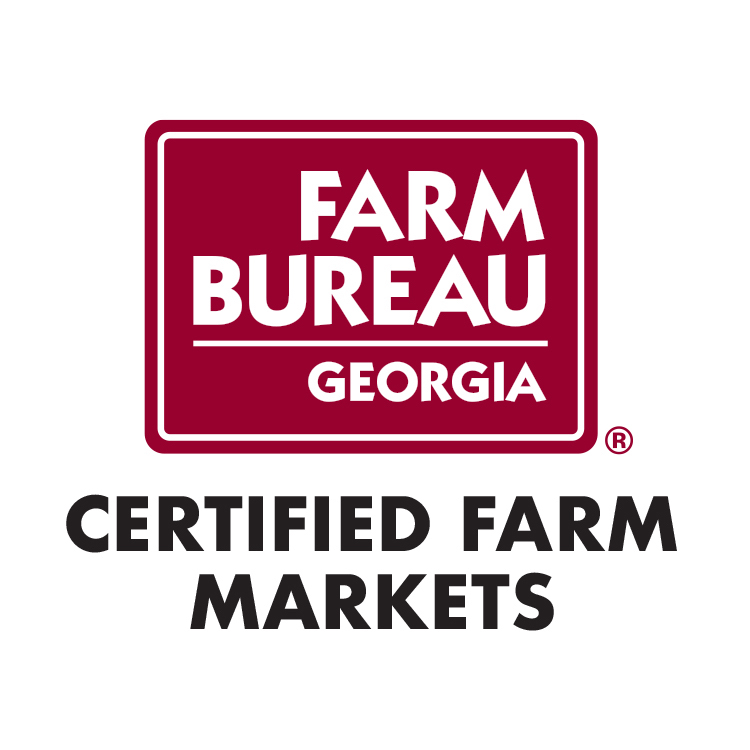
Passport travelers enjoy exclusive farm event By: Kelly Henry
|
| 05/22/2025 |

|
| 05/20/2025 |
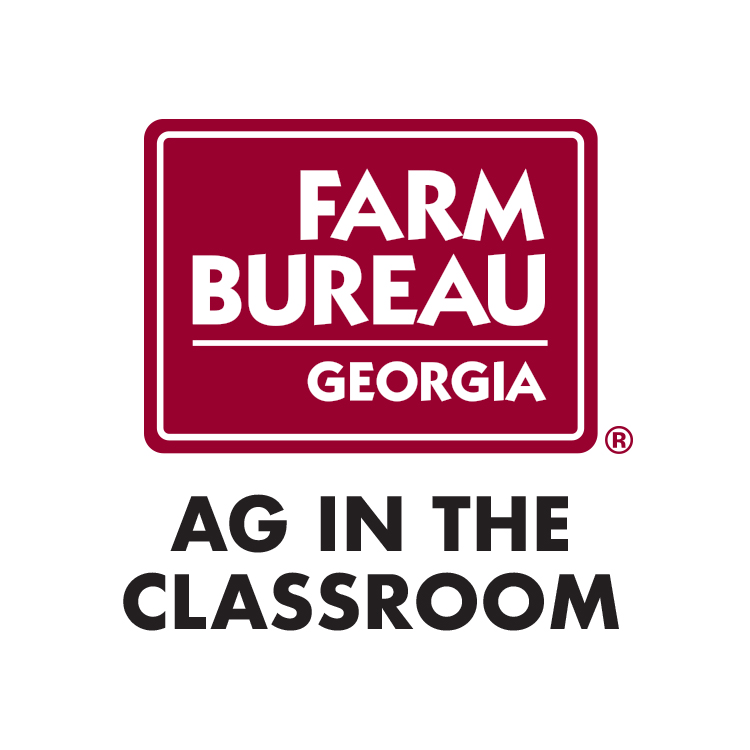
Farm Bureau Celebrates Georgia Ag Week By: Lauren Goble
|
| 05/20/2025 |

GFA awards scholarships for agriculture students By: Lily Baucom
|
| 05/19/2025 |
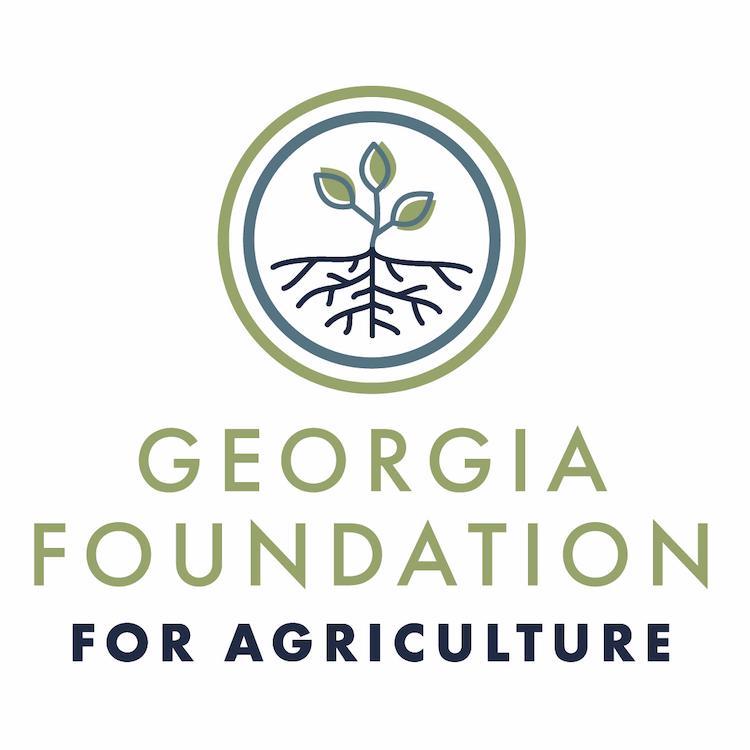
Book donations plant ag literacy statewide
|
| 05/18/2025 |
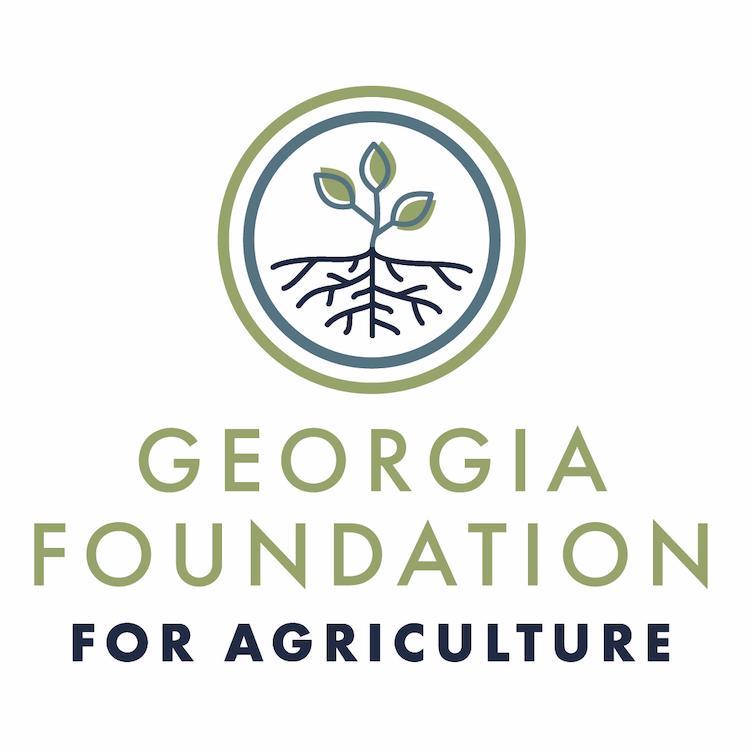
GFB takes ag to the Big Leagues By: Lily Baucom
|
| 05/17/2025 |
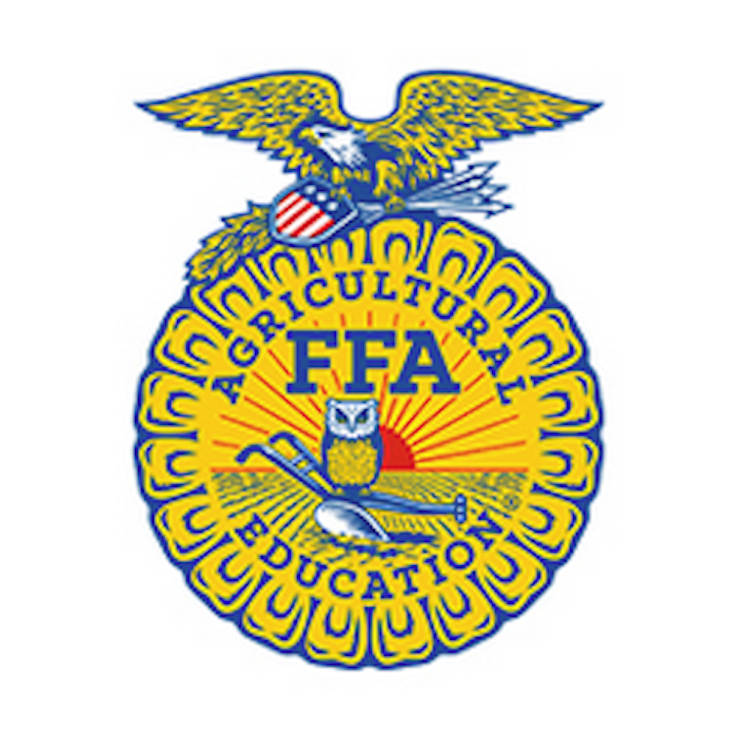
|
| 04/10/2025 |

|
| 03/18/2025 |

Fresh Fixins with Chef Jacob Hammer
|
| 03/18/2025 |

|
| 03/18/2025 |
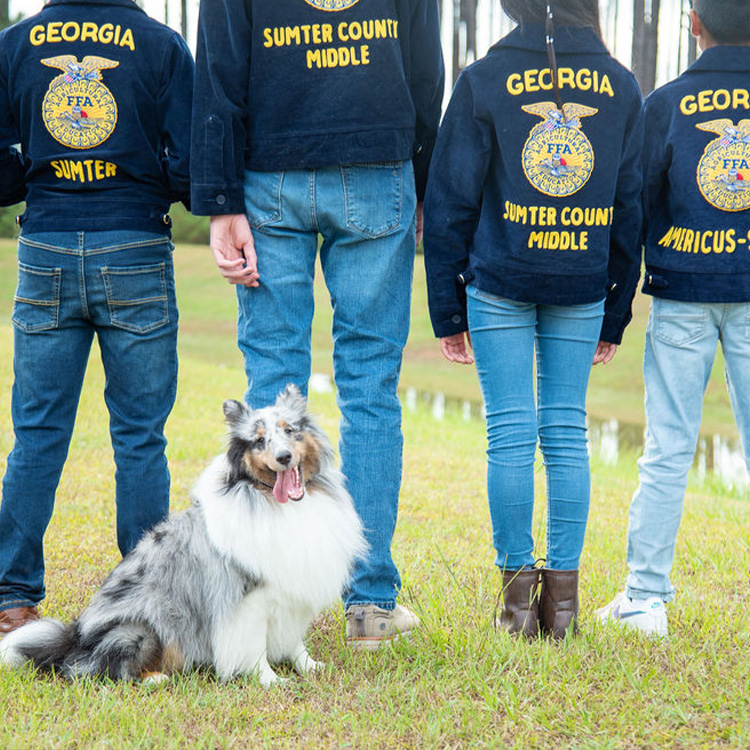
|
| 03/11/2025 |

|
| 03/10/2025 |

Hurricane relief fund raises more than $1.7 million for Georgia farmers By: GFB Staff
|
| 03/10/2025 |

Economic help for farmers comes in pieces By: Jay Stone & Jennifer Whittaker
|
| 03/10/2025 |

|
| 03/09/2025 |
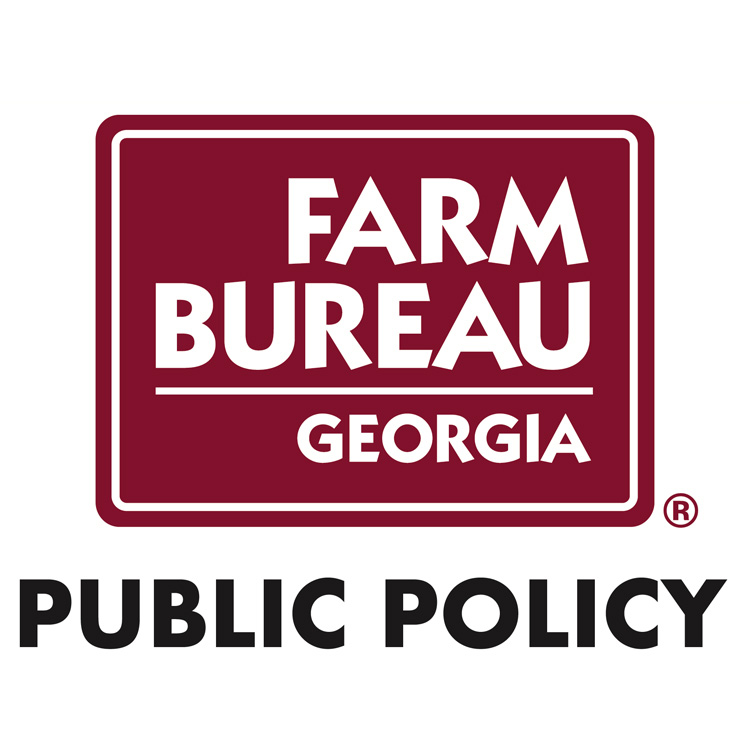
|
| 03/09/2025 |
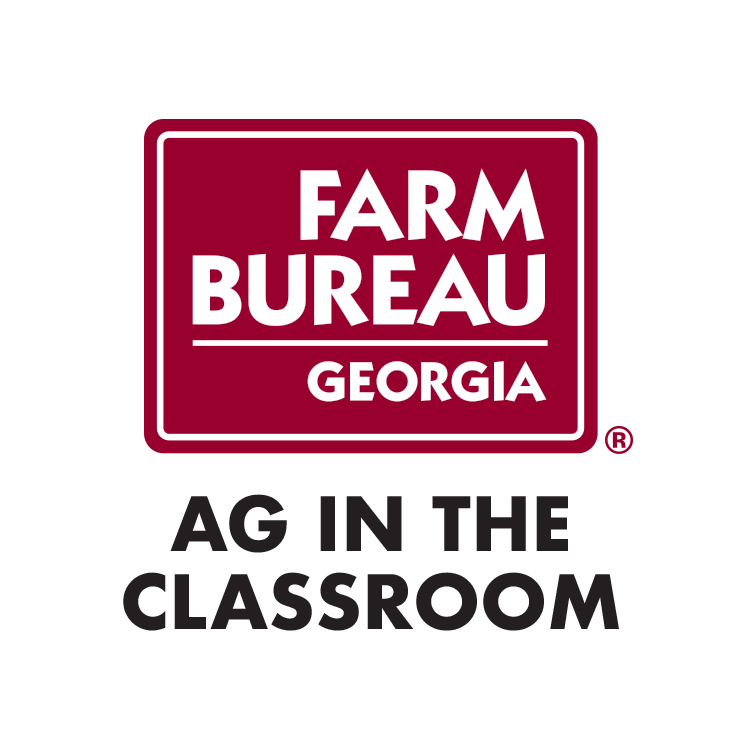
|
| 03/09/2025 |
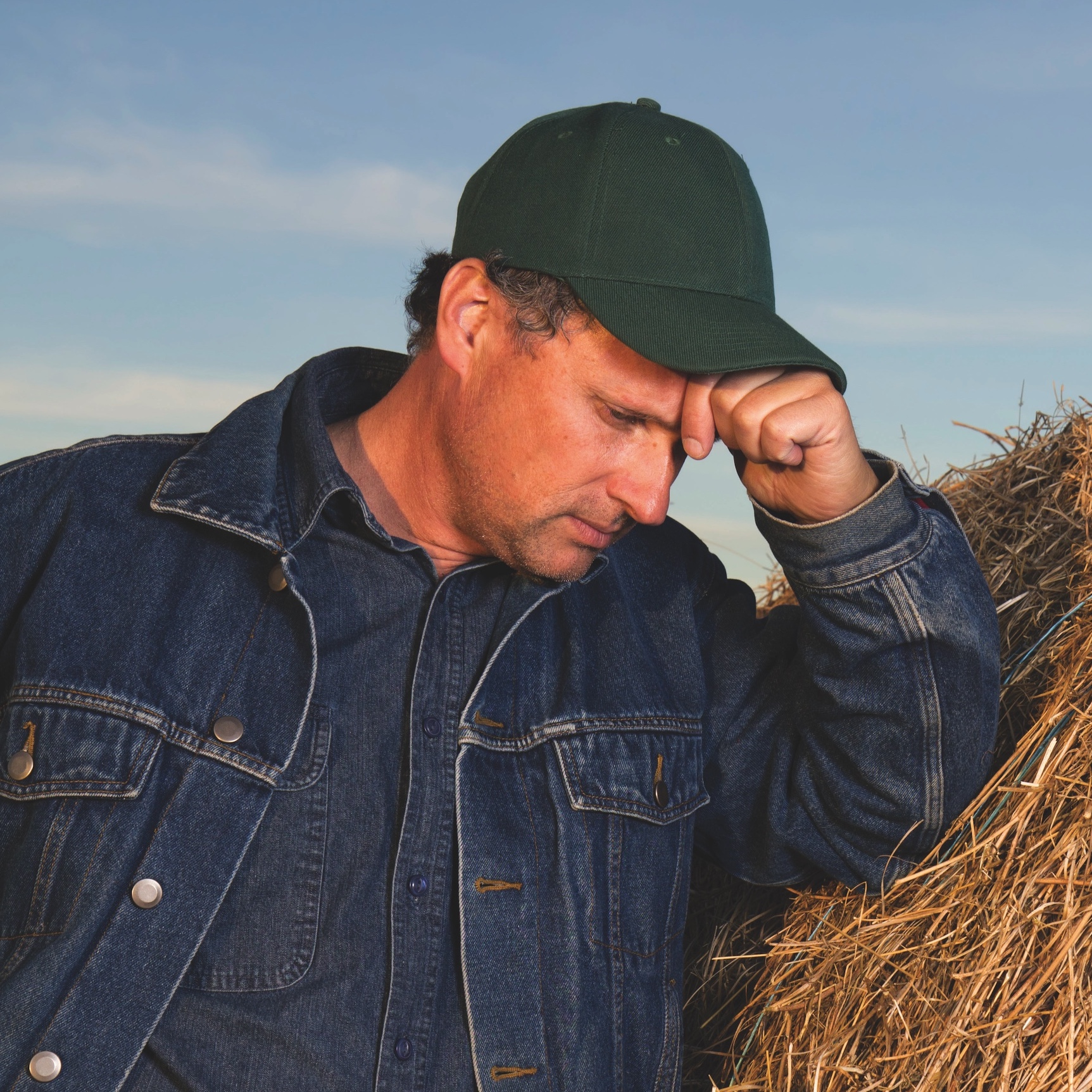
|
| 03/08/2025 |
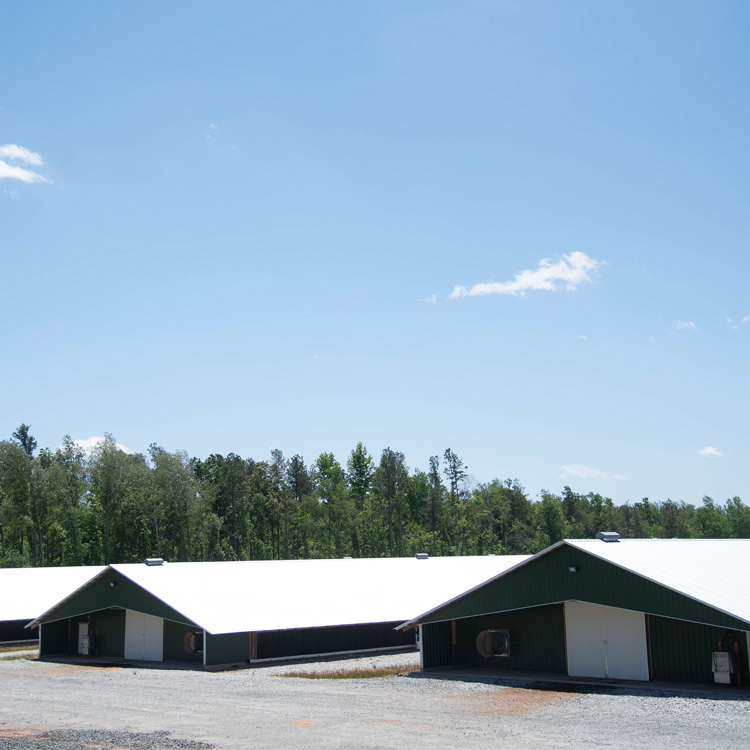
|
| 03/08/2025 |

Chronic Wasting Disease found in Lanier County deer By: Jennifer Whittaker
|
| 03/07/2025 |
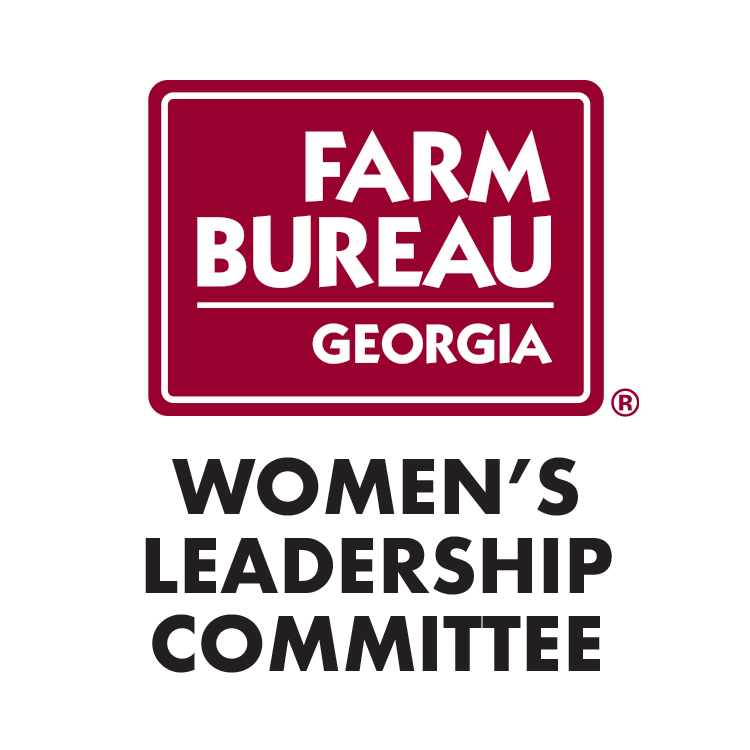
|
| 03/07/2025 |
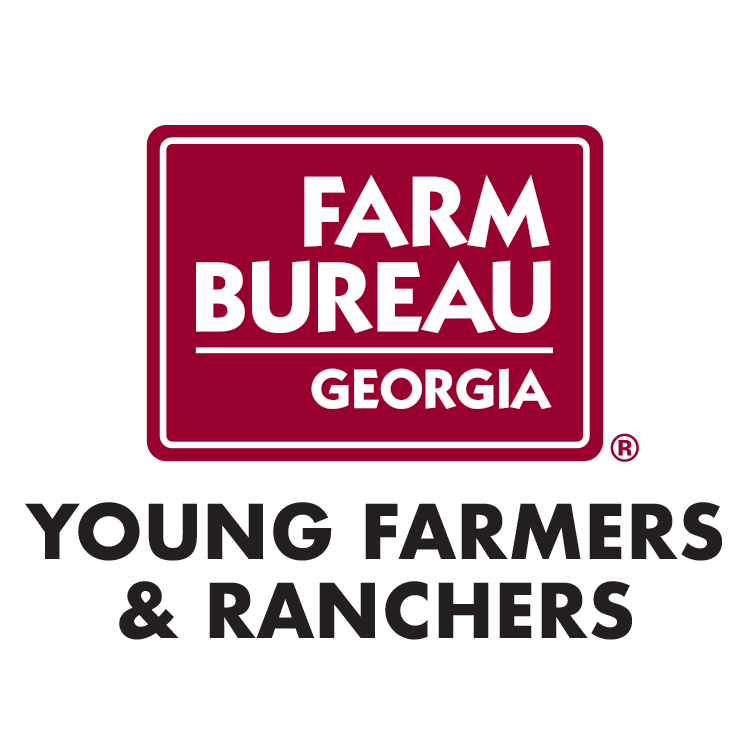
|
| 03/06/2025 |
|
| 03/06/2025 |

|
| 03/05/2025 |
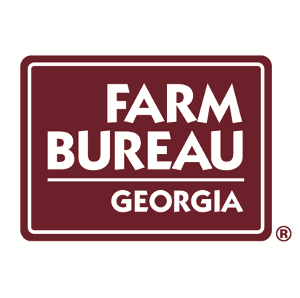
|
| 03/05/2025 |

|
| 03/05/2025 |

|
| 03/04/2025 |

|
| 03/03/2025 |
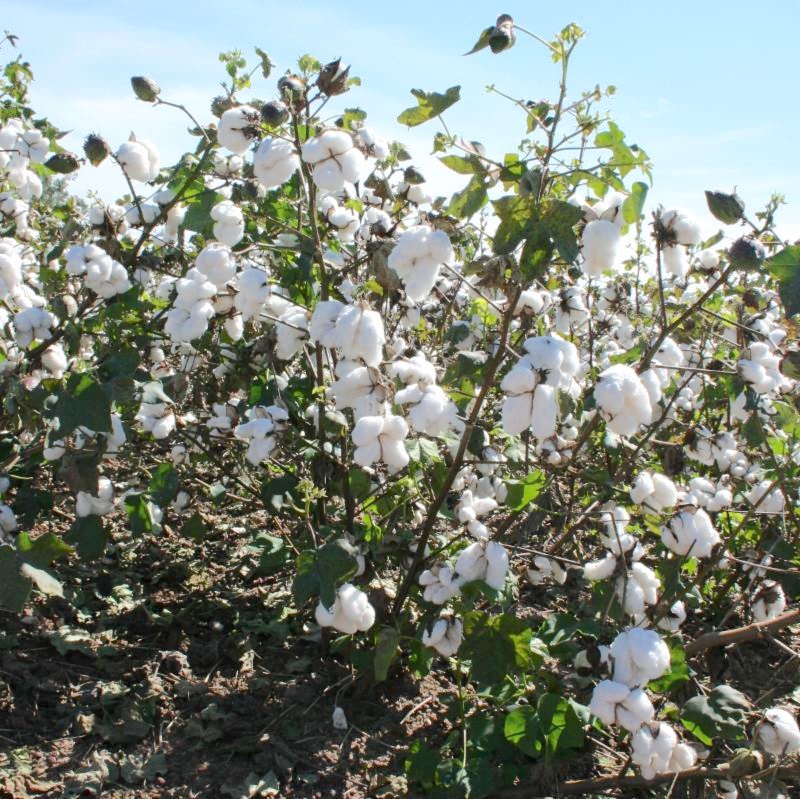
|
| 03/03/2025 |
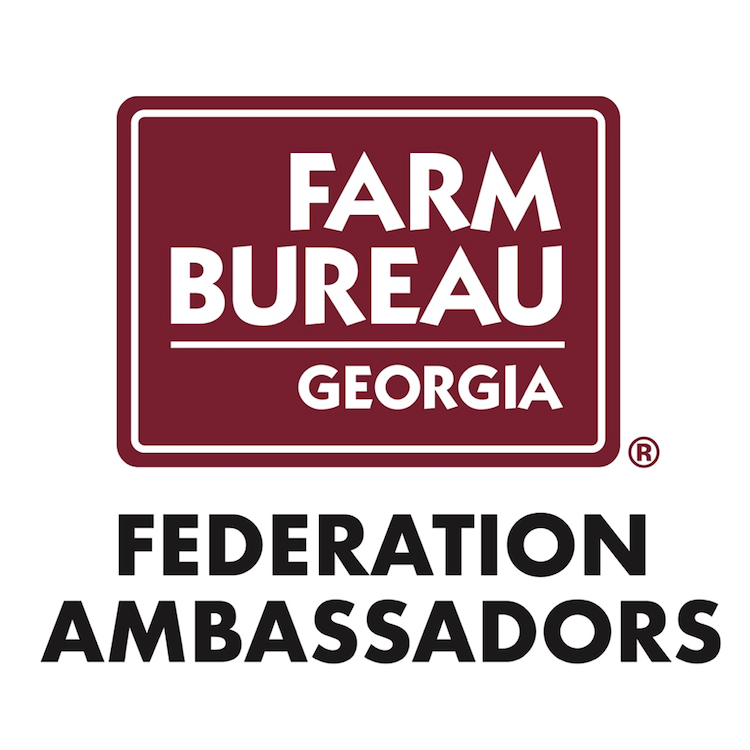
|
| 03/02/2025 |
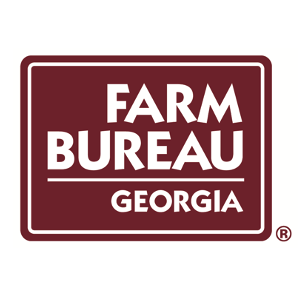
|
| 03/02/2025 |
|
| 03/01/2025 |
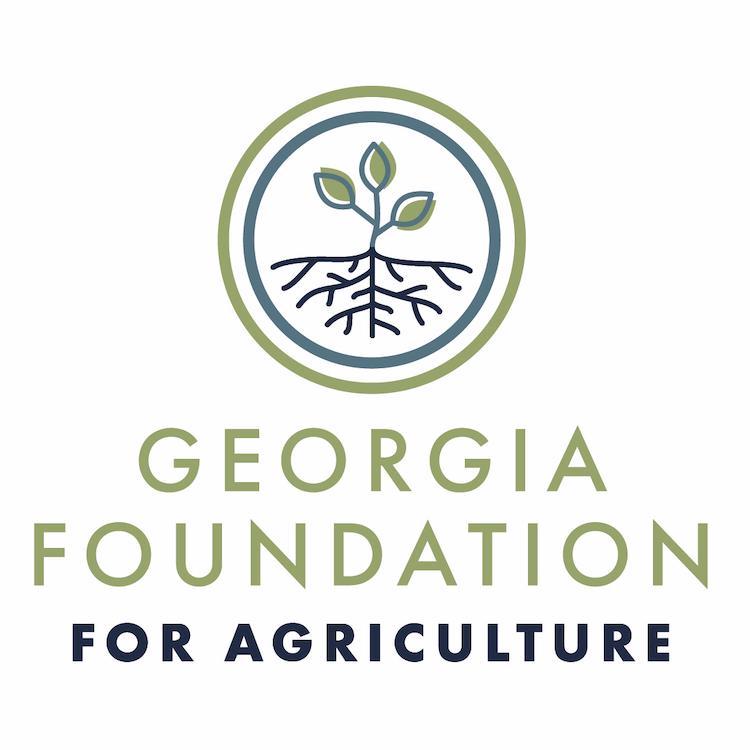
|
| 03/01/2025 |
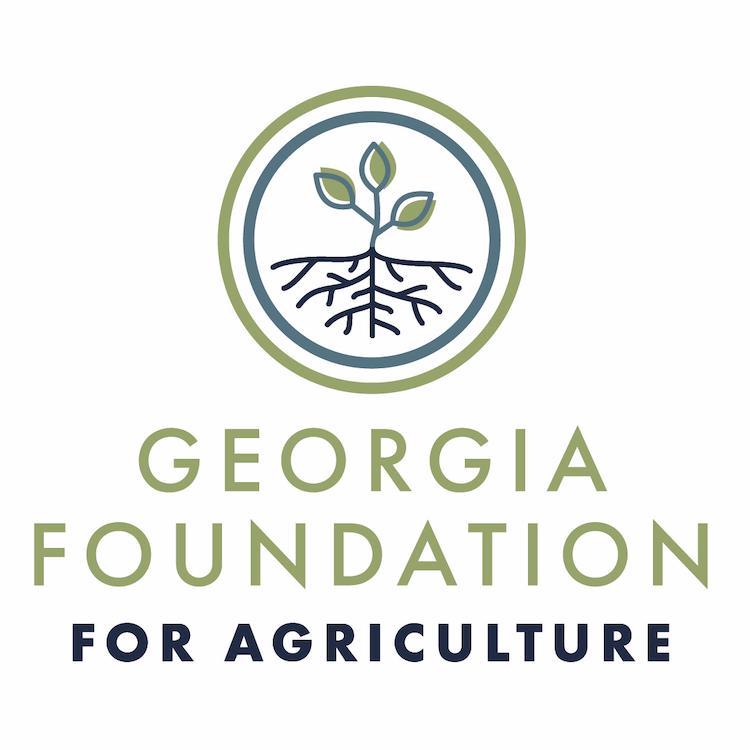
|
| 02/05/2025 |

|
| 12/17/2024 |

Products We Love This Christmas
|
| 12/11/2024 |

|
| 12/10/2024 |
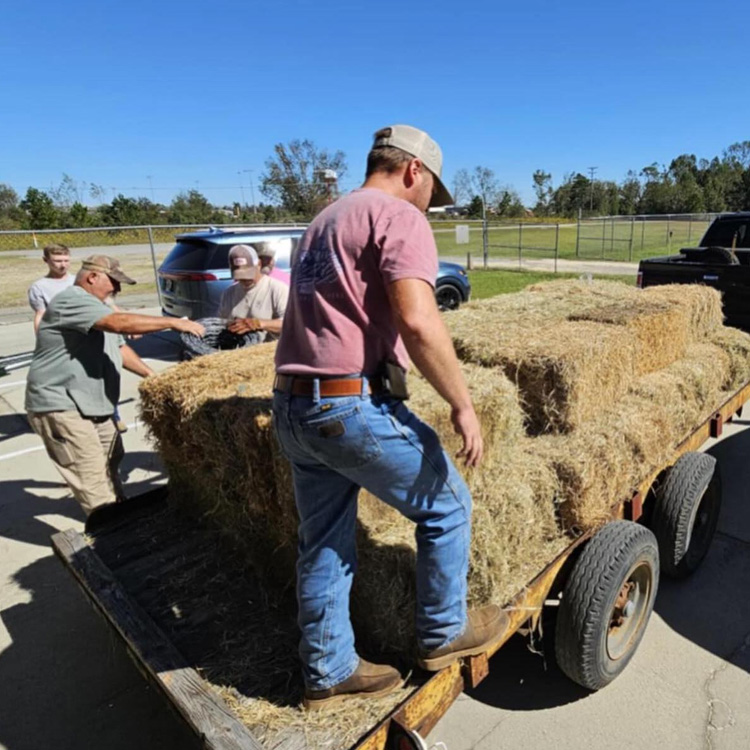
|
| 12/09/2024 |

|
| 12/09/2024 |

Georgia Foundation for Agriculture offers $65,000 in ag scholarships
|
| 12/08/2024 |
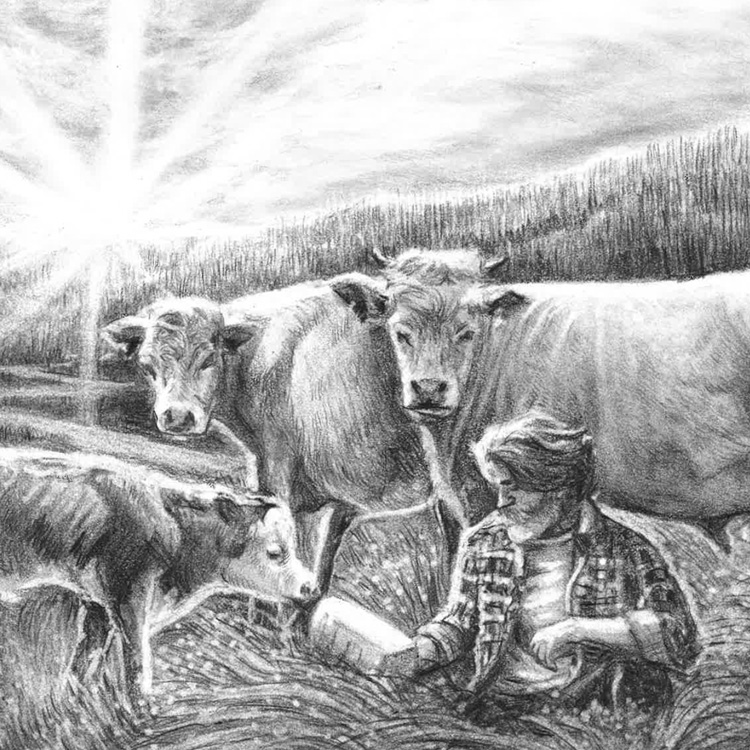
|
| 12/06/2024 |
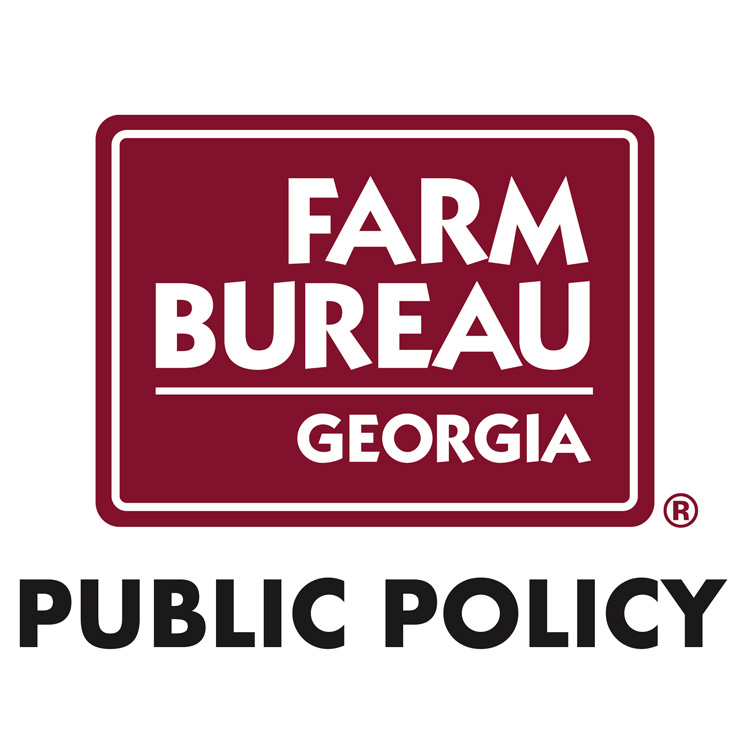
Public Policy Update Winter 24 By: Adam Belflower
|
| 12/04/2024 |

Centennial Farm Program celebrates Georgia’s farming heritage By: Jennifer Whittaker
|
| 12/04/2024 |
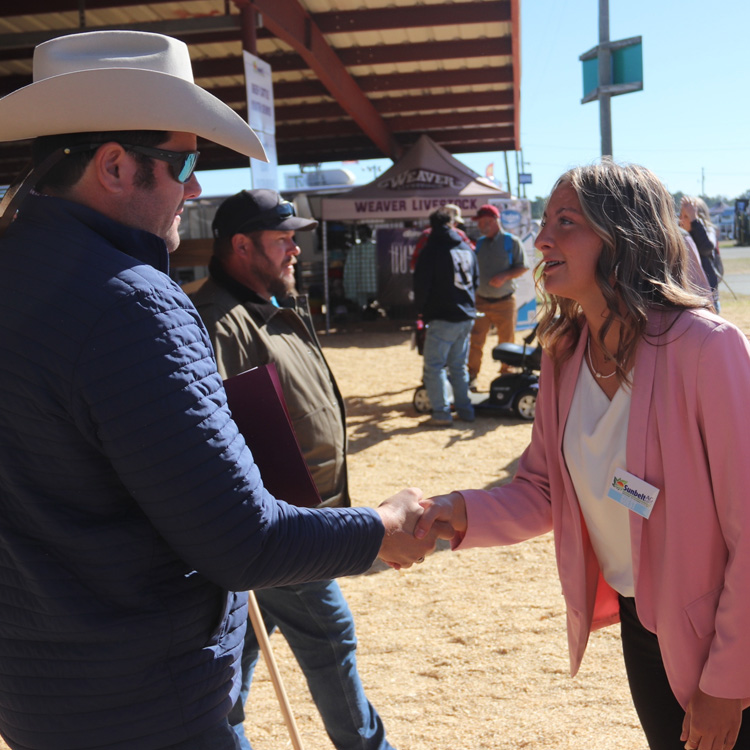
Central-Carrollton, UGA teams win Advocacy in Action Contests By: Jay Stone
|
| 12/03/2024 |

|
| 12/02/2024 |

|
| 12/01/2024 |

|
| 11/30/2024 |

|
| 11/30/2024 |
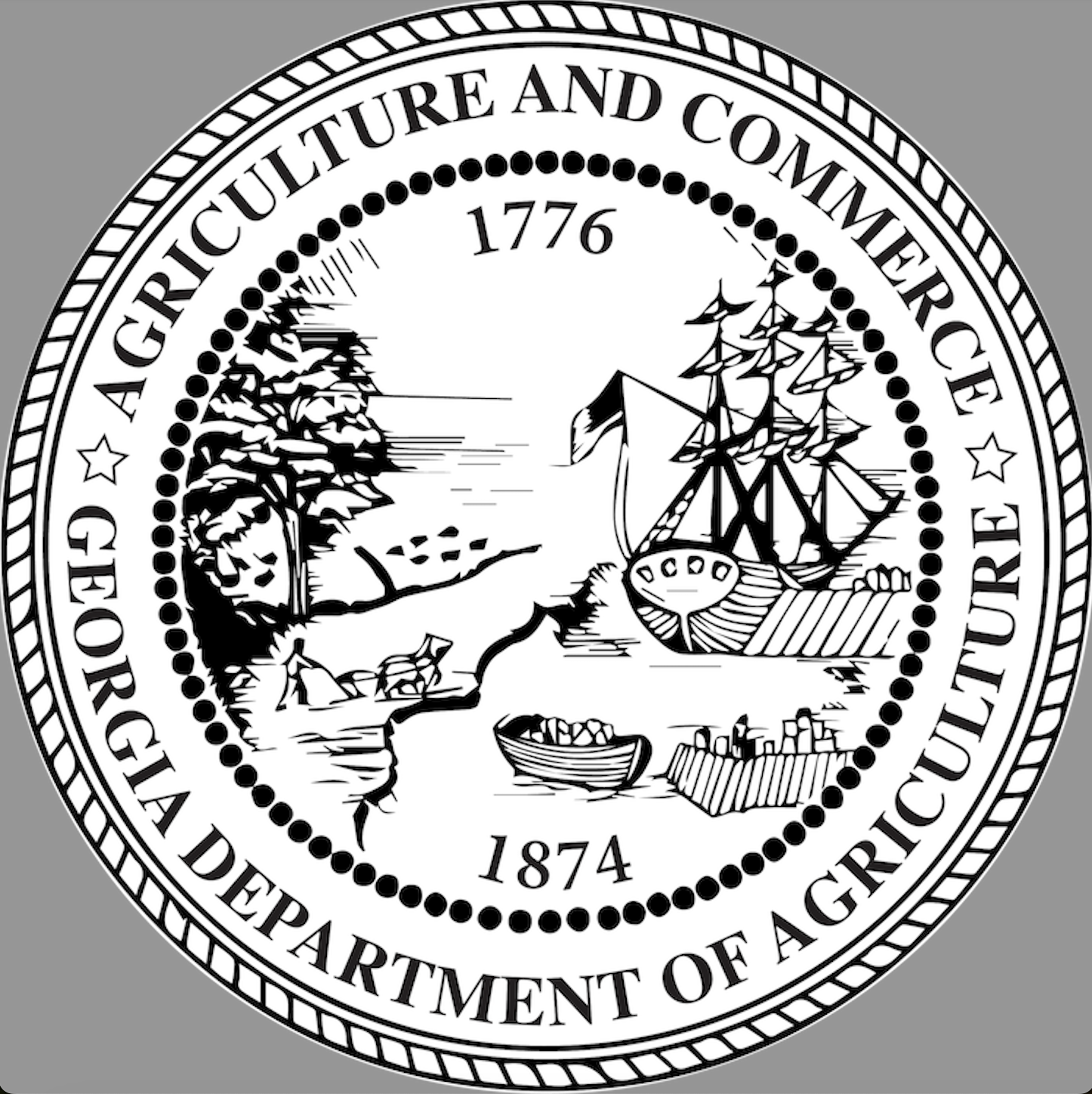
|
| 11/29/2024 |
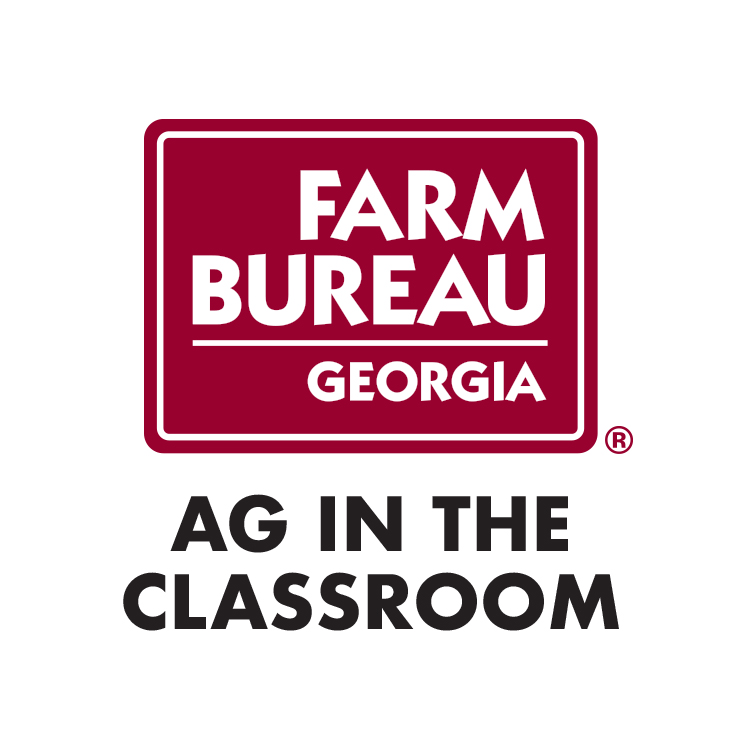
GFB awards $10,000 in grants for ag classroom projects By: Lauren Goble
|
| 11/28/2024 |
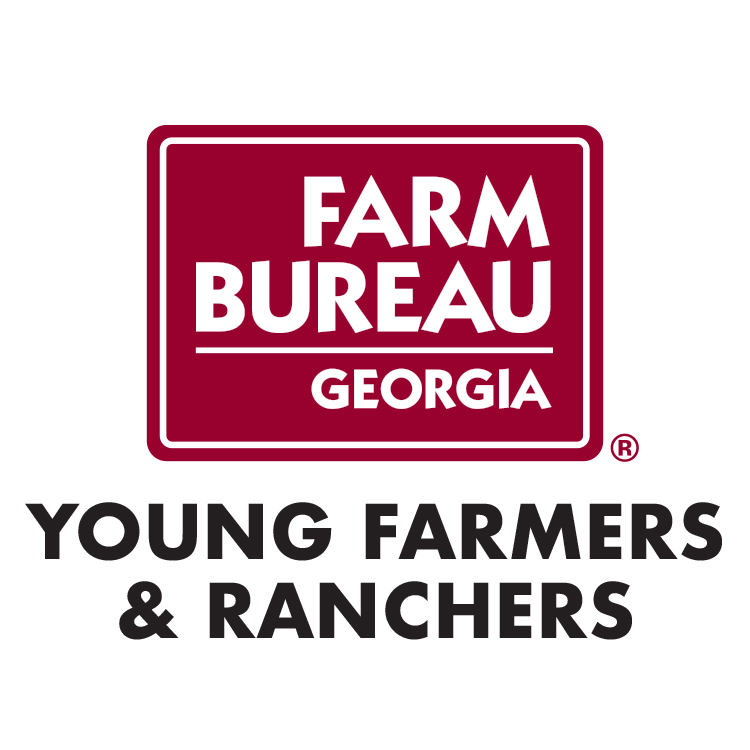
|
| 11/27/2024 |
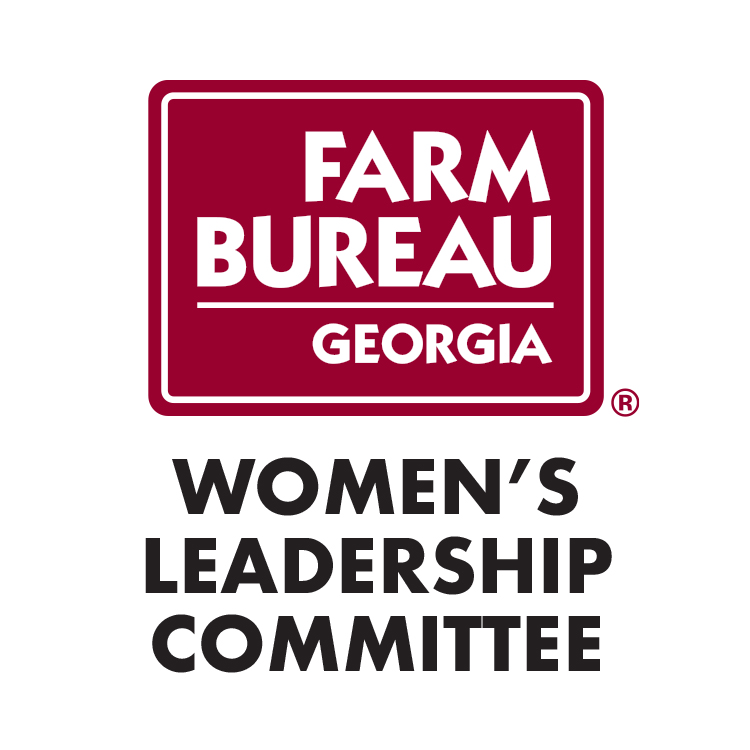
Community key for Women’s Leadership Program
|
| 11/25/2024 |
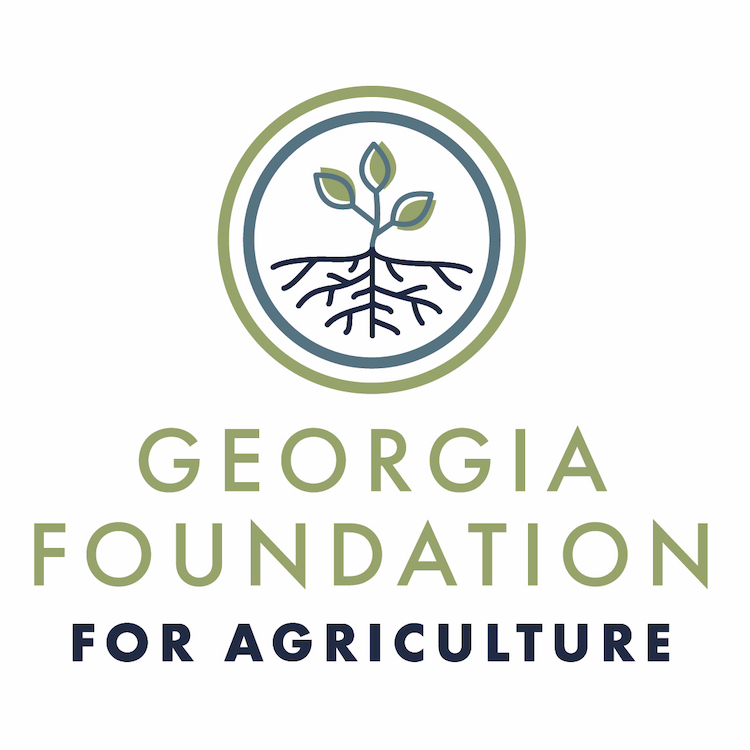
|
| 11/25/2024 |

Hurricane Helene wreaks havoc on Georgia crops & timber By: Jennifer Whittaker and Jay Stone
|
| 09/24/2024 |
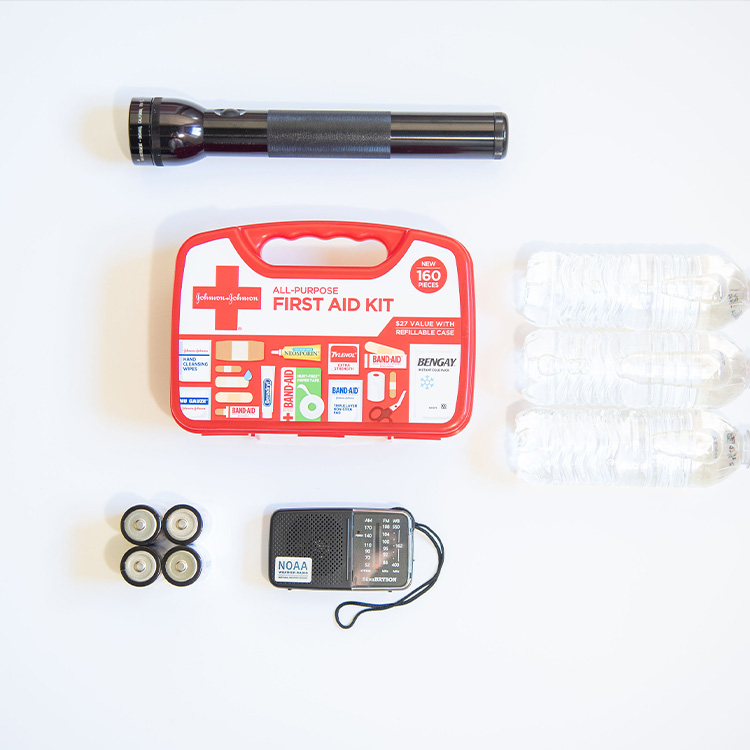
|
| 09/09/2024 |

Fresh Fixins: Gulf Lump Crab Cakes, Fried Green Tomatoes and Sweet Potato Succotash
|
| 09/09/2024 |
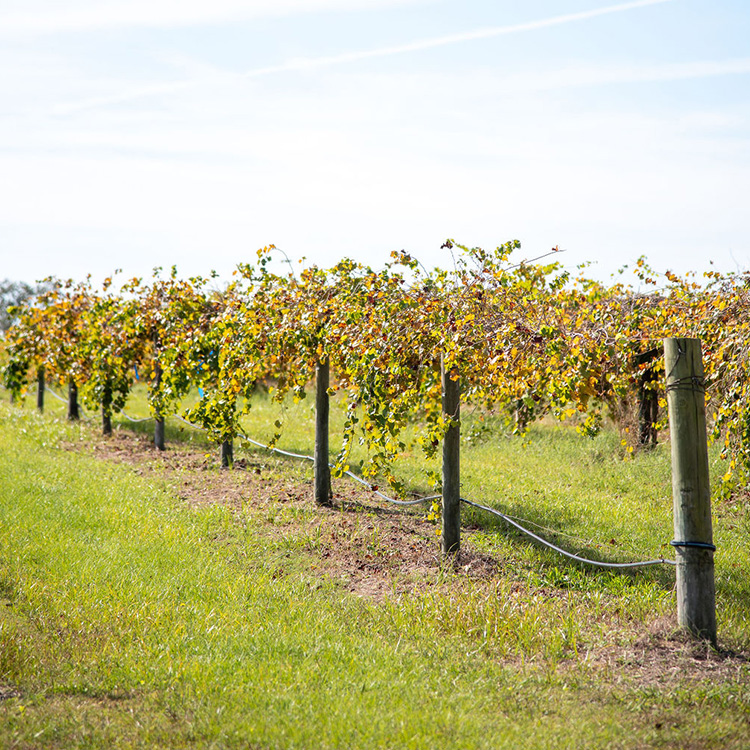
|
| 09/09/2024 |

|
| 09/09/2024 |

|
| 09/09/2024 |

Supreme Court overturns Chevron deference, reduces federal agencies’ authority By: Ben Parker
|
| 09/07/2024 |
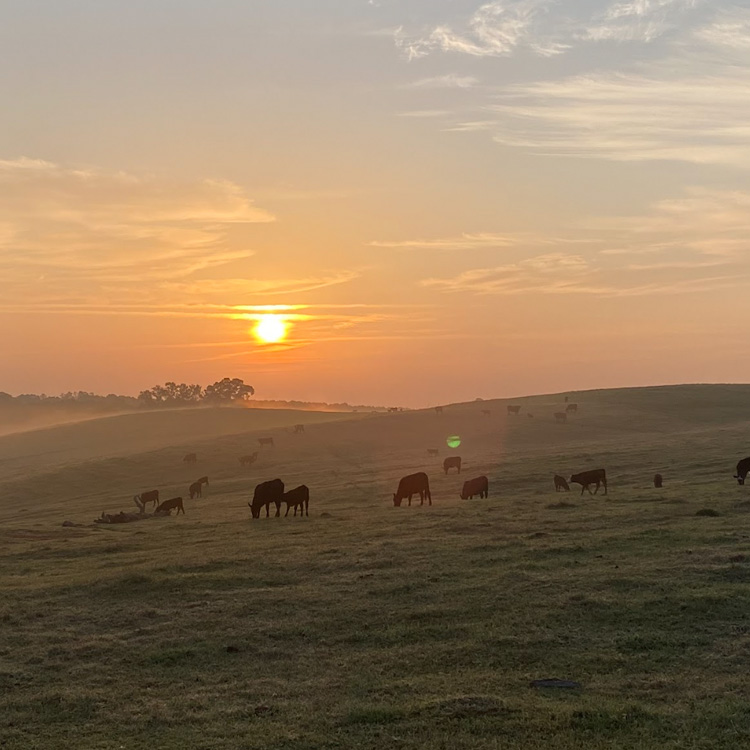
Farm succession planning do’s and don’ts By: Jay Stone
|
| 09/06/2024 |
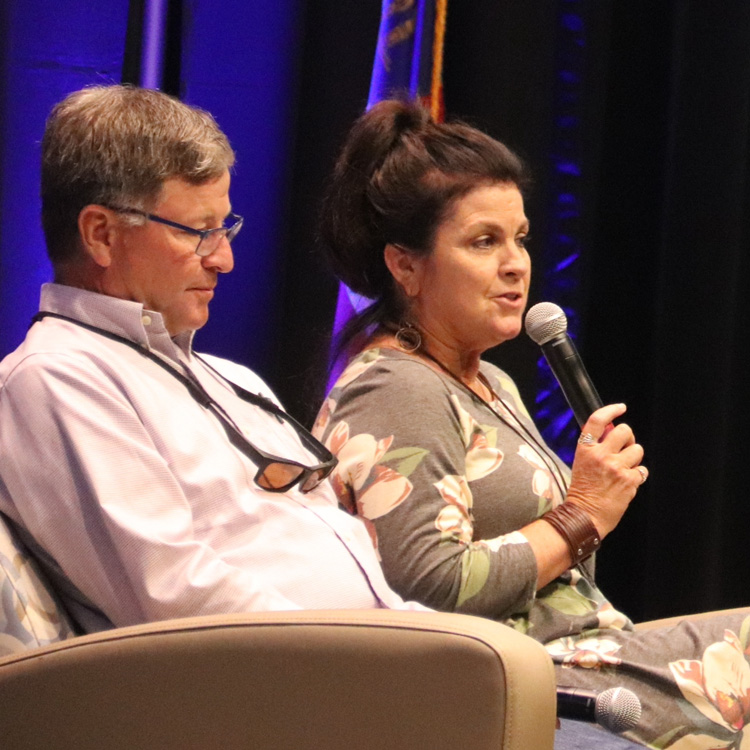
Farm succession planning: One family's approach By: Jay Stone
|
| 09/05/2024 |
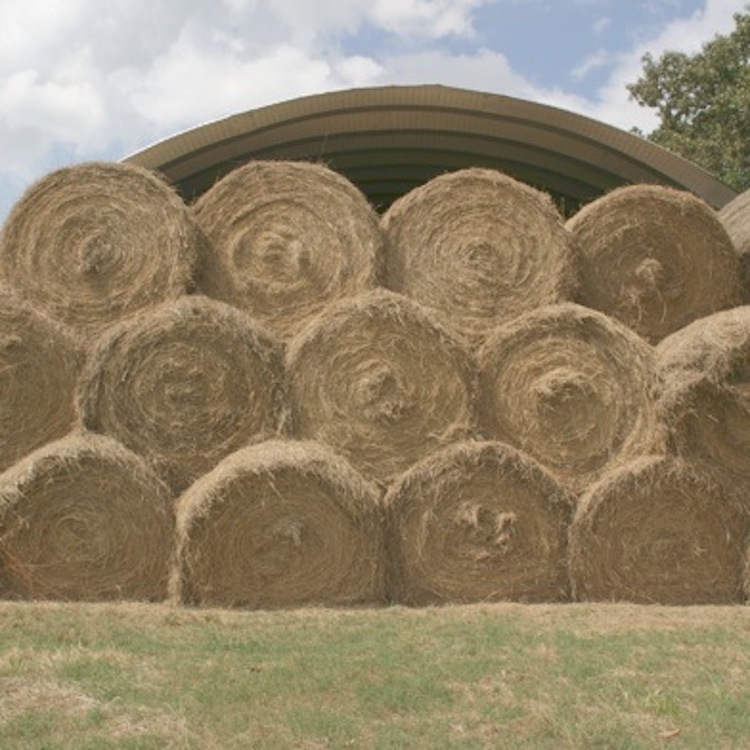
A year's use of Vermeer equipment top prize in GFB Hay Contest By: Jeremy Taylor
|
| 09/04/2024 |

Are you compliant with the Corporate Transparency Act? By: Jay Stone
|
| 09/04/2024 |
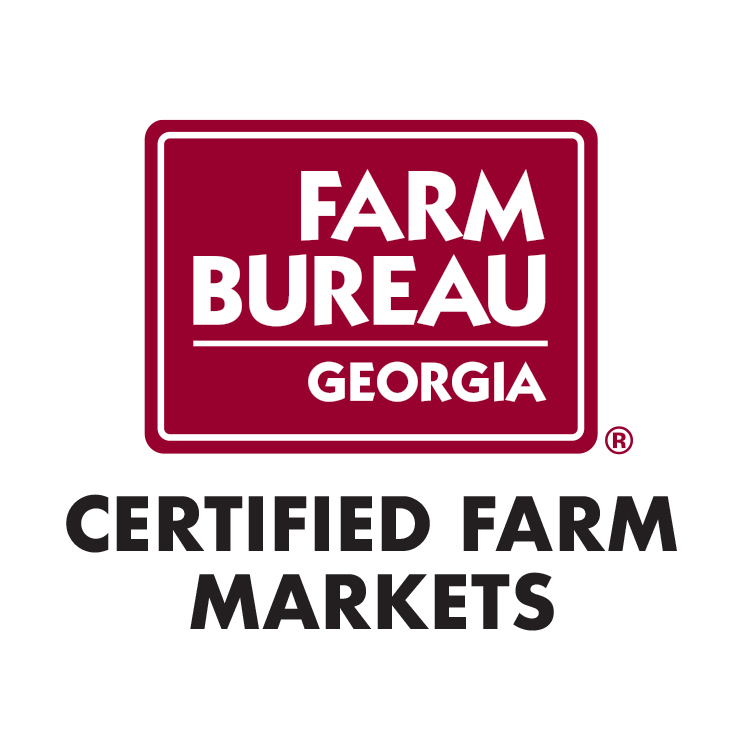
Fall is a great time to earn Farm Passport stamps By: Kelly Henry
|
| 09/03/2024 |

YF&R Conference equips attendees to succeed By: Jay Stone
|
| 09/02/2024 |
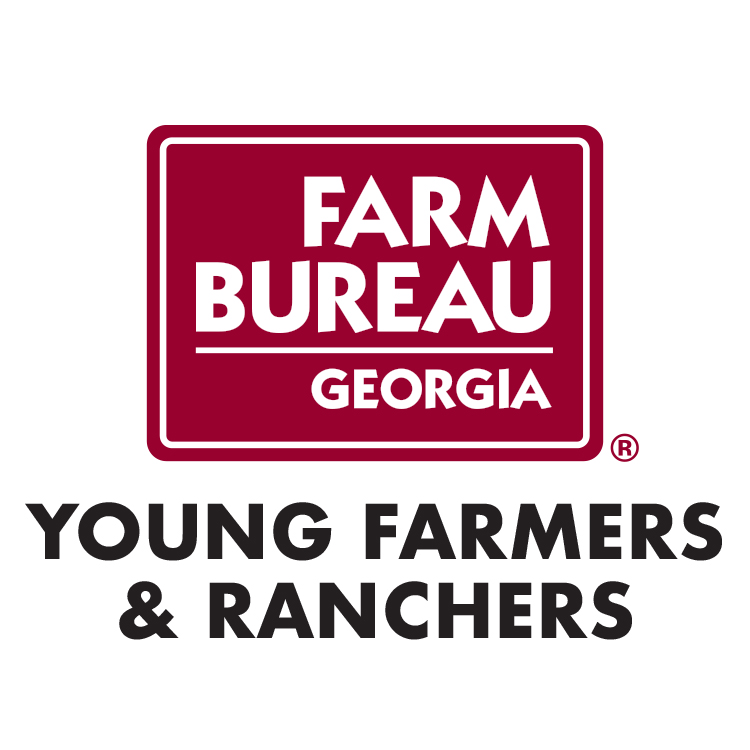
GFB announces YF&R competitive event winners By: Jay Stone
|
| 09/02/2024 |
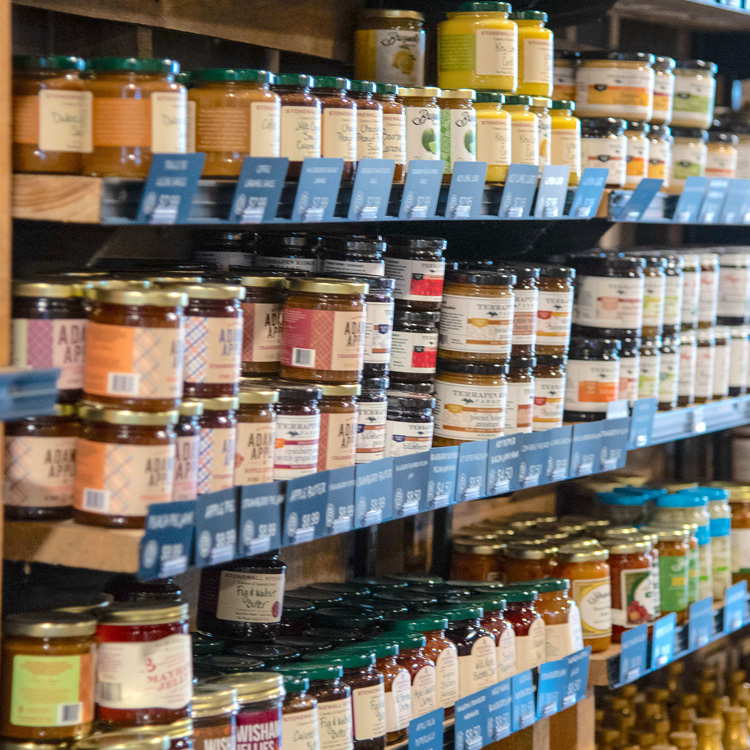
Getting licensed to sell food products in Georgia By: Jay Stone
|
| 08/31/2024 |

|
| 08/31/2024 |

Wilbanks receives GFB Commodity Award By: Jennifer Whittaker
|
| 08/31/2024 |
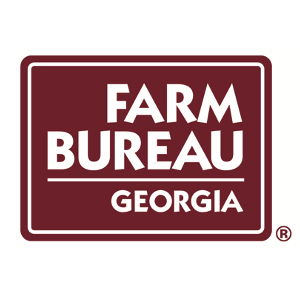
County Voices, Capitol Choices meetings connect farmers & legislators
|
| 08/29/2024 |
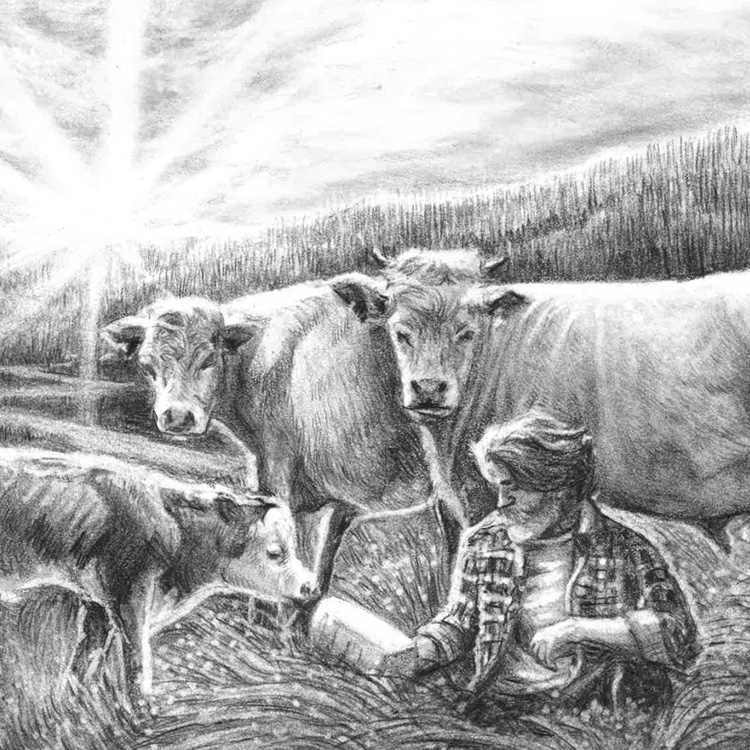
|
| 08/29/2024 |
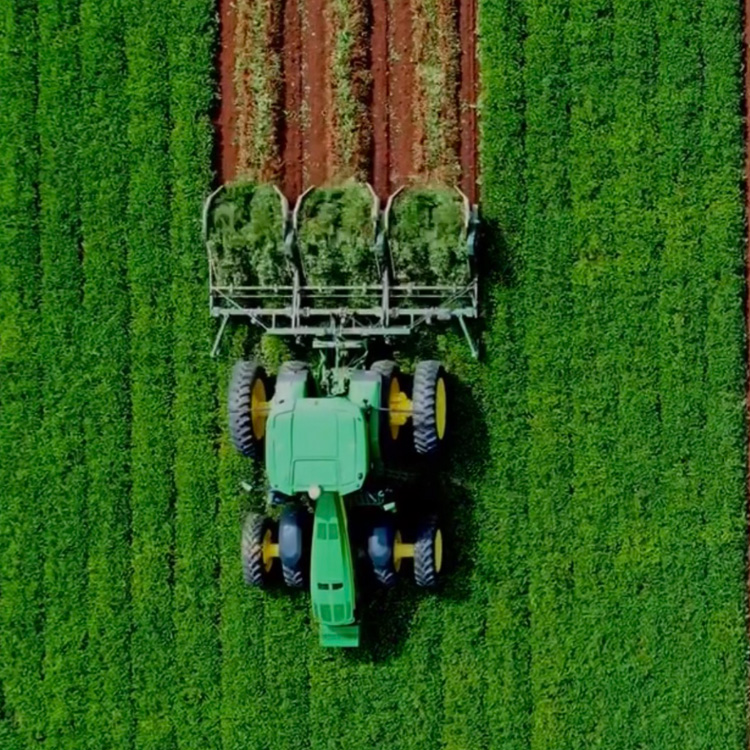
GFB photo contest focuses on agriculture By: Jennifer Whittaker
|
| 08/26/2024 |

GFB offers opportunities for Women in Ag By: Breanna Berry
|
| 08/26/2024 |
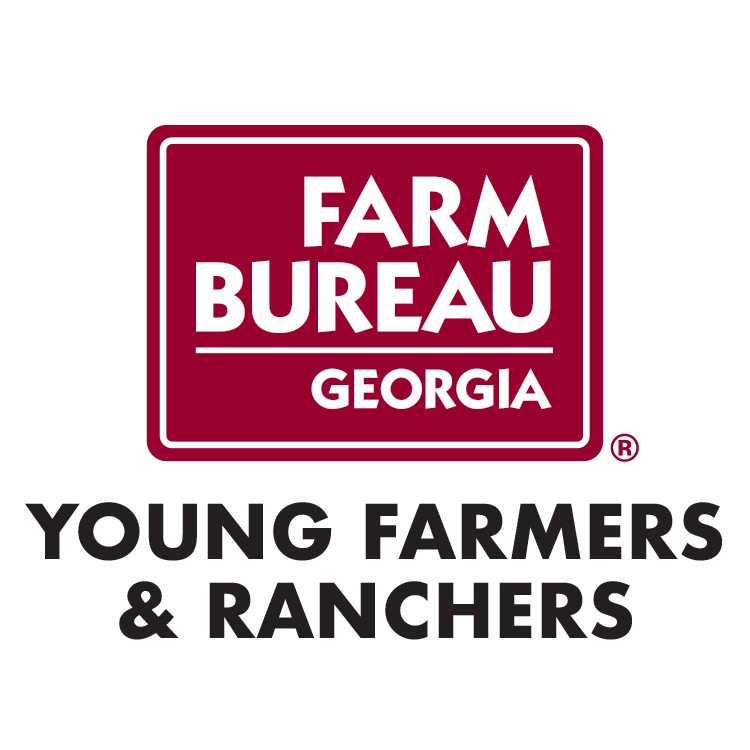
Eager GFB YF&R delegation visits D.C. By: Breanna Berry
|
| 08/24/2024 |
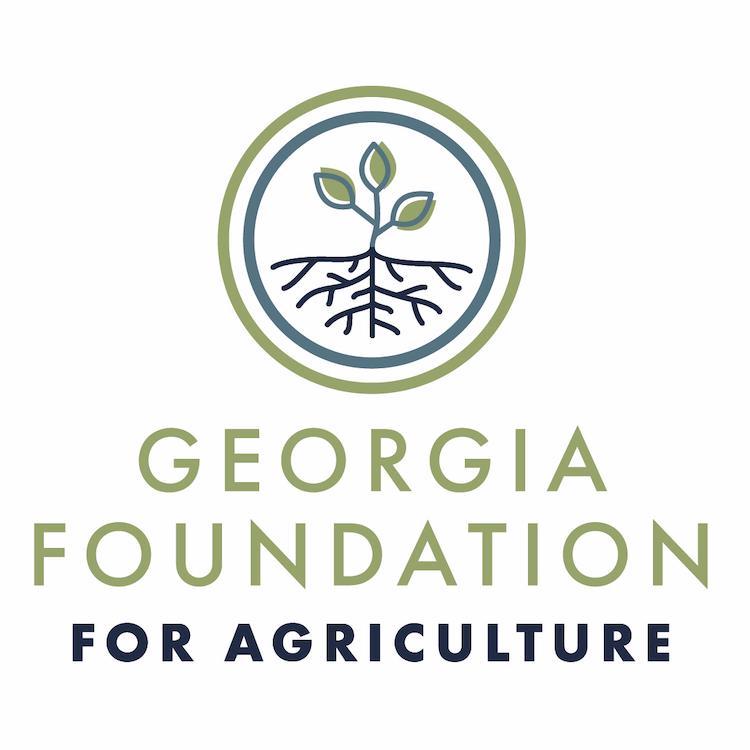
Georgia Foundation for Agriculture Update By: Lily Baucom
|
| 08/22/2024 |

GFB, GFA welcome new employees By: Jennifer Whittaker
|
| 08/22/2024 |

It's Okay to Not Be Okay-Nurturing Our Mental Health
|
| 07/29/2024 |
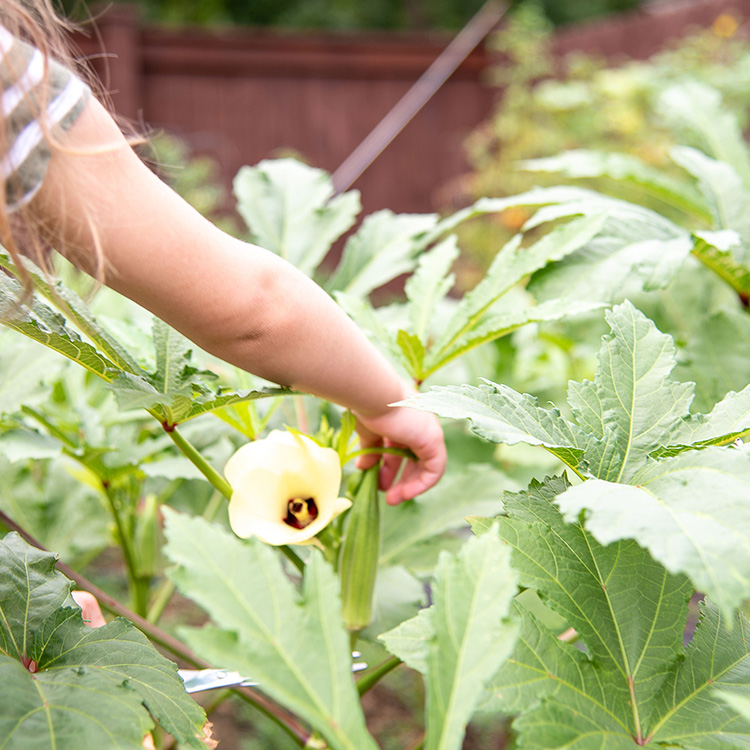
|
| 07/01/2024 |
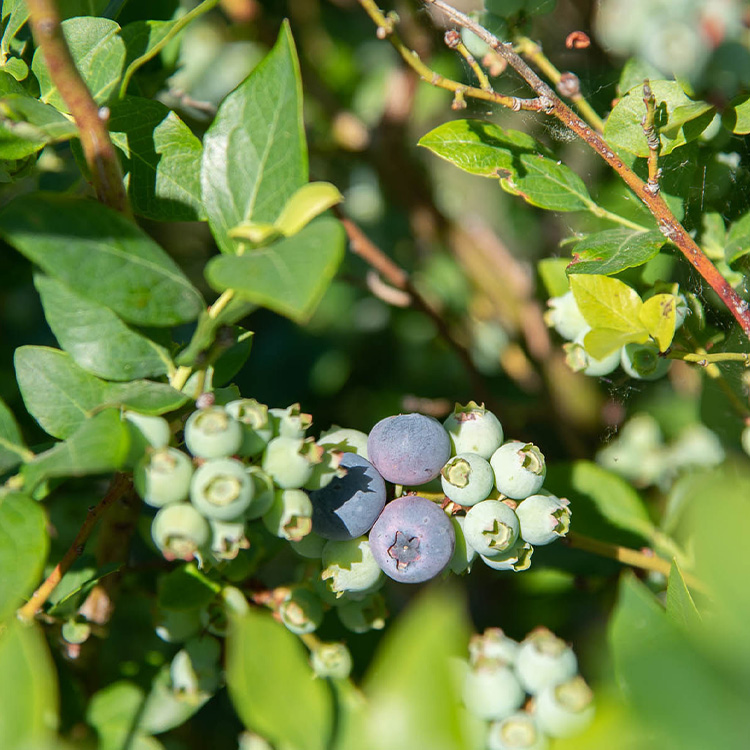
3 Ways to Use Georgia Blueberries
|
| 06/21/2024 |
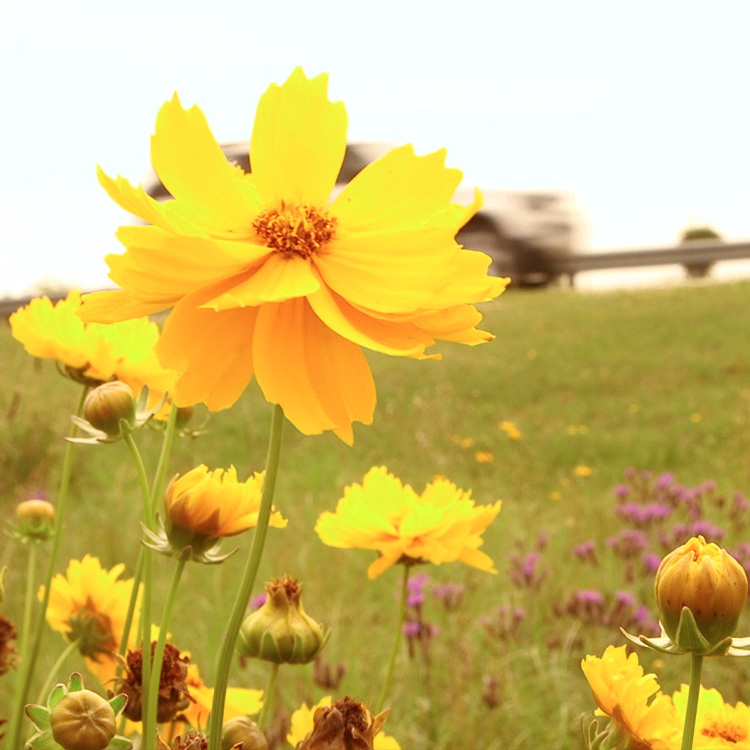
|
| 06/06/2024 |

|
| 06/05/2024 |
|
| 06/04/2024 |
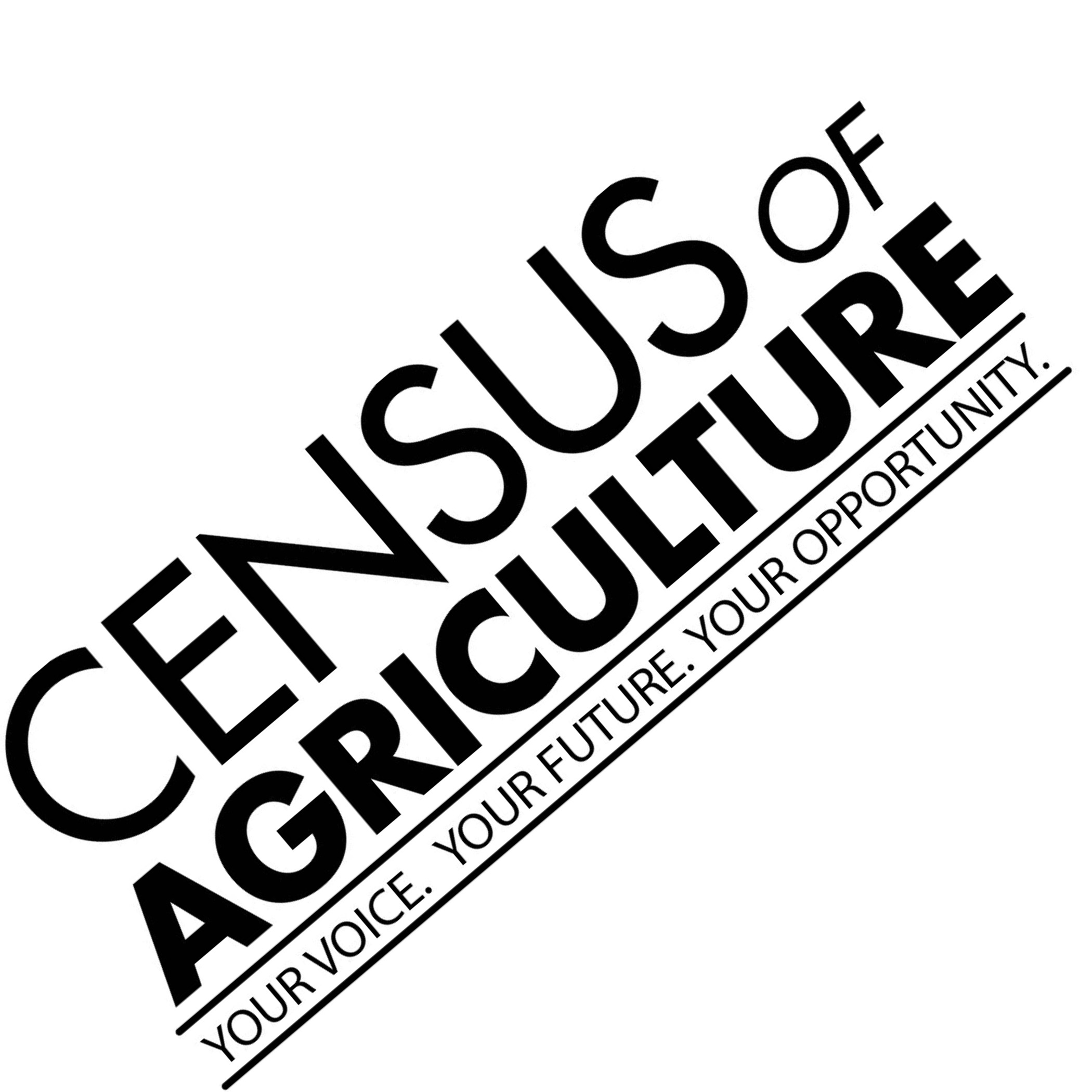
|
| 06/03/2024 |

|
| 06/02/2024 |

|
| 06/01/2024 |
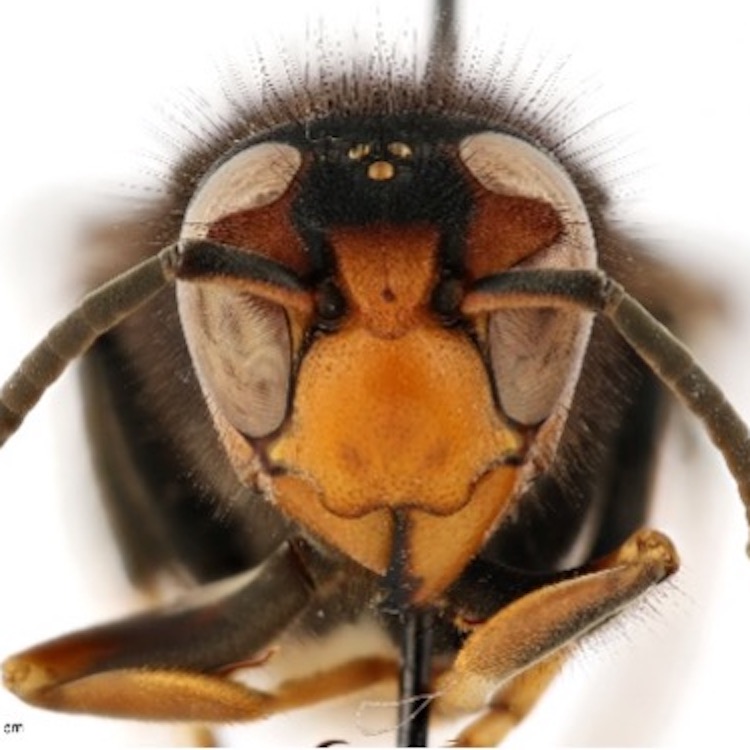
New season of tracking and eradicating Yellow-Legged Hornet begins By: Jennifer Whittaker
|
| 05/31/2024 |
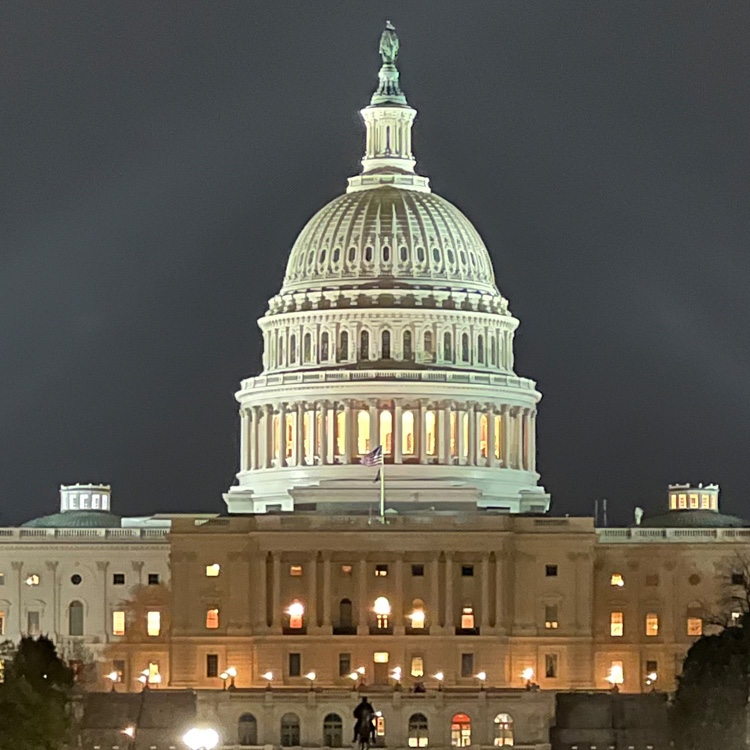
Farm bill, NASS key topics for GFB trip to Washington, D.C.
|
| 05/30/2024 |
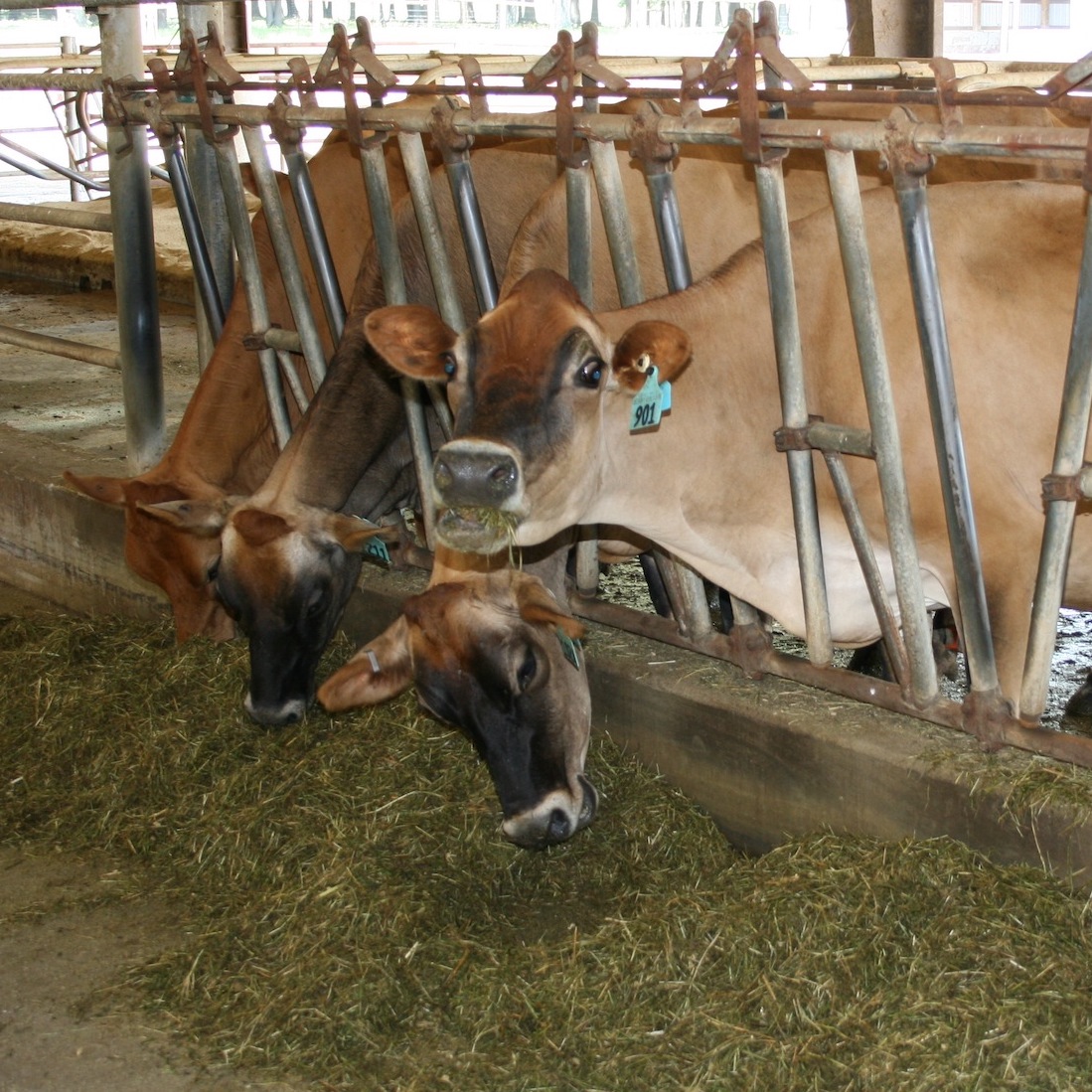
|
| 05/29/2024 |
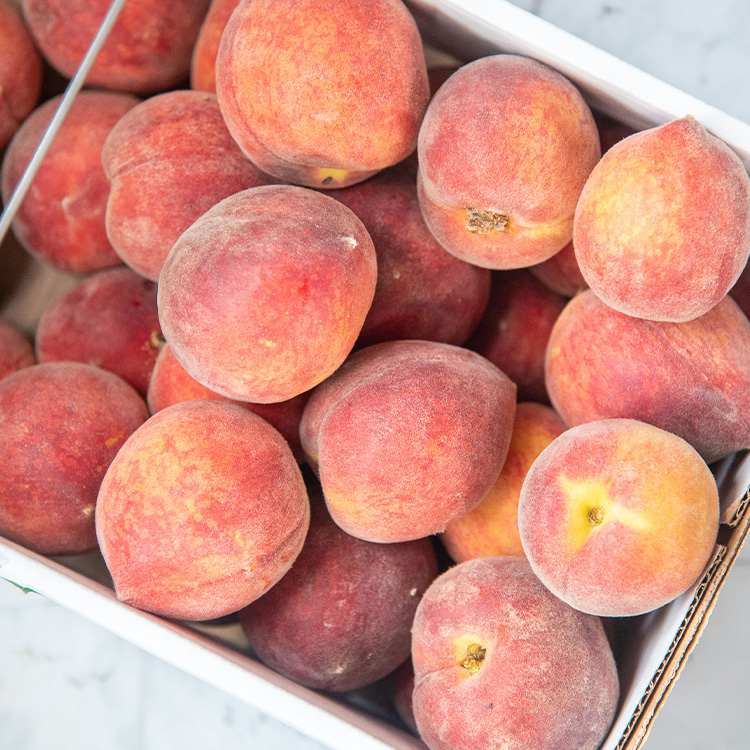
|
| 05/29/2024 |

GFB and Wesleyan College agreement offers scholarships By: Jennifer Whittaker
|
| 05/28/2024 |

GA Jr. Livestock Champions win cash, buckles By: Jennifer Whittaker
|
| 05/27/2024 |

Georgia Department of Agriculture celebrates 150 years By: Jay Stone
|
| 05/26/2024 |

GFA awards scholarships to help students pursue ag careers By: Lily Baucom
|
| 05/25/2024 |

New children's book at Georgia libraries celebrates pecans
|
| 05/24/2024 |
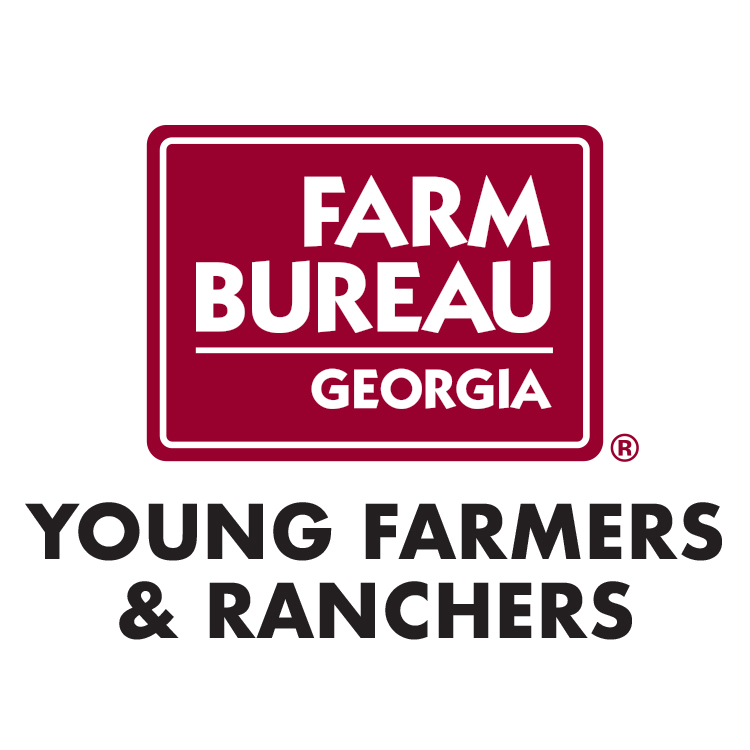
|
| 05/23/2024 |
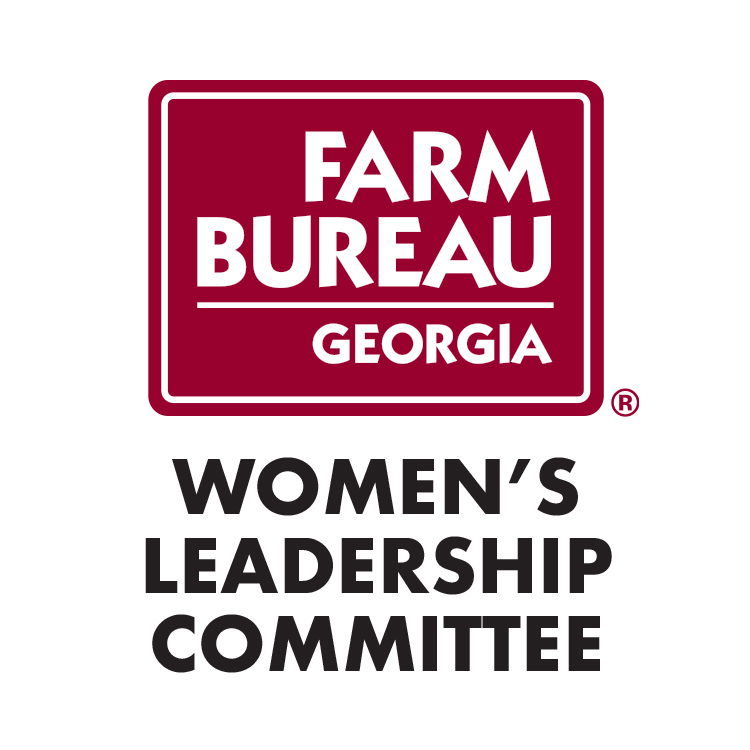
Women's Leadership Committee Update By: Breanna Berry
|
| 05/22/2024 |
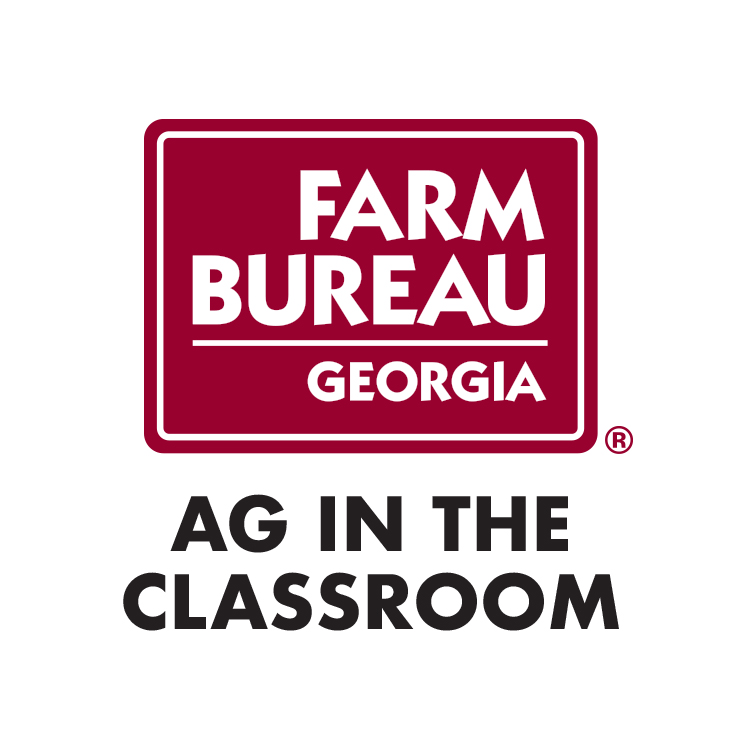
|
| 05/21/2024 |
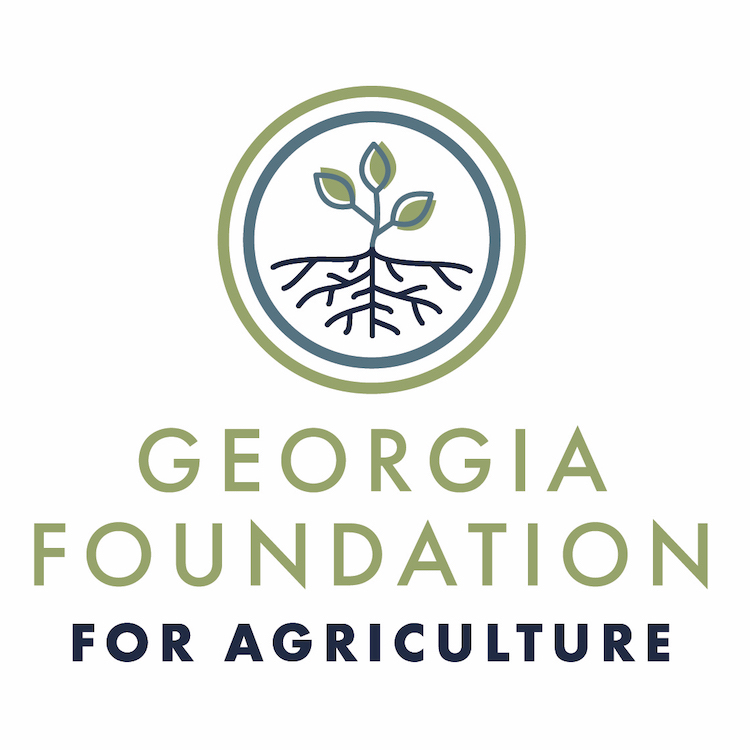
Georgia Foundation for Agriculture Update By: Lily Baucom
|
| 05/09/2024 |

|
| 05/03/2024 |

|
| 04/30/2024 |

Summer Grilling Tips and Recipes
|
| 04/22/2024 |

|
| 04/09/2024 |

|
| 03/12/2024 |

Fresh Fixins - Roasted Georgia Black Bass and Braised Beef
|
| 03/08/2024 |

|
| 03/07/2024 |

|
| 03/07/2024 |

Skippy fetches national farm dog award By: Jay Stone
|
| 03/07/2024 |

|
| 03/07/2024 |

|
| 03/06/2024 |

Georgia 2024 economic outlook better than U.S.; farm bill uncertain By: Jennifer Whittaker
|
| 03/05/2024 |
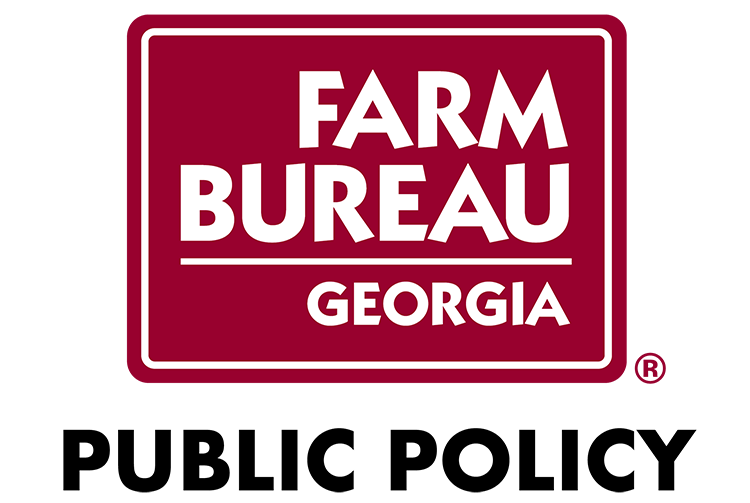
Farm bill, labor & poultry are top issues in D.C. By: Ben Parker
|
| 03/05/2024 |
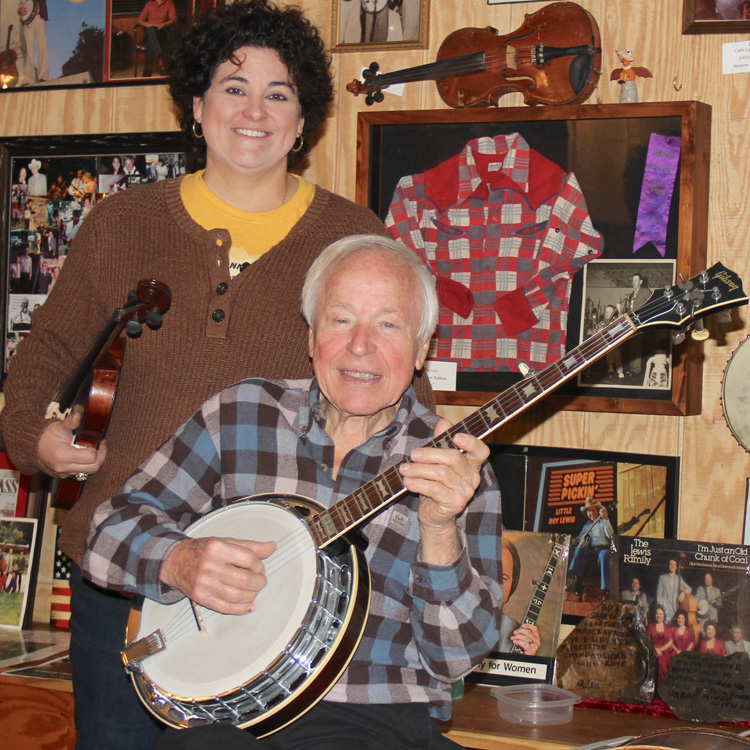
Little Roy & Lizzy are Georgia treasures By: Jennifer Whittaker
|
| 03/05/2024 |
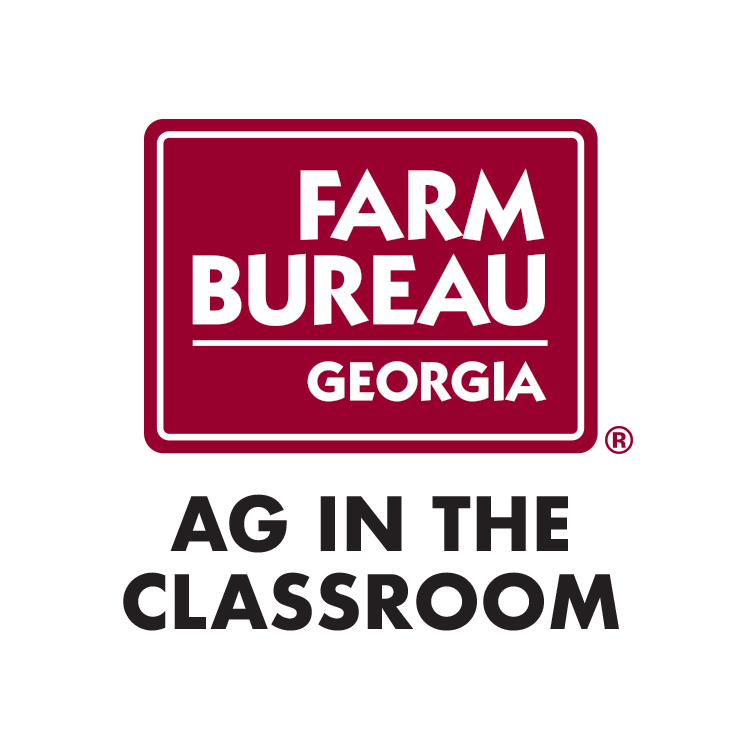
GFB accepting entries for 2024 Georgia Ag in the Classroom Teacher By: Lauren Goble
|
| 03/05/2024 |

Corporate Transparency Act ruled unconstitutional By: Jay Stone
|
| 03/04/2024 |
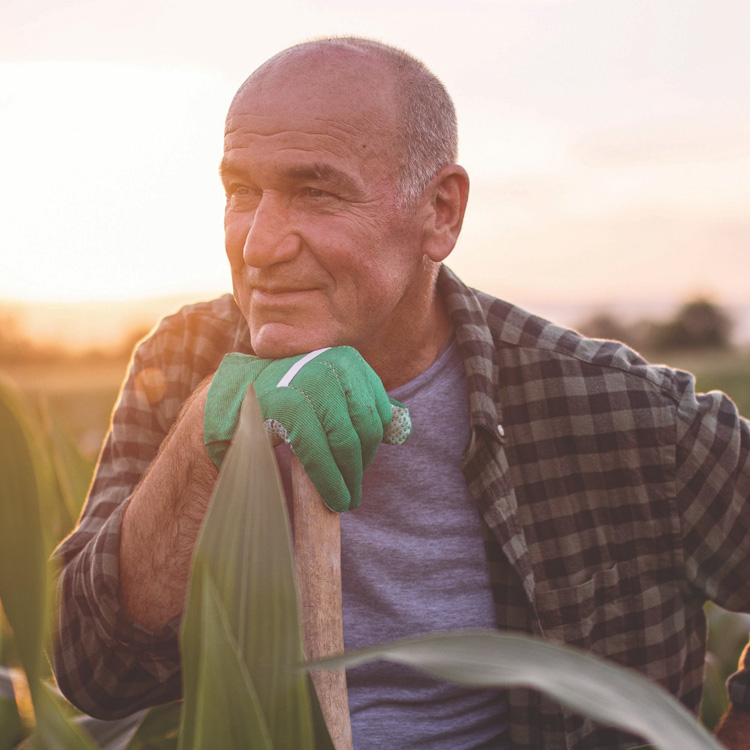
Protect & improve your mental clarity By: Jennifer Whittaker
|
| 03/03/2024 |
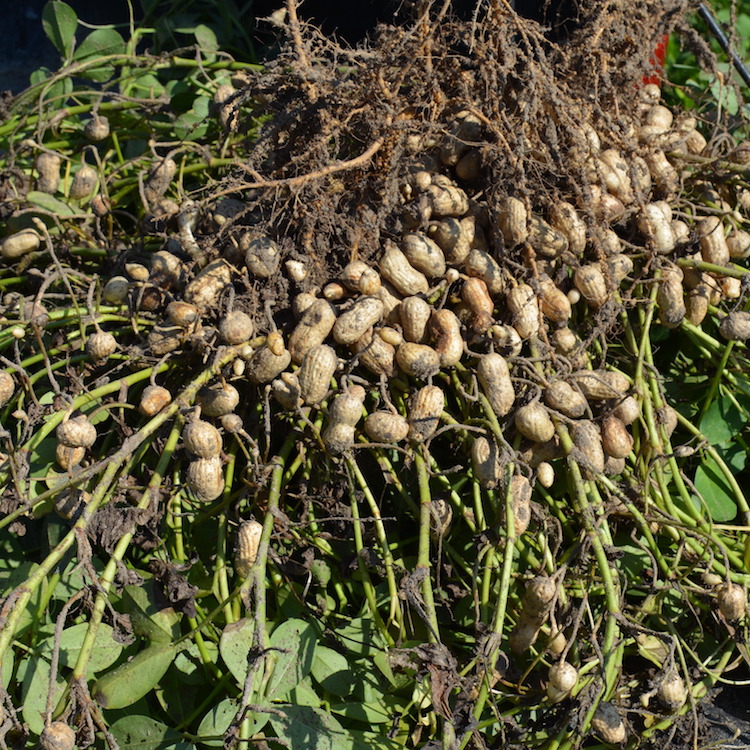
Peanut Show introduces NPB leader & UGA peanut podcast By: Jennifer Whittakerr
|
| 03/02/2024 |
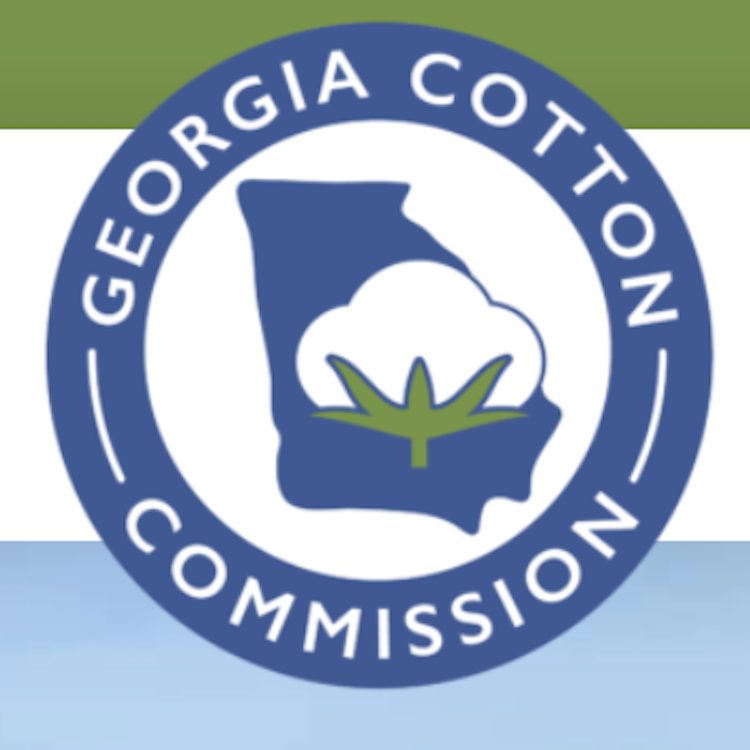
GCC presents Trustees Award to Coley, Lee and McLendon By: Jay Stone
|
| 03/01/2024 |
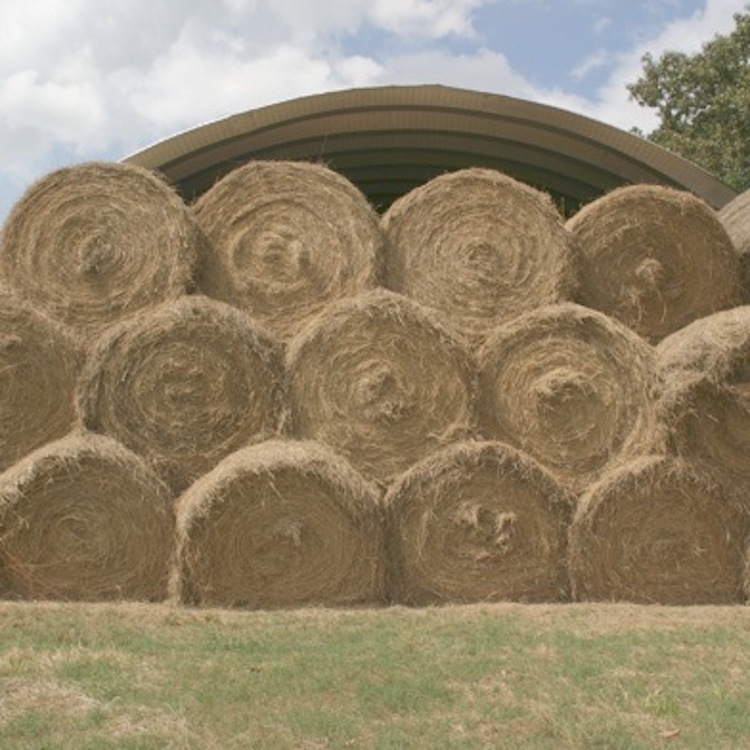
|
| 02/29/2024 |
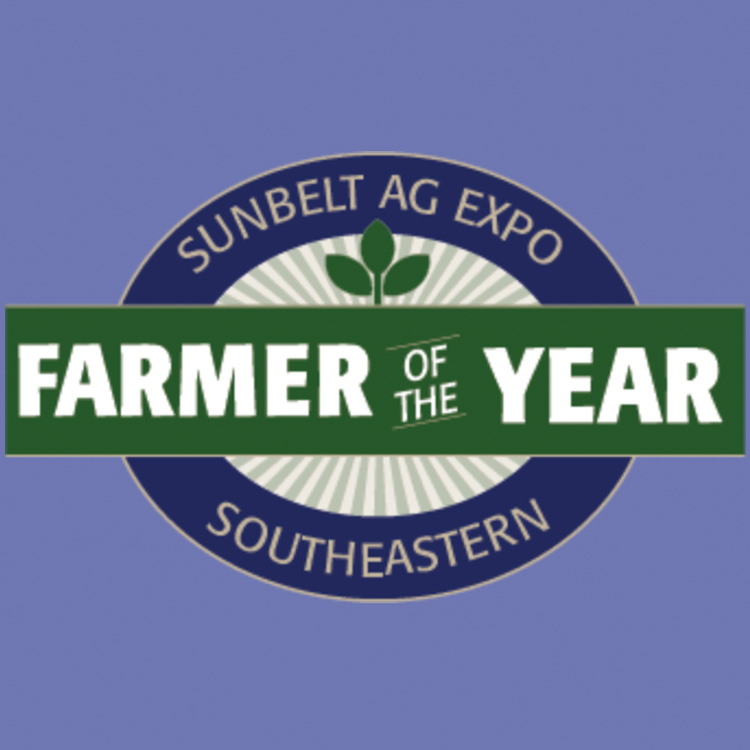
Redmond named Georgia Farmer of the Year By: Jennifer Whittaker
|
| 02/28/2024 |

|
| 02/27/2024 |
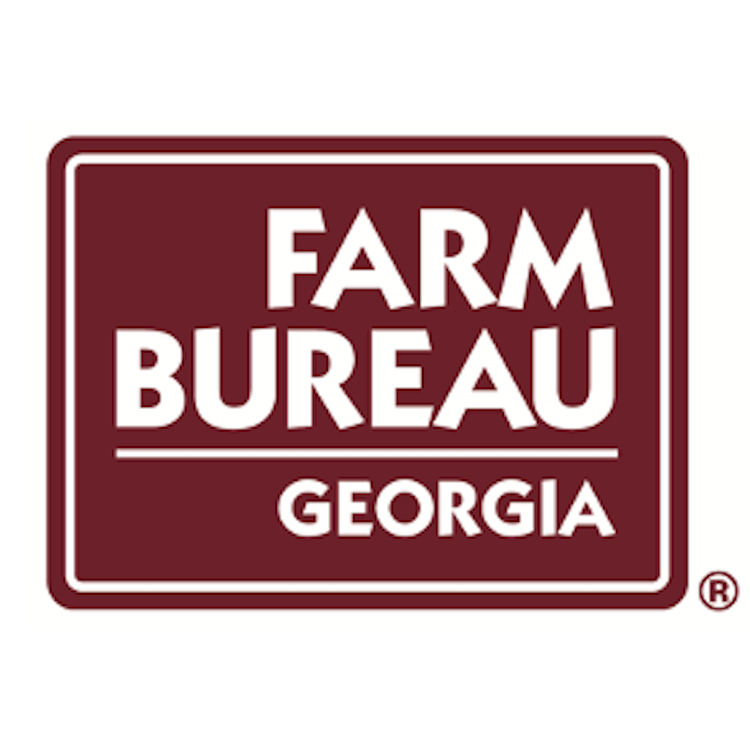
County Farm Bureaus & volunteers honored By: Jennifer Whittaker
|
| 02/26/2024 |
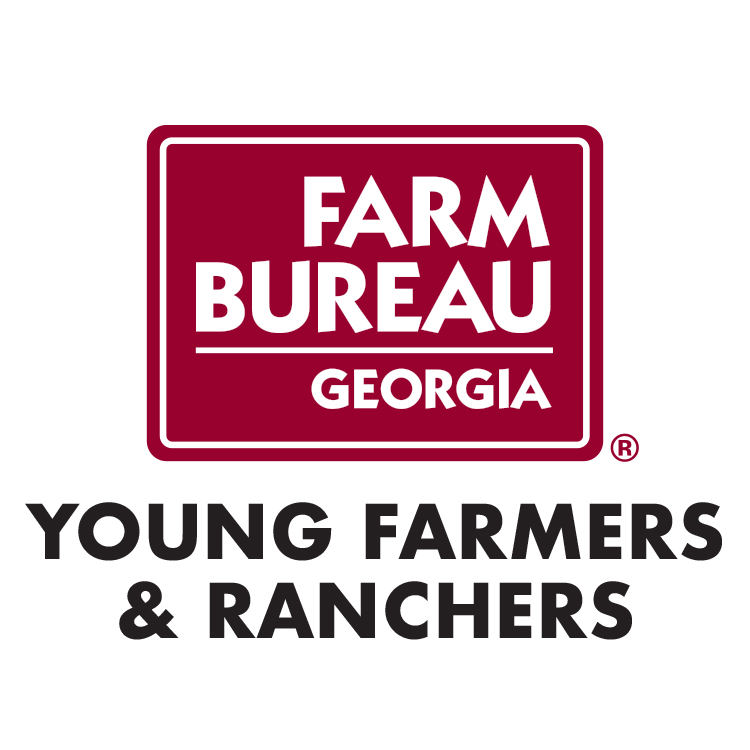
Meet your peers, sharpen skills with GFB YF&R program By: Breanna Berry
|
| 02/25/2024 |
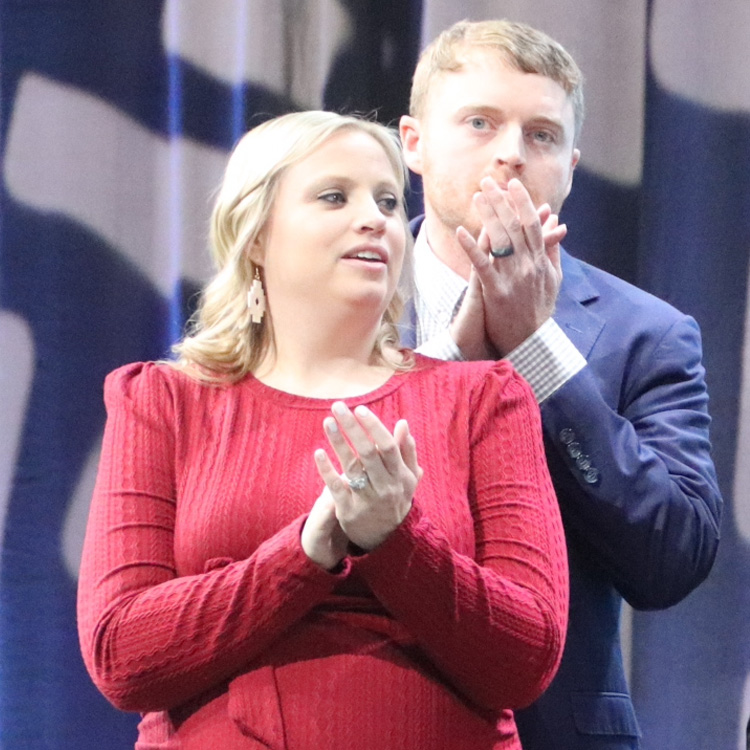
|
| 02/23/2024 |
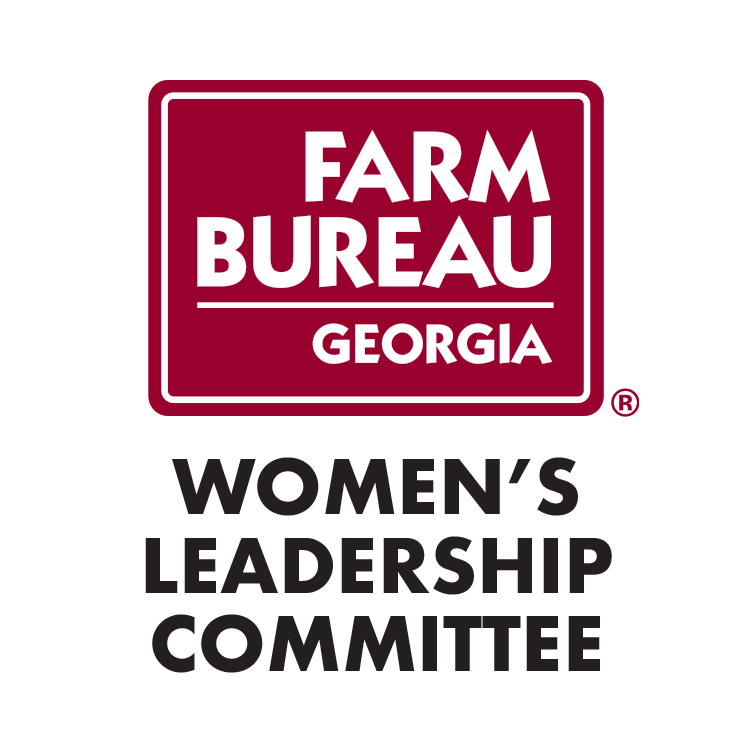
Women's Leadership Committee plans for 2024 By: Breanna Berry
|
| 02/22/2024 |

|
| 02/21/2024 |
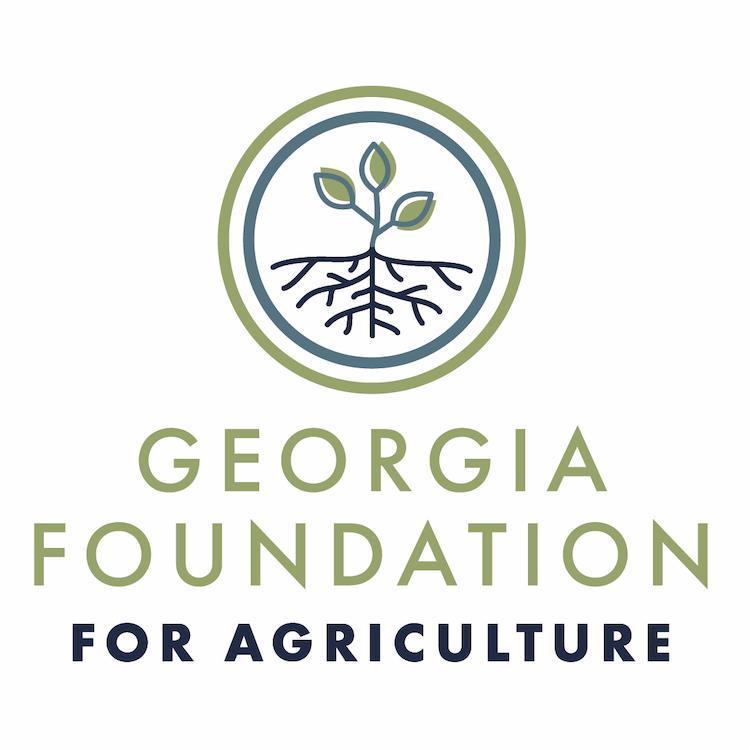
Georgia Foundation for Agriculture Year in Review
|
| 02/21/2024 |
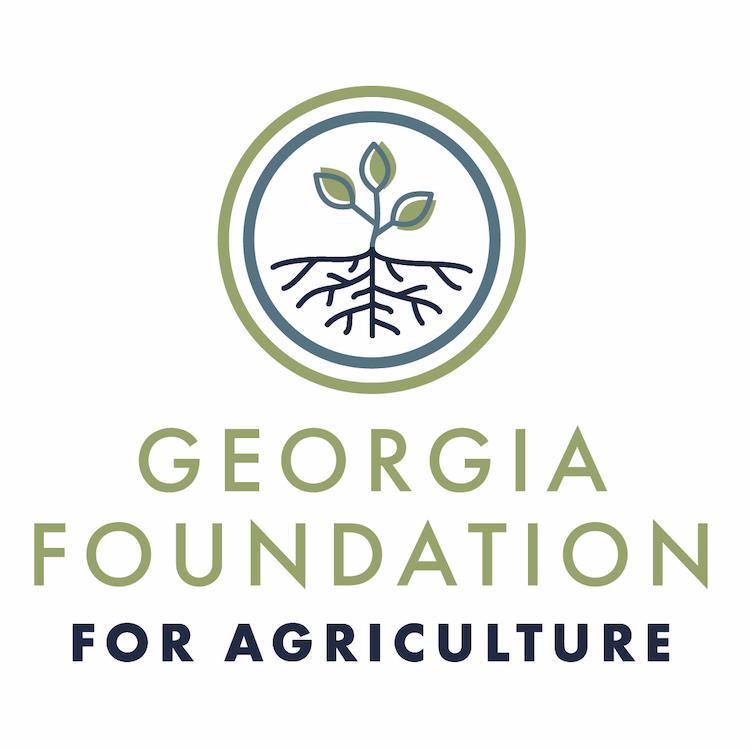
Georgia Foundation for Agriculture thanks its 2023 supporters
|
| 02/12/2024 |

|
| 02/08/2024 |
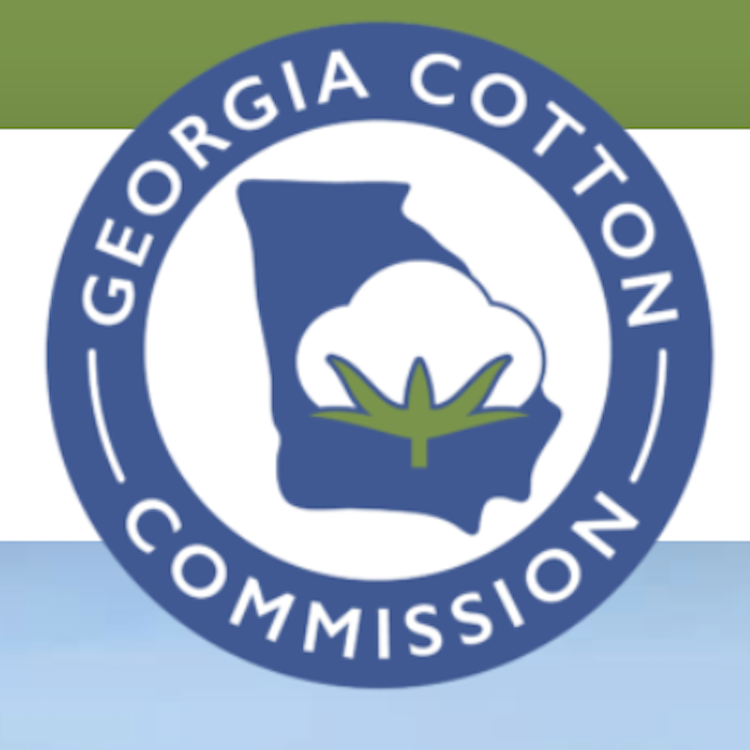
|
| 02/07/2024 |

|
| 01/17/2024 |

|
| 11/27/2023 |

|
| 11/27/2023 |
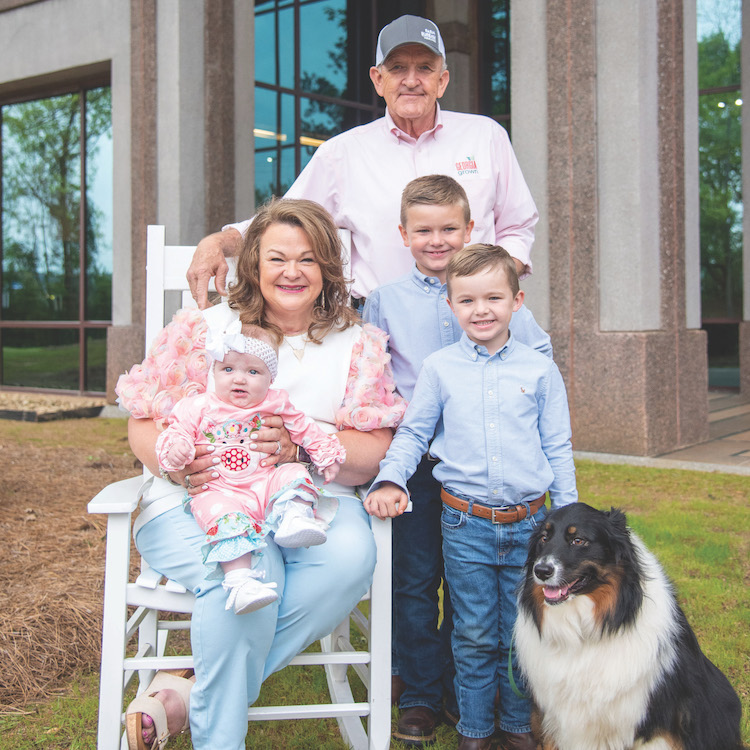
Taking pride in GFB's work on behalf of farmers By: Tom McCall
|
| 11/26/2023 |
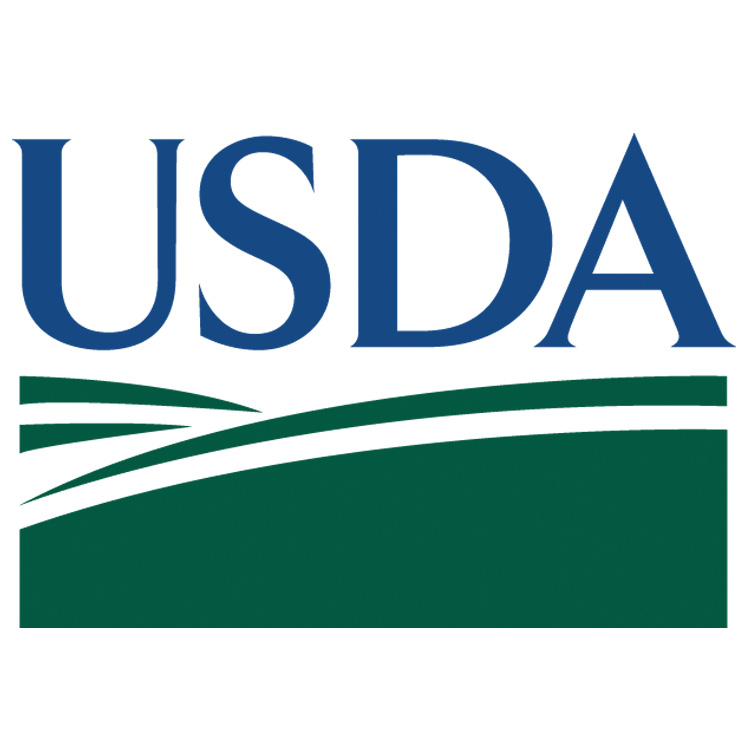
USDA issues disaster designations for crop losses By: Compiled by GFB staff from USDA releases
|
| 11/25/2023 |
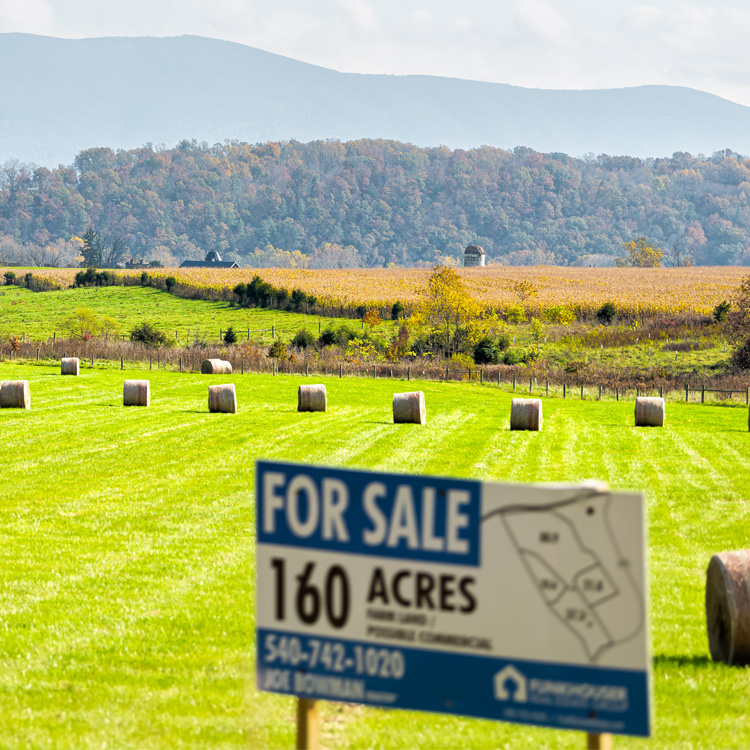
Foreign land ownership, state animal welfare laws key issues for farmers By: Jay Stone
|
| 11/24/2023 |
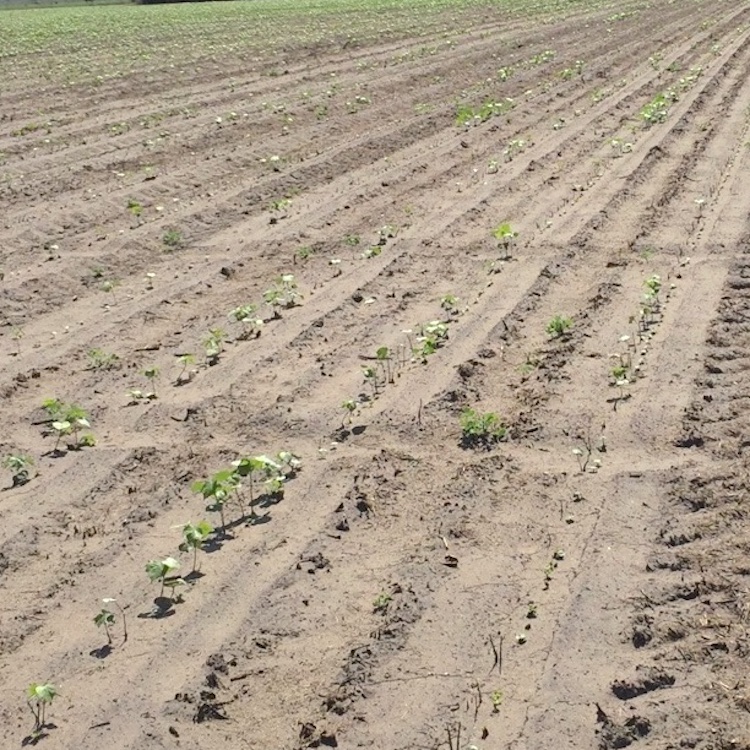
GA DNR offers options to fight deer & feral hog crop damage By: Jennifer Whittaker
|
| 11/23/2023 |

Hurricane Idalia hits Southeast Georgia farmers hard By: Jennifer Whittaker
|
| 11/22/2023 |
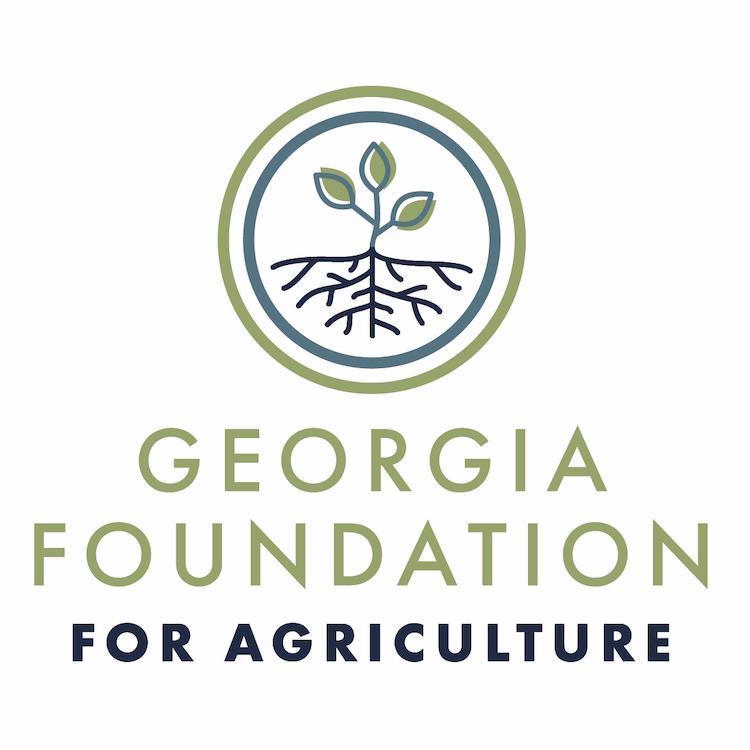
Georgia Foundation for Ag offers $65,000 in ag scholarships By: Georgia Foundation for Agriculture
|
| 11/21/2023 |
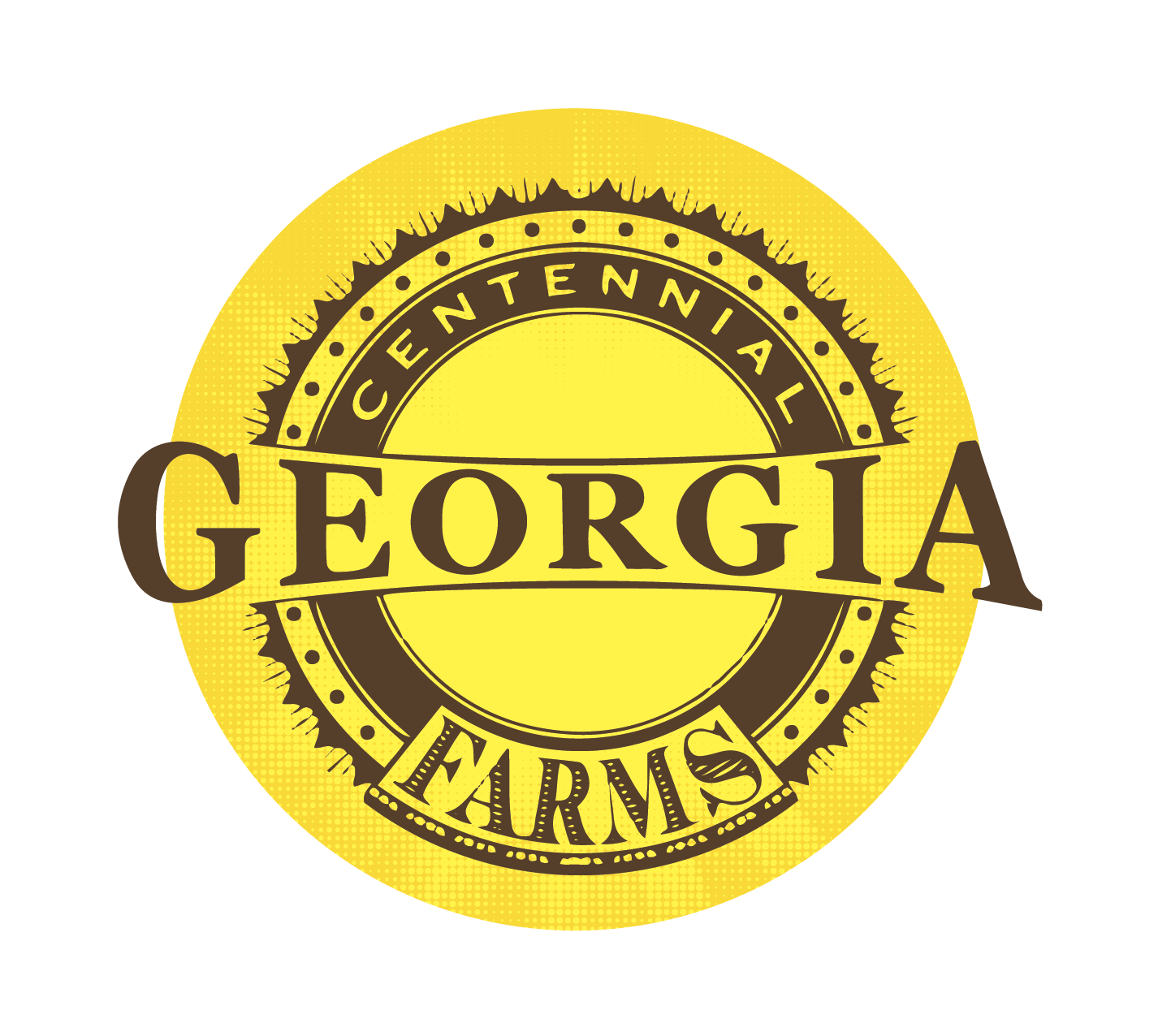
Georgia Centennial Farm Program honors farm heritage By: Jennifer Whittaker
|
| 11/21/2023 |

Ag Road Regs: MAP-21 provides CDL farm exemptions By: Jennifer Whittaker
|
| 11/20/2023 |

Charting Policy Beyond the Water Wars By: Adam Belflower
|
| 11/17/2023 |

ABAC, Colquitt County teams win Advocacy in Action Contest By: Jay Stone
|
| 11/17/2023 |

Georgia National Fair puts agriculture on guests’ minds By: Jennifer Whittaker
|
| 09/15/2023 |
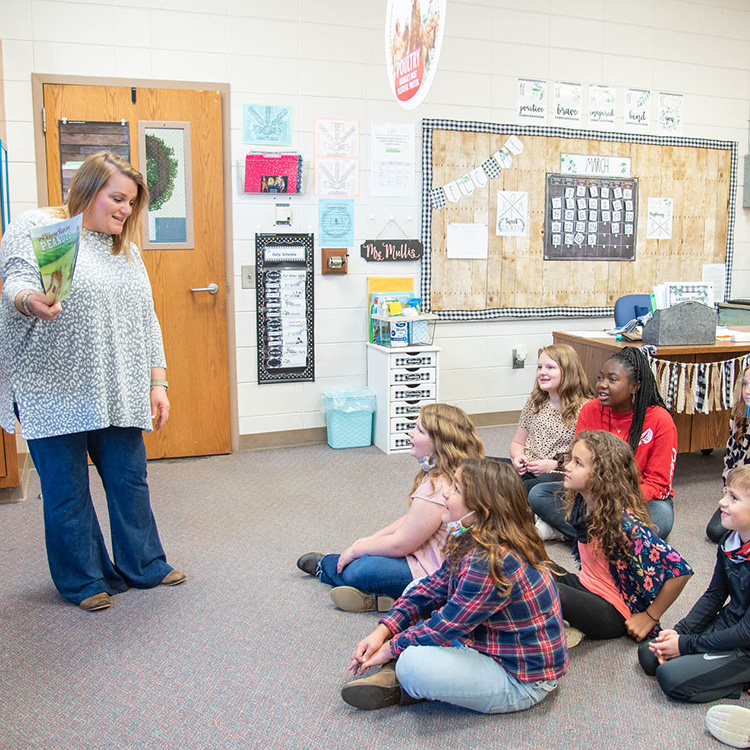
Ag in the Classroom Program Recommends Monthly Book
|
| 09/15/2023 |

|
| 09/15/2023 |

|
| 08/30/2023 |

|
| 08/30/2023 |

|
| 08/30/2023 |

|
| 08/29/2023 |
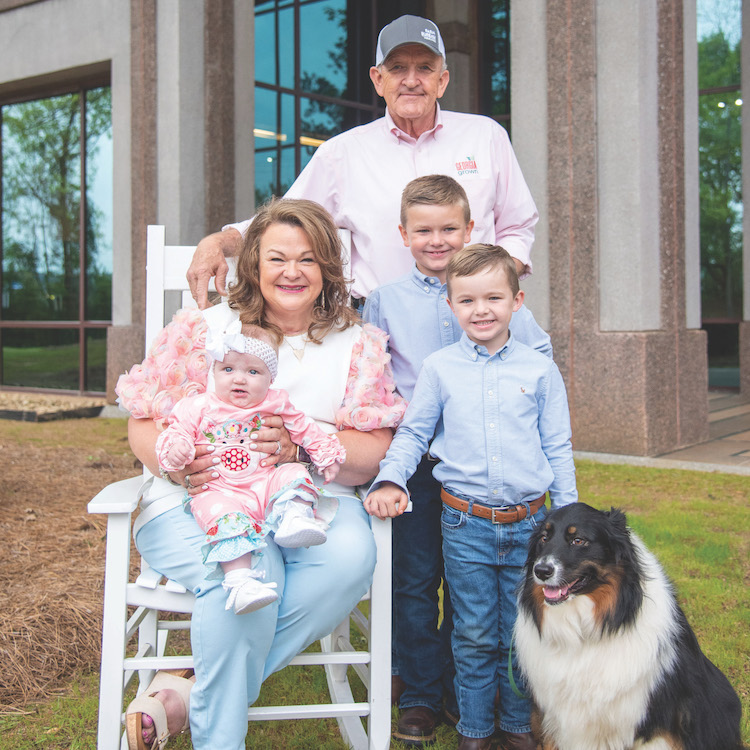
|
| 08/28/2023 |
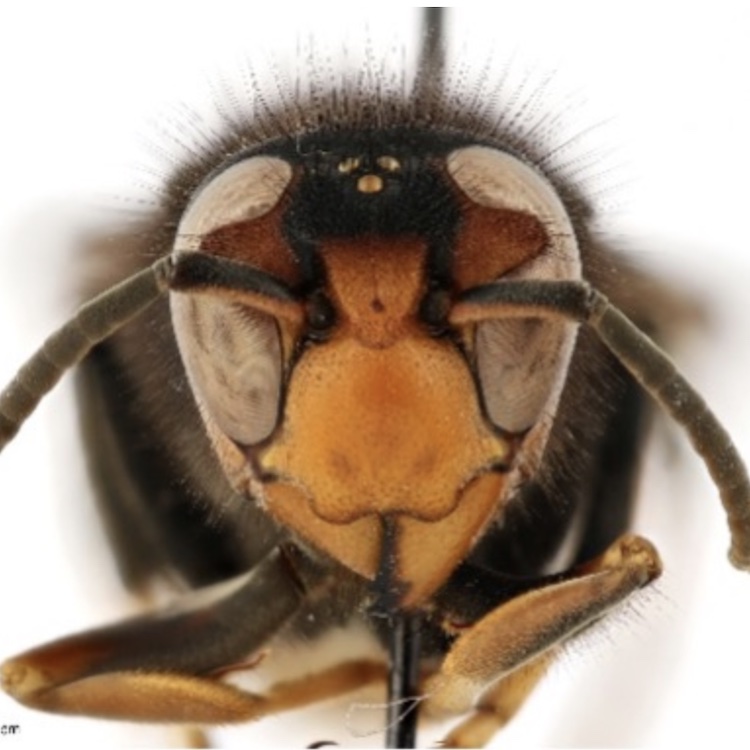
|
| 08/27/2023 |
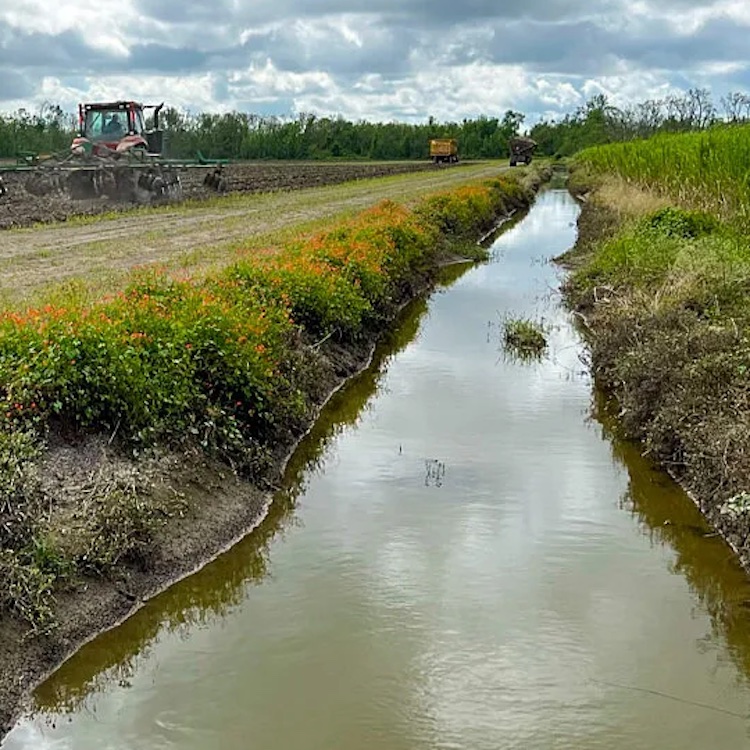
|
| 08/26/2023 |
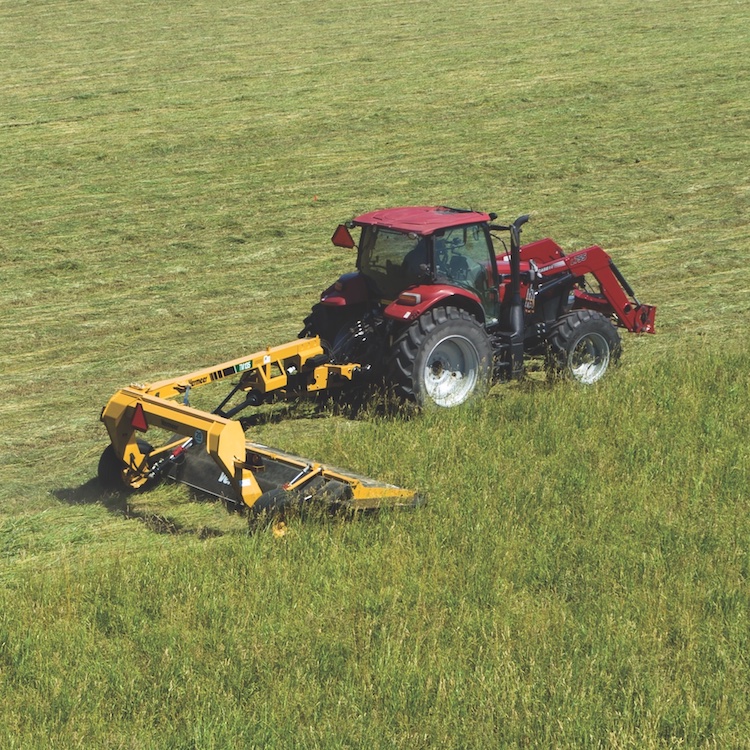
|
| 08/25/2023 |
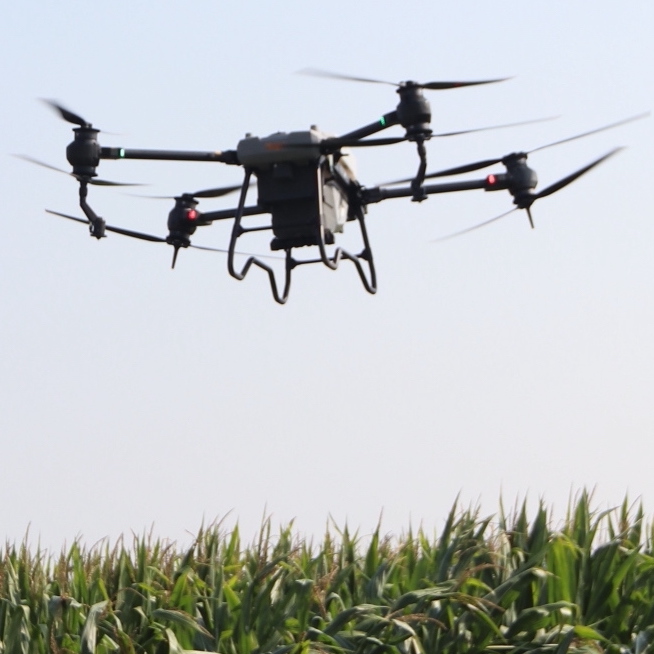
Precision agriculture increases farmers’ profitability
|
| 08/24/2023 |
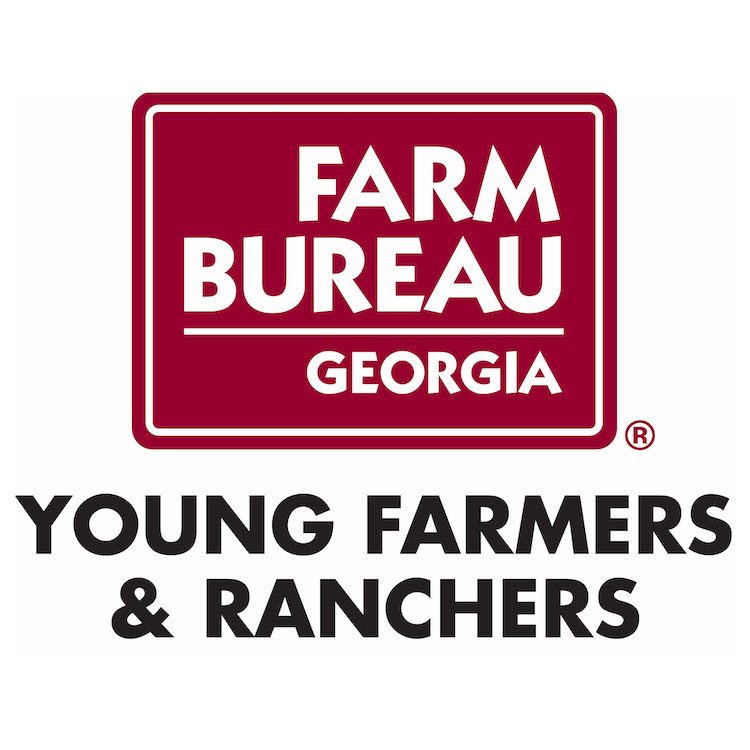
Morgans, Ropers and Paul claim top prizes in Young Farmers & Ranchers events
|
| 08/23/2023 |
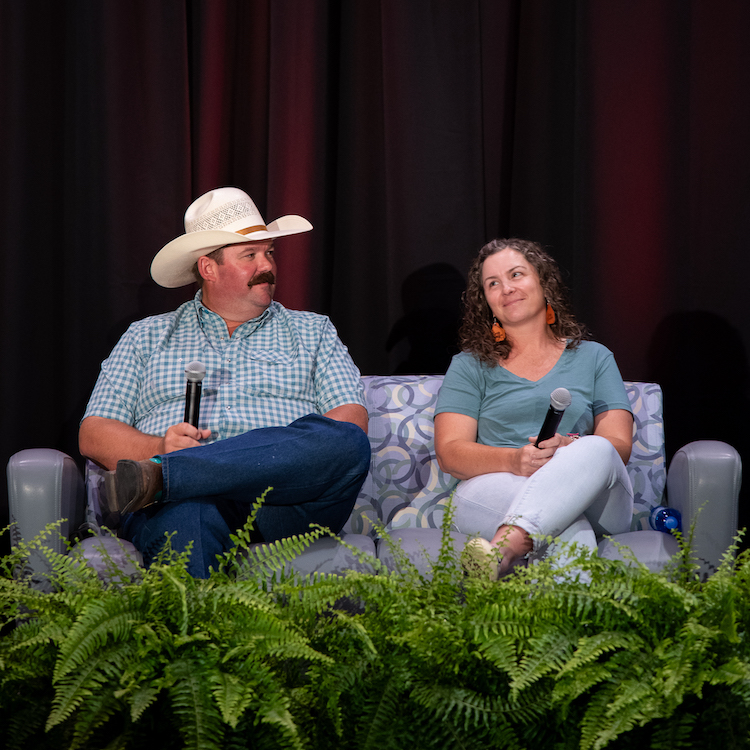
Young Farmers & Ranchers members meet 'For the Love of Ag'
|
| 08/22/2023 |

|
| 08/21/2023 |
Athens Technical College offers conservation law enforcement degree
|
| 08/20/2023 |
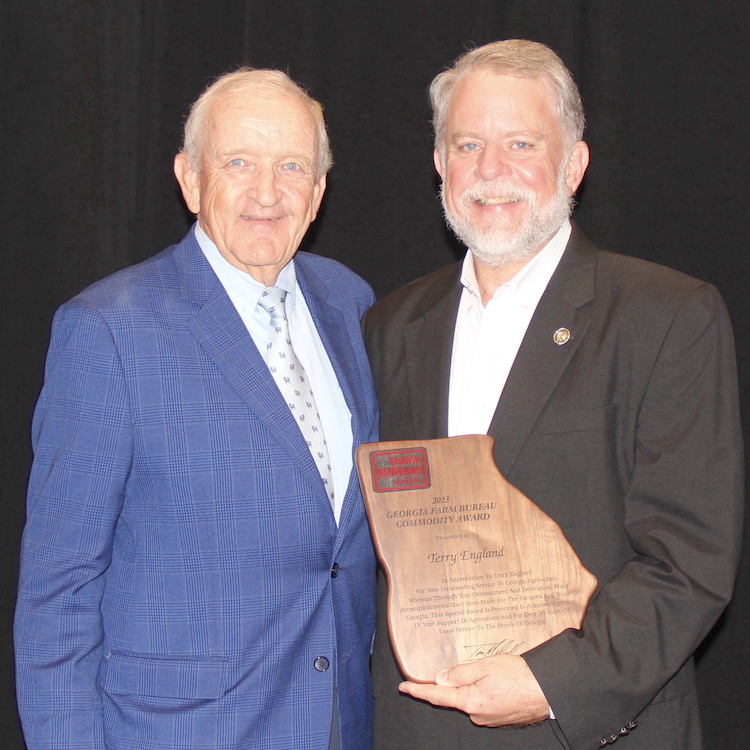
|
| 08/19/2023 |
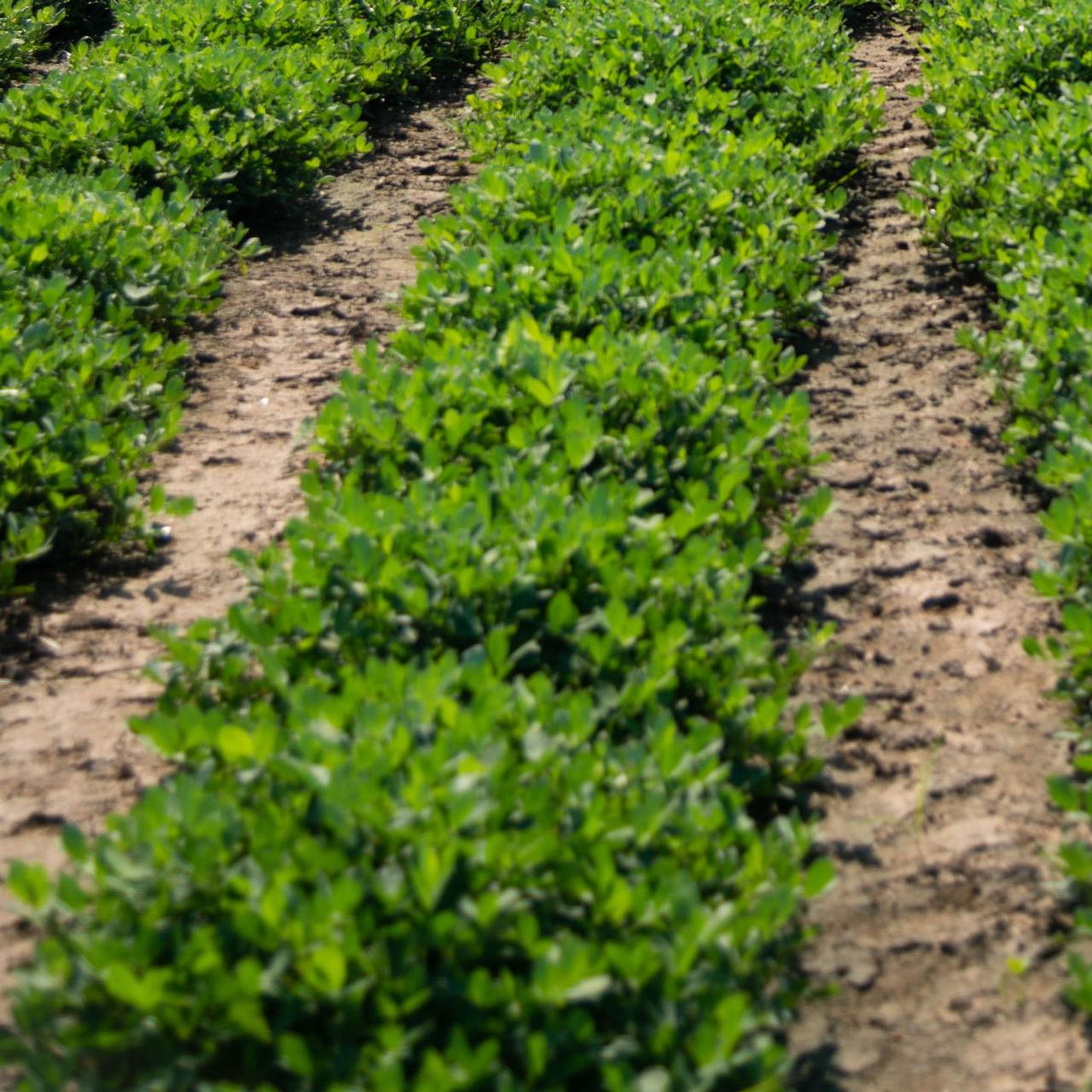
|
| 08/18/2023 |
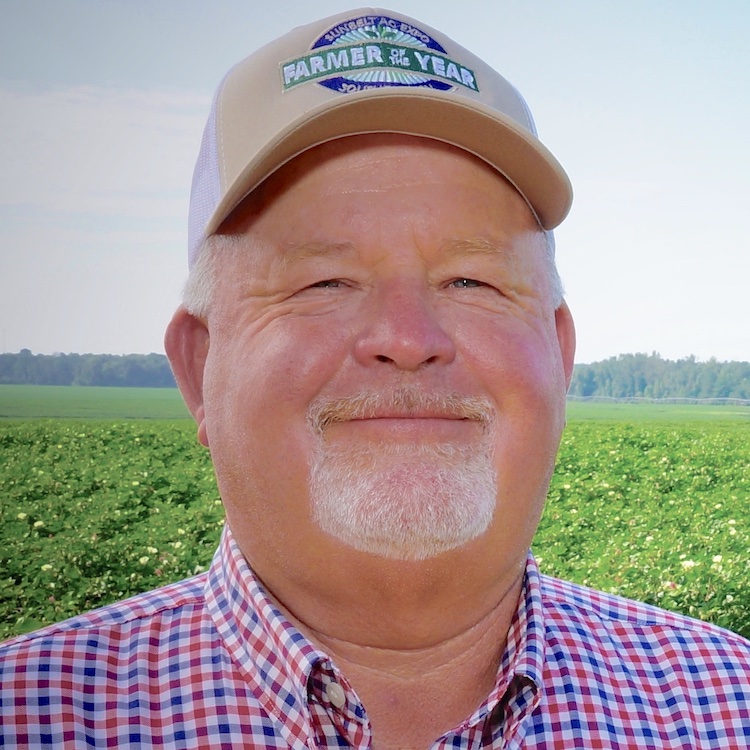
|
| 08/17/2023 |

|
| 08/16/2023 |
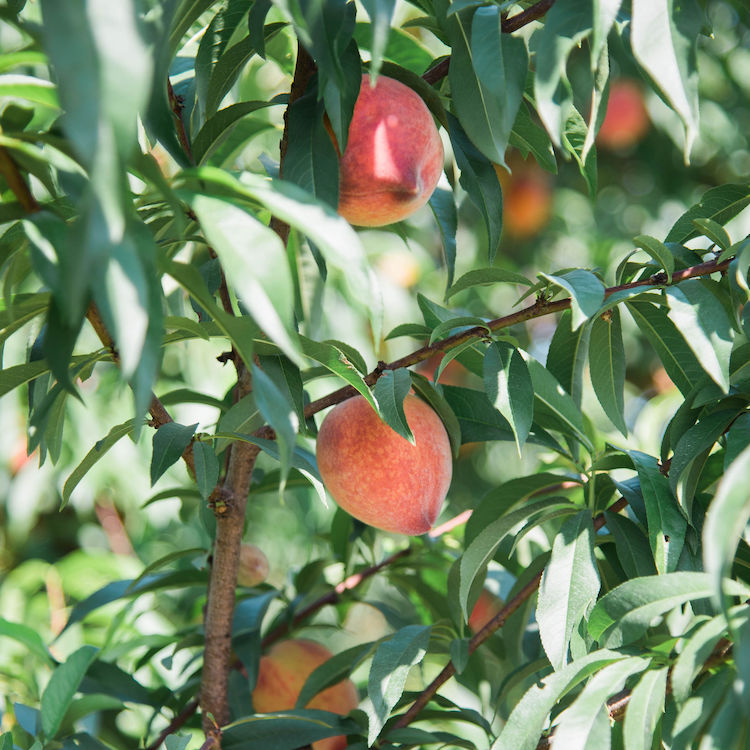
|
| 08/15/2023 |
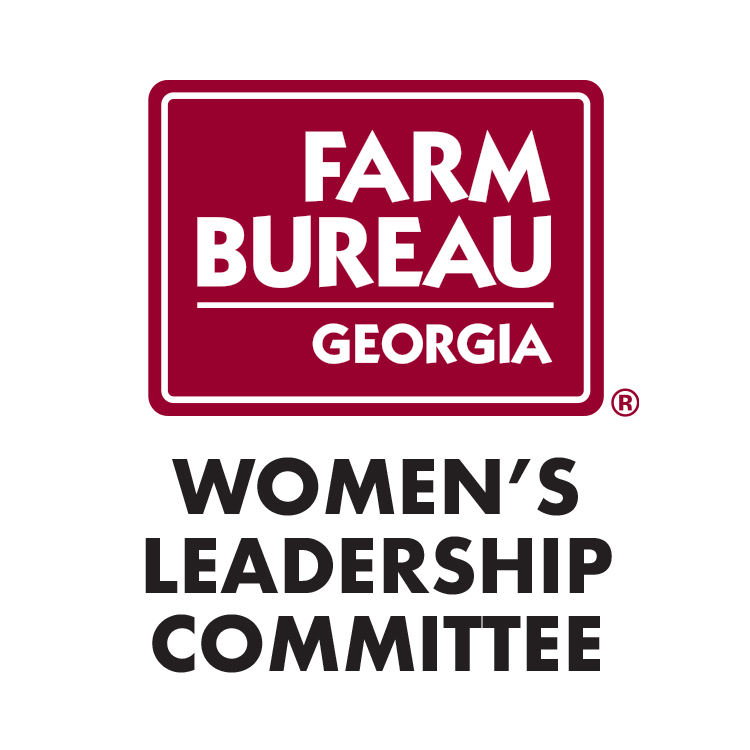
Make plans to attend Women in Ag Leadership Summit
|
| 08/14/2023 |
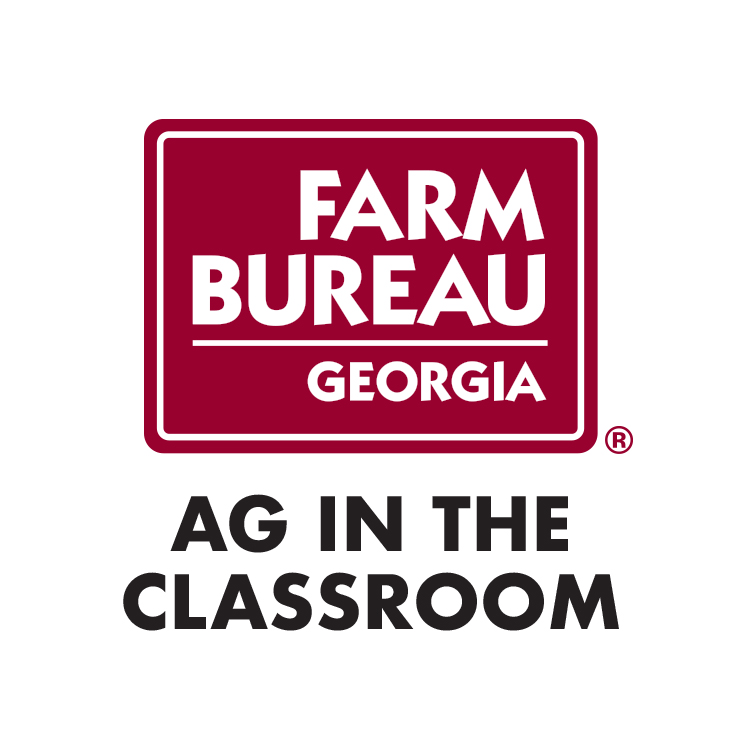
|
| 08/13/2023 |
|
| 08/13/2023 |
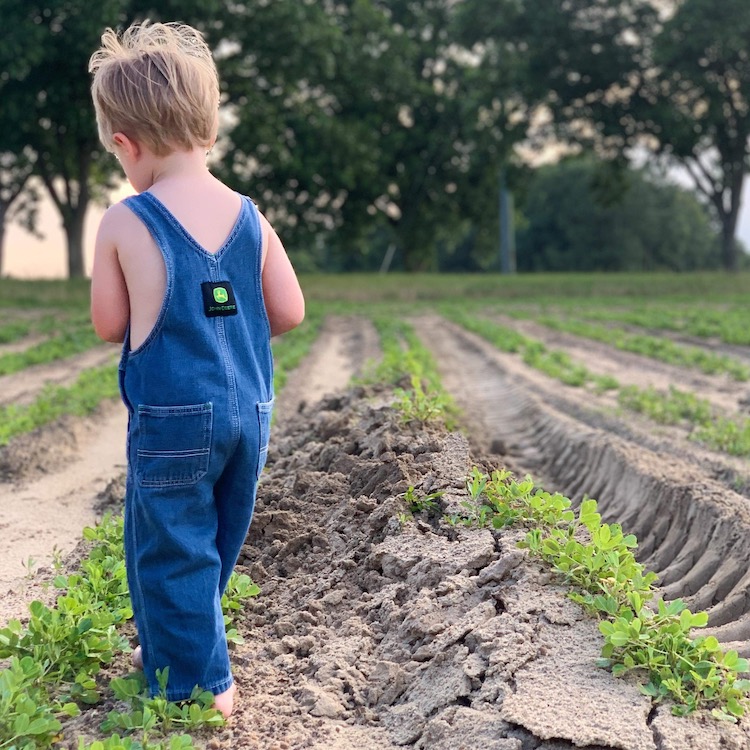
|
| 08/10/2023 |
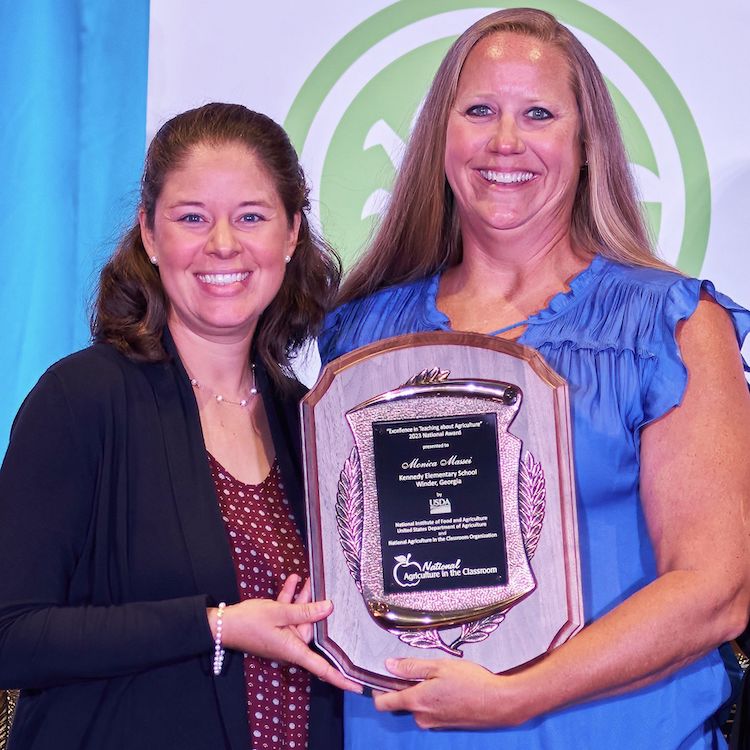
|
| 08/09/2023 |

Irwin Co. Farm Bureau continues mission in new office
|
| 08/08/2023 |
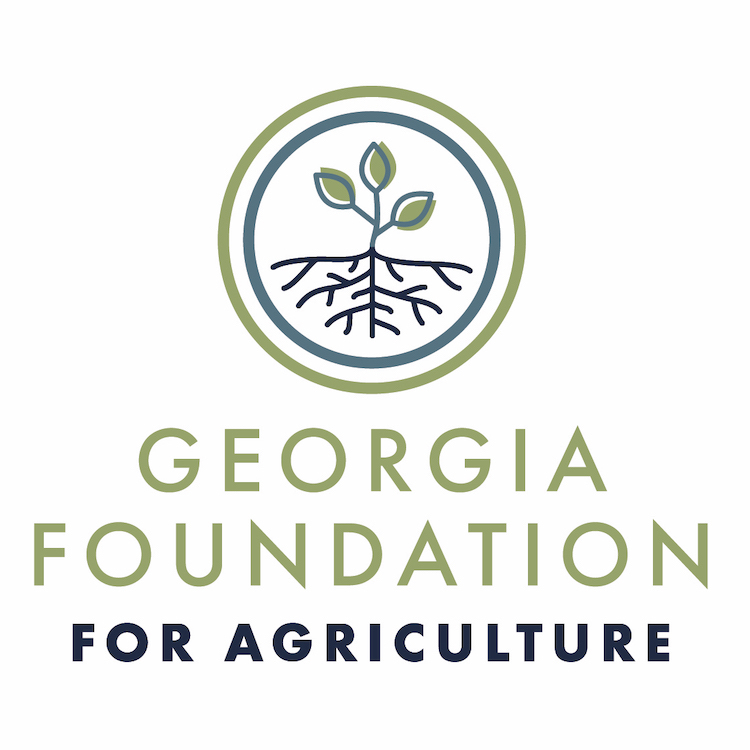
Georgia Foundation for Agriculture update
|
| 08/07/2023 |
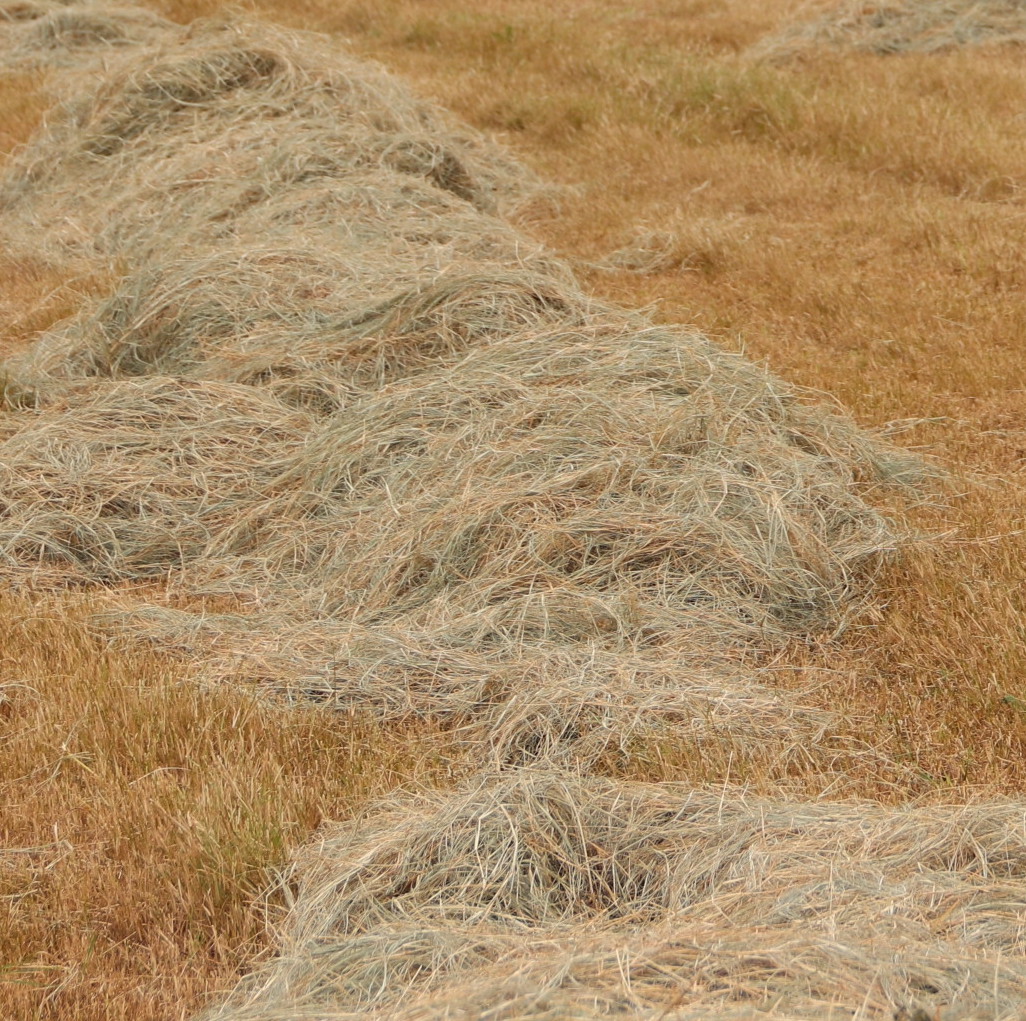
|
| 08/05/2023 |

|
| 08/02/2023 |

|
| 06/07/2023 |

|
| 05/29/2023 |

|
| 05/29/2023 |

|
| 05/18/2023 |

|
| 05/17/2023 |
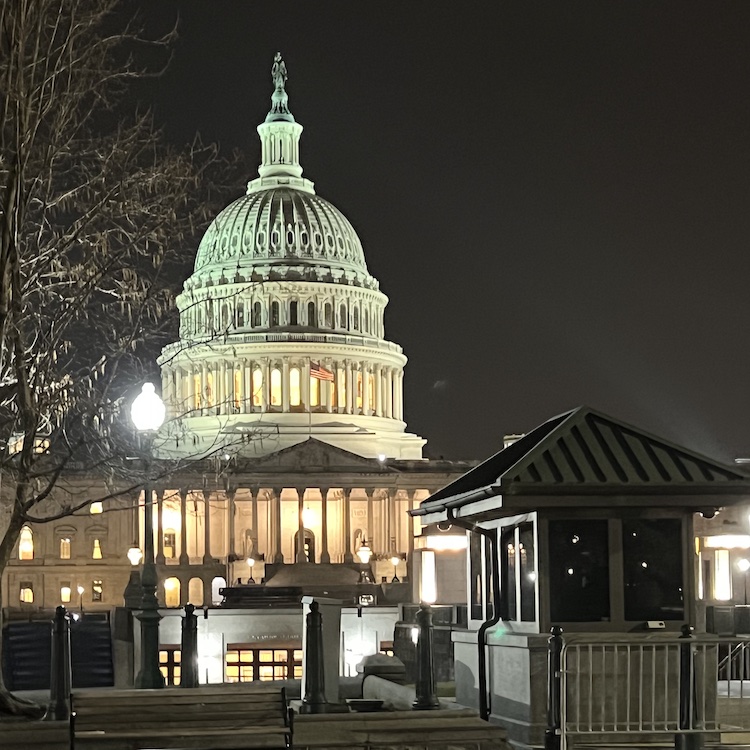
|
| 05/16/2023 |
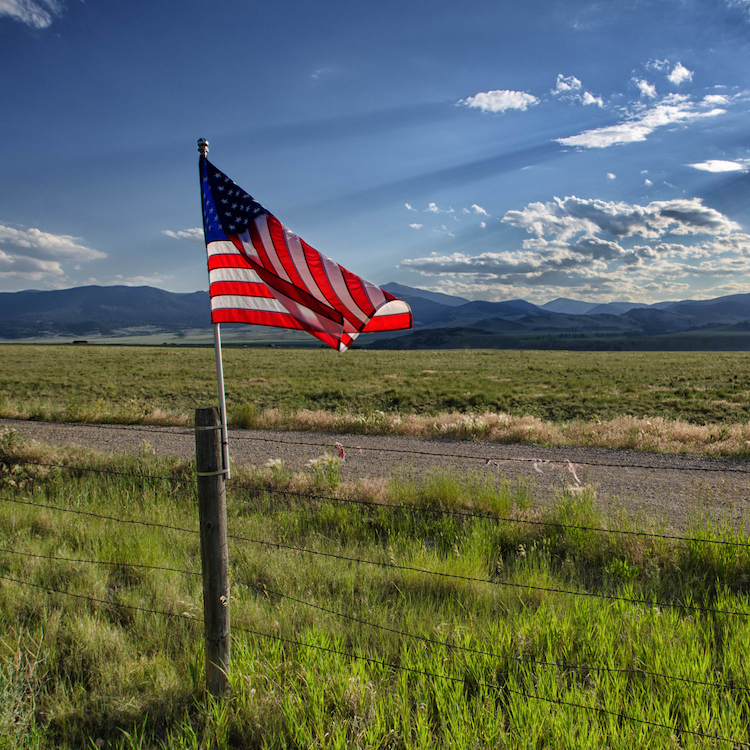
|
| 05/15/2023 |
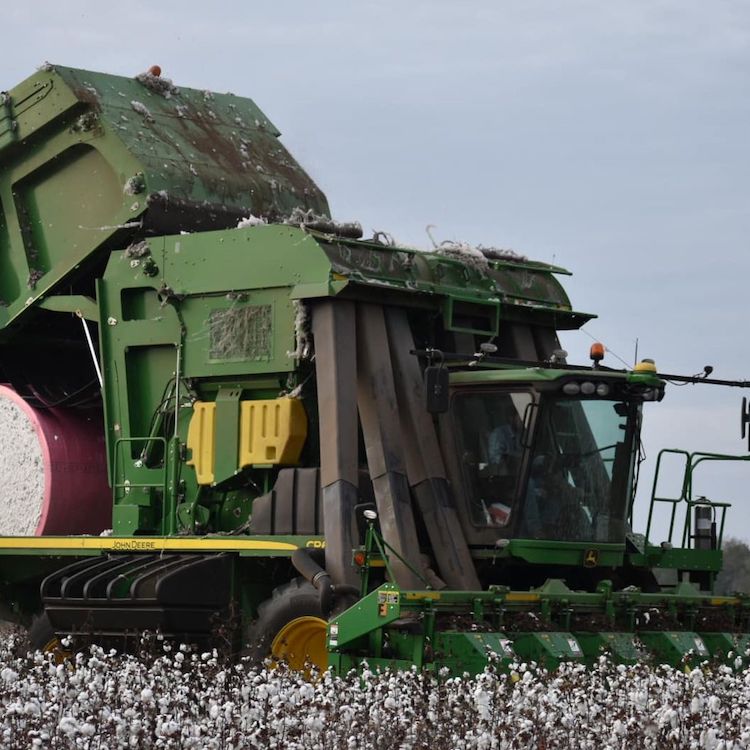
|
| 05/14/2023 |

|
| 05/13/2023 |
General Assembly passes truck weight variance, starts farmland fund
|
| 05/12/2023 |
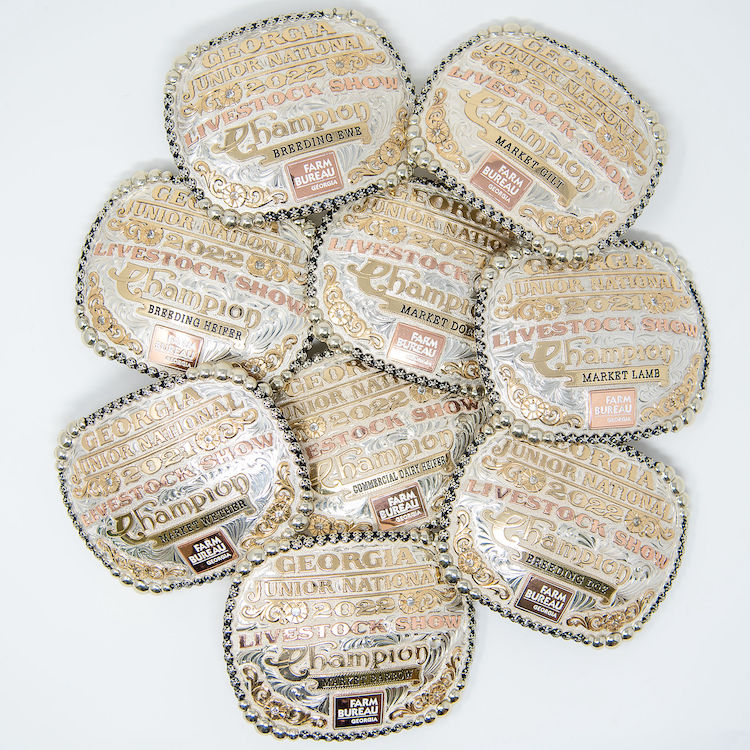
|
| 05/11/2023 |

Athens Technical College dedicates McCall Agricultural Science Complex
|
| 05/10/2023 |
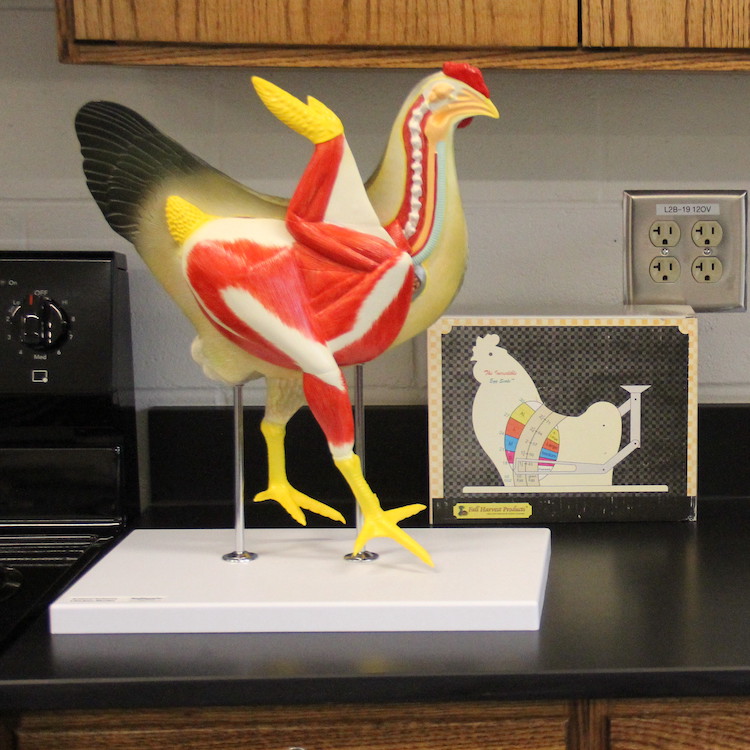
Athens Technical College prepares students for agricultural careers
|
| 05/09/2023 |
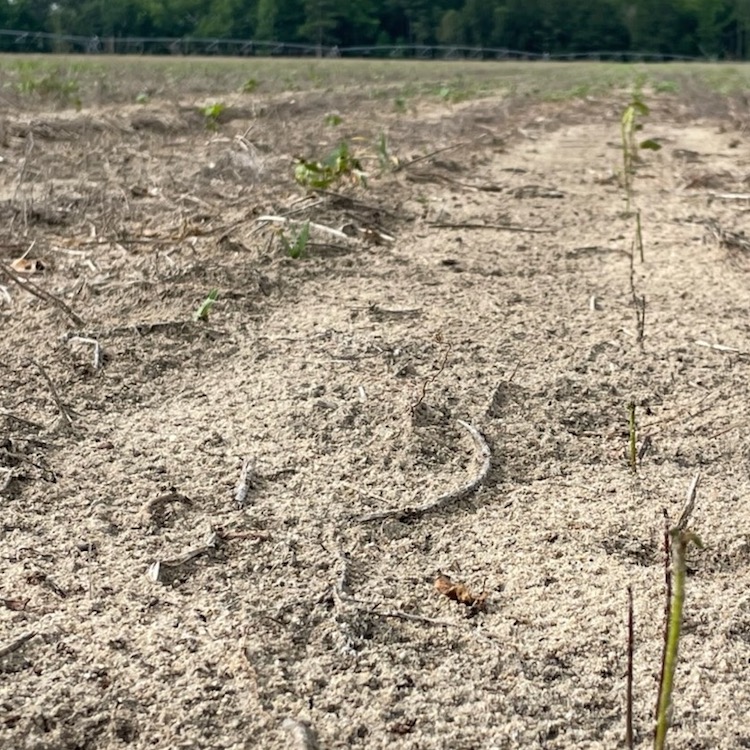
|
| 05/08/2023 |
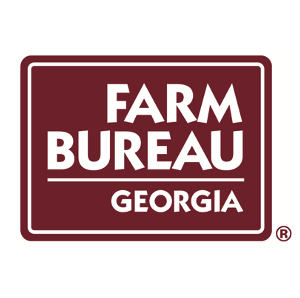
|
| 05/07/2023 |

|
| 05/06/2023 |

Farm Bureau safety events aim to save lives
|
| 05/05/2023 |

Parker joins GFB Public Policy staff
|
| 05/04/2023 |
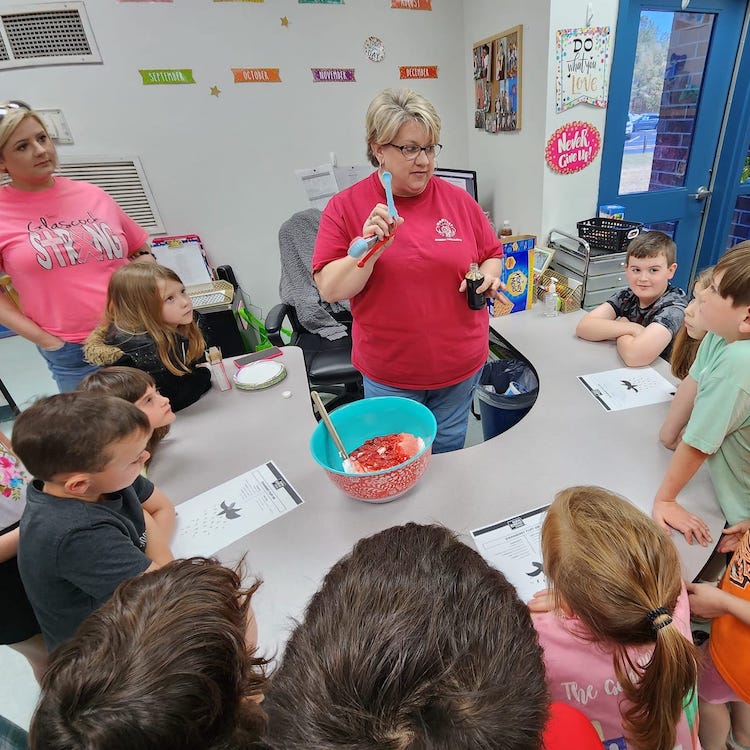
|
| 05/03/2023 |

Products We Love: Mother's Day Edition
|
| 05/03/2023 |

GFB Young Farmers & Ranchers back in D.C.
|
| 05/02/2023 |
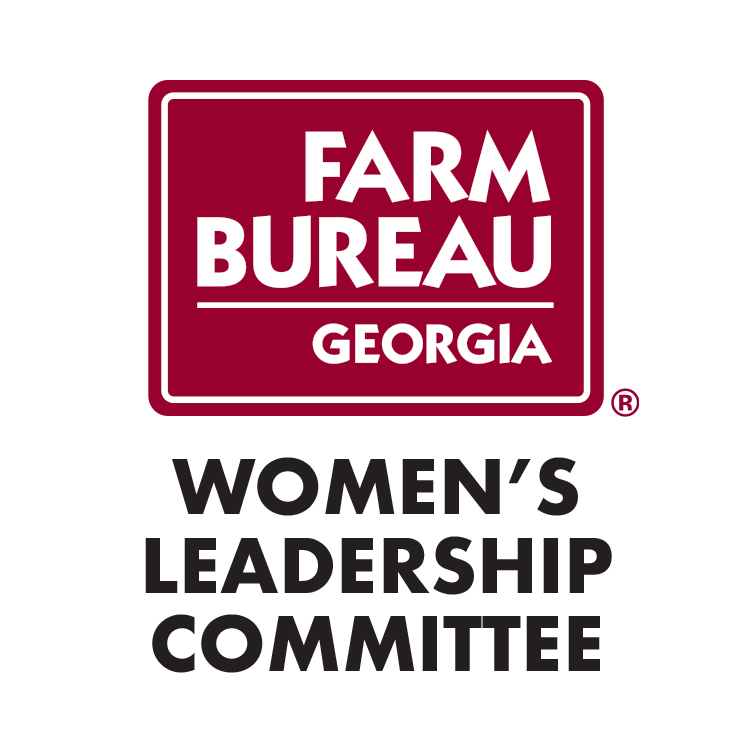
|
| 05/01/2023 |
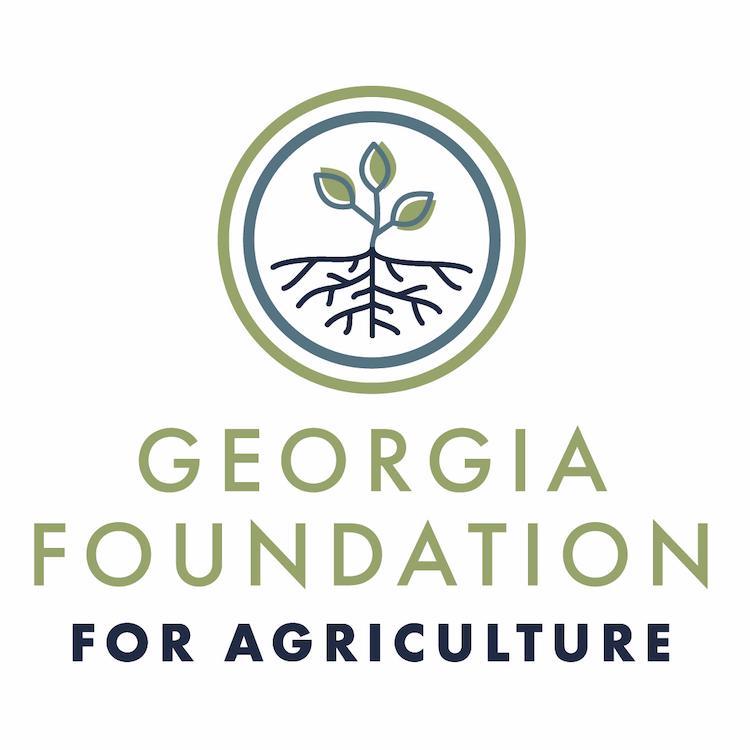
Georgia Foundation for Agriculture Update
|
| 04/30/2023 |
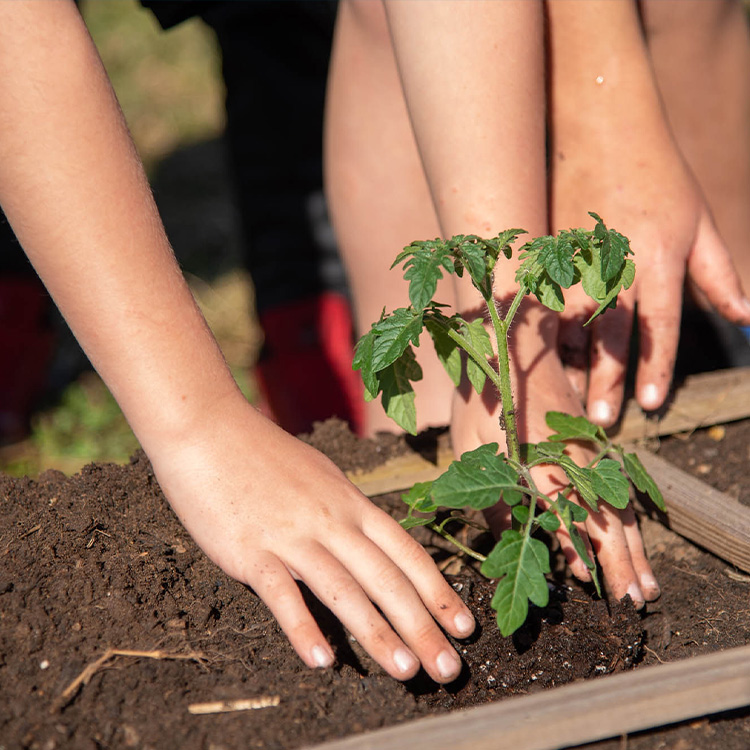
|
| 04/30/2023 |
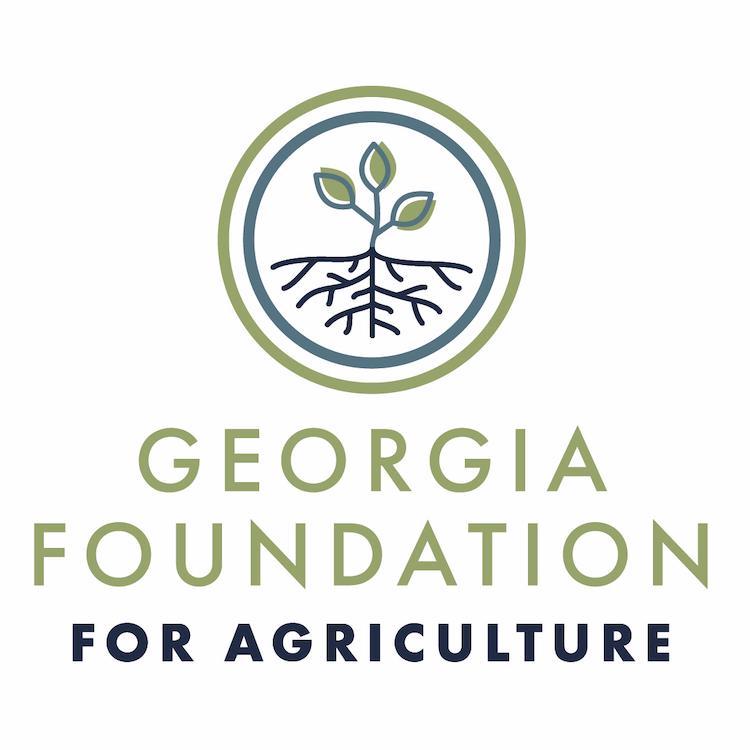
Georgia Foundation for Ag Awards Scholarships
|
| 04/29/2023 |
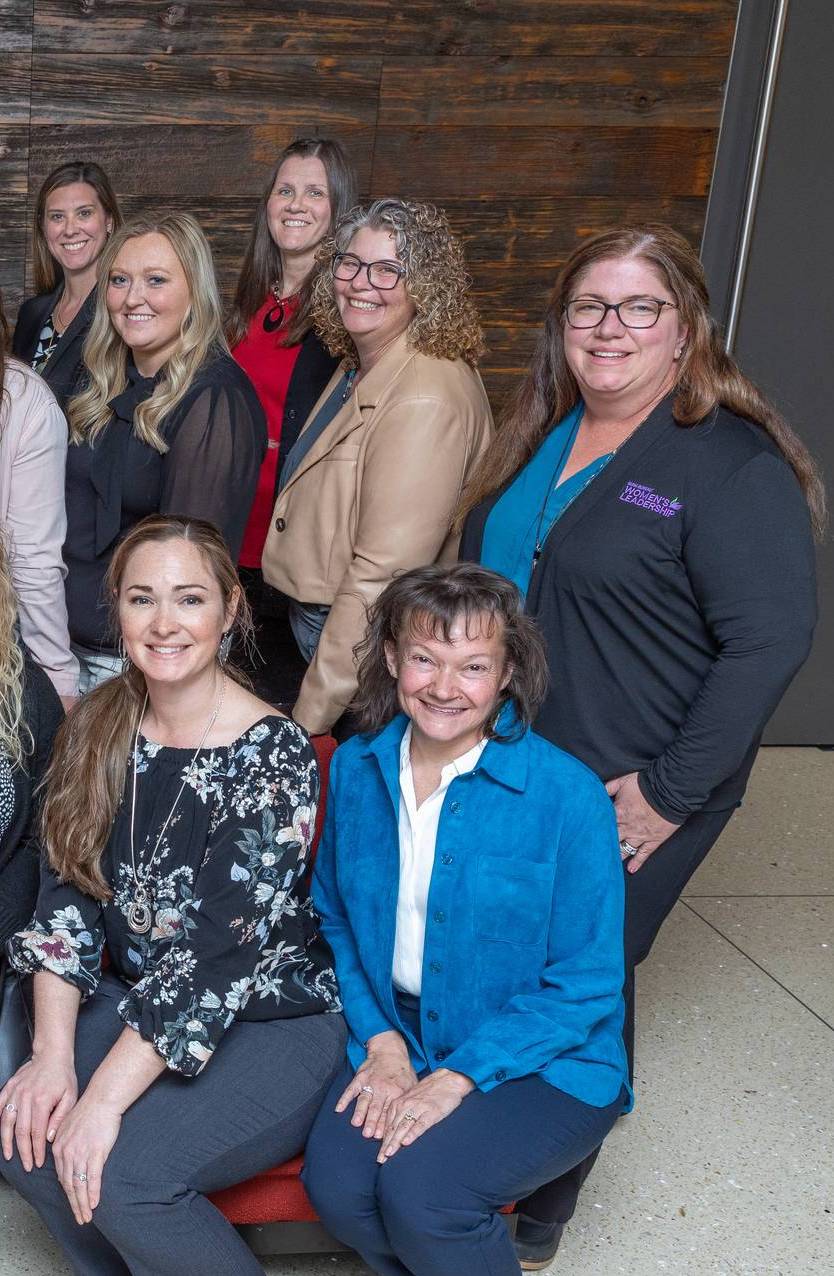
Hendrix, Morgan graduate from AFBF Communications Bootcamp
|
| 04/28/2023 |
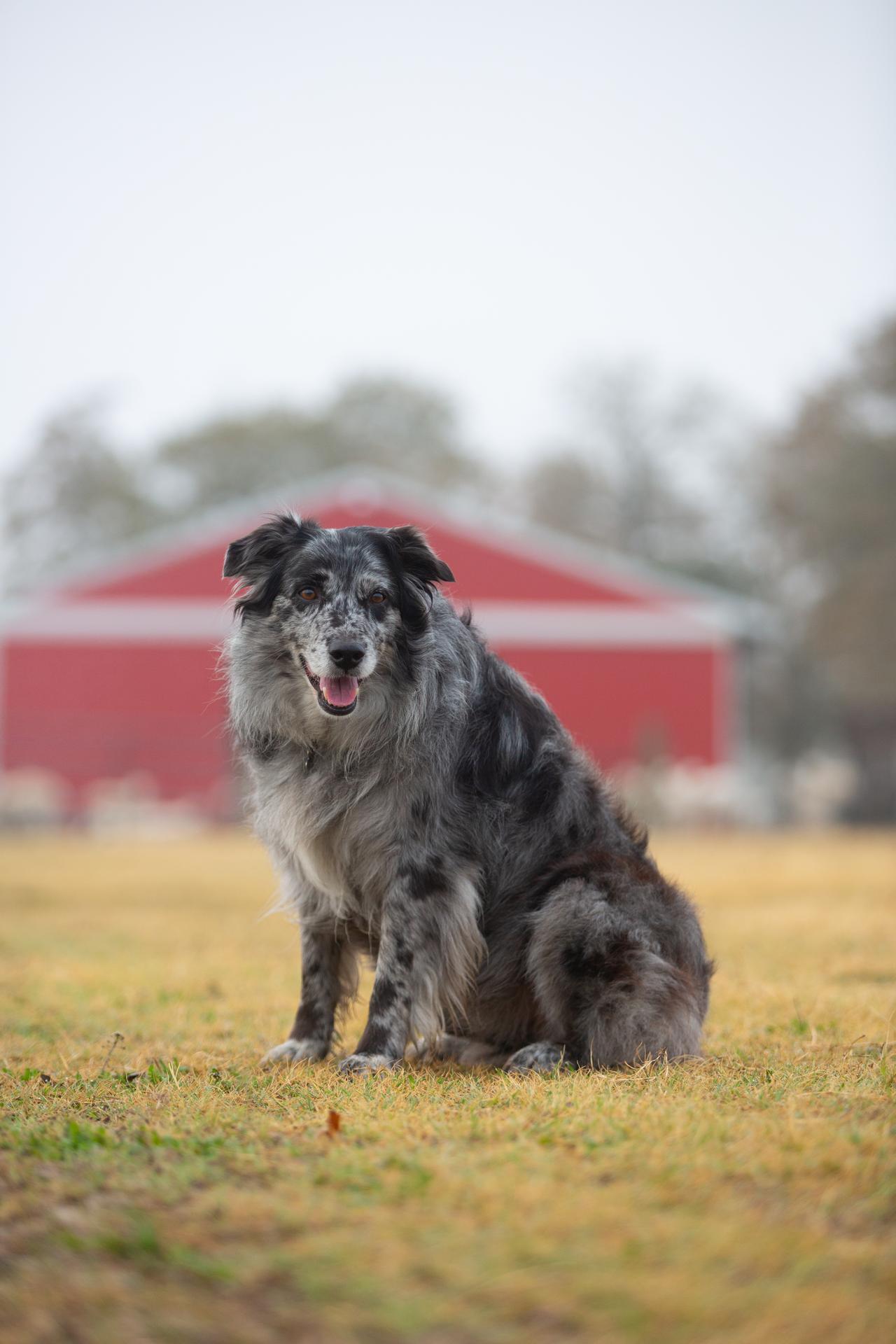
|
| 03/30/2023 |
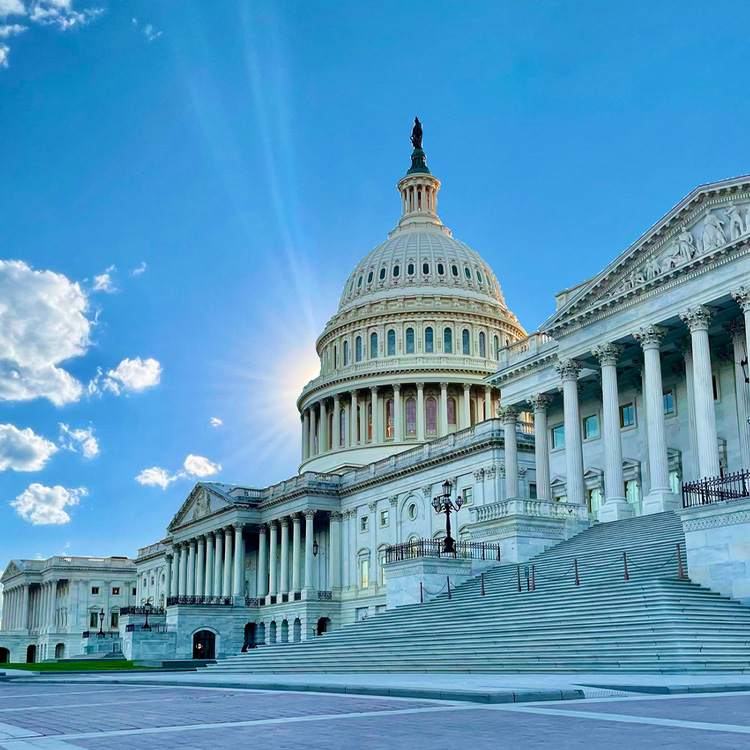
|
| 03/16/2023 |
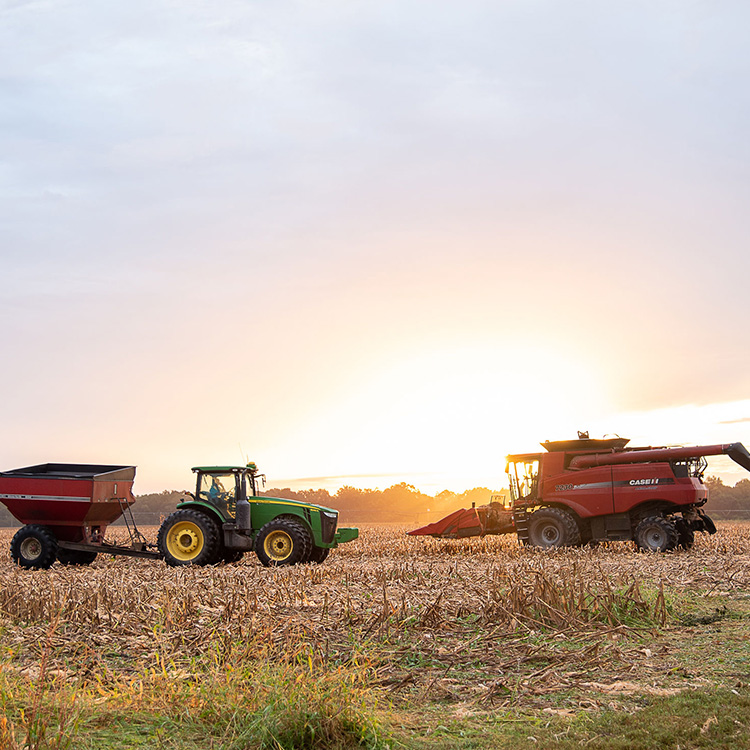
|
| 03/12/2023 |

|
| 03/12/2023 |

|
| 03/12/2023 |

|
| 03/05/2023 |

|
| 03/04/2023 |
|
| 03/03/2023 |
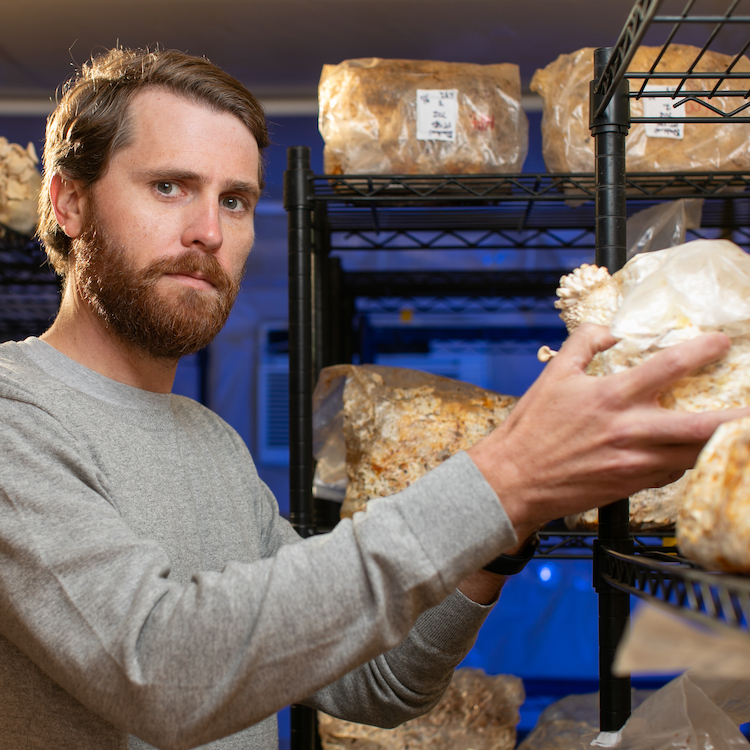
|
| 03/02/2023 |
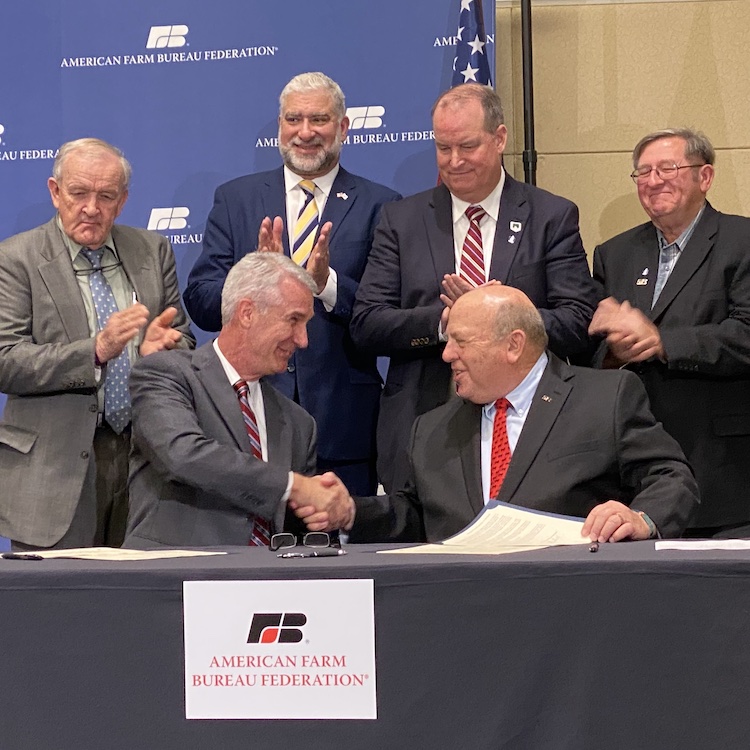
|
| 03/01/2023 |
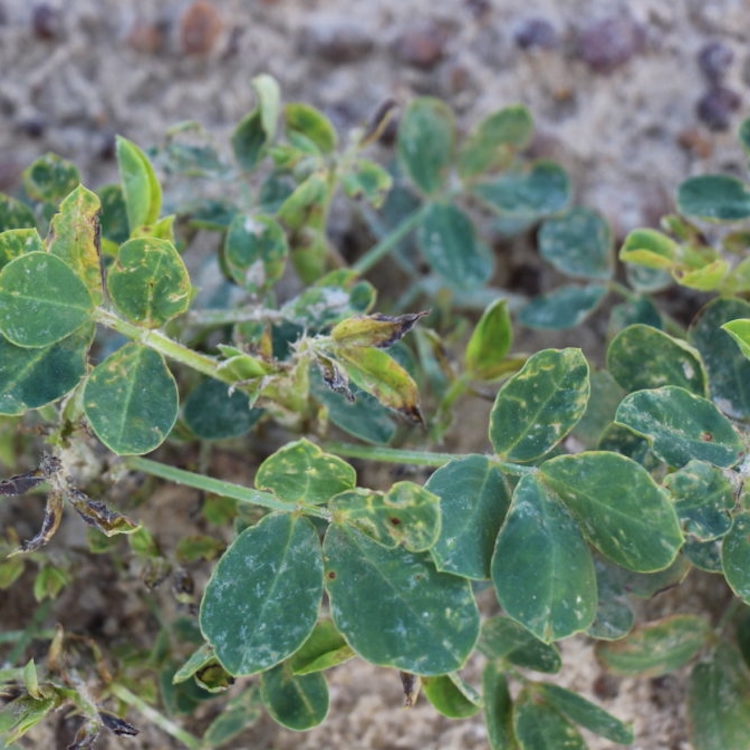
|
| 02/28/2023 |
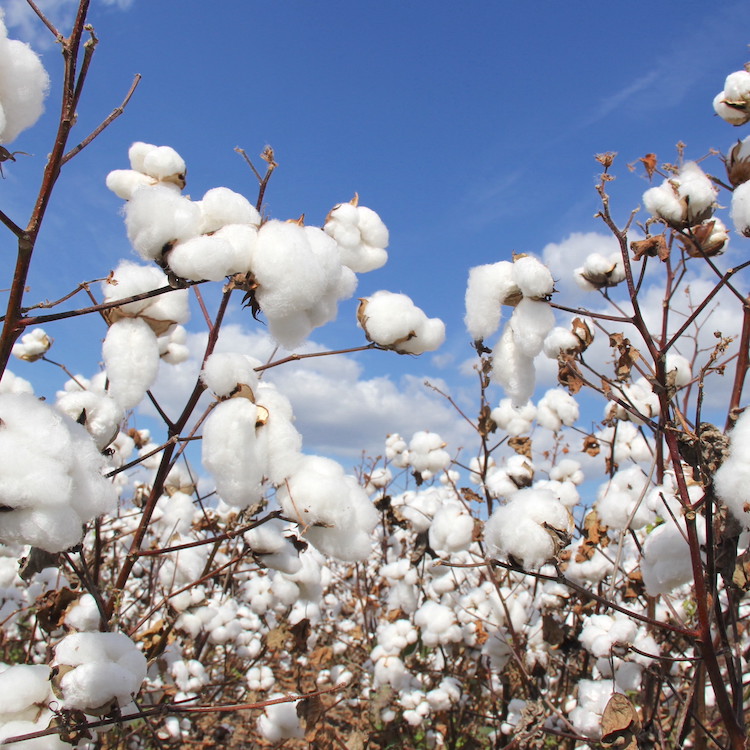
|
| 02/27/2023 |
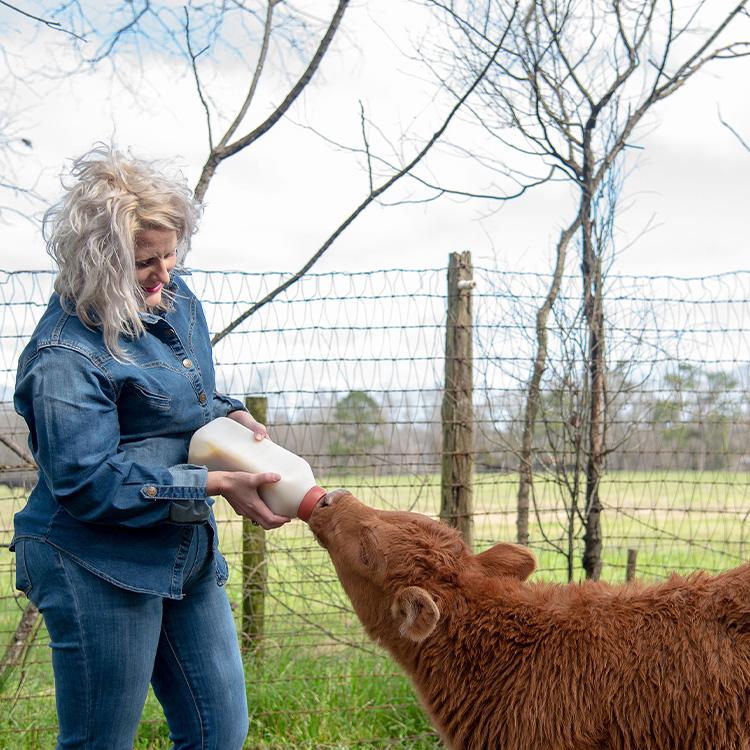
|
| 02/27/2023 |

|
| 02/27/2023 |

|
| 02/26/2023 |
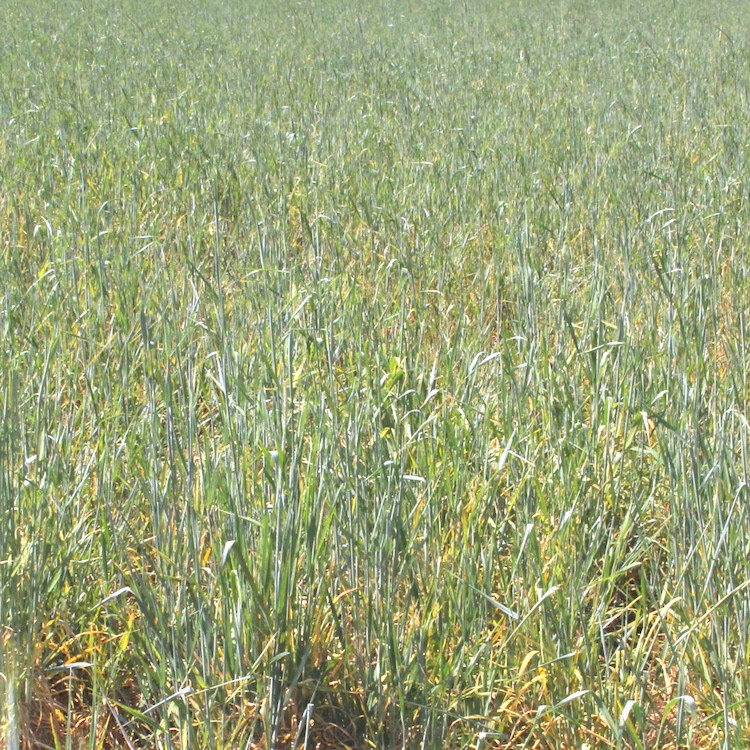
|
| 02/25/2023 |
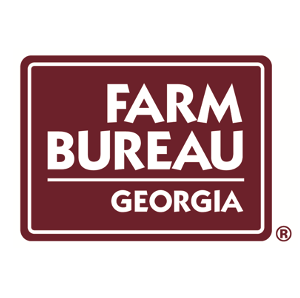
|
| 02/24/2023 |

|
| 02/23/2023 |

|
| 02/22/2023 |
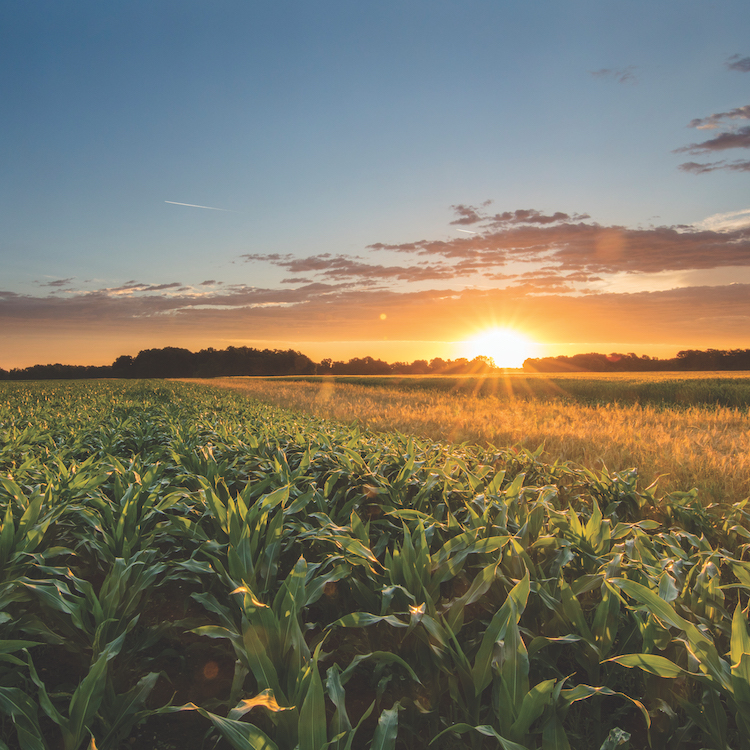
|
| 02/21/2023 |
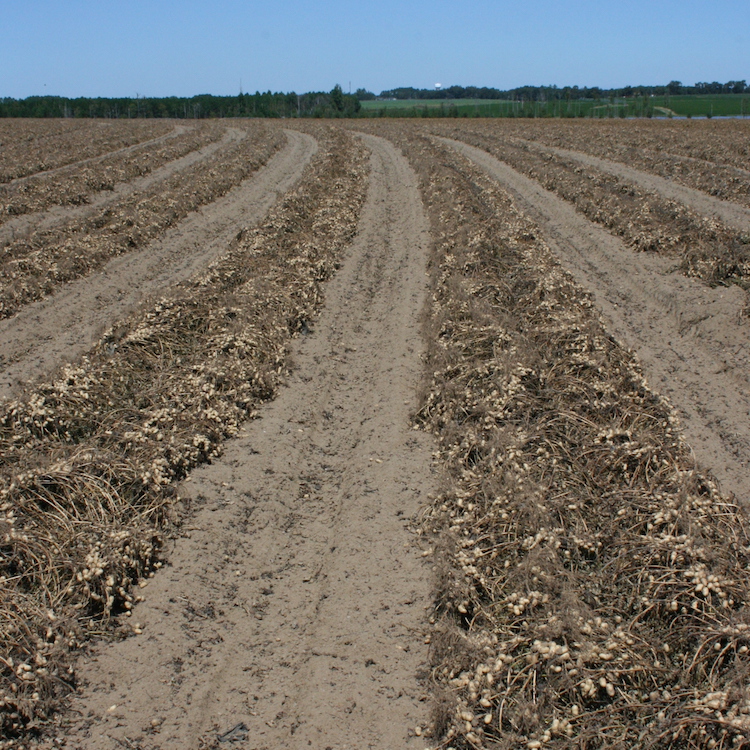
|
| 02/20/2023 |

|
| 02/19/2023 |

|
| 02/18/2023 |

|
| 02/17/2023 |
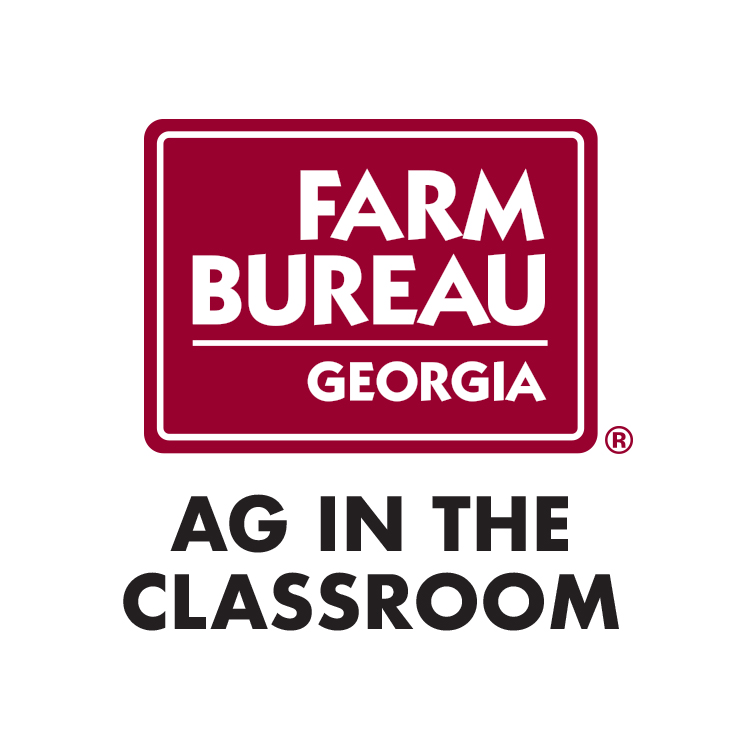
|
| 02/16/2023 |
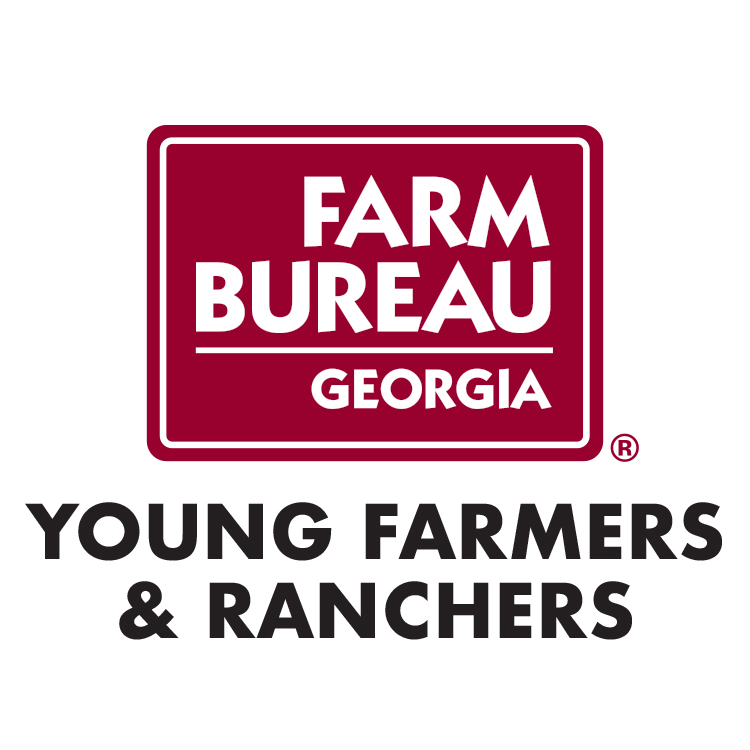
Young Farmer & Rancher Update: YF&R Program offers amazing opportunities
|
| 02/15/2023 |

|
| 02/14/2023 |
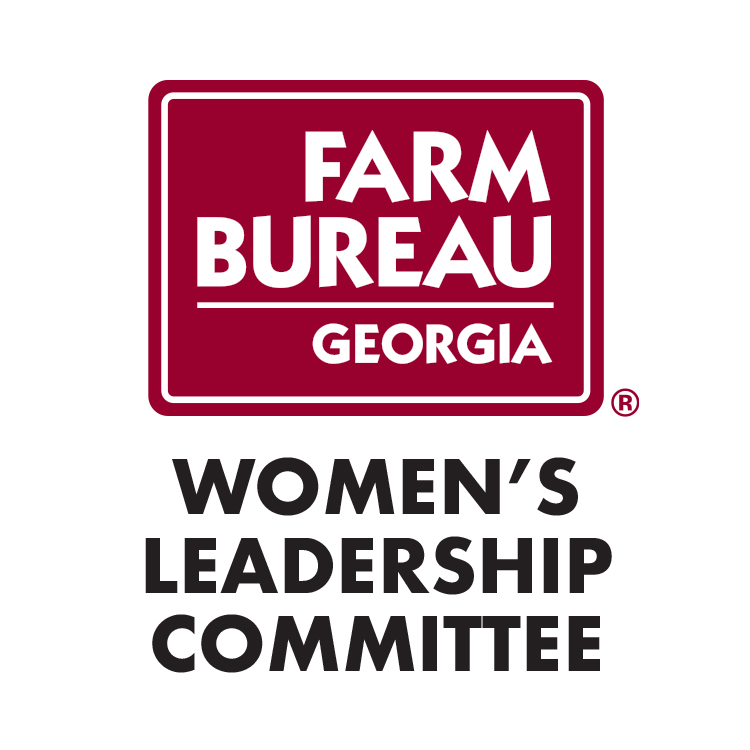
|
| 02/13/2023 |

Women in Ag Summit offers encouragement, how-to
|
| 02/12/2023 |

|
| 02/12/2023 |
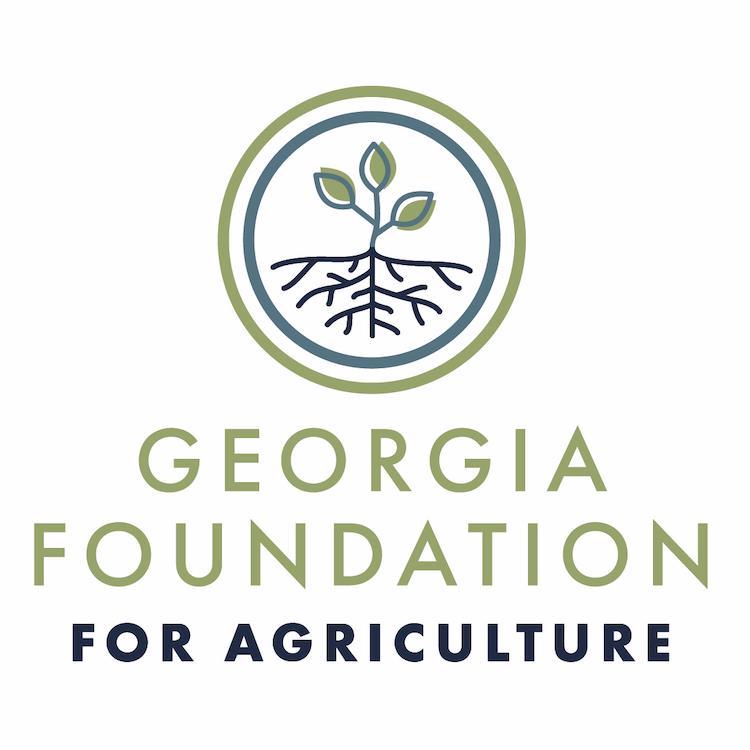
Georgia Foundation for Agriculture '22 Year in Review
|
| 02/10/2023 |
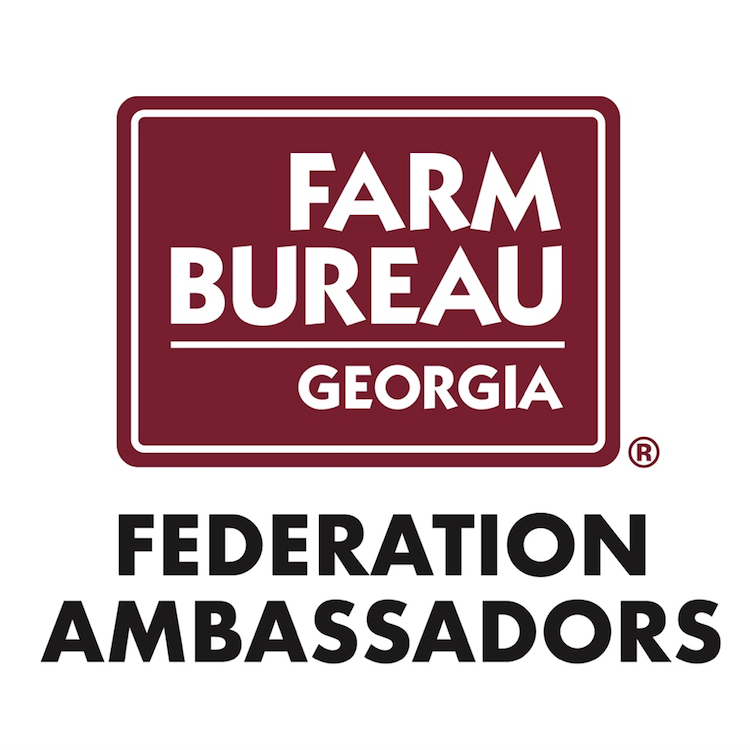
|
| 02/01/2023 |
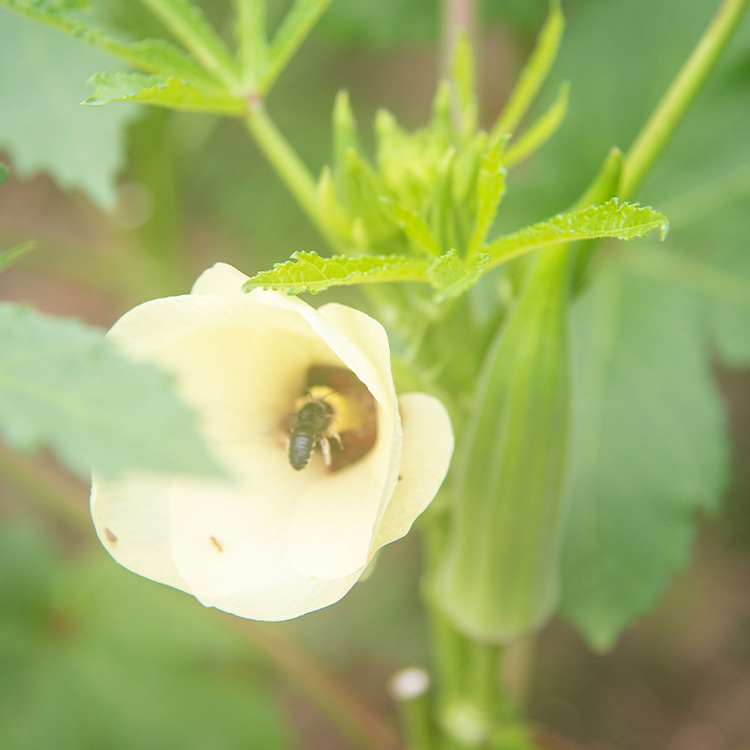
|
| 01/30/2023 |
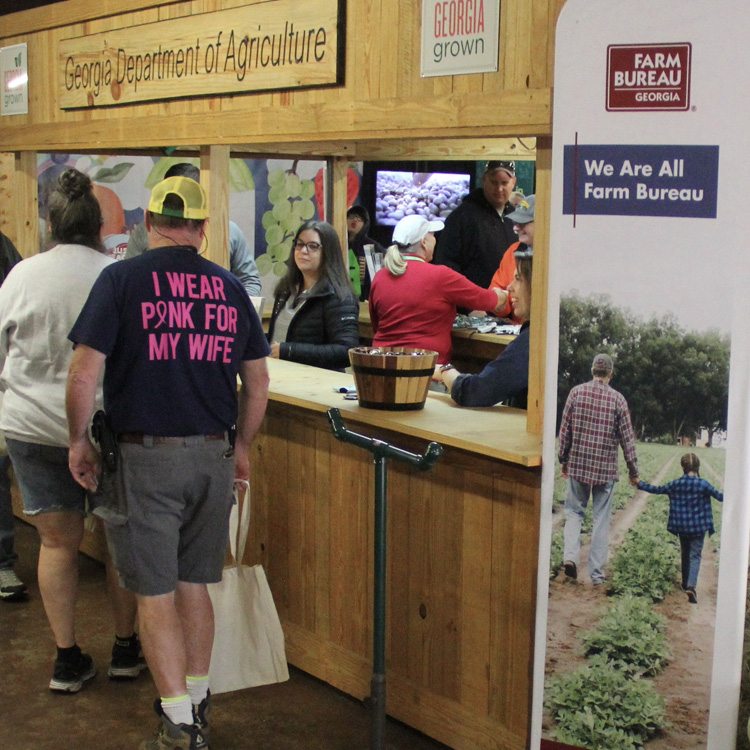
45TH EXPO CELEBRATES SOUTHEASTERN AG By: Jay Stone & Jennifer Whittaker
|
| 12/04/2022 |

|
| 11/29/2022 |

|
| 11/27/2022 |

|
| 11/26/2022 |
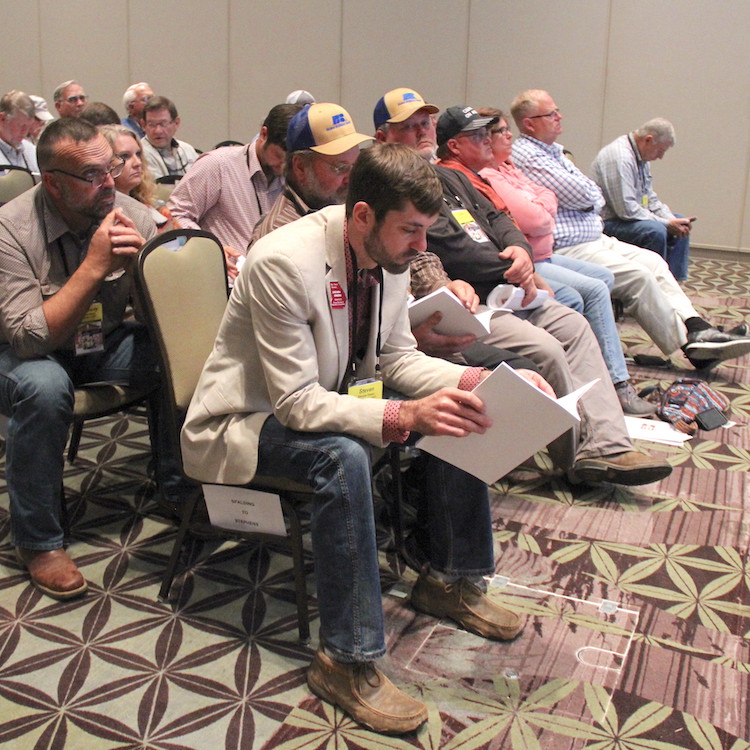
GFB’s legislative success depends on member involvement
|
| 11/25/2022 |
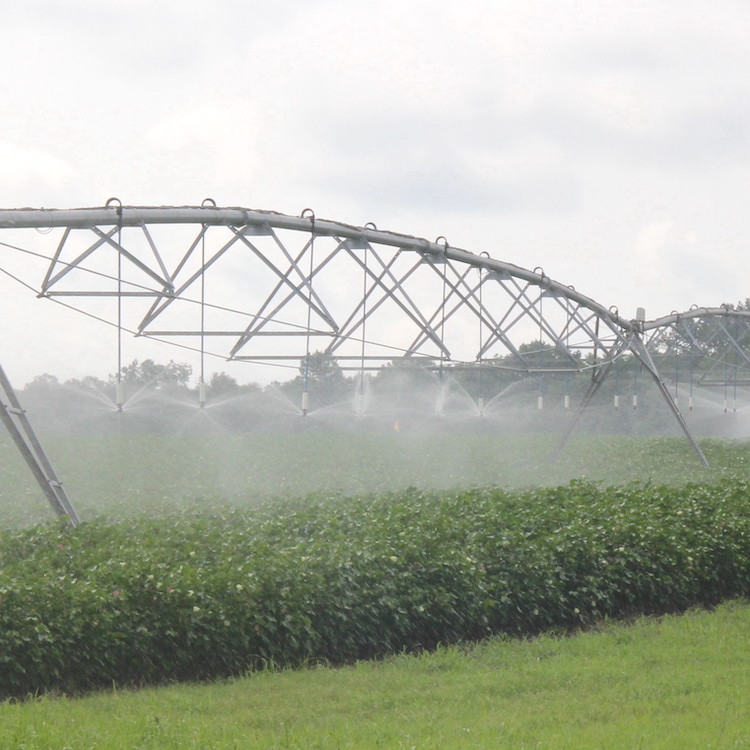
|
| 11/24/2022 |

|
| 11/23/2022 |

|
| 11/22/2022 |

Farm Service Agency offers much more than loans
|
| 11/21/2022 |
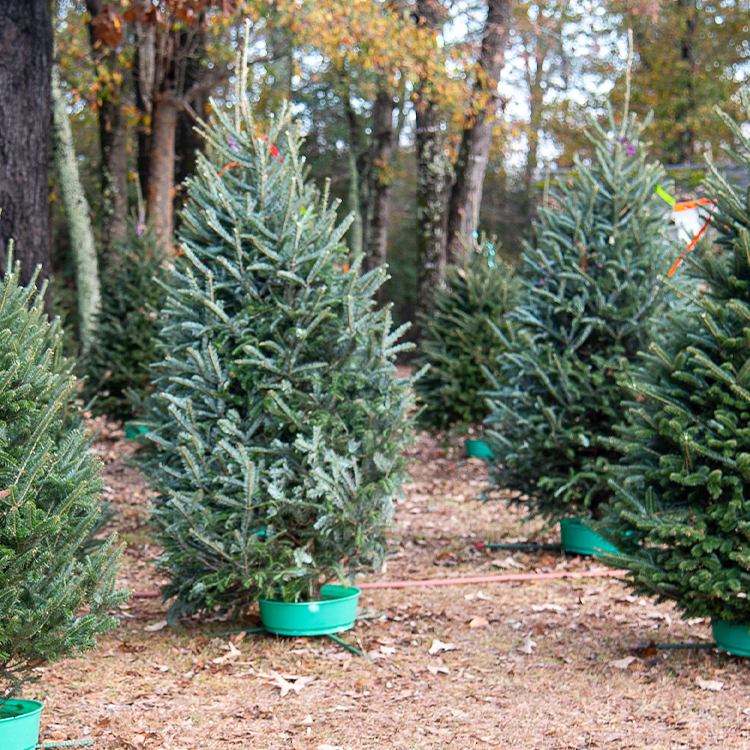
|
| 11/21/2022 |

|
| 11/21/2022 |

|
| 11/20/2022 |
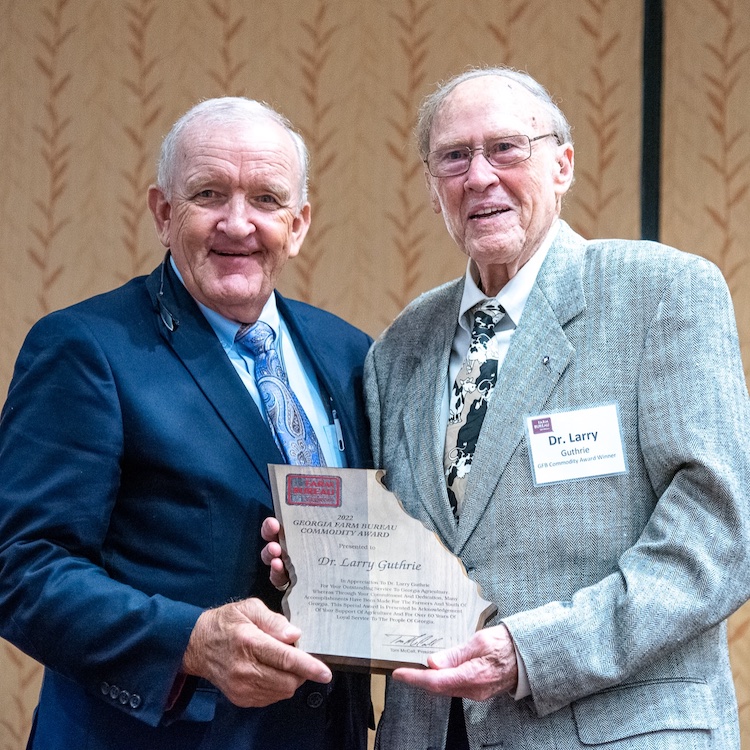
GFB presents commodity award to Guthrie
|
| 11/19/2022 |

|
| 11/18/2022 |
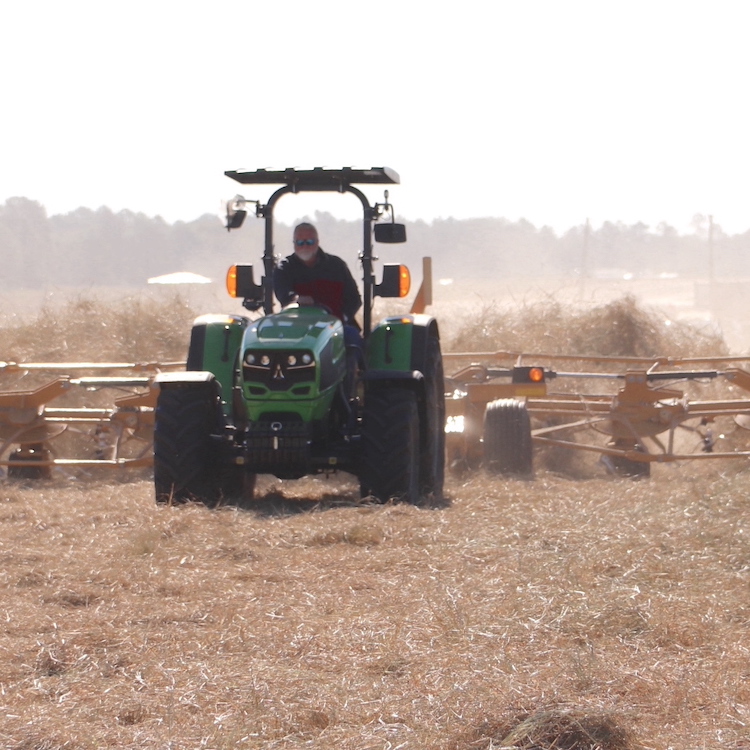
|
| 11/17/2022 |
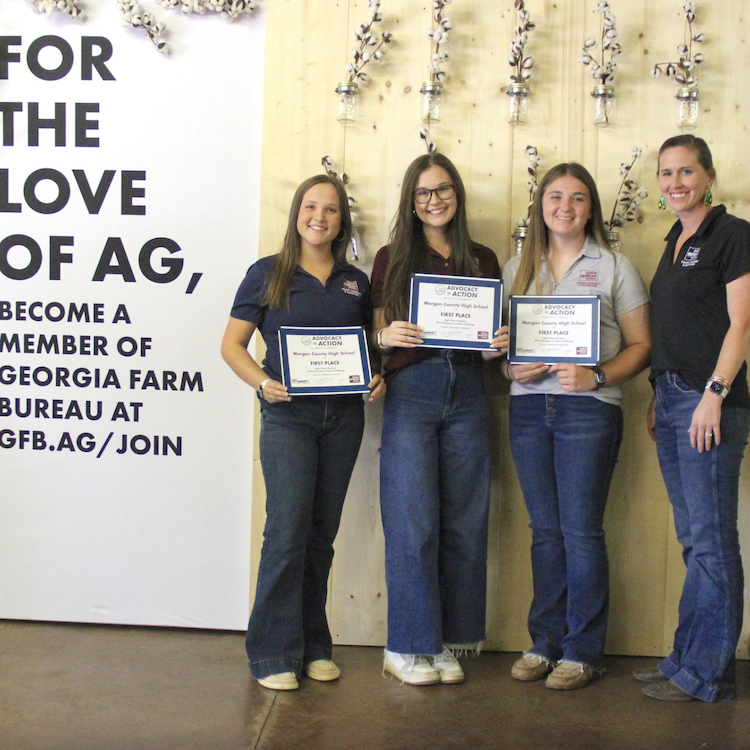
|
| 11/16/2022 |

Georgia National Fair honors outgoing Ag Commissioner Black
|
| 11/15/2022 |
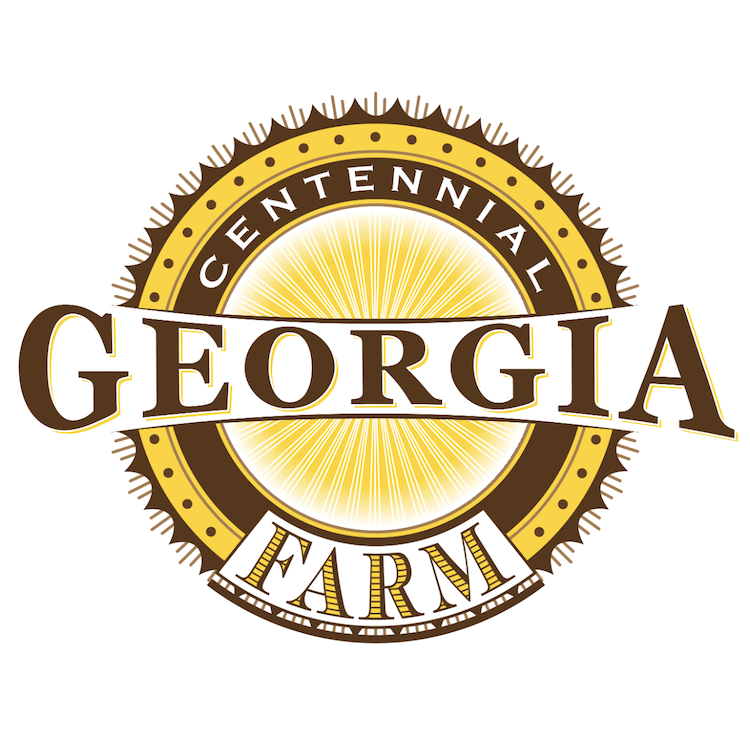
|
| 11/14/2022 |

|
| 11/13/2022 |
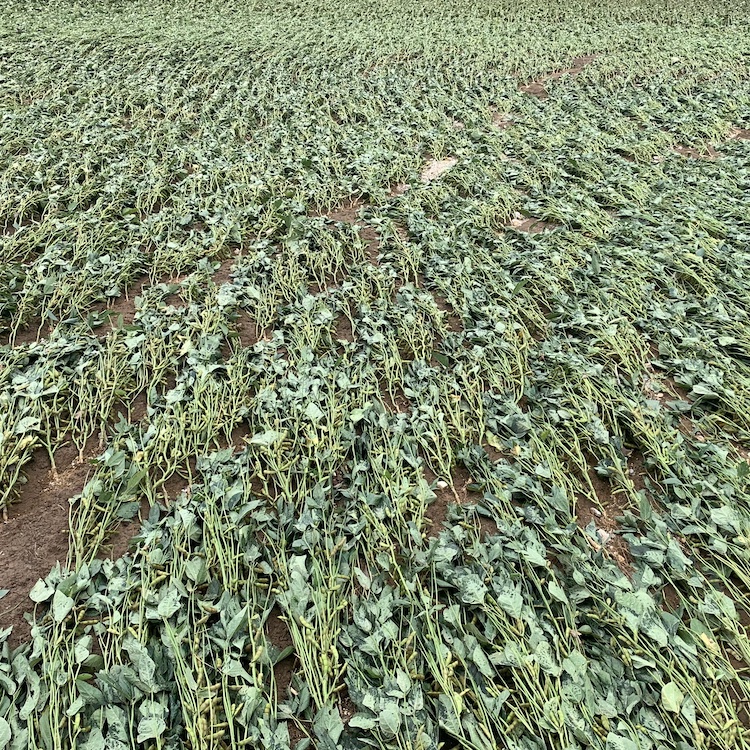
|
| 11/12/2022 |

|
| 11/11/2022 |

|
| 11/10/2022 |

GFA offering $70,000 in scholarships for students pursuing ag degrees
|
| 11/09/2022 |
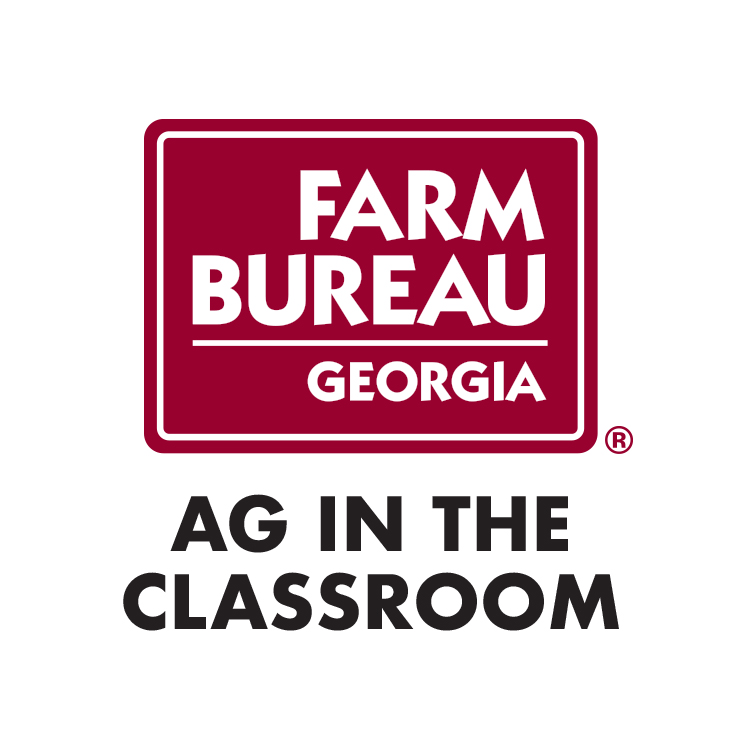
|
| 11/08/2022 |
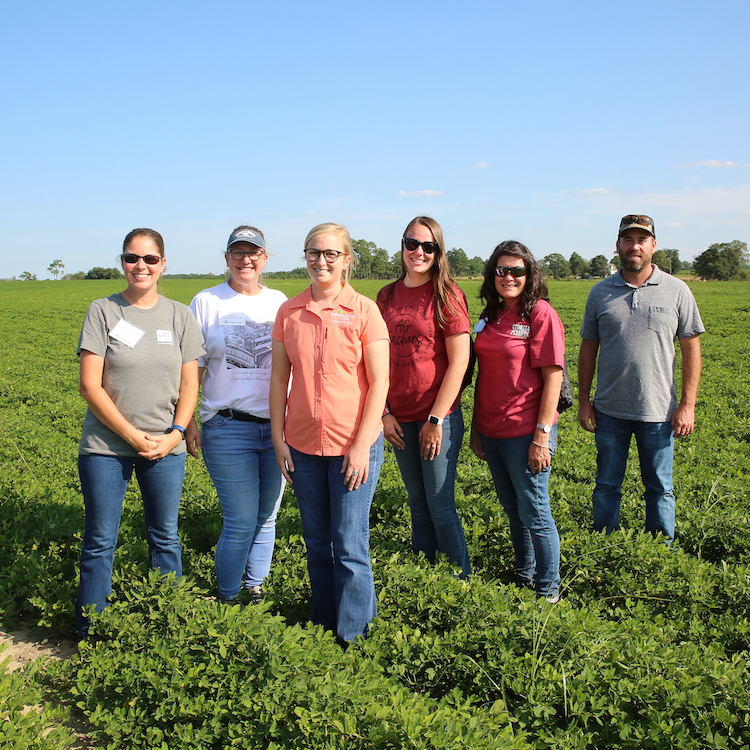
|
| 11/07/2022 |

|
| 11/07/2022 |
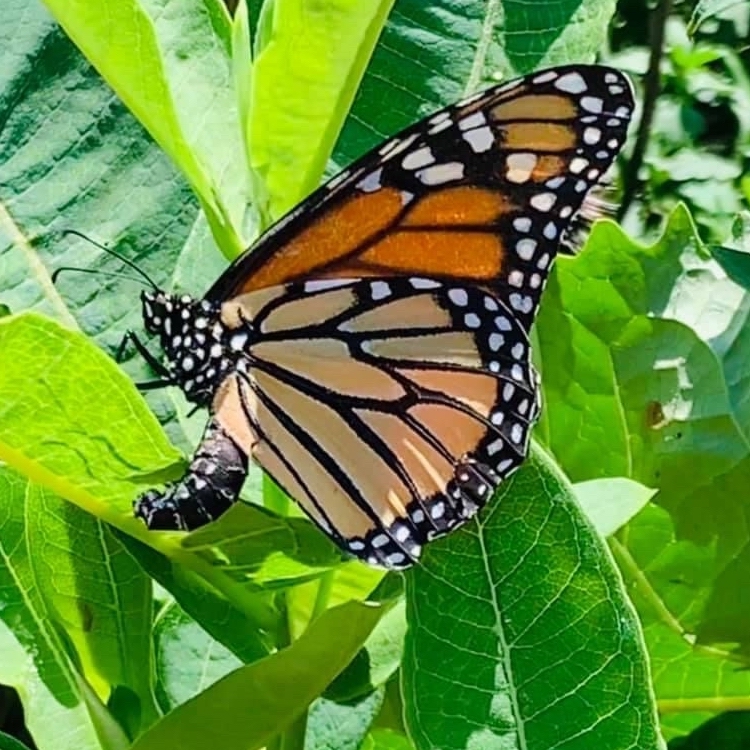
|
| 11/06/2022 |

|
| 11/05/2022 |

|
| 11/04/2022 |
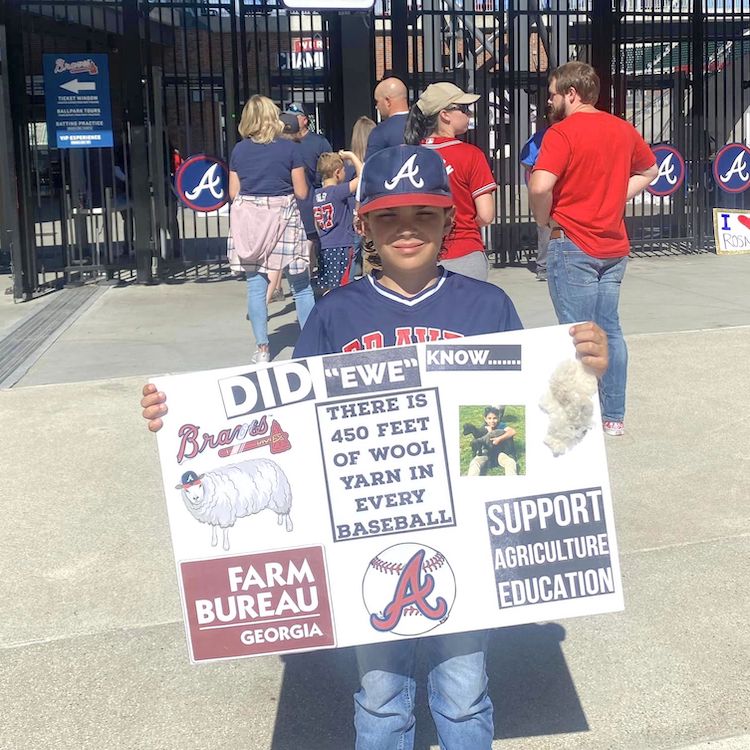
|
| 11/03/2022 |

|
| 11/03/2022 |
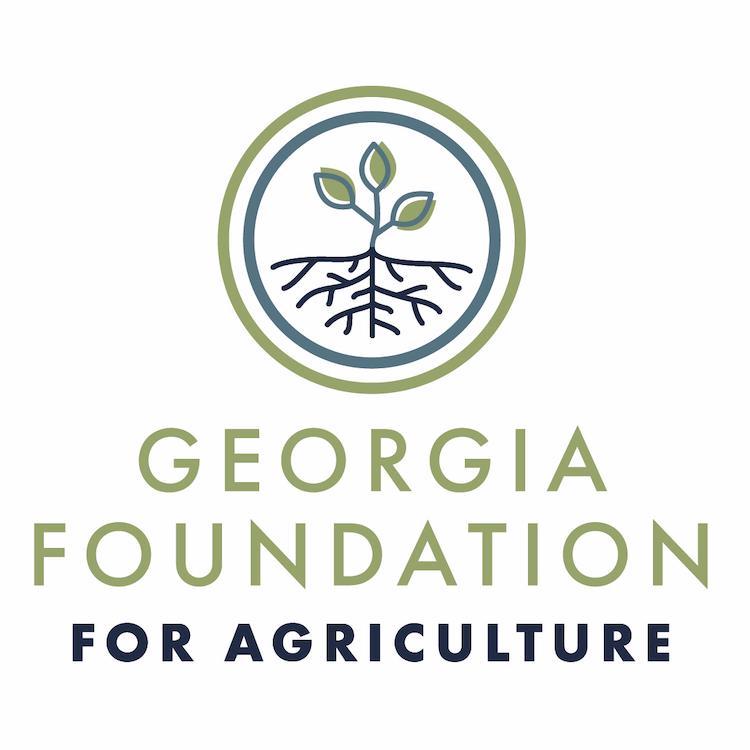
Georgia Foundation for Agriculture Thanks Sponsors
|
| 10/17/2022 |

|
| 10/17/2022 |

|
| 10/16/2022 |

|
| 10/03/2022 |

|
| 10/02/2022 |

|
| 10/02/2022 |
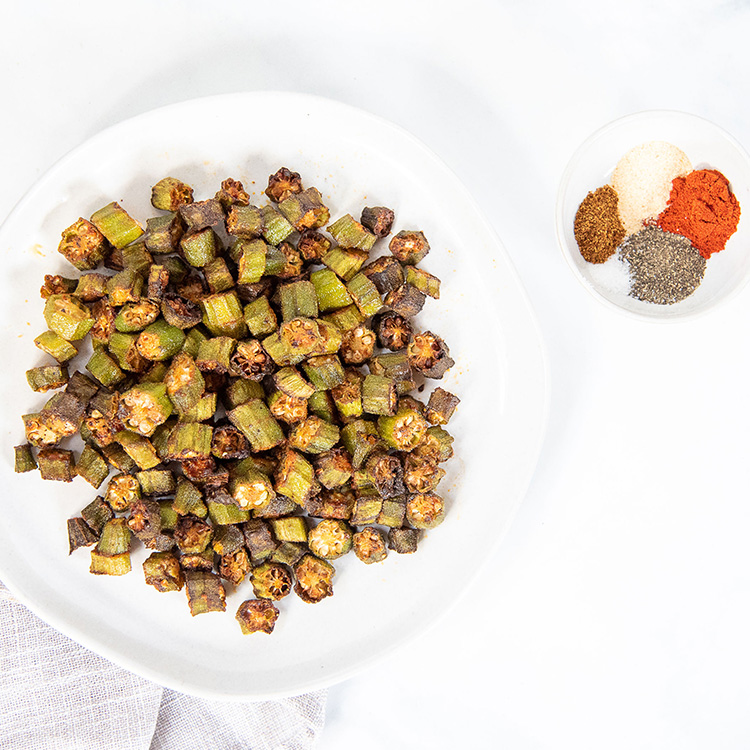
|
| 09/27/2022 |
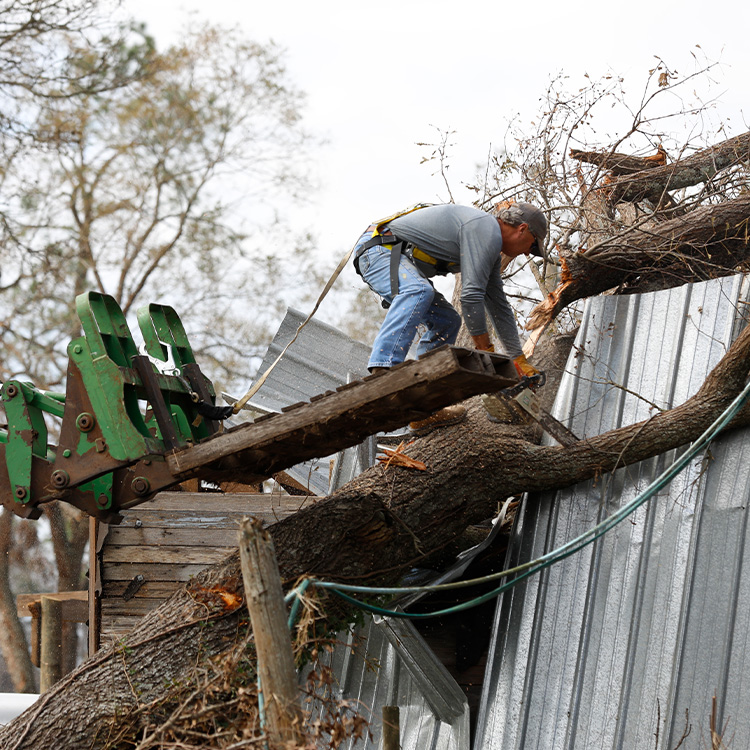
|
| 09/26/2022 |
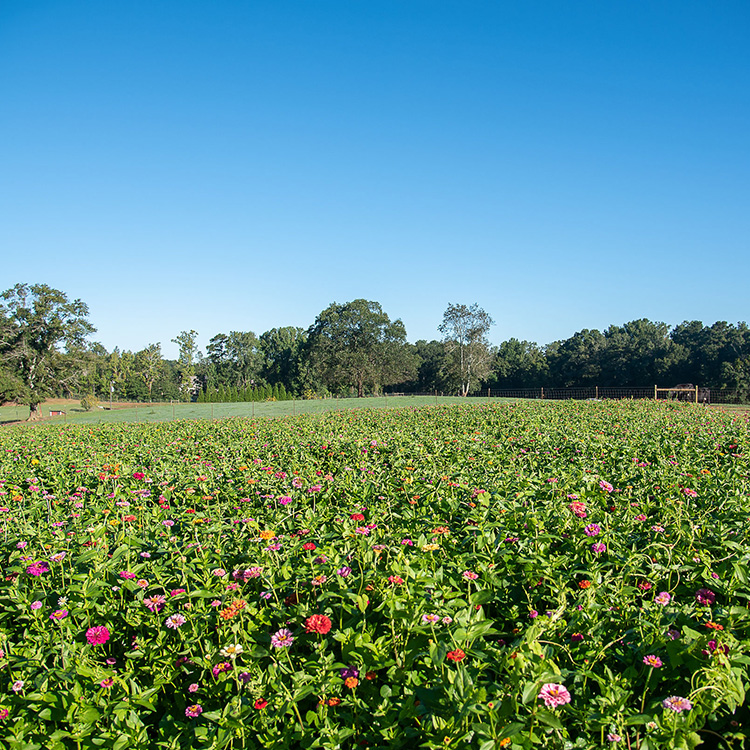
|
| 09/26/2022 |
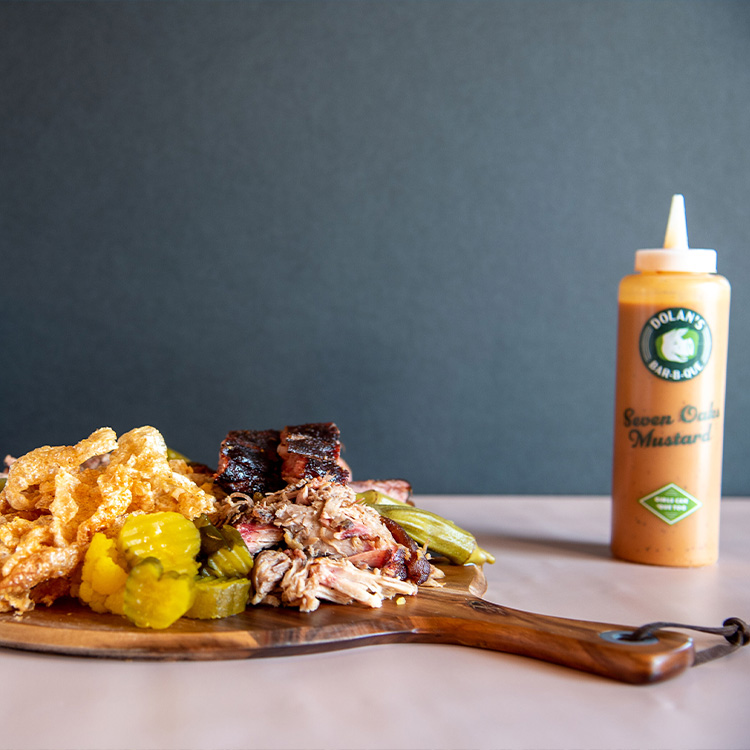
|
| 09/26/2022 |

|
| 09/19/2022 |
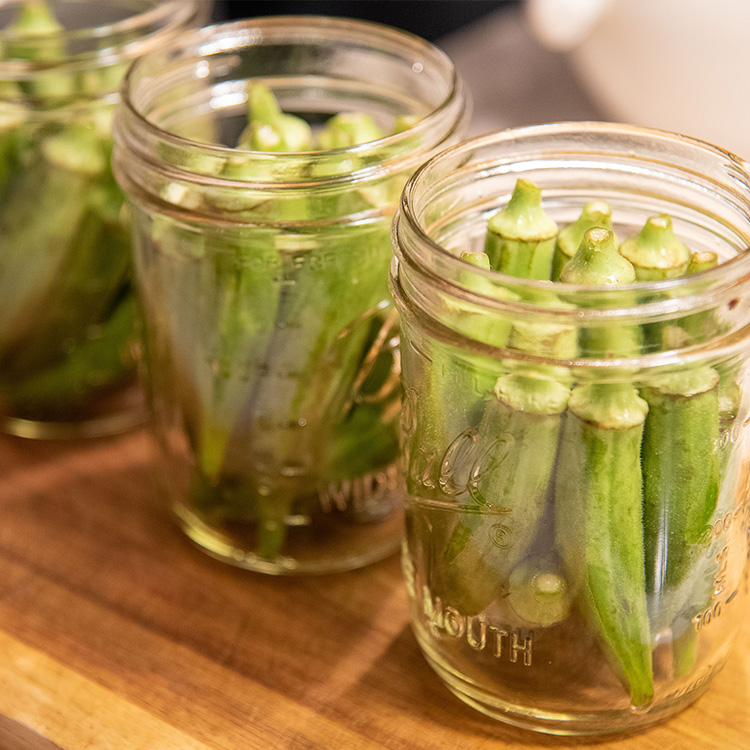
|
| 09/19/2022 |

|
| 09/05/2022 |

|
| 09/04/2022 |
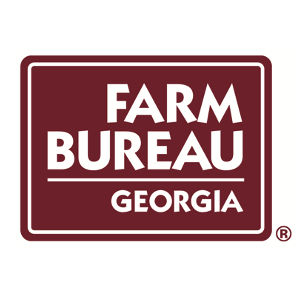
|
| 09/03/2022 |
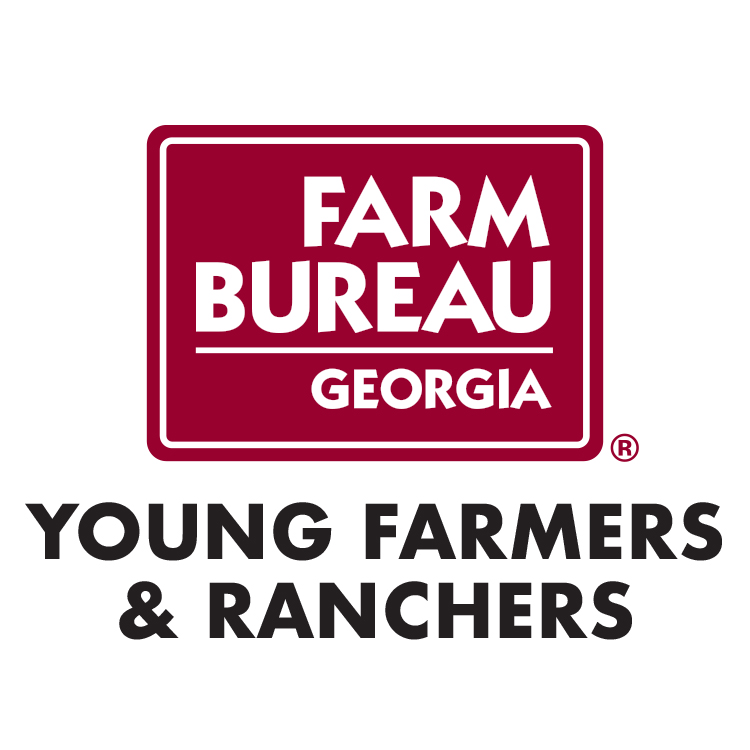
|
| 09/02/2022 |
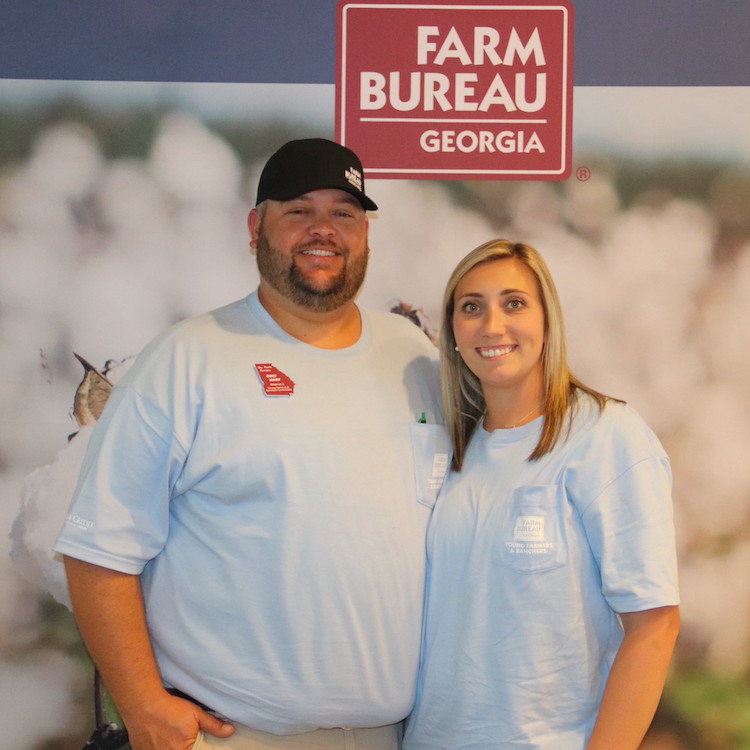
|
| 09/01/2022 |

|
| 08/31/2022 |

|
| 08/30/2022 |

|
| 08/29/2022 |

|
| 08/28/2022 |
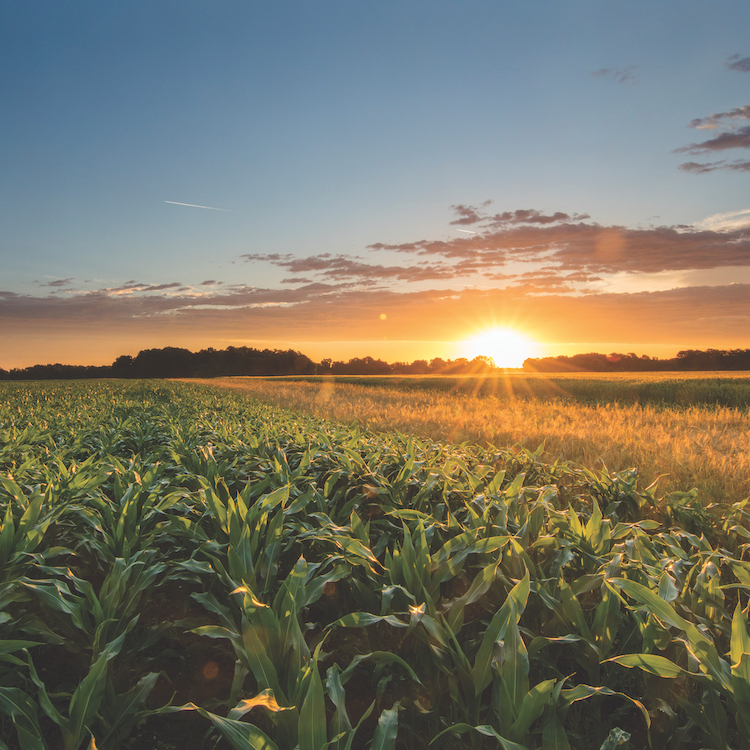
Mercer study gauges farmers’ stress levels
|
| 08/27/2022 |
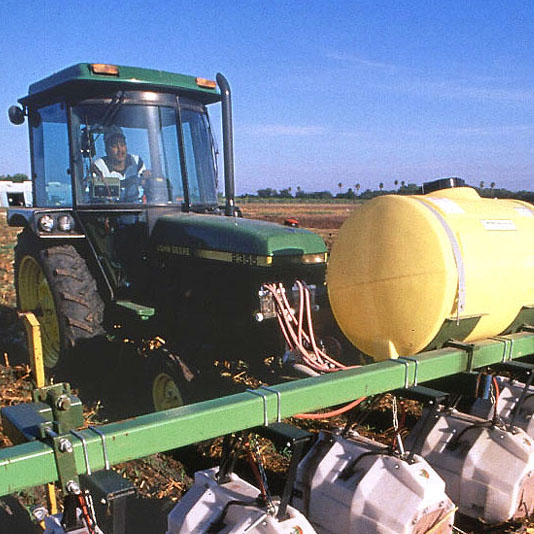
|
| 08/26/2022 |
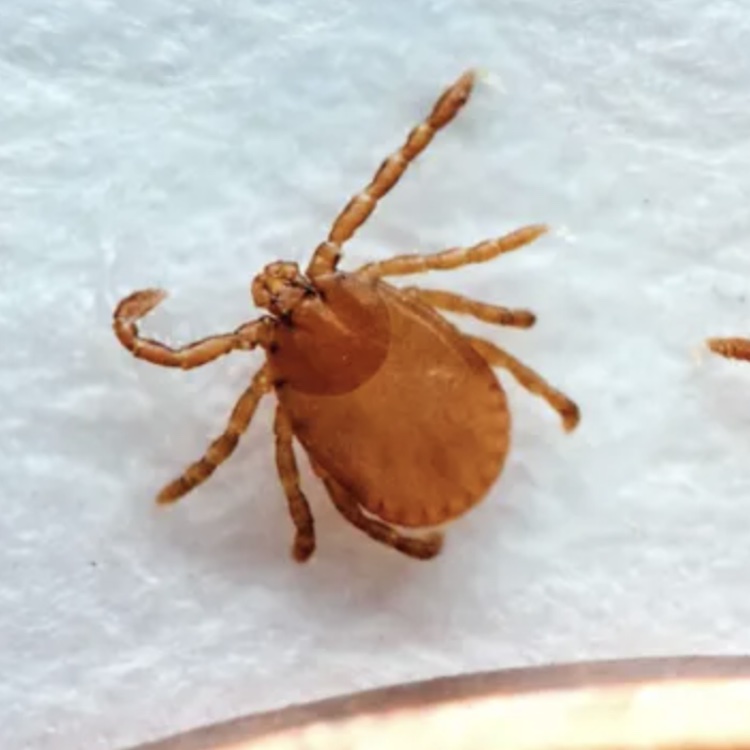
|
| 08/25/2022 |

|
| 08/24/2022 |
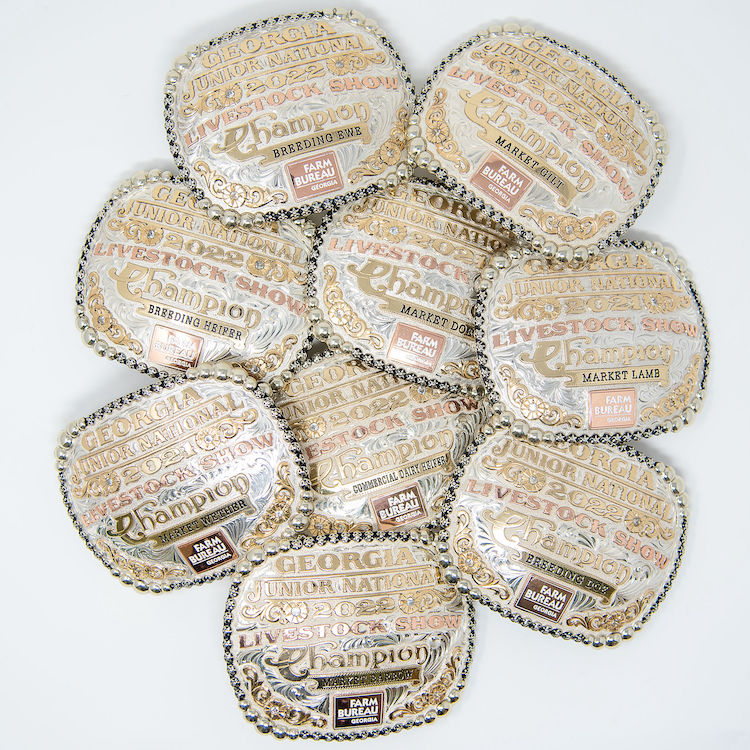
|
| 08/23/2022 |
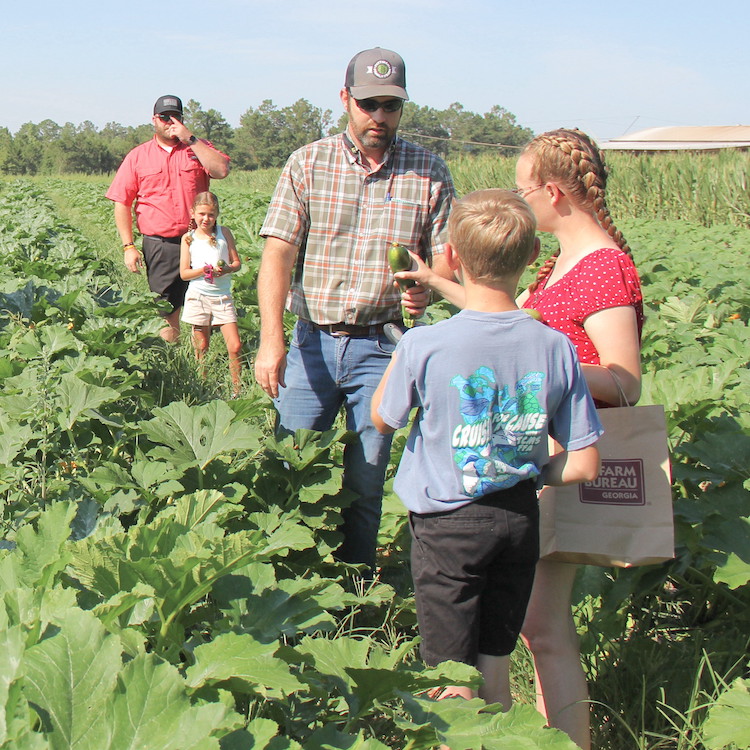
|
| 08/22/2022 |
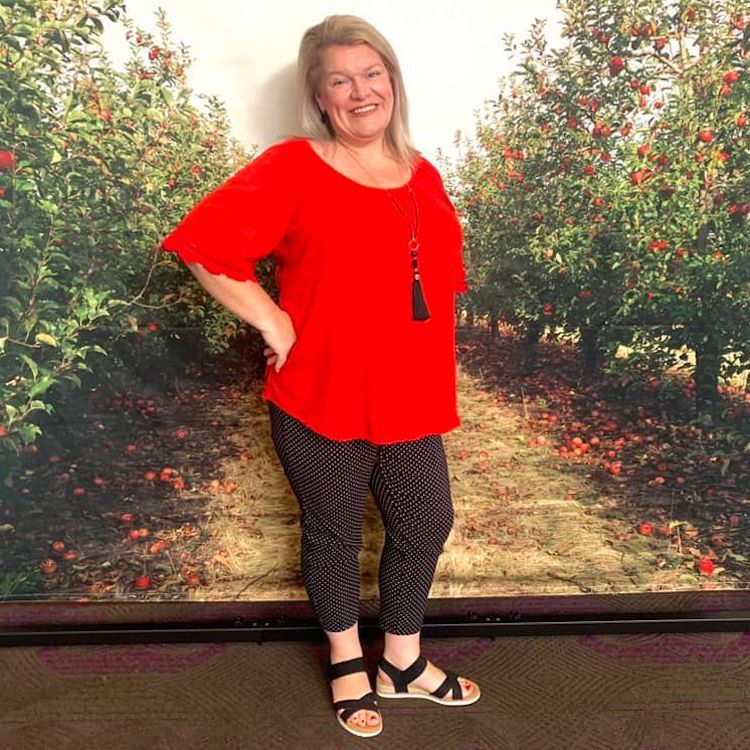
|
| 08/21/2022 |
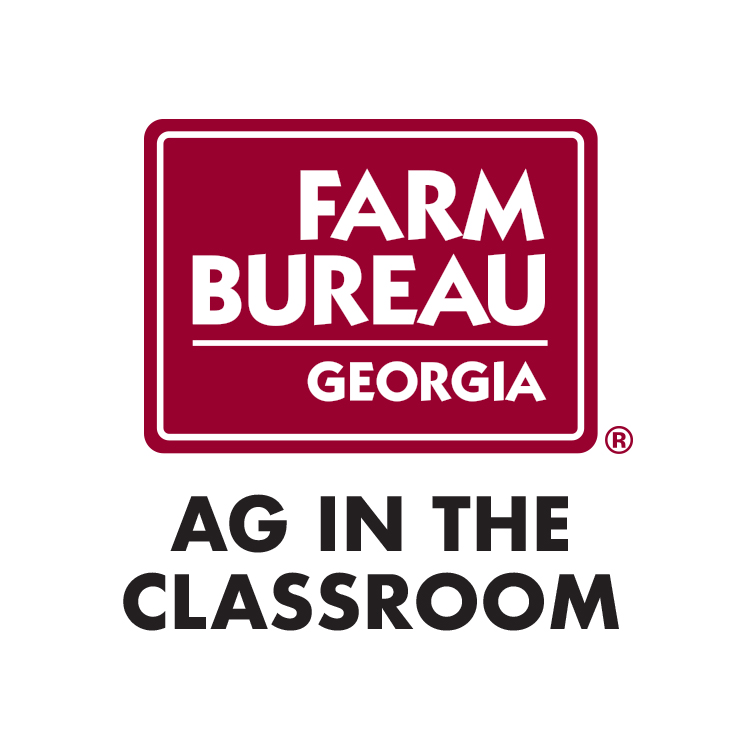
|
| 08/21/2022 |
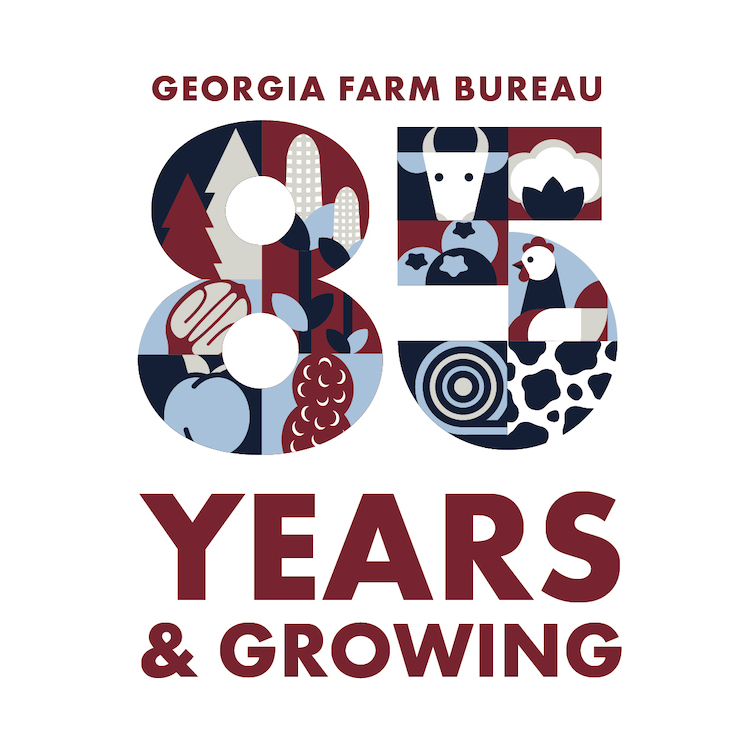
|
| 08/20/2022 |
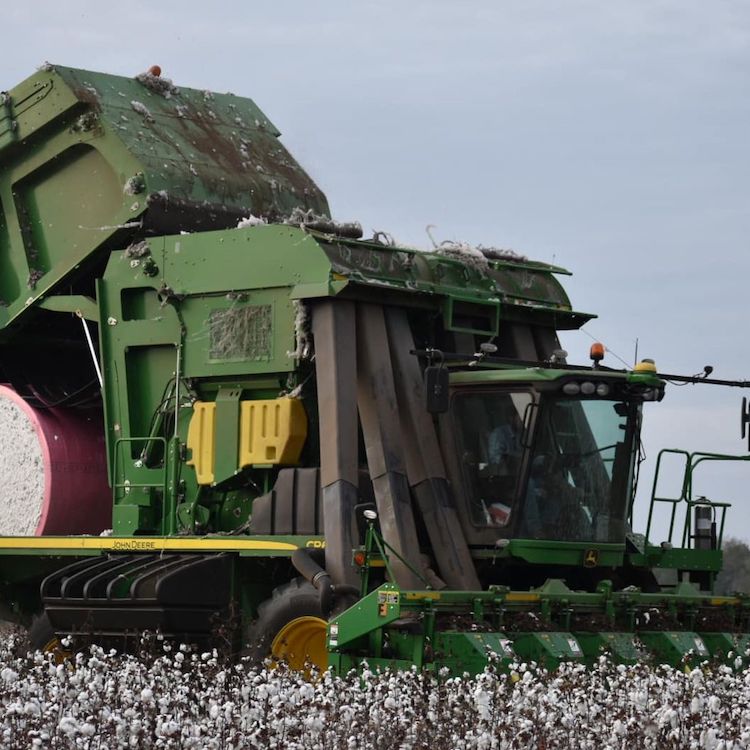
|
| 08/19/2022 |
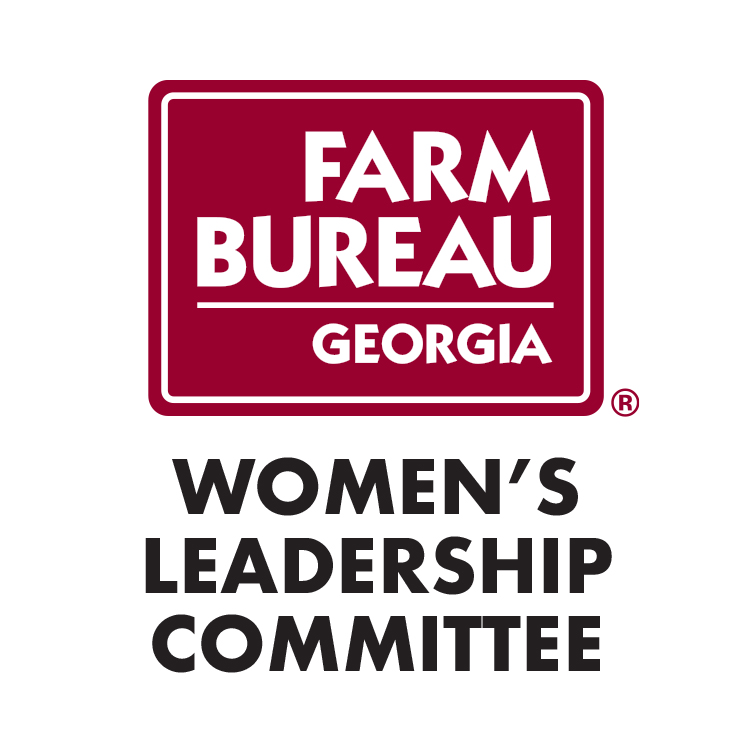
|
| 08/18/2022 |
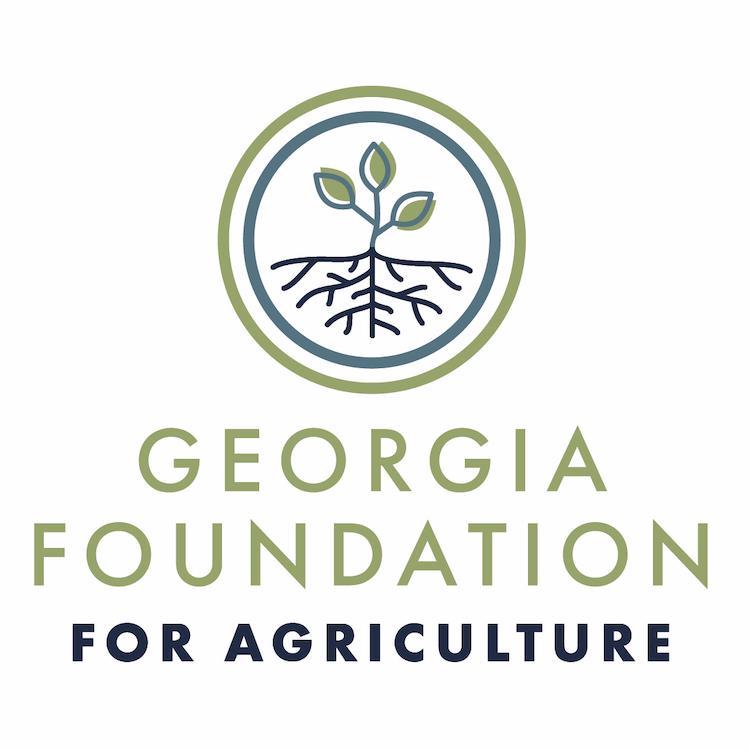
|
| 08/17/2022 |
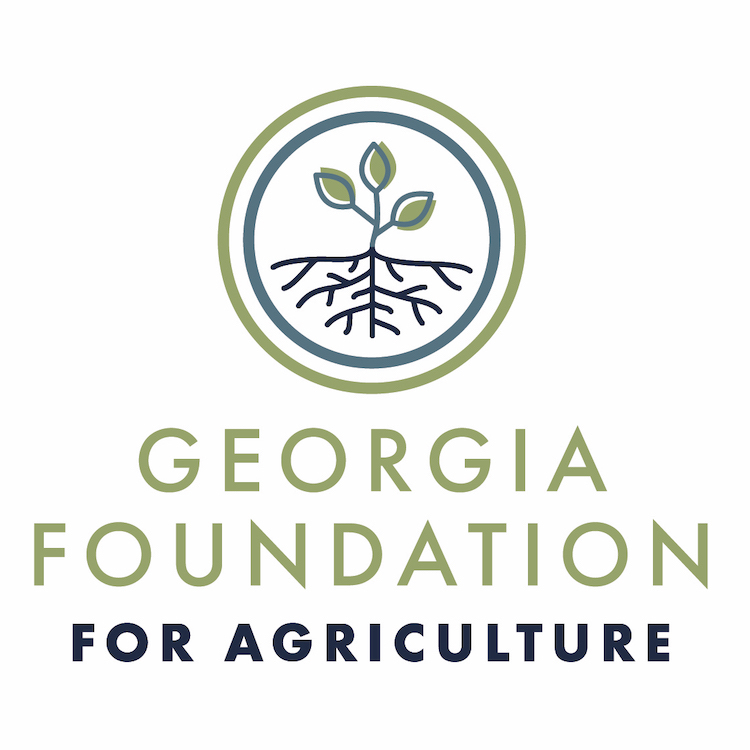
|
| 08/10/2022 |

3 Things to Look Forward to at Zoo Atlanta
|
| 07/21/2022 |
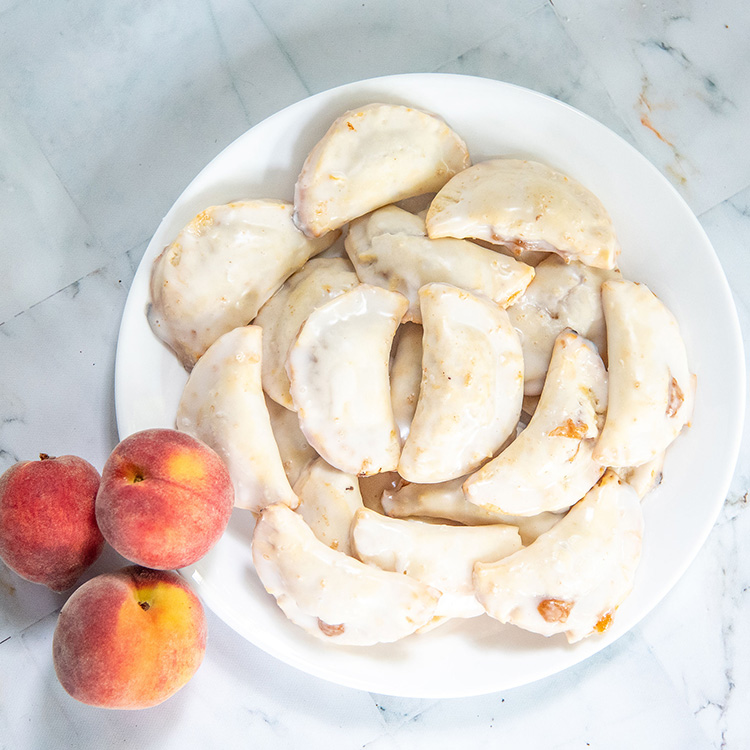
|
| 07/19/2022 |

Broiled Peaches with Vanilla Ice Cream
|
| 07/11/2022 |
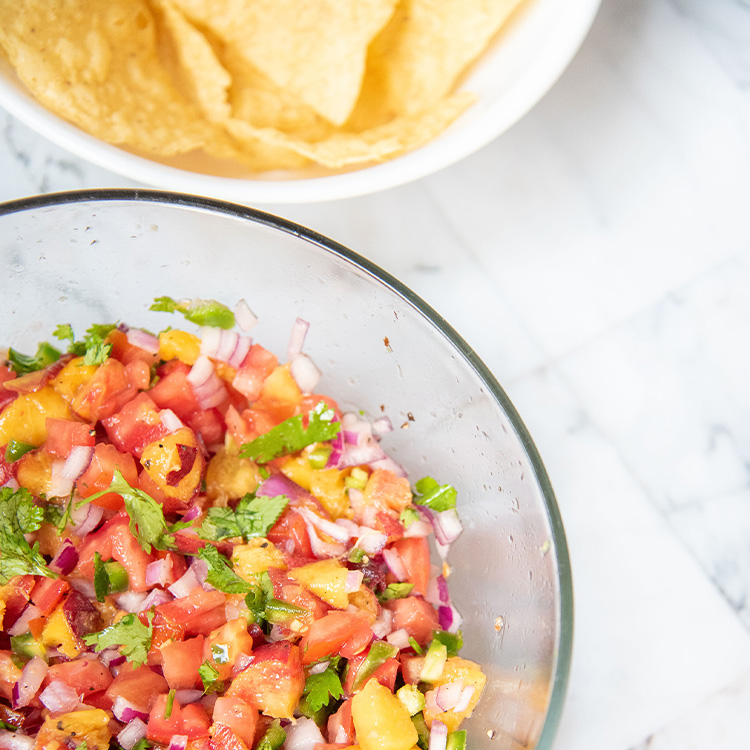
|
| 07/11/2022 |
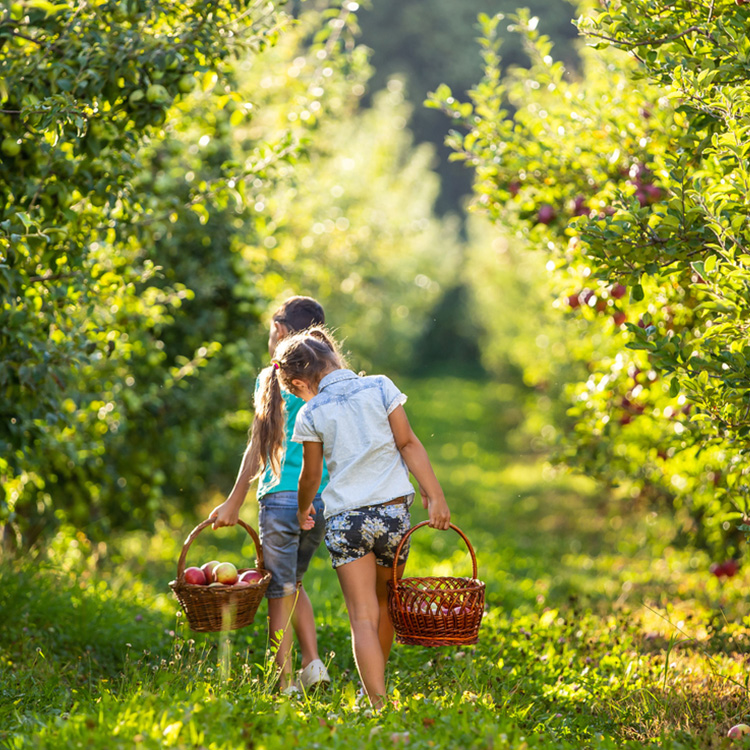
Passport Adventures Through Ellijay
|
| 06/30/2022 |

|
| 06/23/2022 |

Mommy & Me: Mrs. Diane’s Blueberry Syrup
|
| 06/20/2022 |
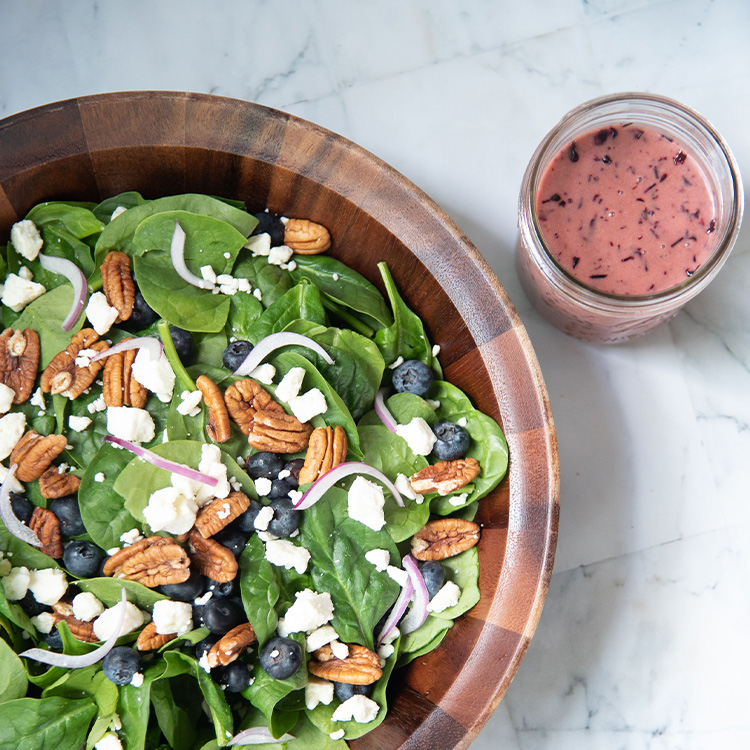
Spinach Salad with Fresh Blueberry Vinaigrette
|
| 06/13/2022 |

|
| 05/31/2022 |
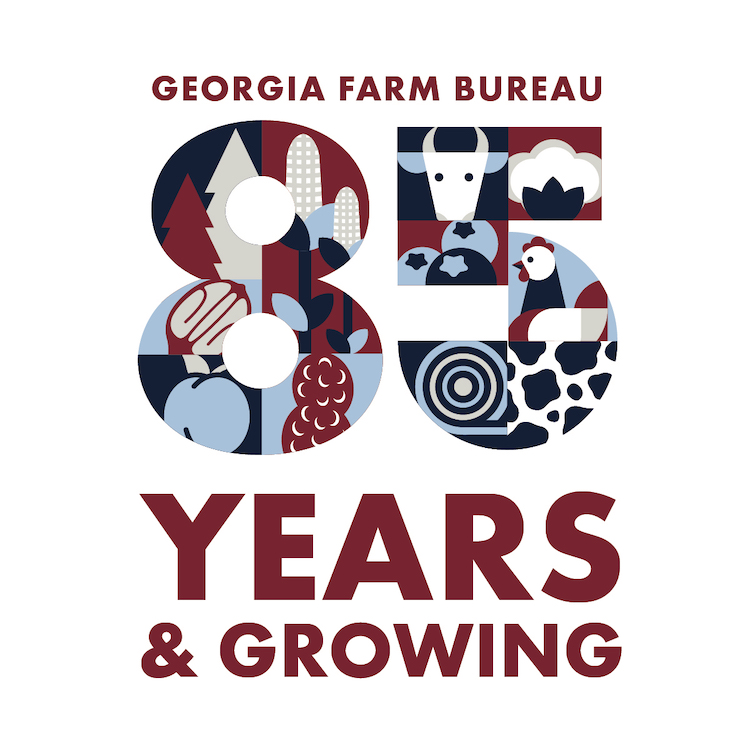
|
| 05/30/2022 |
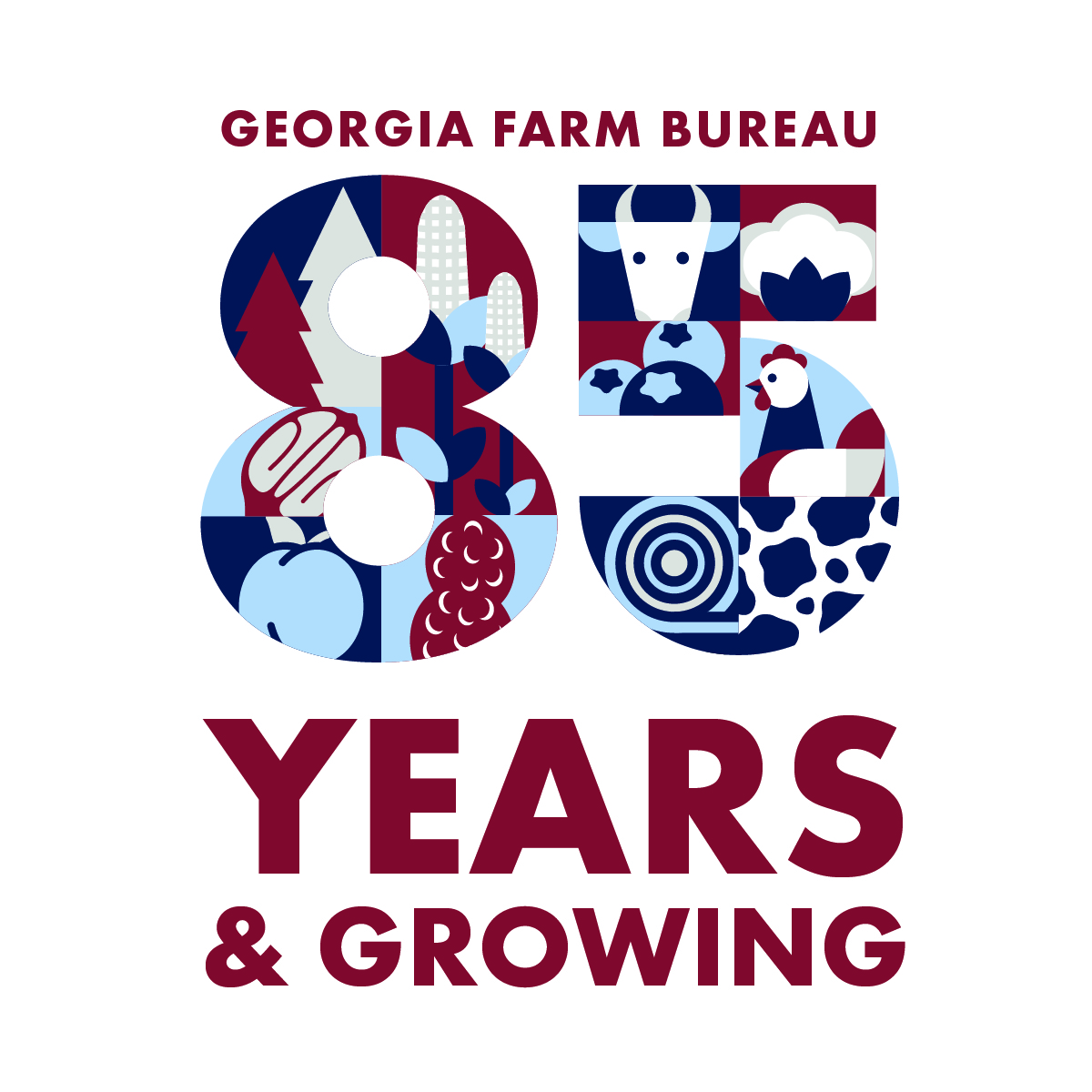
Georgia Farm Bureau marks 85 years of representing farmers
|
| 05/29/2022 |
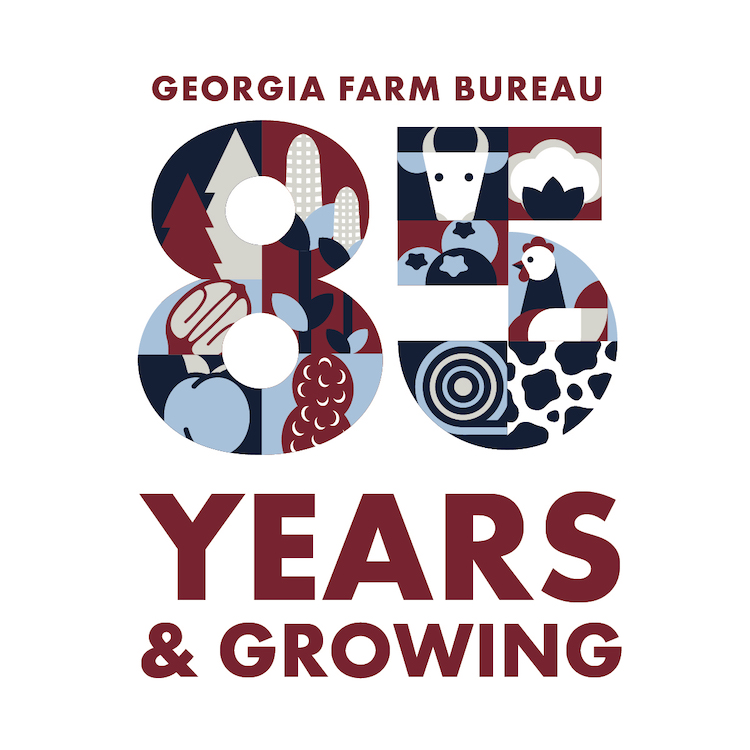
|
| 05/28/2022 |
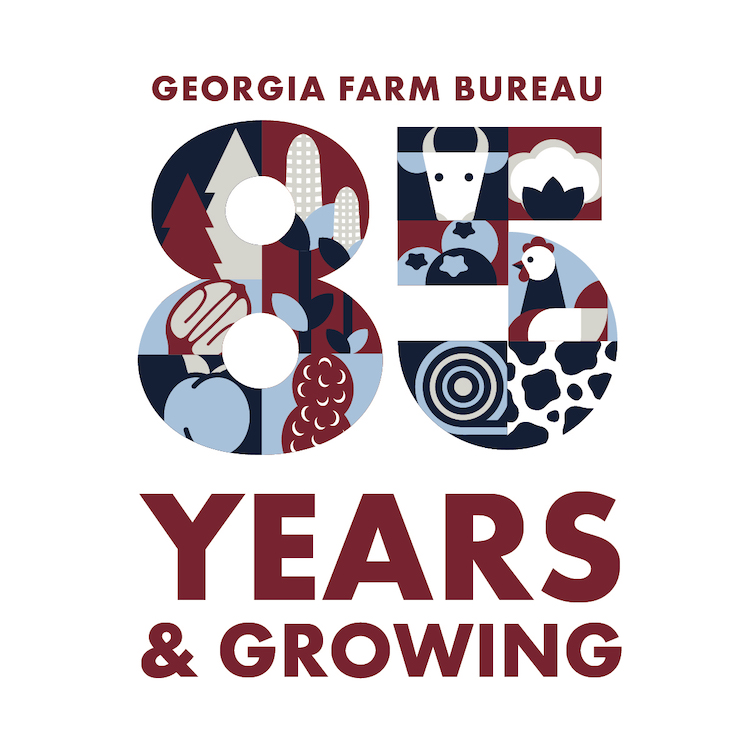
|
| 05/26/2022 |

|
| 05/26/2022 |

|
| 05/26/2022 |

|
| 05/25/2022 |

|
| 05/24/2022 |

|
| 05/23/2022 |
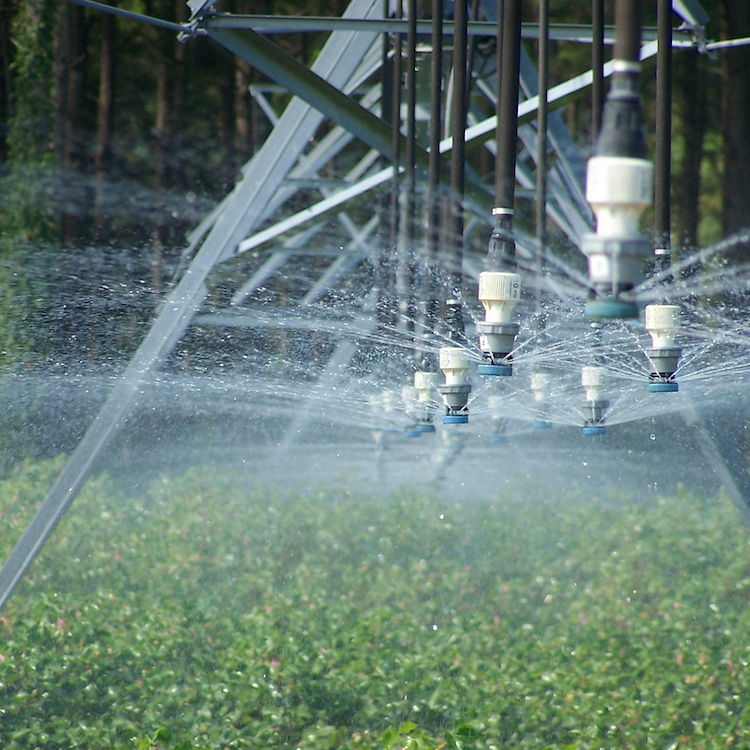
|
| 05/22/2022 |

|
| 05/21/2022 |

|
| 05/20/2022 |
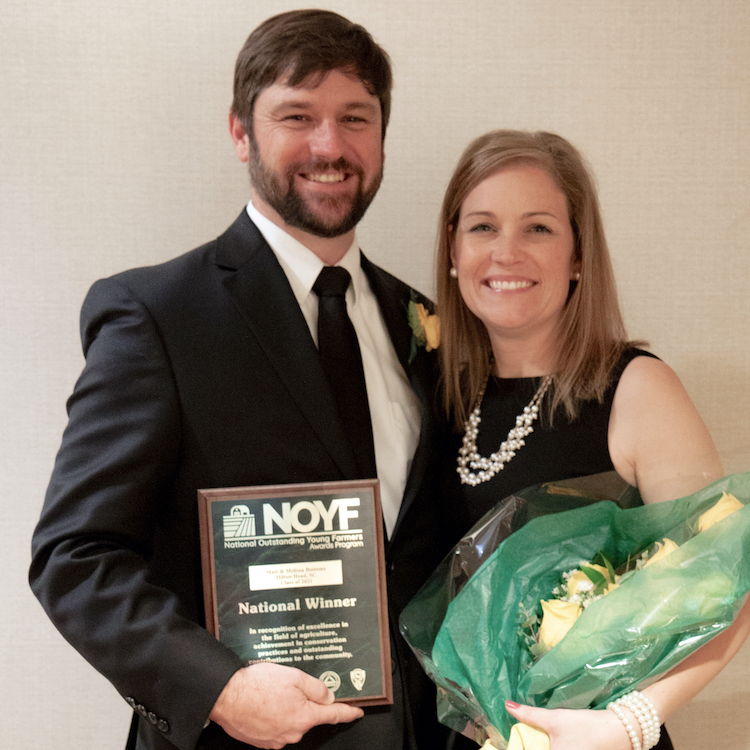
|
| 05/19/2022 |

|
| 05/19/2022 |
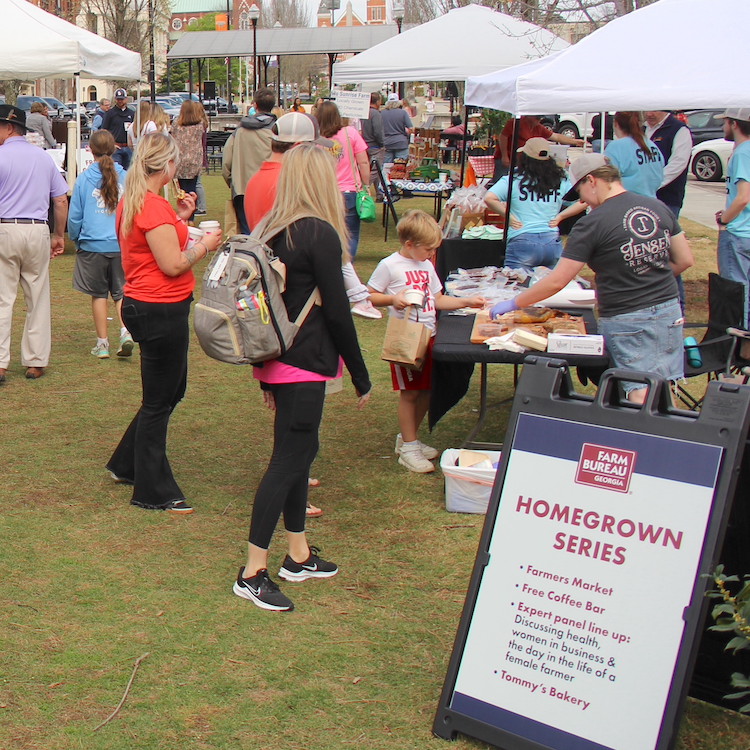
|
| 05/18/2022 |

|
| 05/18/2022 |
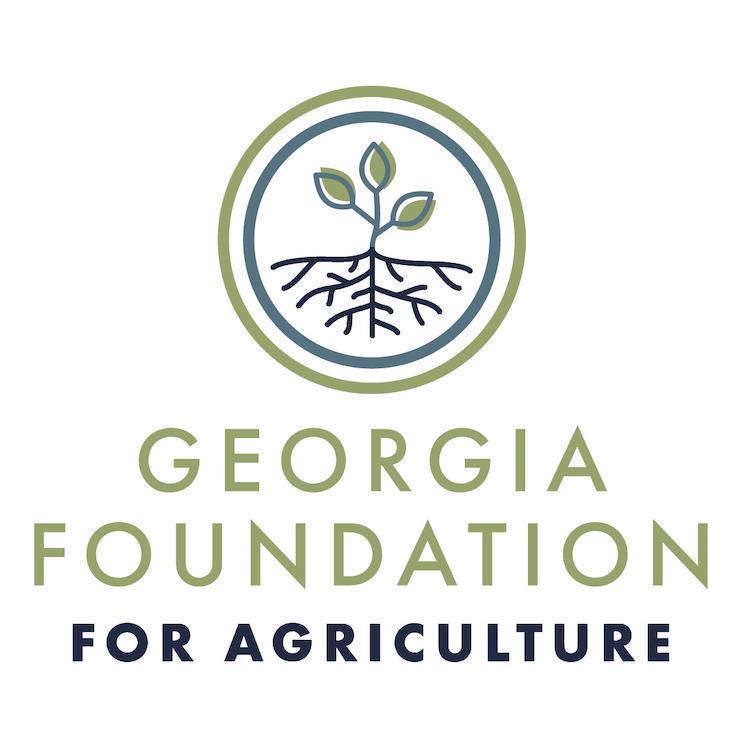
|
| 05/17/2022 |
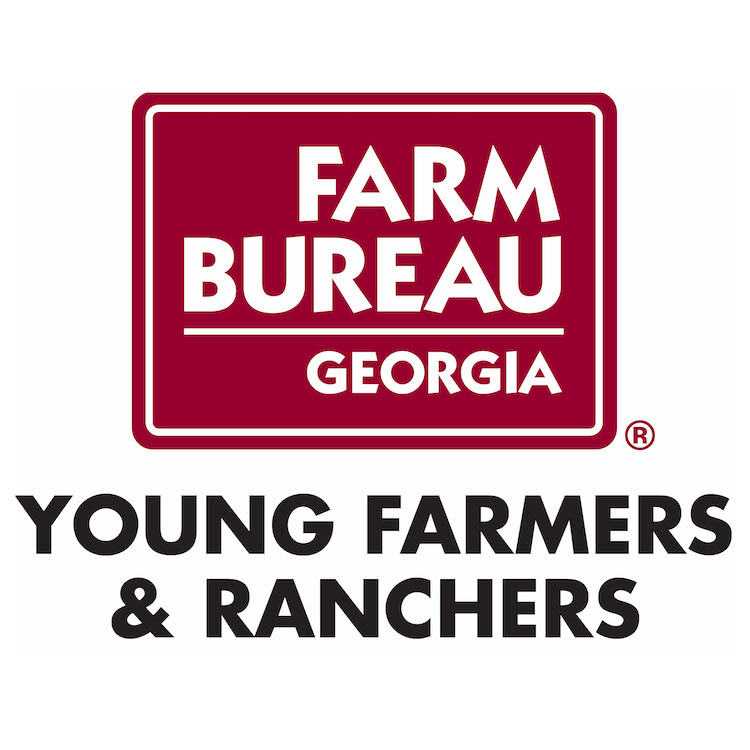
|
| 05/17/2022 |
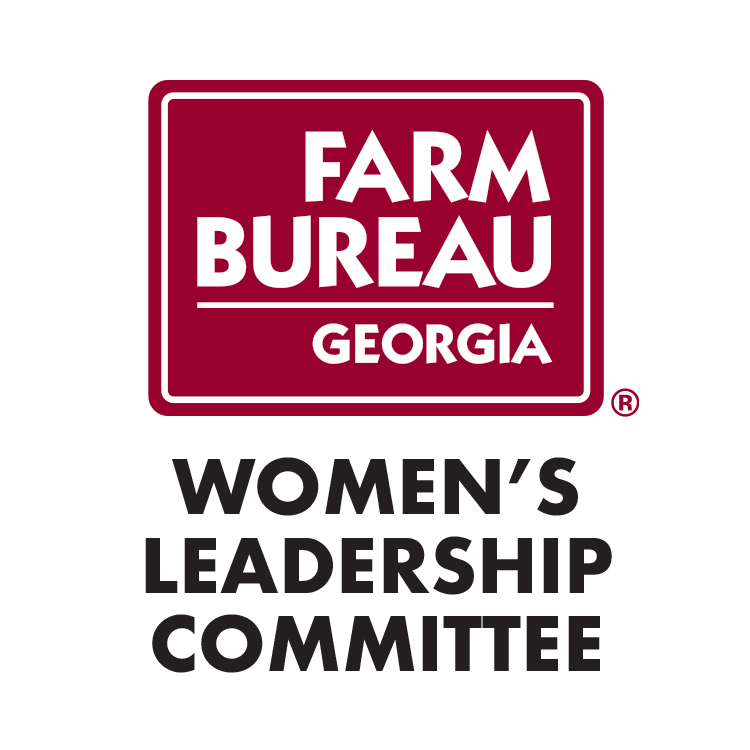
|
| 05/17/2022 |
|
| 05/16/2022 |

|
| 05/16/2022 |

GFB Members Can Now Save 15% at IHG Hotels & Resorts
|
| 05/15/2022 |

|
| 05/14/2022 |
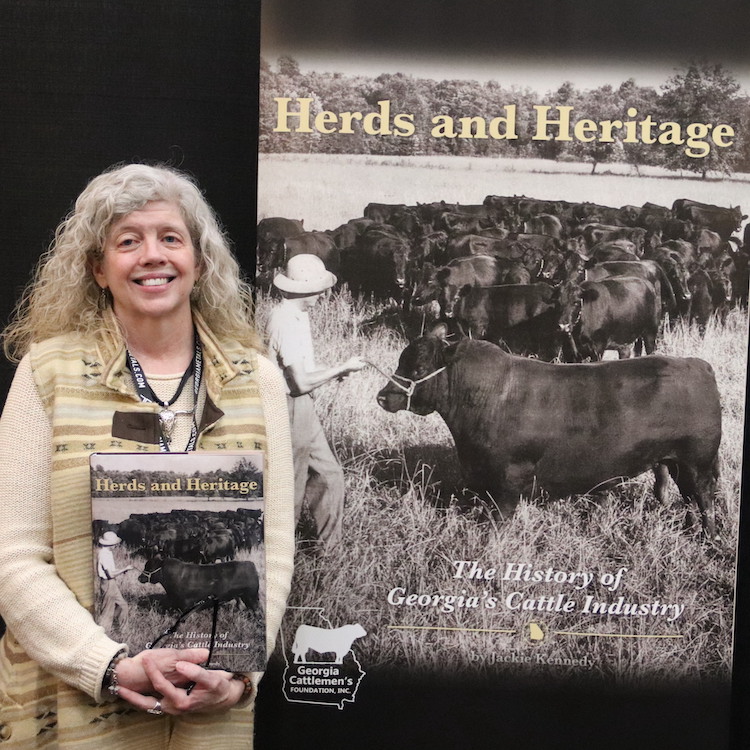
|
| 05/14/2022 |

|
| 05/13/2022 |
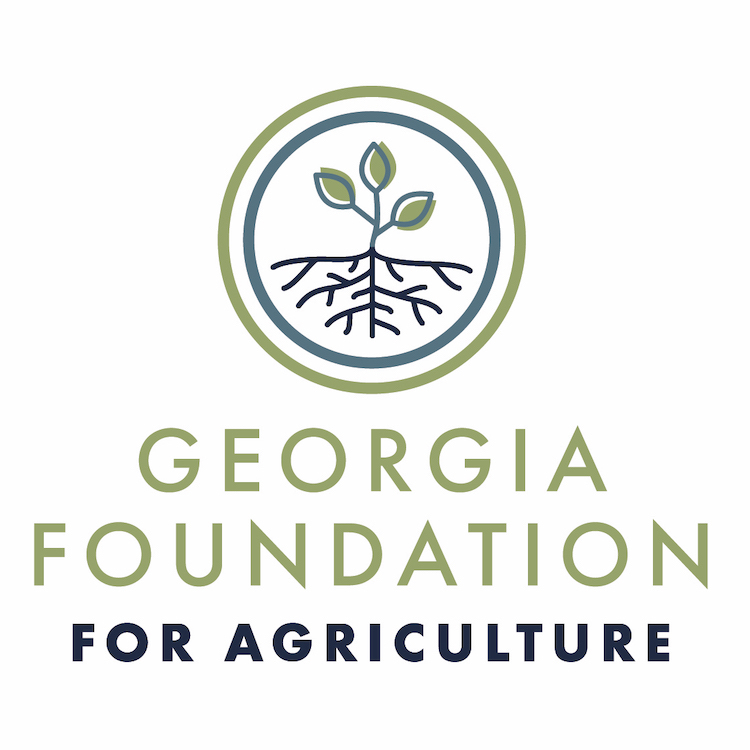
|
| 05/11/2022 |

Young Farmers & Ranchers Summer Leadership Conference FAQs
|
| 04/28/2022 |

Refreshing Strawberry Watermelon Salad
|
| 04/28/2022 |

|
| 04/28/2022 |

Mommy & Me: Fresh Strawberry Scones
|
| 04/11/2022 |

|
| 04/07/2022 |
|
| 04/06/2022 |
|
| 04/05/2022 |
|
| 04/04/2022 |
|
| 04/03/2022 |
GFB Women's Leadership Committee Chairmen
|
| 03/21/2022 |

|
| 03/14/2022 |
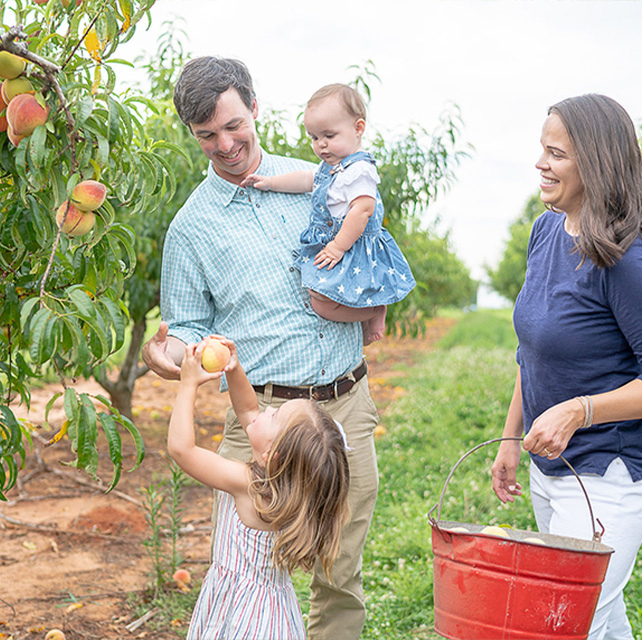
|
| 03/14/2022 |
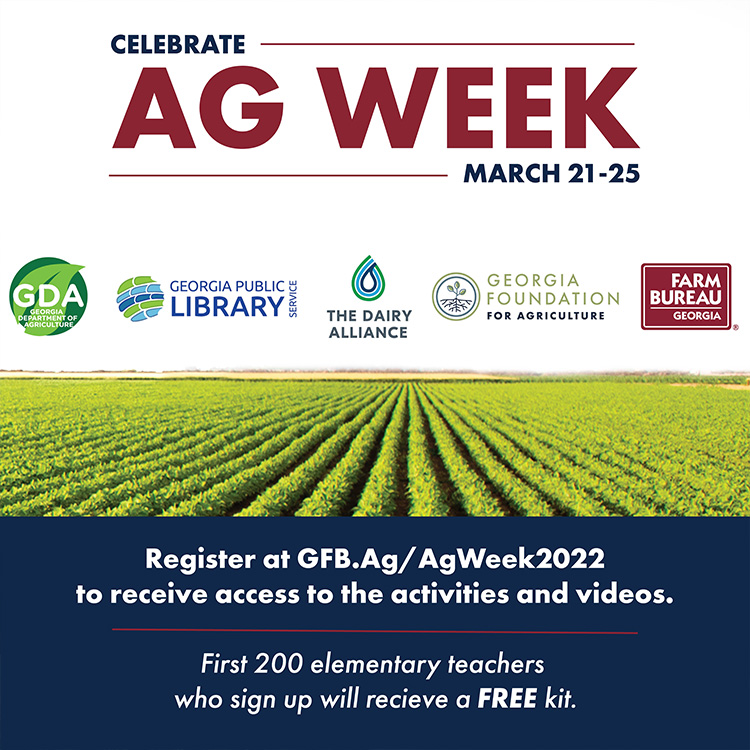
Celebrate Georgia Ag Week with Georgia Farm Bureau
|
| 03/02/2022 |
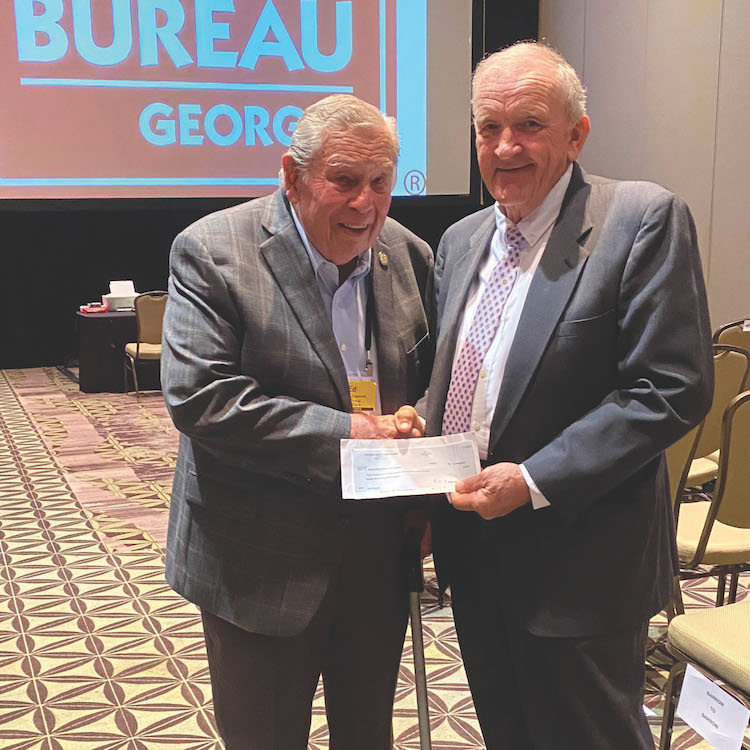
Impact Funds will help GFB improve engagement with legislators
|
| 03/01/2022 |
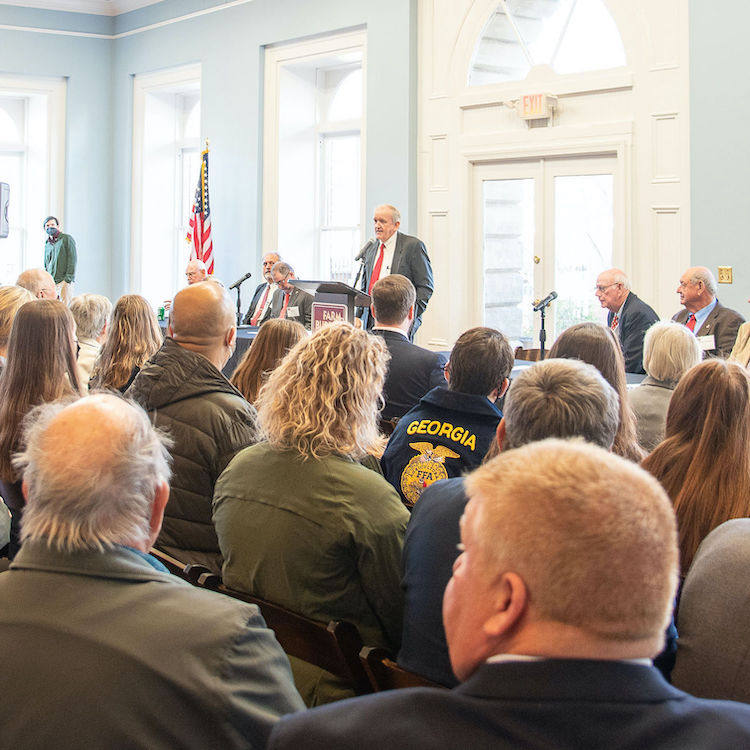
GFB members are key to our legislative success
|
| 02/28/2022 |

|
| 02/28/2022 |
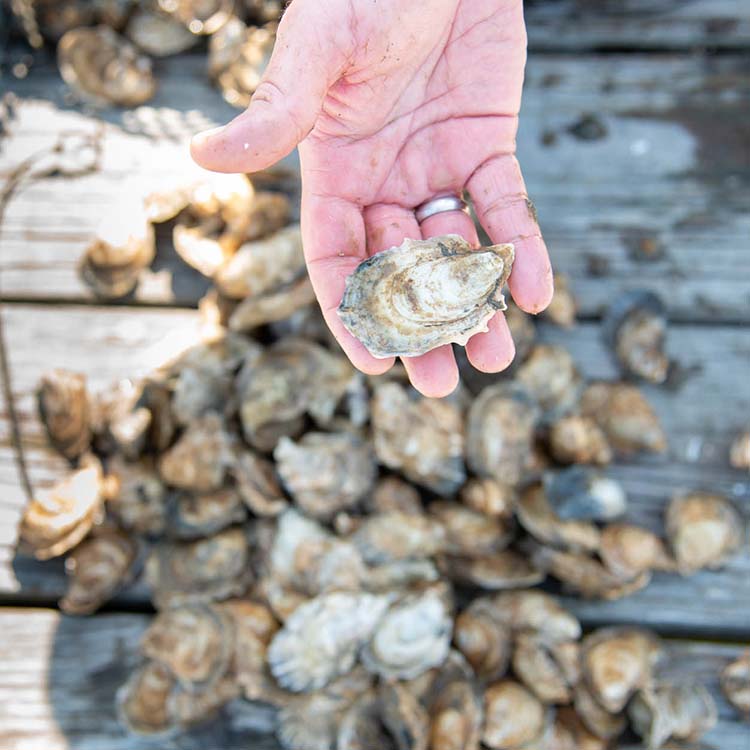
|
| 02/28/2022 |

|
| 02/28/2022 |
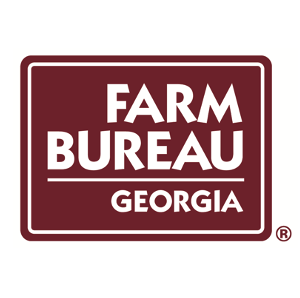
GFB Board of Directors representing Georgia agriculture
|
| 02/27/2022 |

GFB names Harvey chief administrative officer
|
| 02/26/2022 |

GFB names Fennell corporate secretary
|
| 02/25/2022 |

Bradford leading GFB Policy Department
|
| 02/24/2022 |
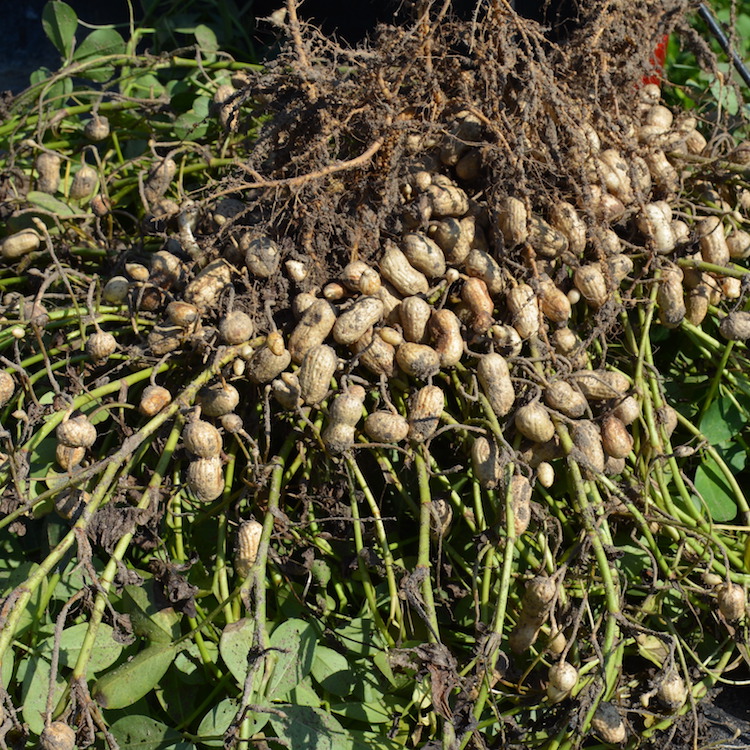
Economists give '22 crop outlook
|
| 02/23/2022 |
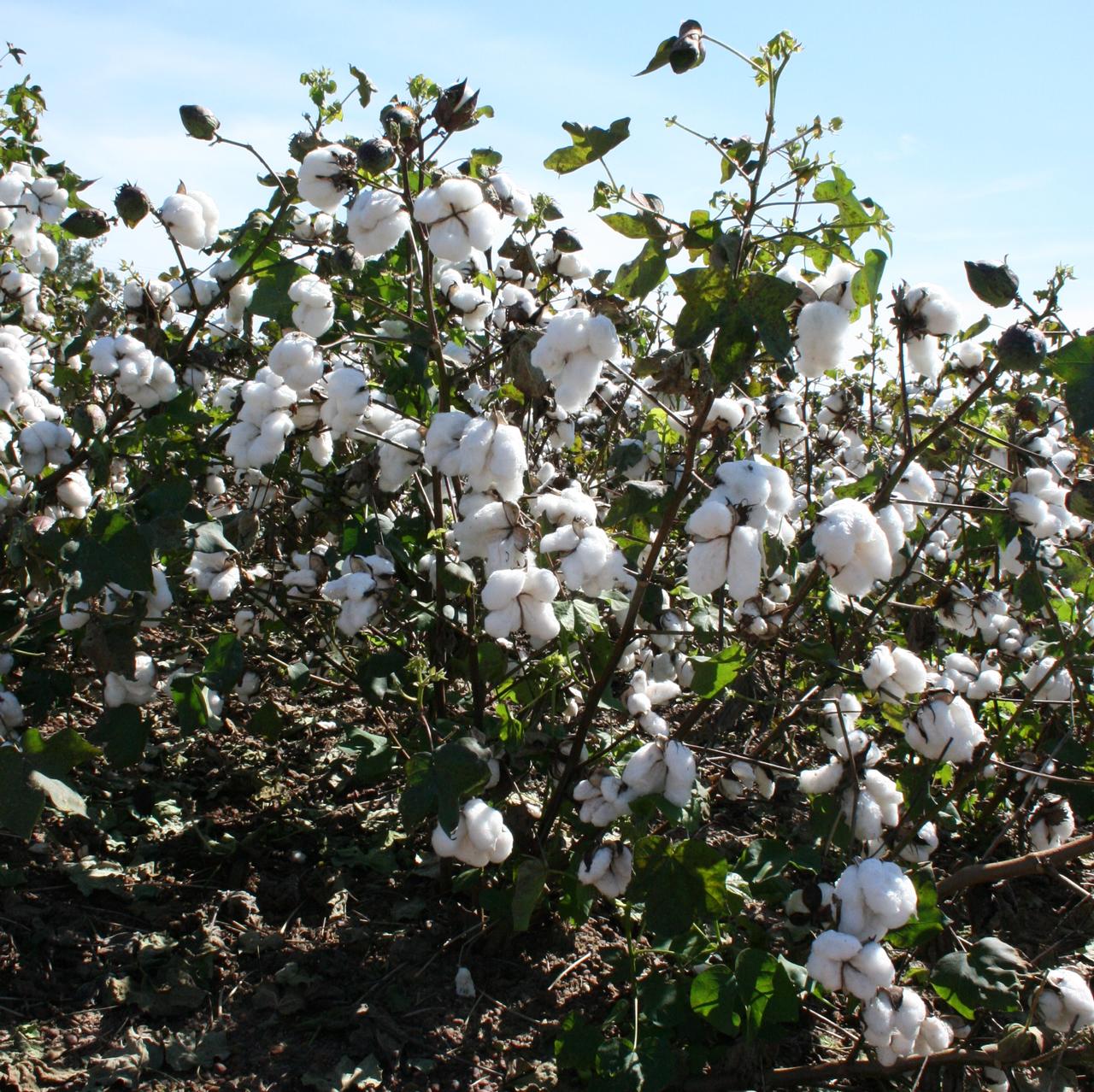
Georgia cotton farmers: U.S. Trust Protocol wants you!
|
| 02/22/2022 |

Talking is important for good mental health
|
| 02/21/2022 |

|
| 02/21/2022 |

Dairy: Good for Me, Good for the Planet
|
| 02/21/2022 |
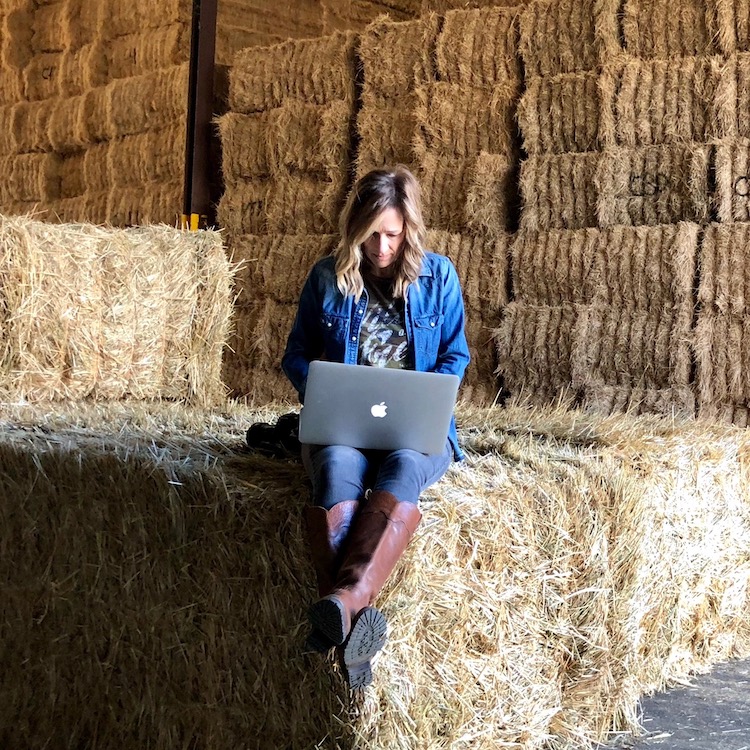
|
| 02/20/2022 |
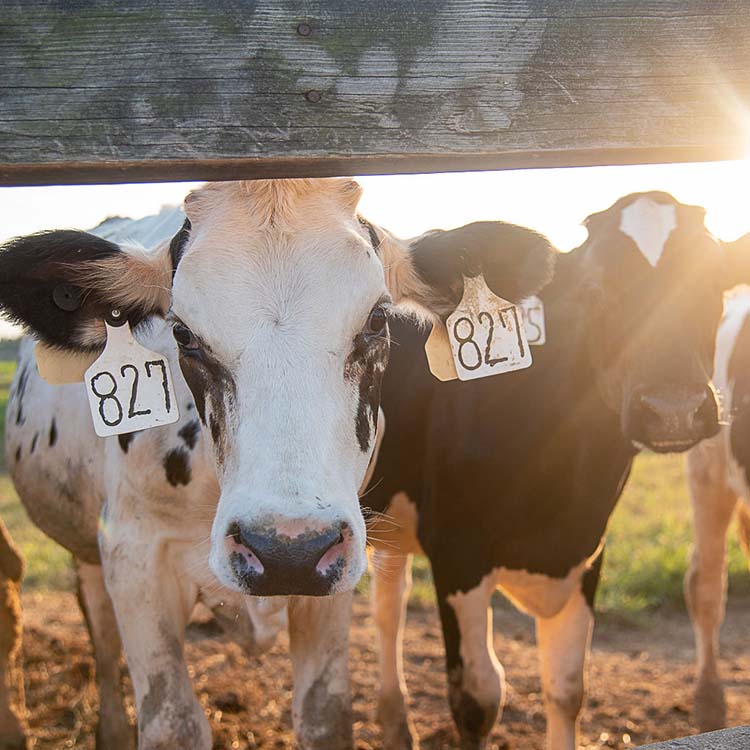
|
| 02/20/2022 |
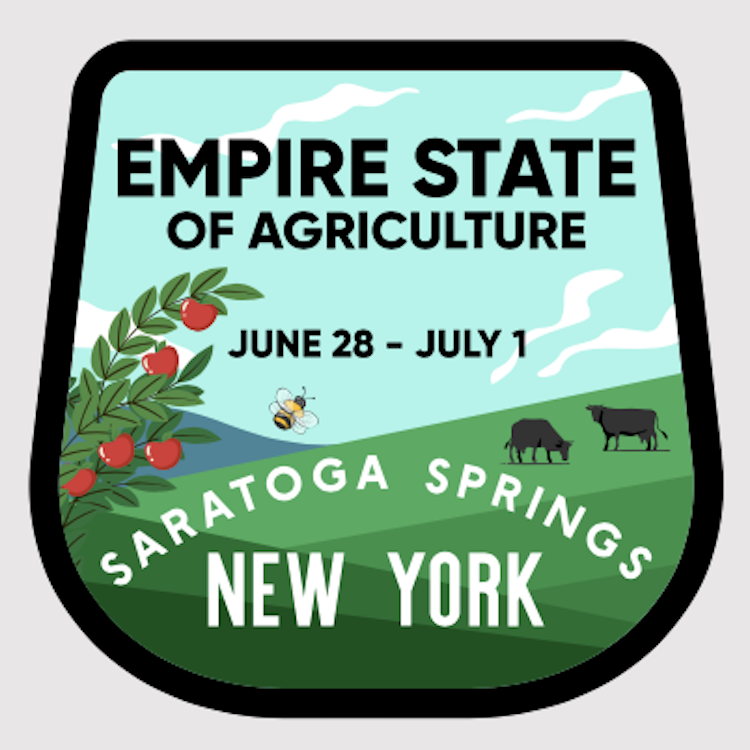
GFB looking for Georgia Ag in the Classroom Teacher of the Year
|
| 02/19/2022 |

April 29 entry deadline for Ga. Ag Experience Pollinator STEM Challenge
|
| 02/18/2022 |
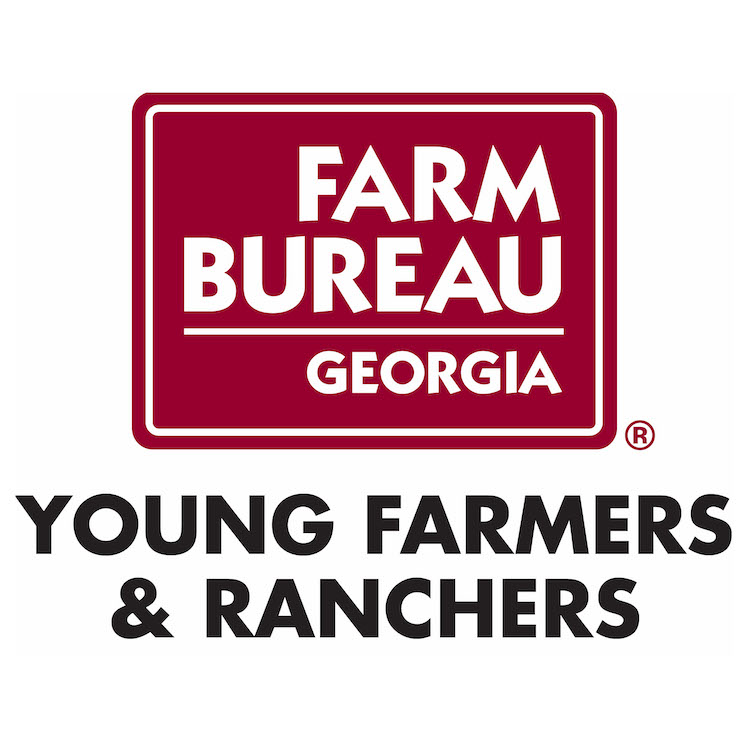
GFB YF&R Program off & running
|
| 02/17/2022 |
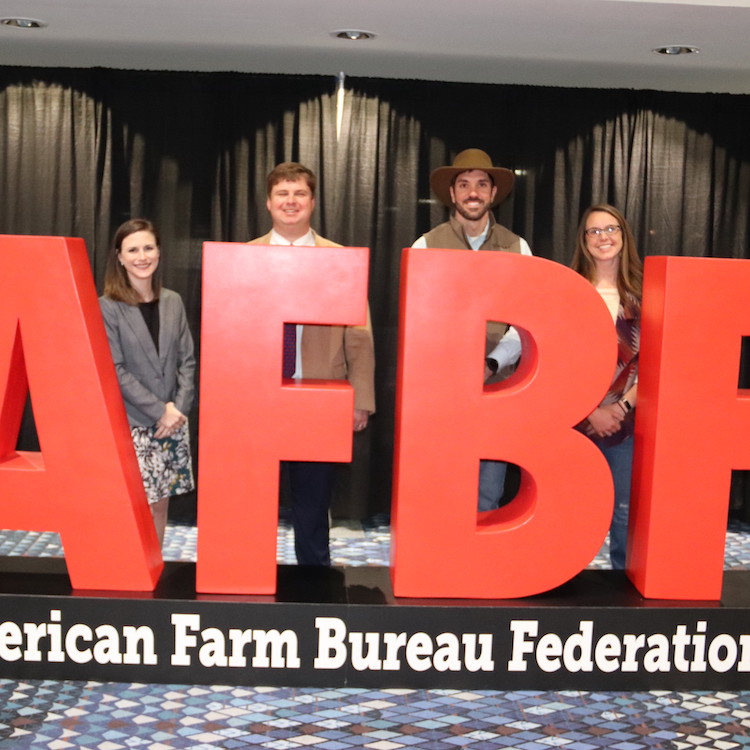
Lance finishes fourth in AFBF Excellence in Ag competition
|
| 02/17/2022 |
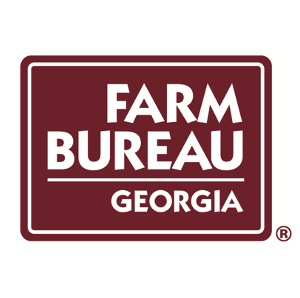
GFB Women’s Leadership Committee expands focus to advocacy
|
| 02/15/2022 |

Perdue honored with AFBF Distinguished Service Award
|
| 02/14/2022 |

McDaniel, Dalton are GFB 2nd District cattle show winners
|
| 02/13/2022 |
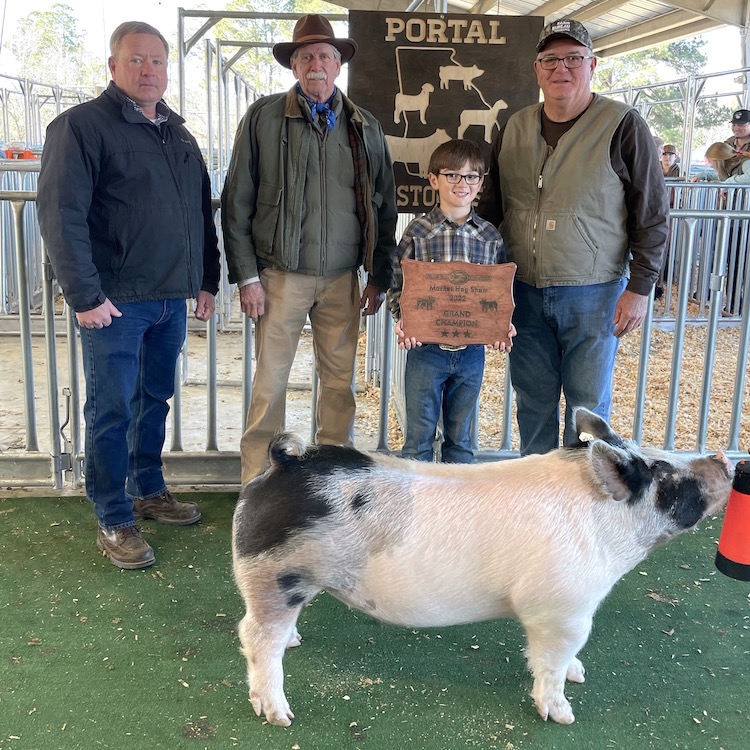
|
| 02/12/2022 |

GFB mourns losses of Janice Long, Jimmy Lee
|
| 02/12/2022 |

Georgia Farm Bureau honors the cream of the crop
|
| 02/11/2022 |

U.S. farmers & diplomats visit Georgia farms
|
| 02/09/2022 |
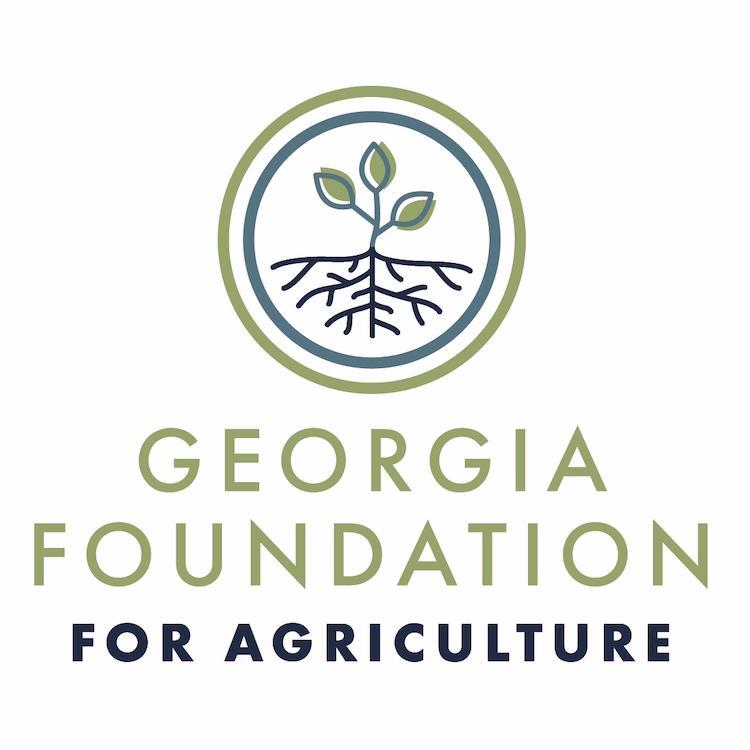
Georgia Foundation for Agriculture recognizes recent donors
|
| 02/02/2022 |
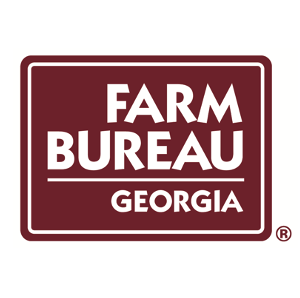
2021 GFB District Award Winners
|
| 12/07/2021 |
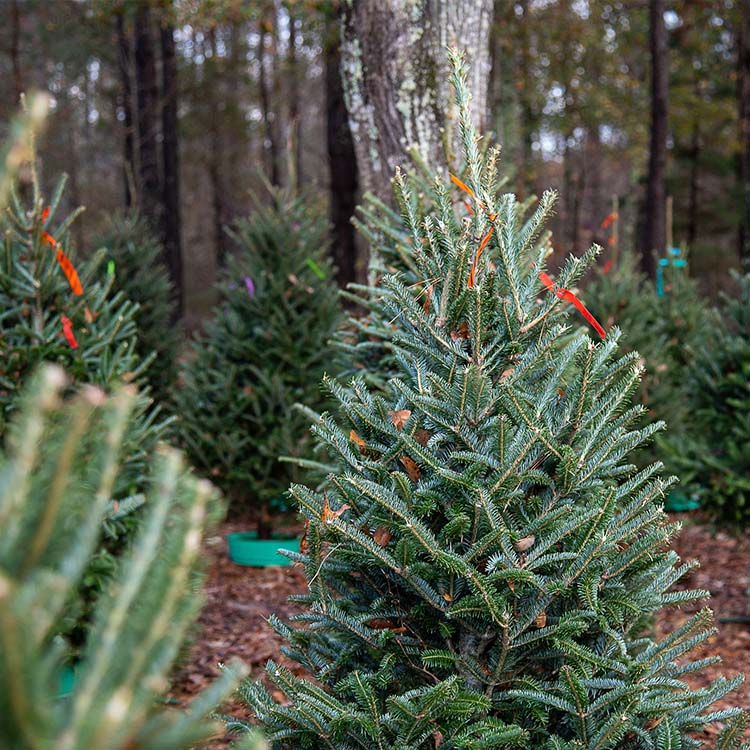
|
| 11/23/2021 |

|
| 11/23/2021 |

|
| 11/22/2021 |

|
| 11/22/2021 |

|
| 11/21/2021 |

|
| 11/16/2021 |
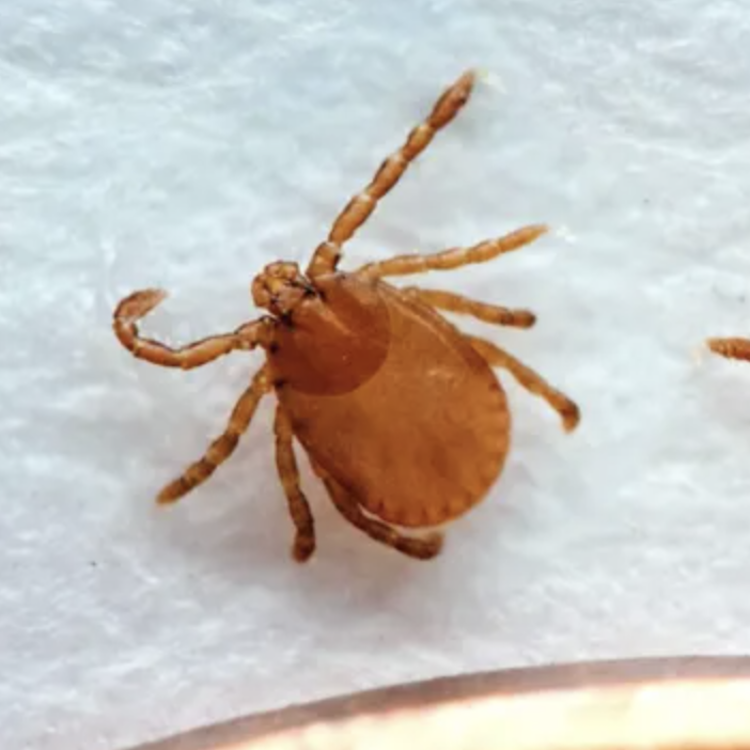
|
| 11/16/2021 |

|
| 11/16/2021 |

|
| 11/15/2021 |
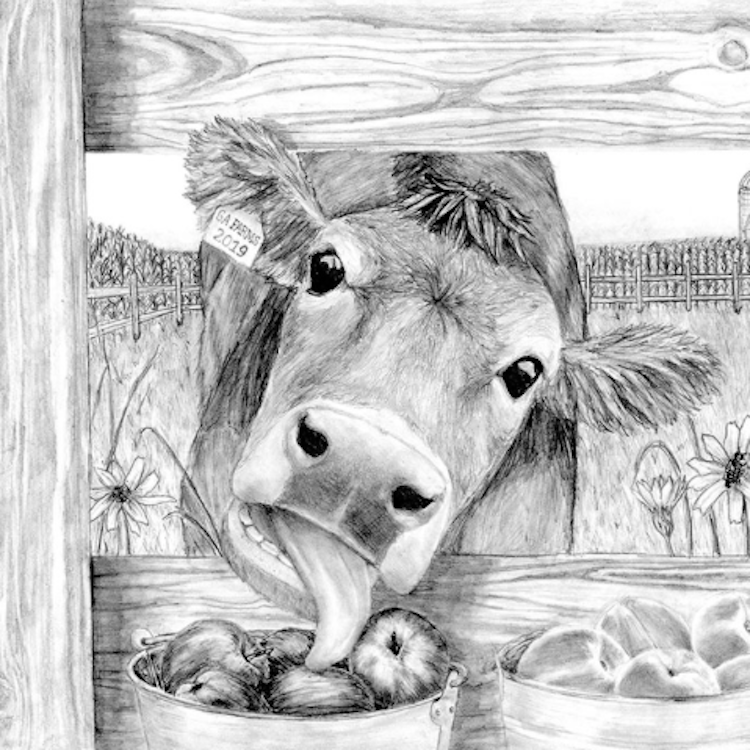
Georgia Farm Bureau Middle School Bookmark Contest and High School Art Contest
|
| 11/15/2021 |
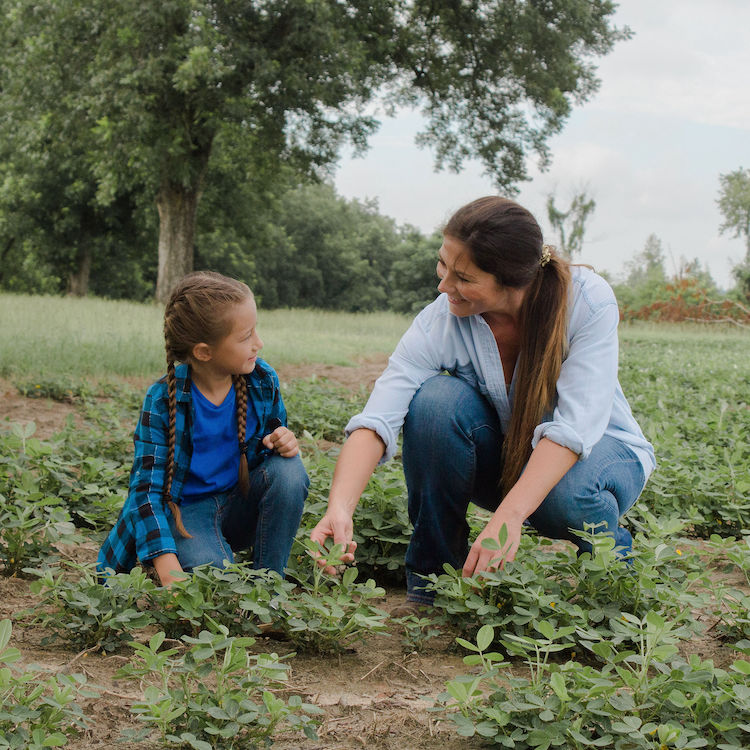
Ga. Foundation for Ag offers $65,000 in scholarships for ag students
|
| 11/15/2021 |
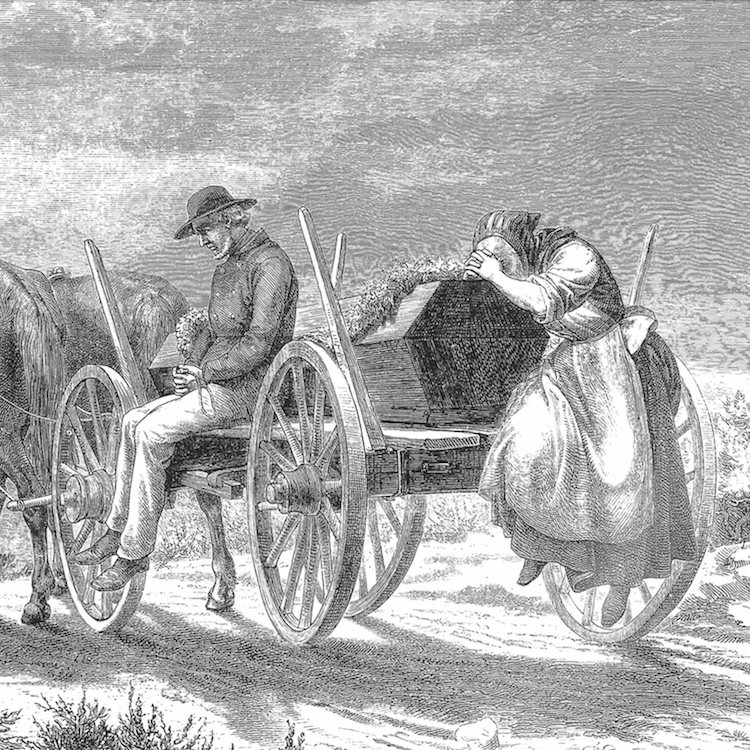
Dealing with grief: coping mechanisms
|
| 11/14/2021 |
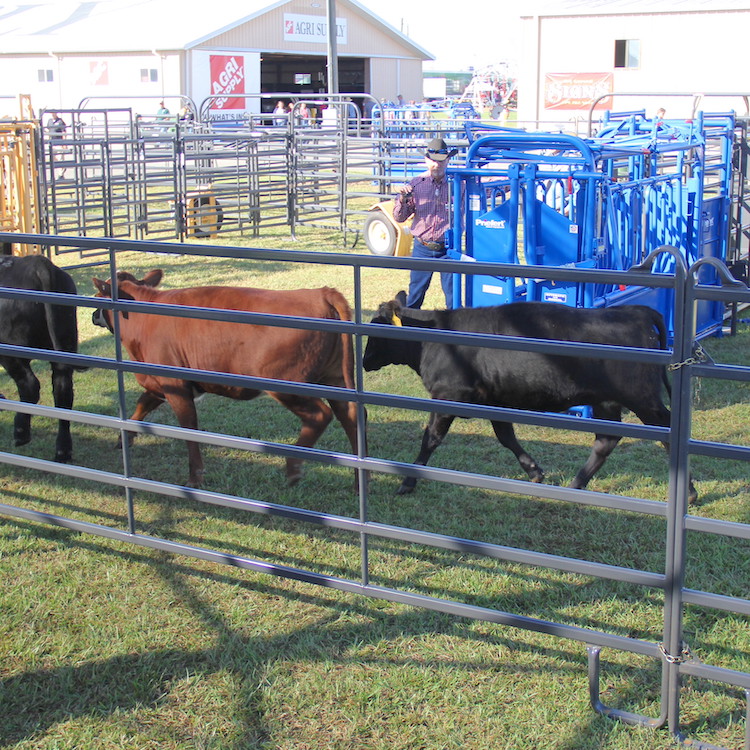
Cattle traits that bring higher prices
|
| 11/14/2021 |
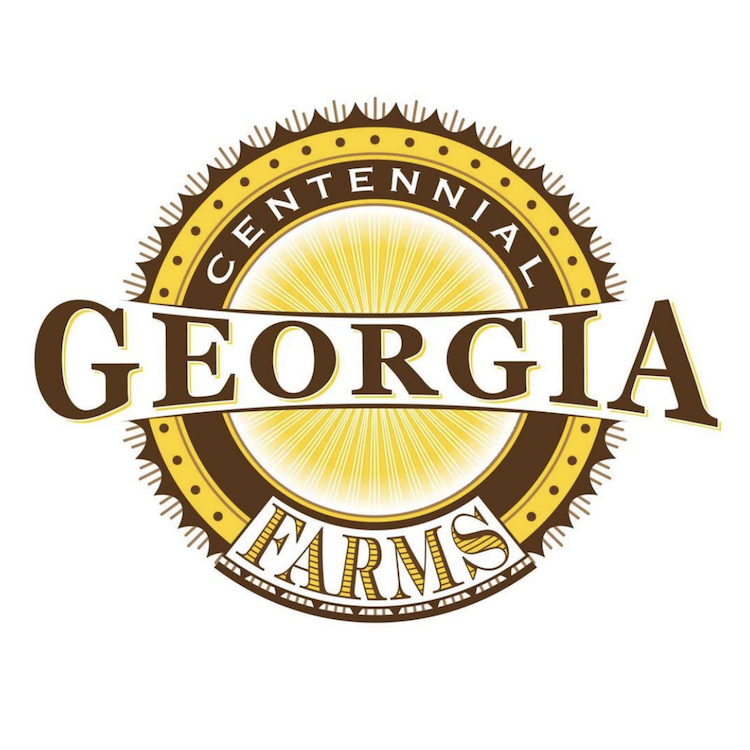
Centennial Farm Program recognizes Georgia’s ag heritage
|
| 11/14/2021 |

Georgia Christmas trees adorn Vice President’s house
|
| 11/13/2021 |

Huffmaster to retire, capping a 40-year GFB career
|
| 11/13/2021 |

Ruark reflects on Farm Bureau journey
|
| 11/13/2021 |

|
| 11/12/2021 |
|
| 11/12/2021 |

|
| 11/12/2021 |
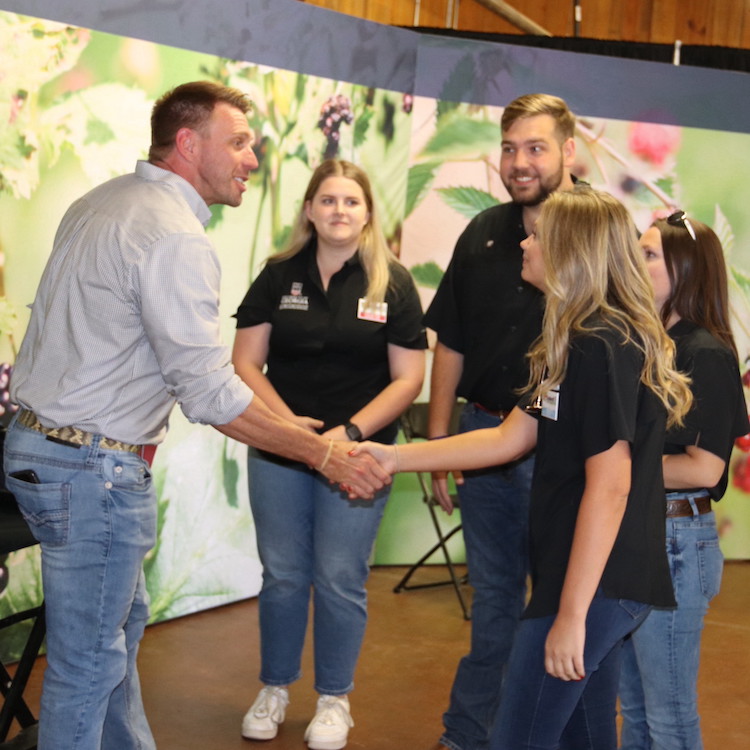
|
| 11/11/2021 |

|
| 11/11/2021 |

|
| 11/11/2021 |
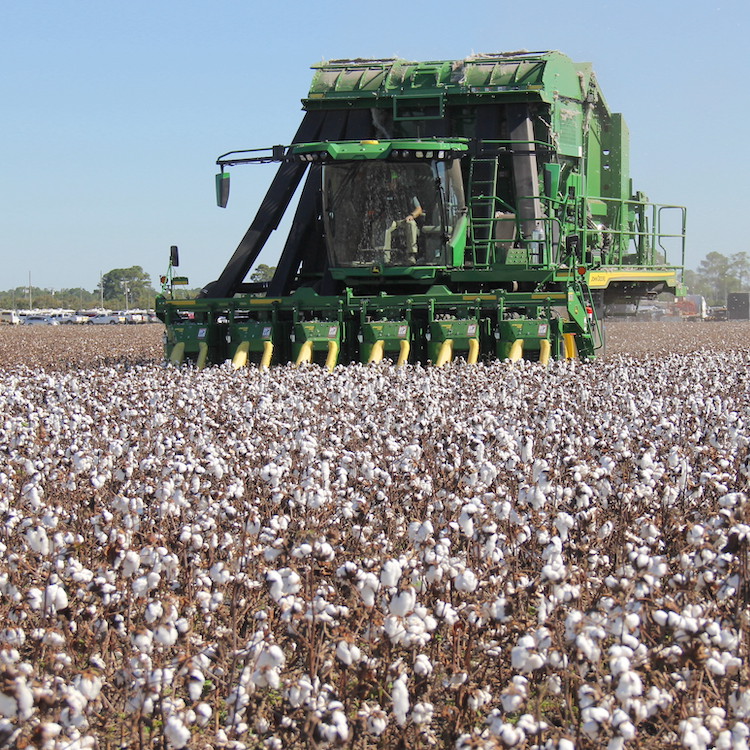
Sunbelt Ag Expo back in business
|
| 11/10/2021 |
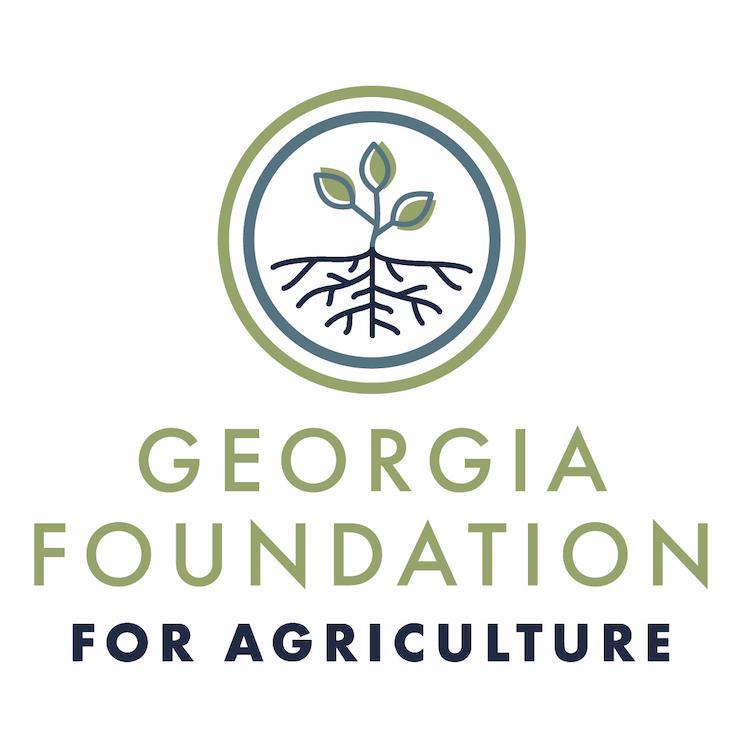
|
| 11/10/2021 |
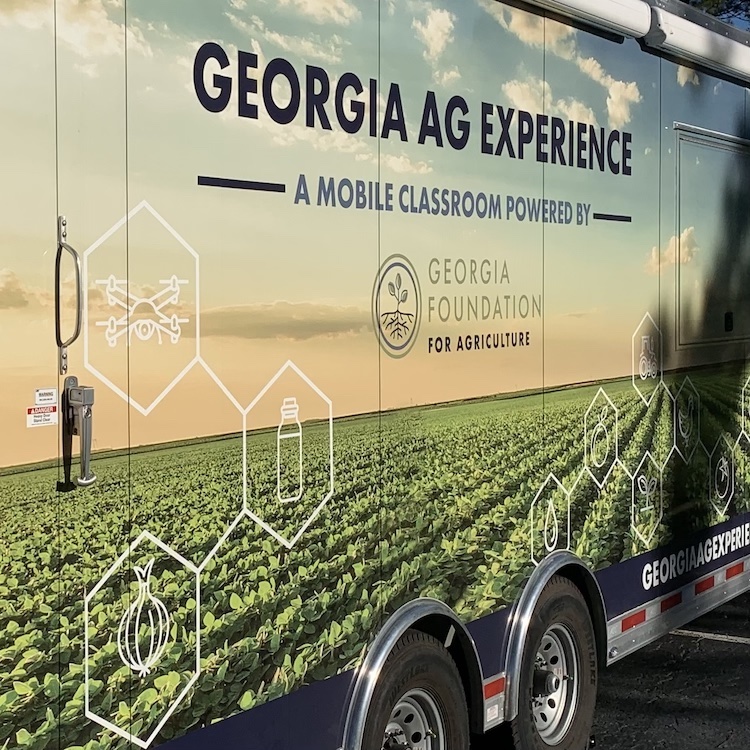
|
| 11/10/2021 |
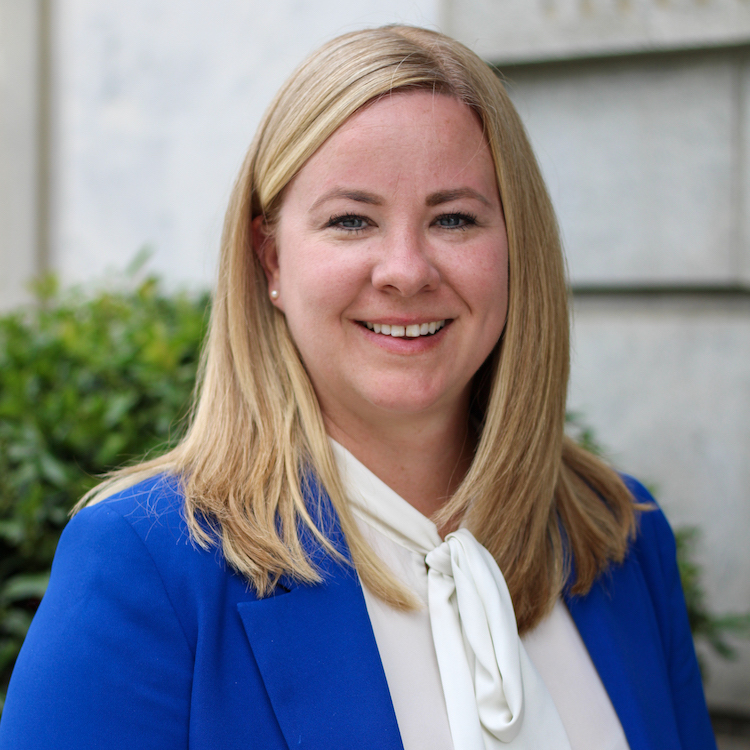
|
| 11/08/2021 |
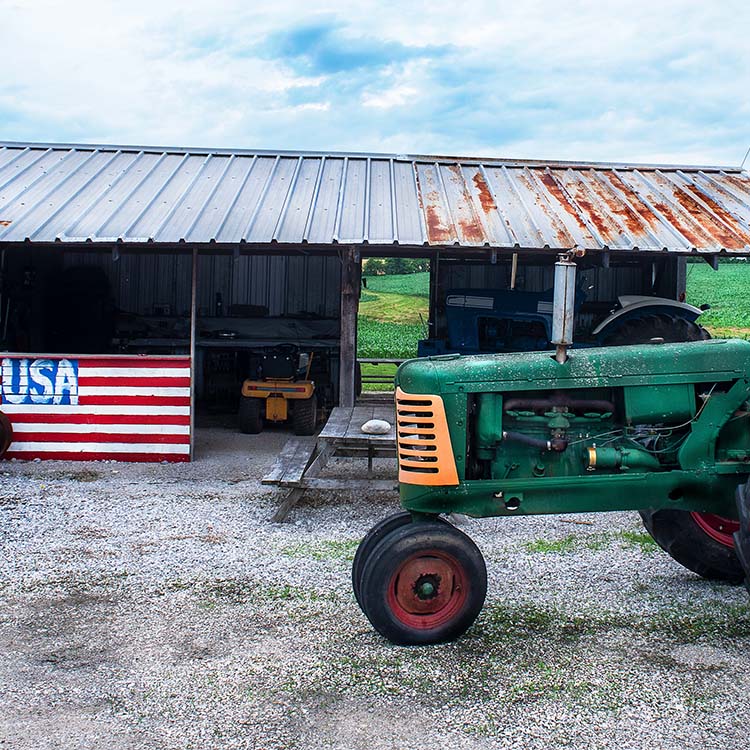
From the Armed Forces to Agriculture: Farming Resources for Veterans
|
| 10/10/2021 |

|
| 09/20/2021 |

|
| 09/20/2021 |
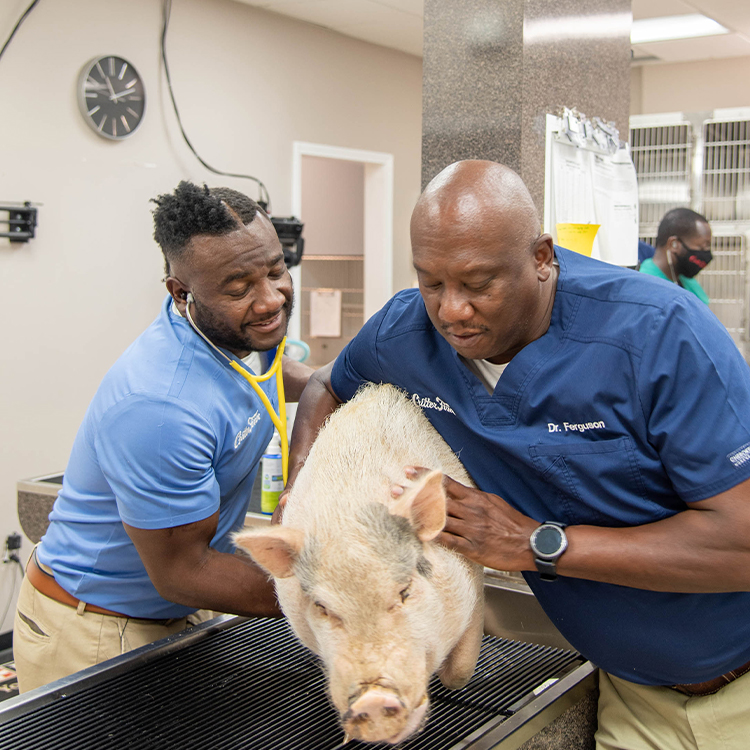
|
| 09/08/2021 |

|
| 09/08/2021 |
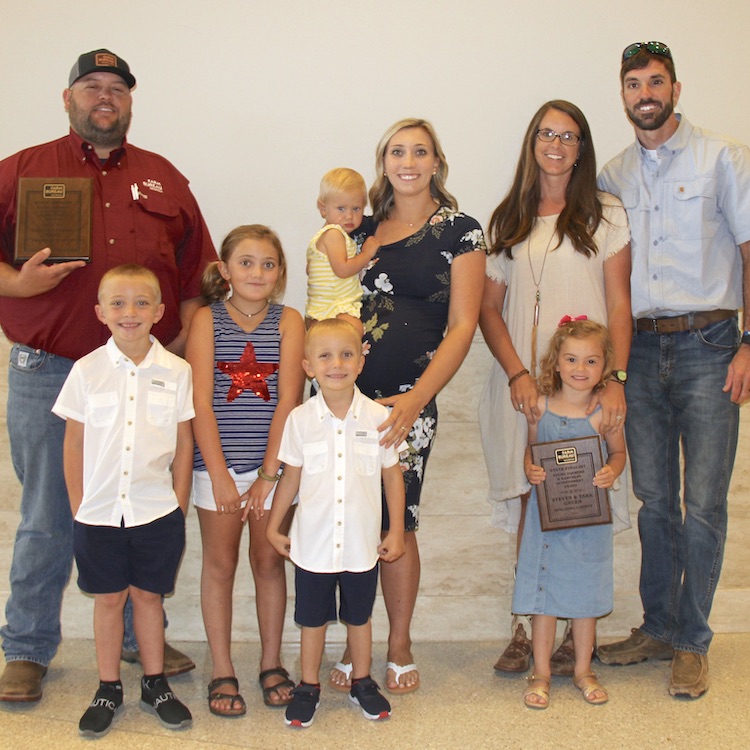
Greens, Jackson & Lance win GFB YF&R Competitive Events
|
| 09/08/2021 |

View from the Field: An accident can only take a second to happen
|
| 09/07/2021 |

Barnsley Resort's Cream of Butternut Squash Soup
|
| 09/07/2021 |

|
| 09/07/2021 |

|
| 09/07/2021 |

|
| 09/07/2021 |
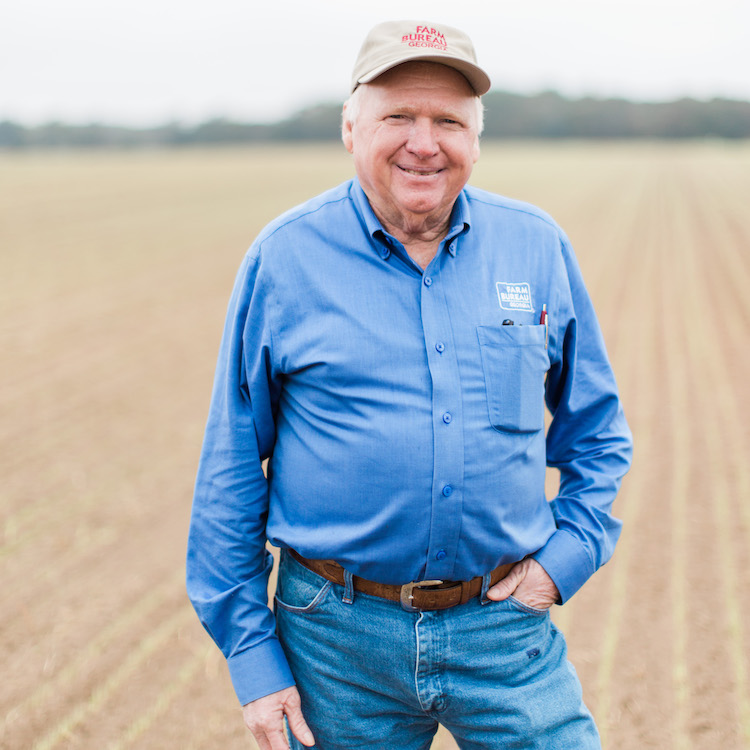
|
| 09/05/2021 |
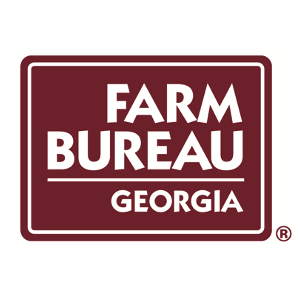
|
| 09/04/2021 |

County Farm Bureaus essential to policy development process
|
| 09/04/2021 |
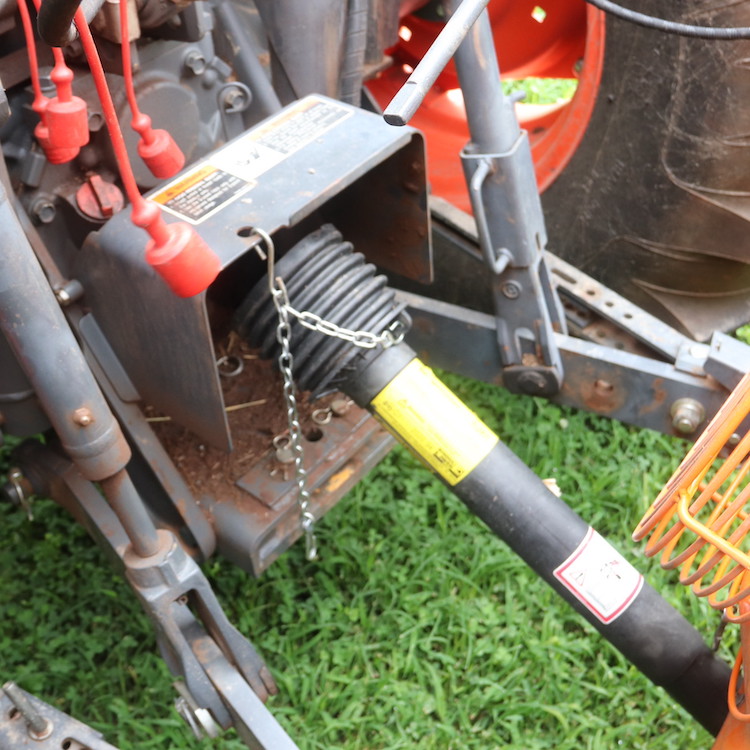
Follow safety precautions around PTOs & hydraulics to prevent farm accidents
|
| 09/03/2021 |
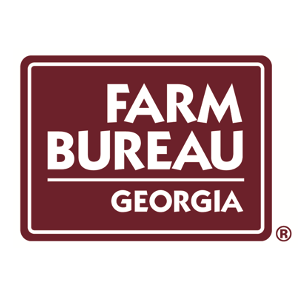
|
| 09/02/2021 |

|
| 09/02/2021 |

10 Ideas for Your Fall Bucket List
|
| 09/02/2021 |

|
| 09/02/2021 |

|
| 09/01/2021 |

Farmtastic Family Fun Day brings ag book to life
|
| 08/31/2021 |

|
| 08/30/2021 |

|
| 08/28/2021 |
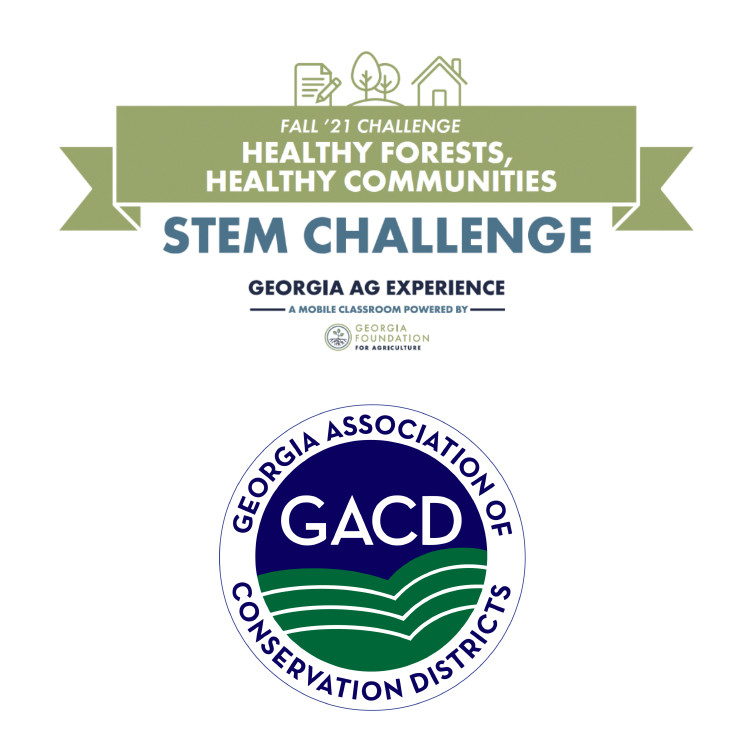
Healthy Forests, Healthy Communities STEM Challenge open to grades 3-5
|
| 08/27/2021 |
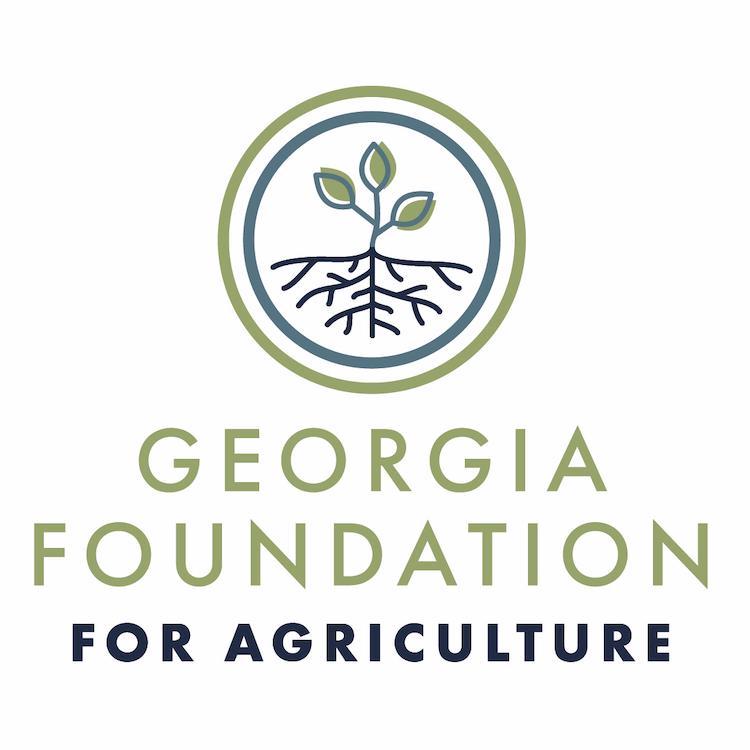
Georgia Foundation for Agriculture thanks donors
|
| 08/26/2021 |
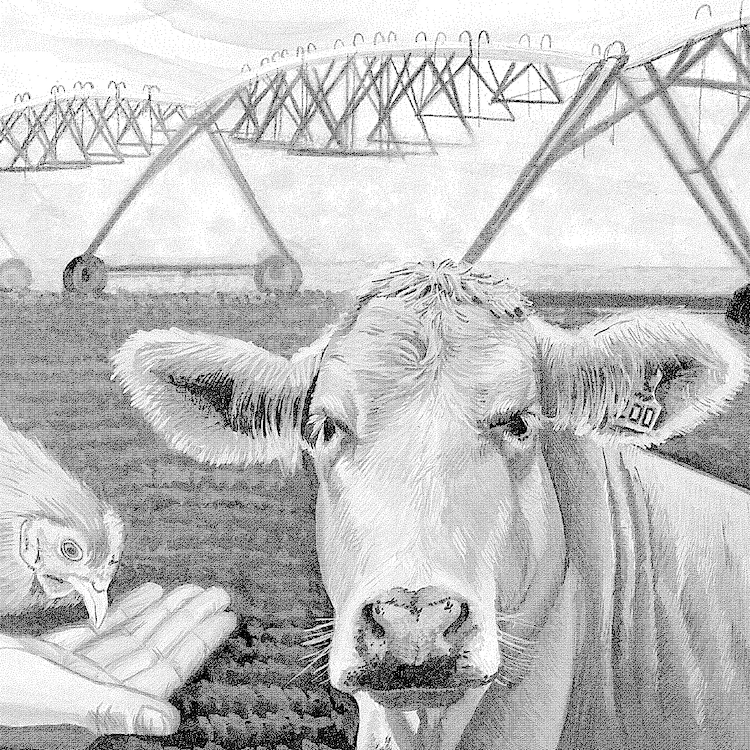
High school artists capture beauty of Georgia agriculture
|
| 08/25/2021 |

|
| 08/24/2021 |

GFB awards prizes to GA Jr. National Livestock Grand Champions
|
| 08/23/2021 |
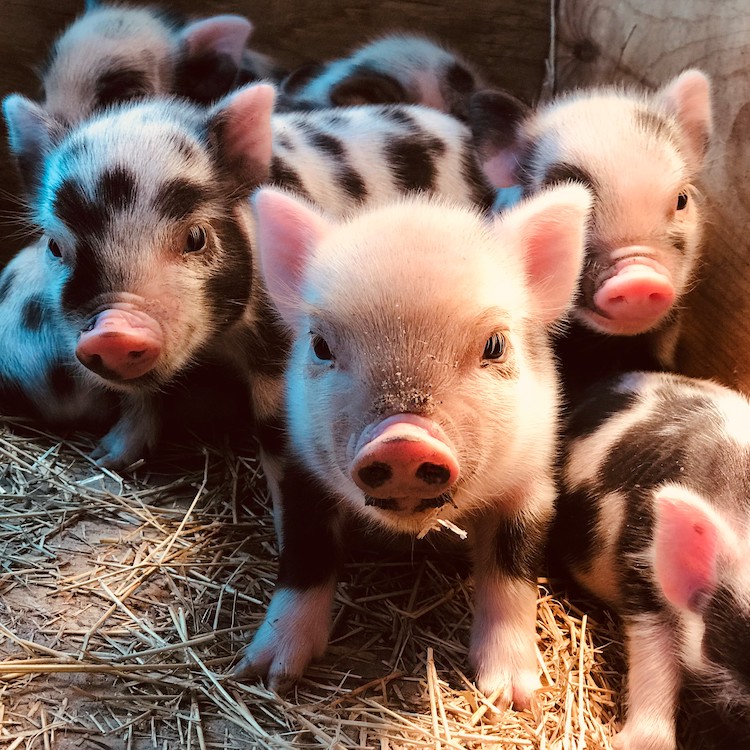
GFB photo contest winners focus on ag
|
| 08/22/2021 |
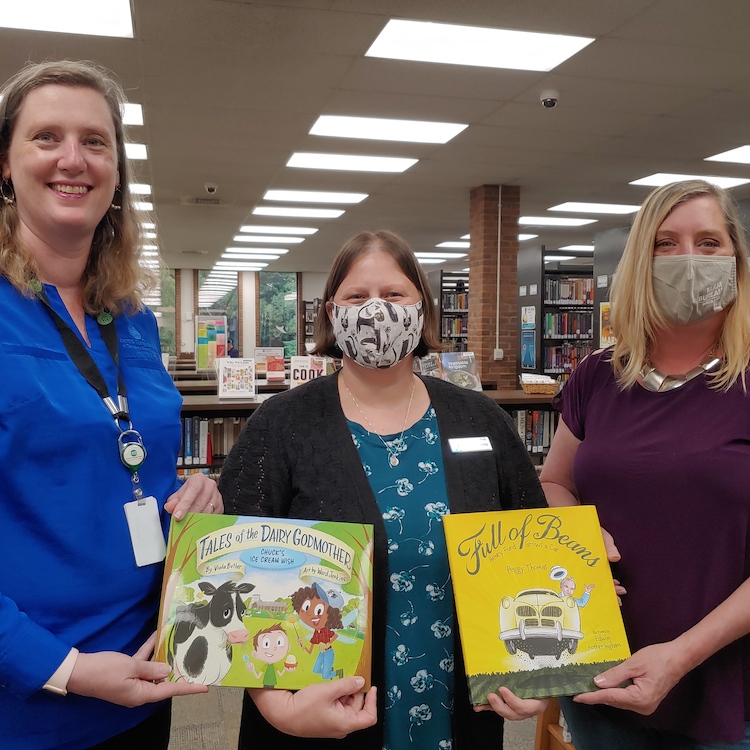
GFA & Georgia EMC gift ag books to libraries
|
| 08/15/2021 |

|
| 07/22/2021 |

One Family Shares Their Peach Farm Route
|
| 06/14/2021 |

Celebrating 84 Years of Georgia Farm Bureau
|
| 06/10/2021 |

Shop Local for the Perfect Father’s Day Gifts
|
| 05/26/2021 |
|
| 05/25/2021 |

|
| 05/24/2021 |

|
| 05/23/2021 |

Georgia agriculture wins in ’21 Georgia Legislative Session
|
| 05/22/2021 |
|
| 05/21/2021 |
Mother, daughter duo makes memories with Farm Passport
|
| 05/20/2021 |
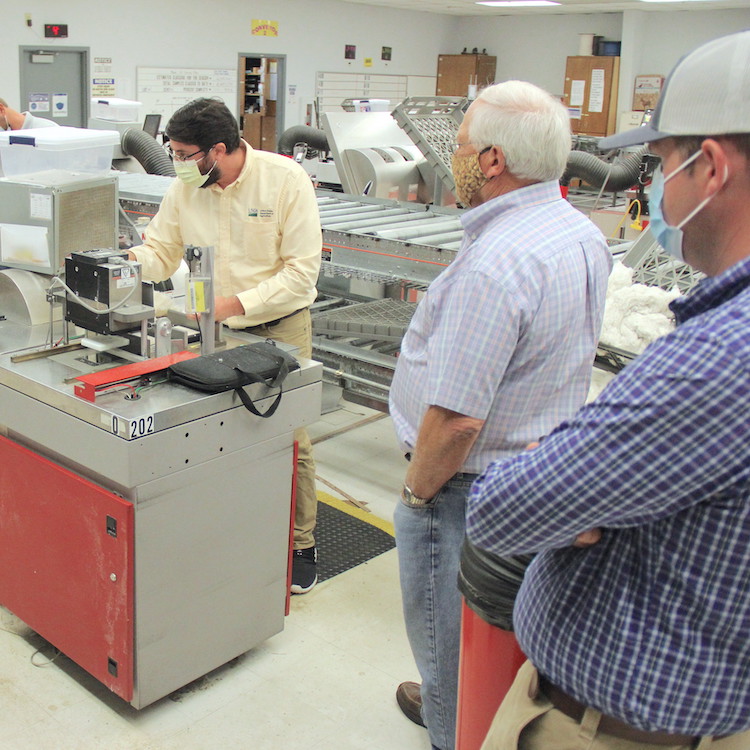
GFB commodity committees discuss ag issues
|
| 05/19/2021 |

Celebrate Dairy Month with the Book of the Year
|
| 05/19/2021 |

|
| 05/18/2021 |

Plan Your Perfect Summer Break
|
| 05/18/2021 |

|
| 05/18/2021 |
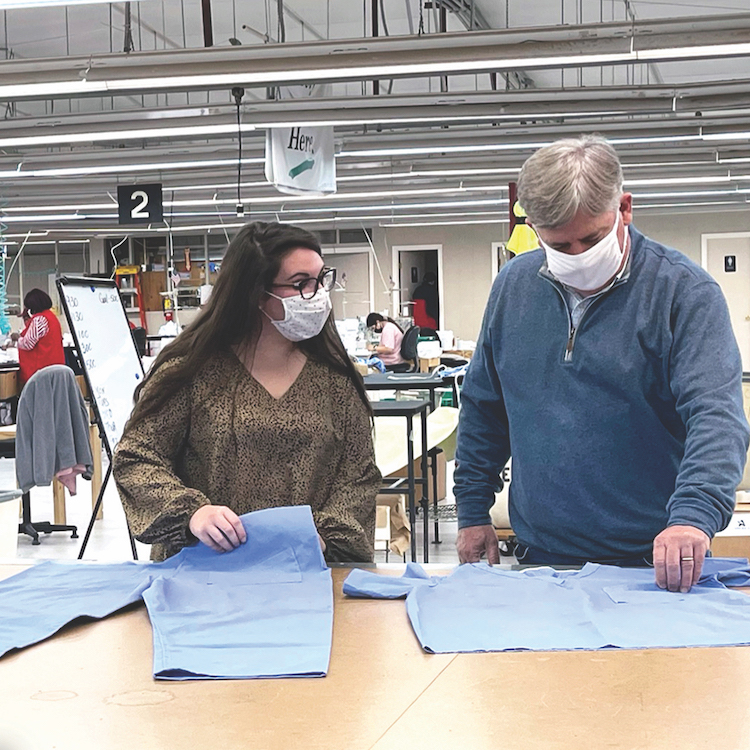
Ag & textile leaders collaborate to bring manufacturing back to U.S.
|
| 05/17/2021 |
USDA allocates $330 million for multiple COVID-19 related programs
|
| 05/17/2021 |

|
| 05/16/2021 |
Sen. Warnock explores Georgia agriculture
|
| 05/15/2021 |

Decatur Co. student wins GFB Essay Contest
|
| 05/14/2021 |
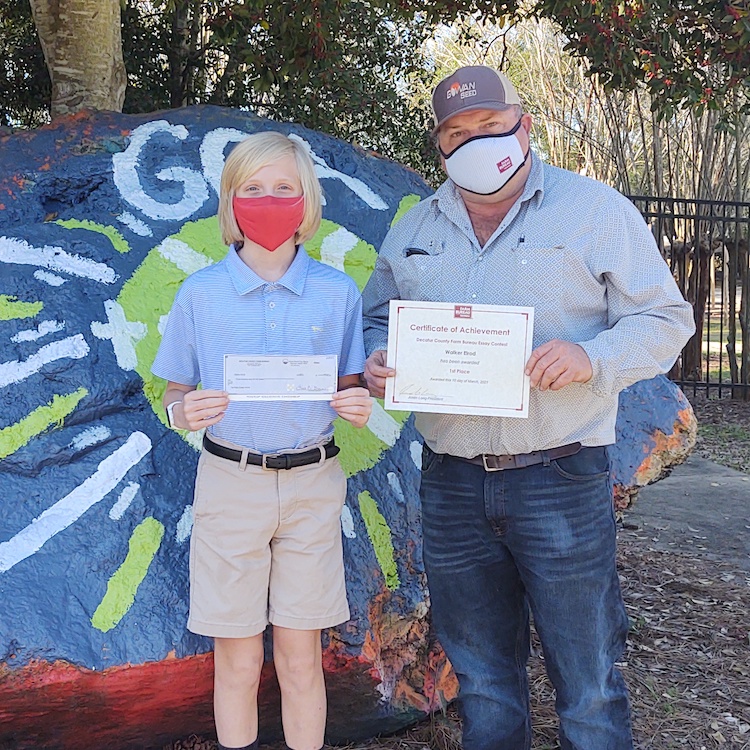
Certified Farm Markets & Agritourism benefit farmers & consumers
|
| 05/13/2021 |
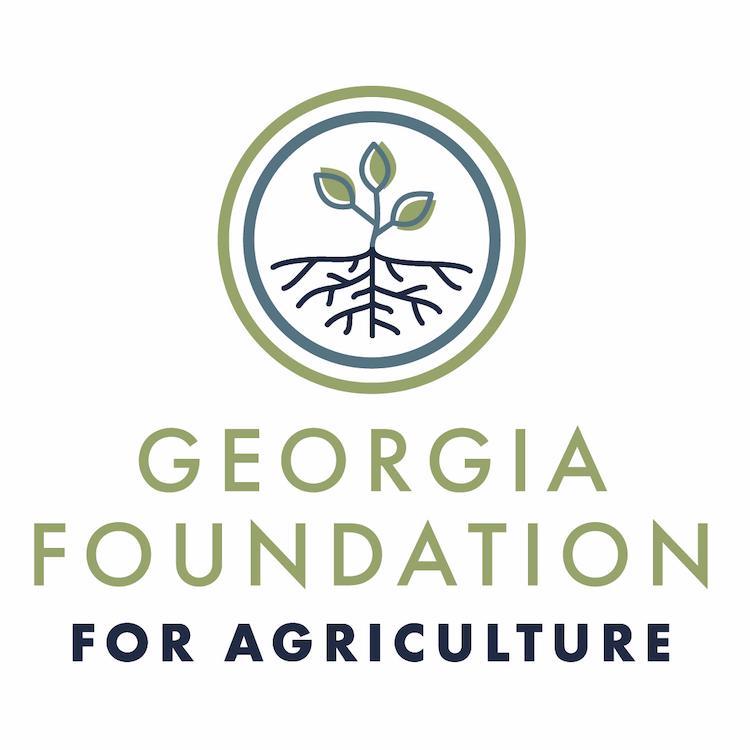
Foundation for Ag helps students pursue ag degrees
|
| 05/13/2021 |
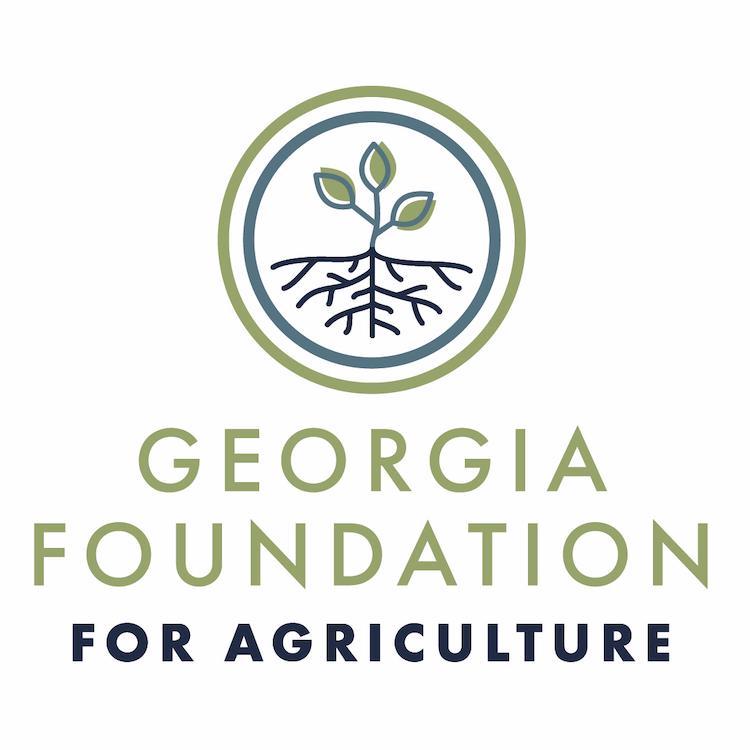
Georgia Foundation for Agriculture recognizes donors
|
| 05/12/2021 |
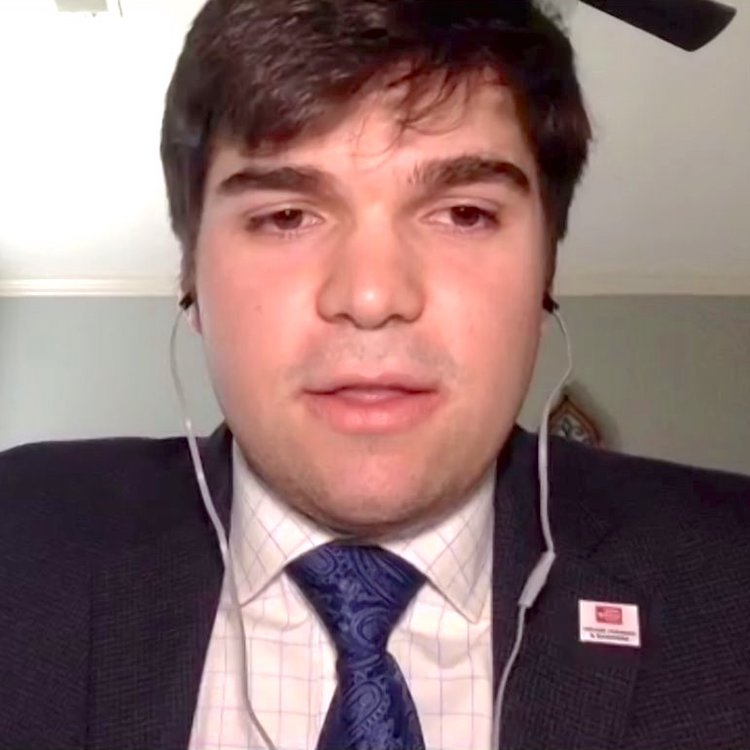
Sizemore represents GFB in Collegiate DM
|
| 05/11/2021 |

|
| 05/11/2021 |
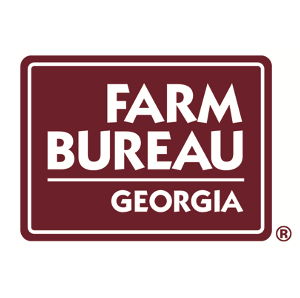
GFB sponsors FFA Discussion Meet
|
| 05/10/2021 |
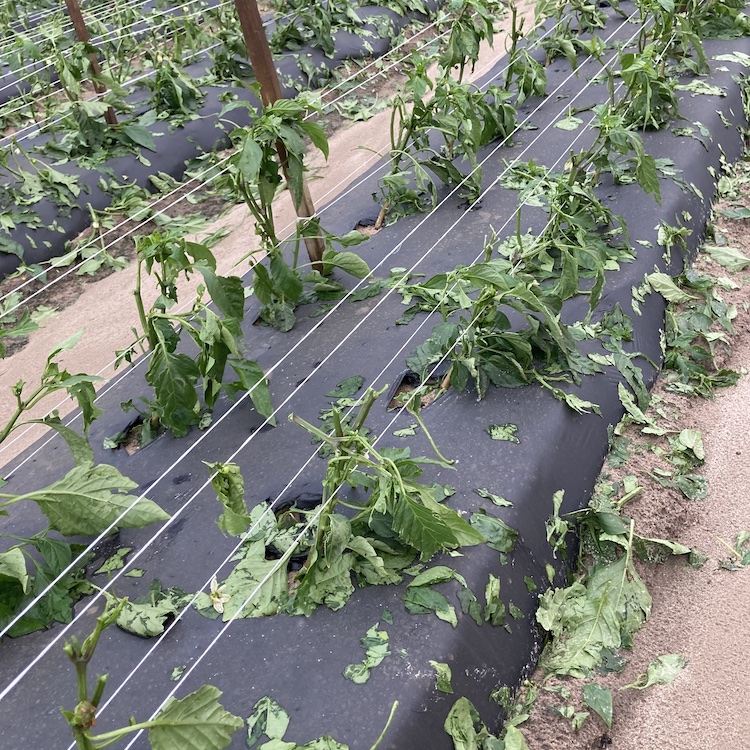
Late April storms damage South Georgia farms
|
| 05/09/2021 |
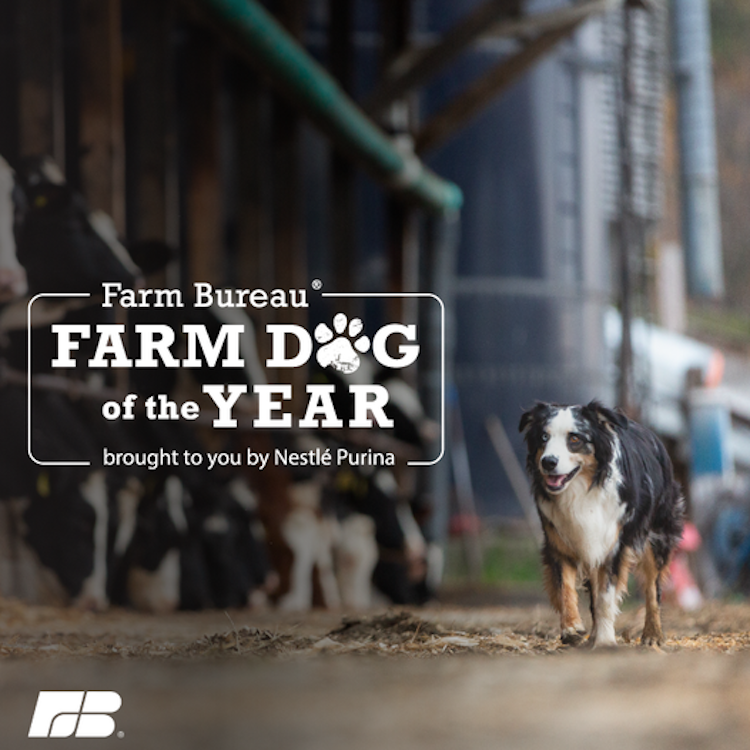
Does your farm dog have what it takes to win $5,000?
|
| 05/08/2021 |

AFBF YF&R prize tractor at work on Nolans’ farm
|
| 04/06/2021 |
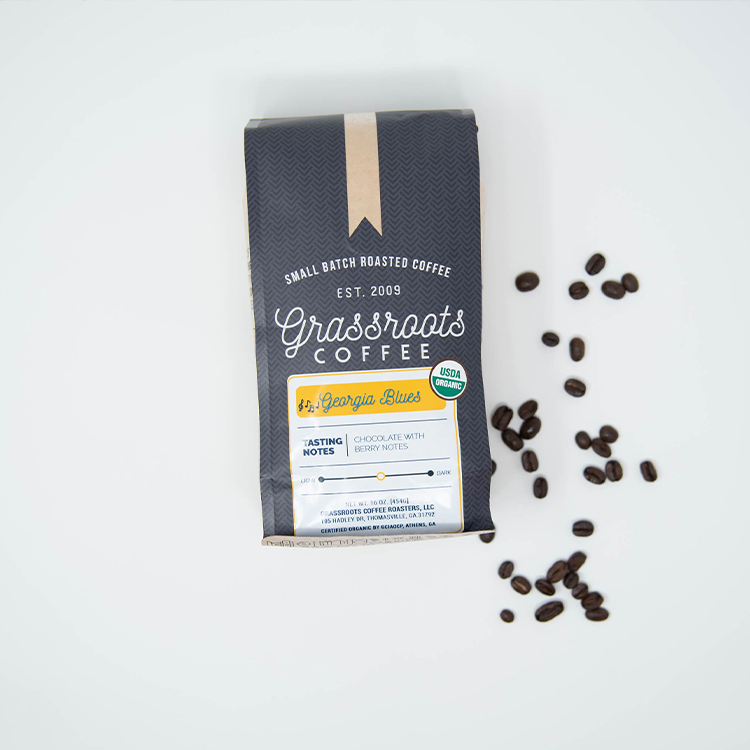
|
| 04/06/2021 |

|
| 03/25/2021 |

|
| 03/24/2021 |

|
| 03/15/2021 |
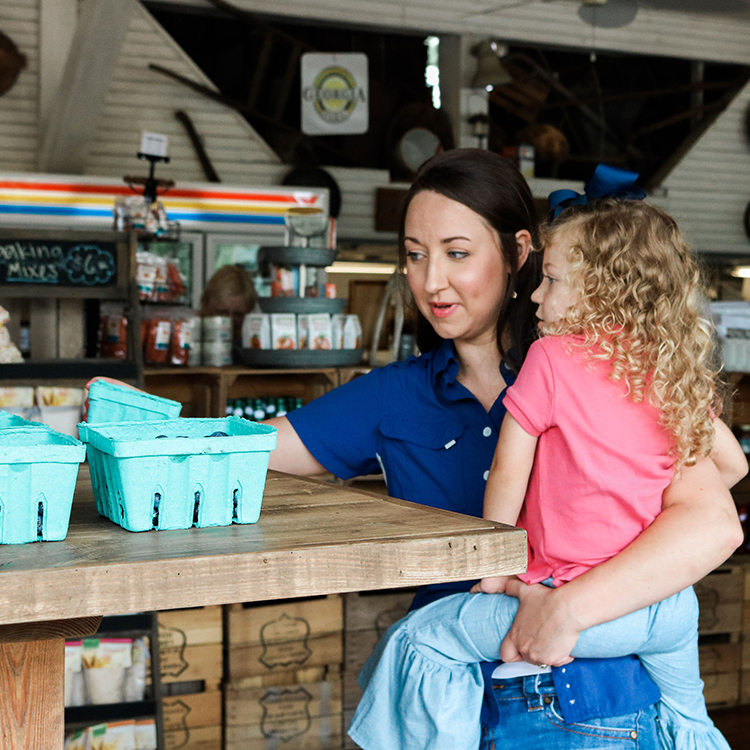
|
| 03/10/2021 |

McCalls’ ag journey brings them home to Georgia Farm Bureau
|
| 03/09/2021 |

|
| 03/08/2021 |
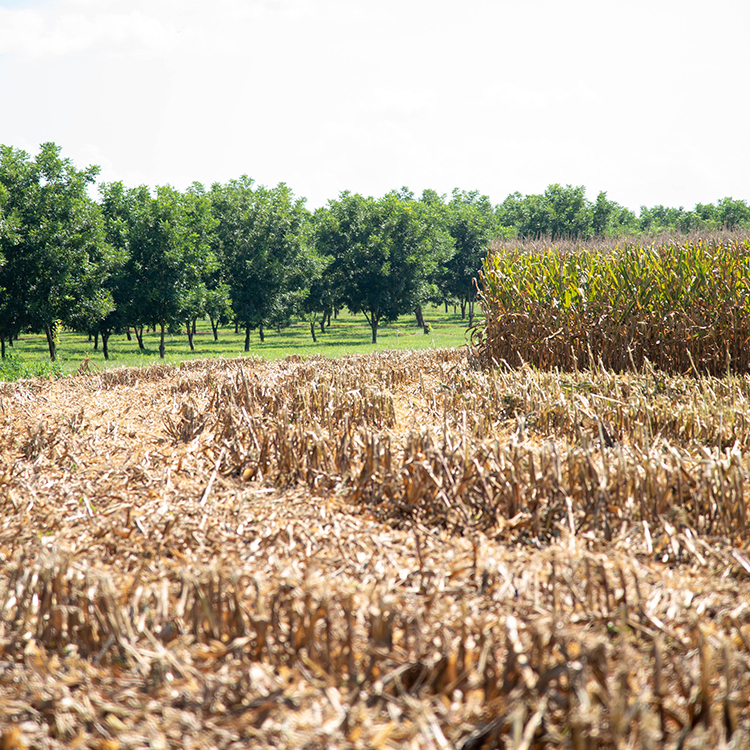
|
| 03/08/2021 |

|
| 03/07/2021 |

|
| 03/07/2021 |

|
| 03/06/2021 |
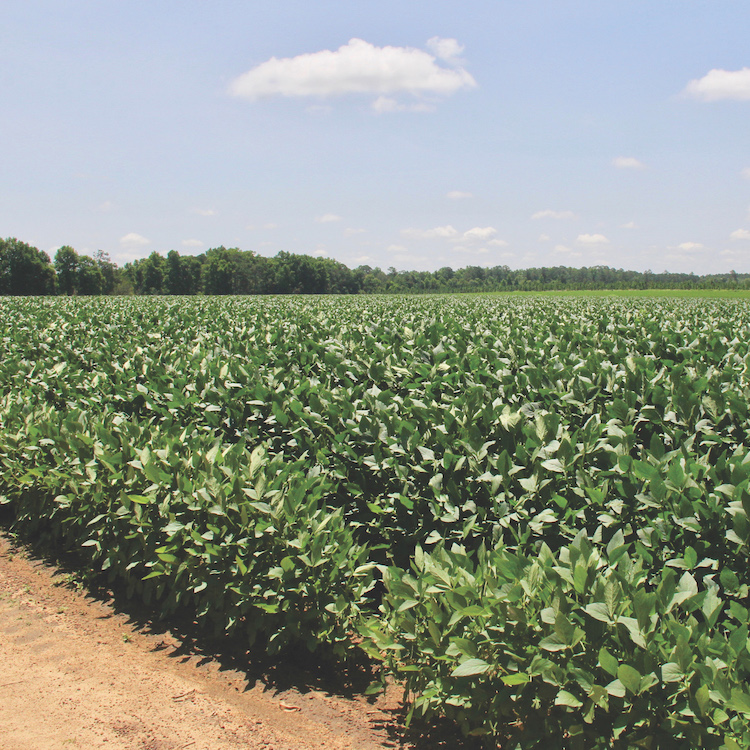
|
| 03/05/2021 |
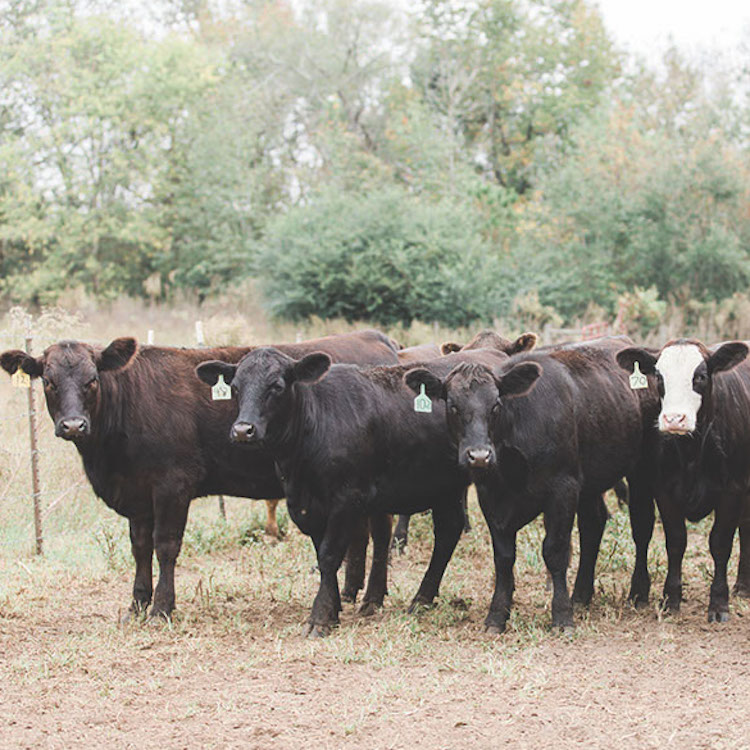
|
| 03/04/2021 |
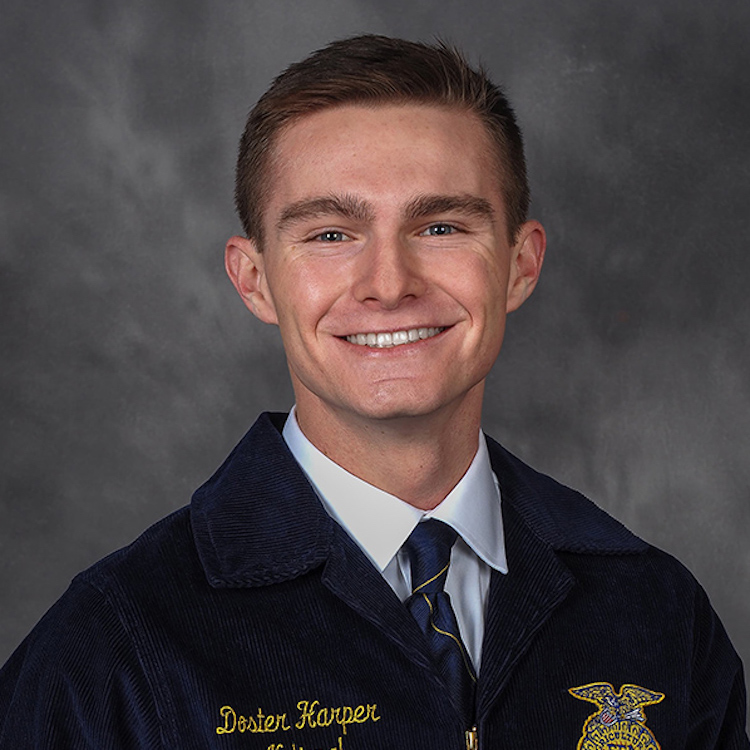
|
| 03/03/2021 |
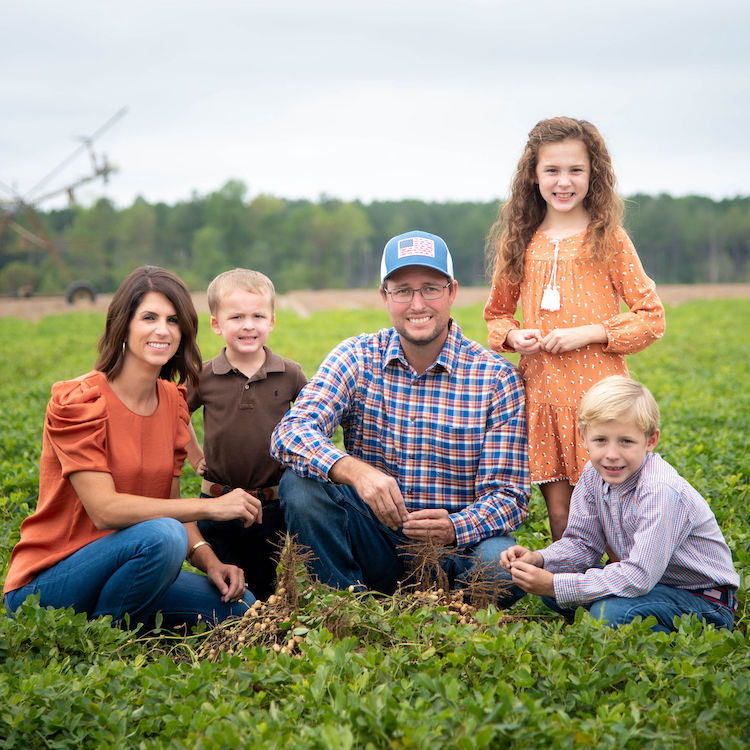
Nolans take second-place honors in AFBF YF&R contest
|
| 03/02/2021 |

|
| 03/02/2021 |
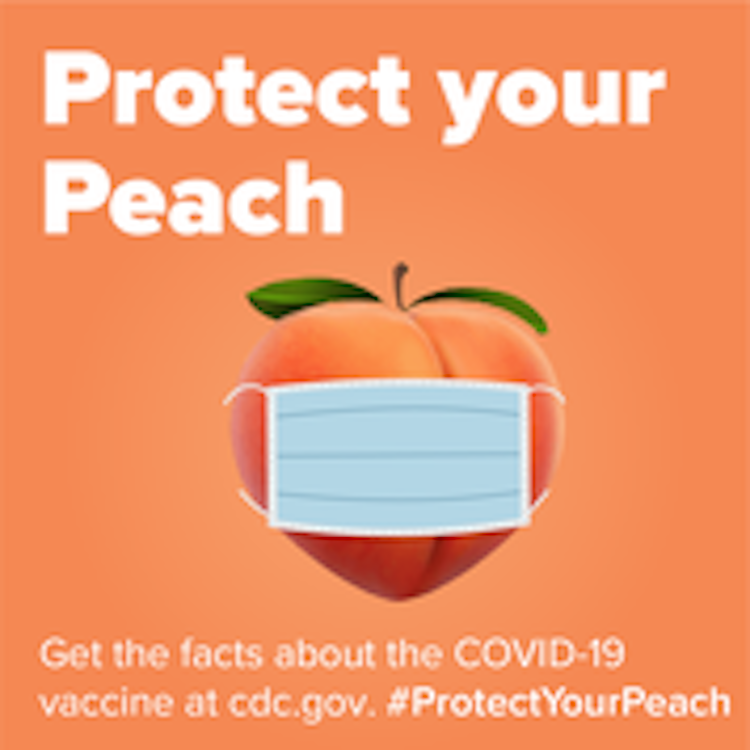
|
| 03/01/2021 |

|
| 02/28/2021 |

|
| 02/28/2021 |

|
| 02/27/2021 |
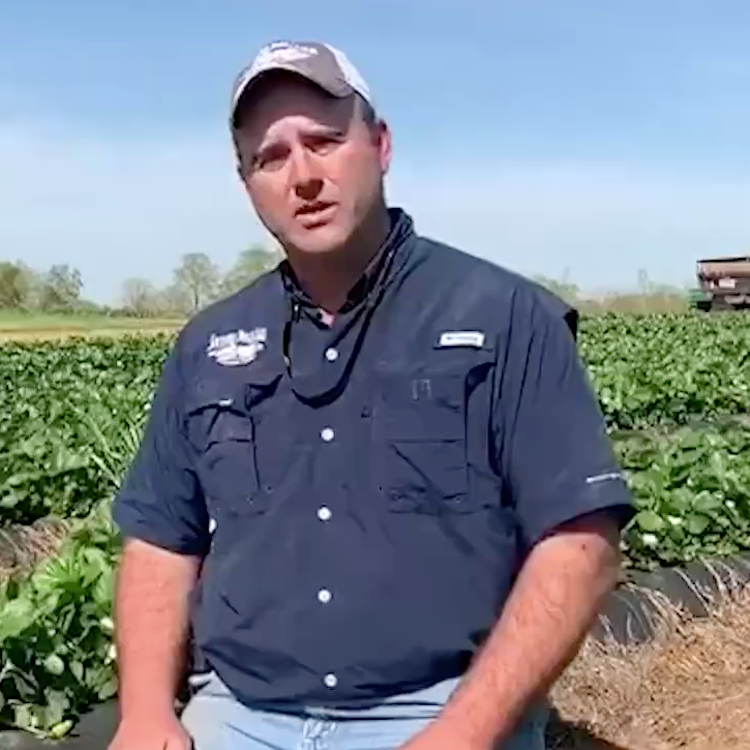
|
| 02/26/2021 |
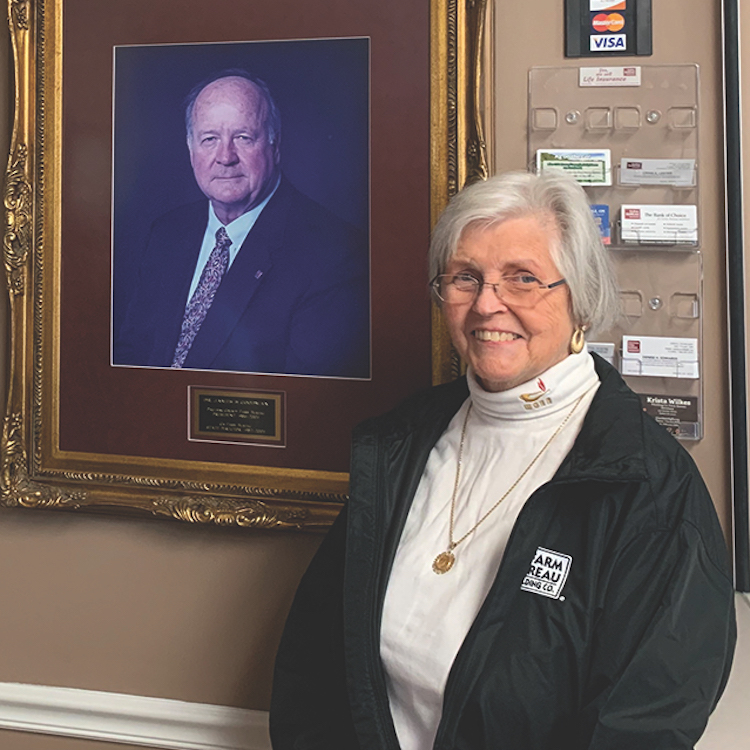
Goodman donation to Georgia Ag Foundation will fund scholarships
|
| 02/25/2021 |

Fresh Fixins with Georgia Chef Holly Chute
|
| 02/25/2021 |
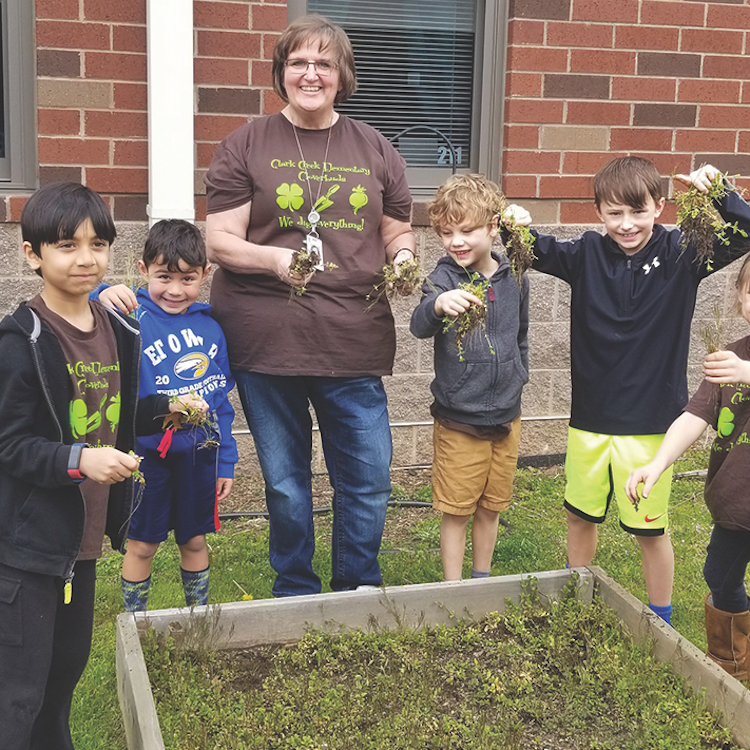
|
| 02/24/2021 |
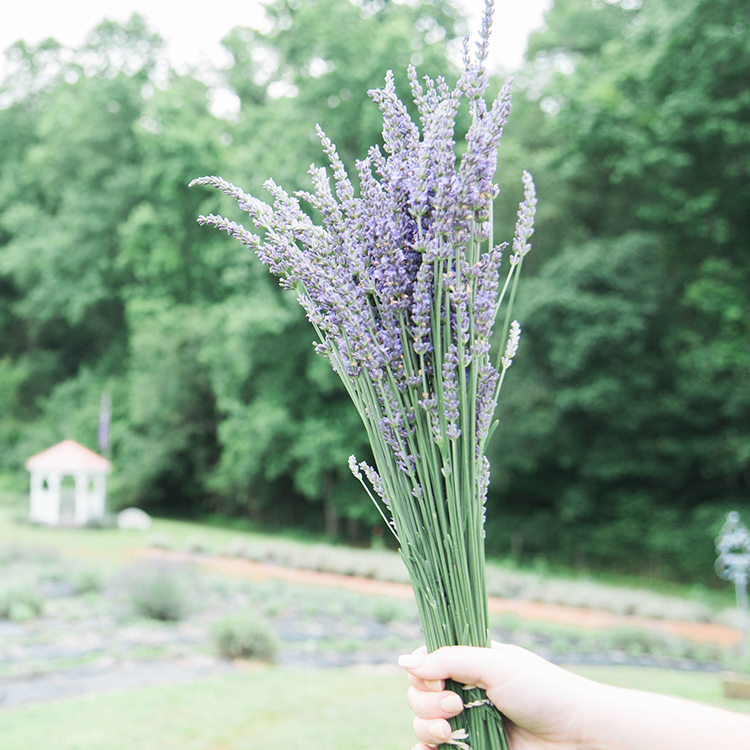
|
| 02/24/2021 |

Georgia Farm Bureau honors Isakson with Commodity Award
|
| 02/23/2021 |

|
| 02/23/2021 |
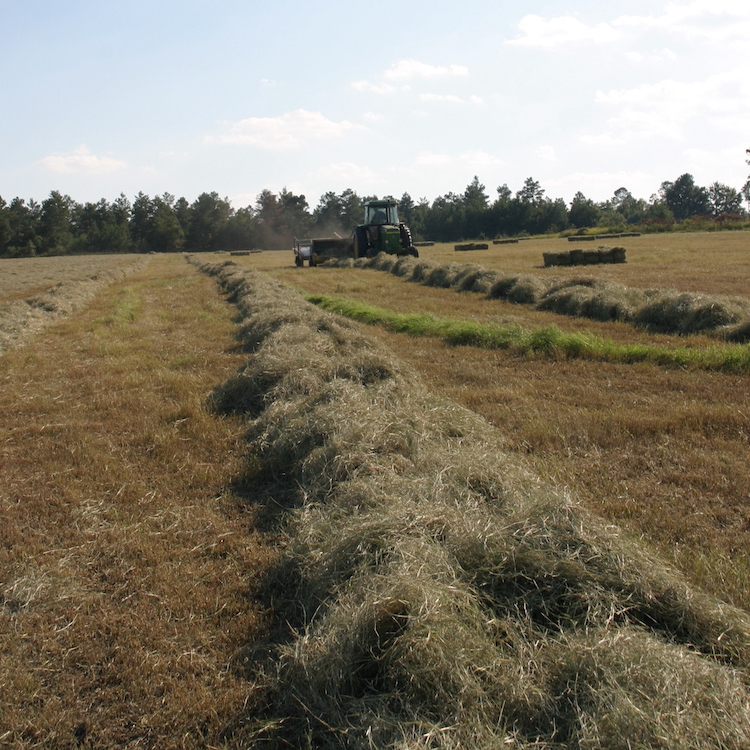
|
| 02/22/2021 |

|
| 02/22/2021 |
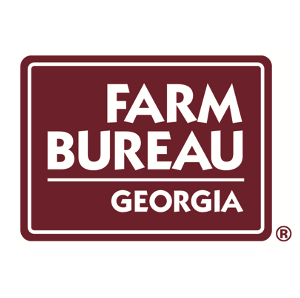
GFB YF&R & Women's Leadership Committees continue serving
|
| 02/21/2021 |
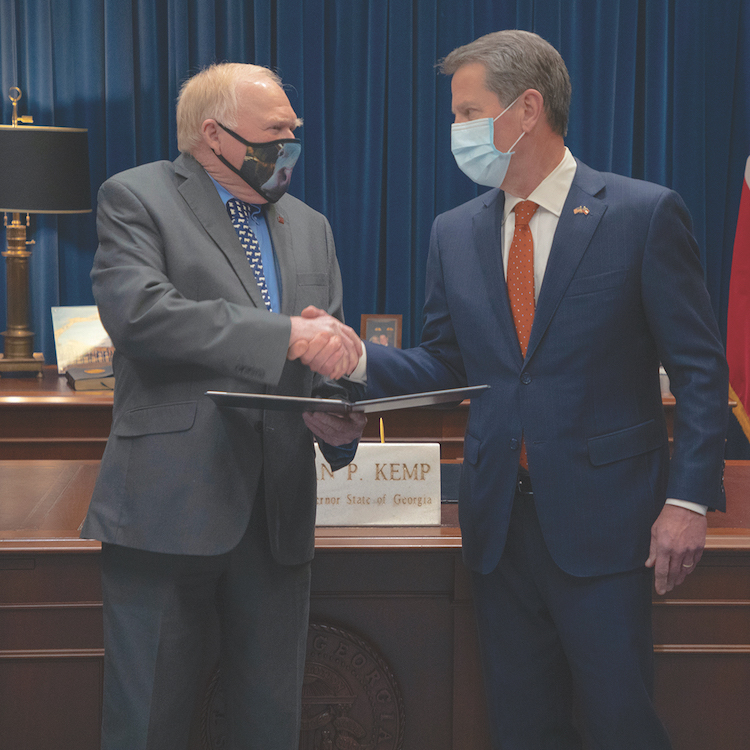
|
| 02/20/2021 |

GACD sponsors Georgia AG Experience STEM Challenge
|
| 02/08/2021 |

|
| 02/03/2021 |
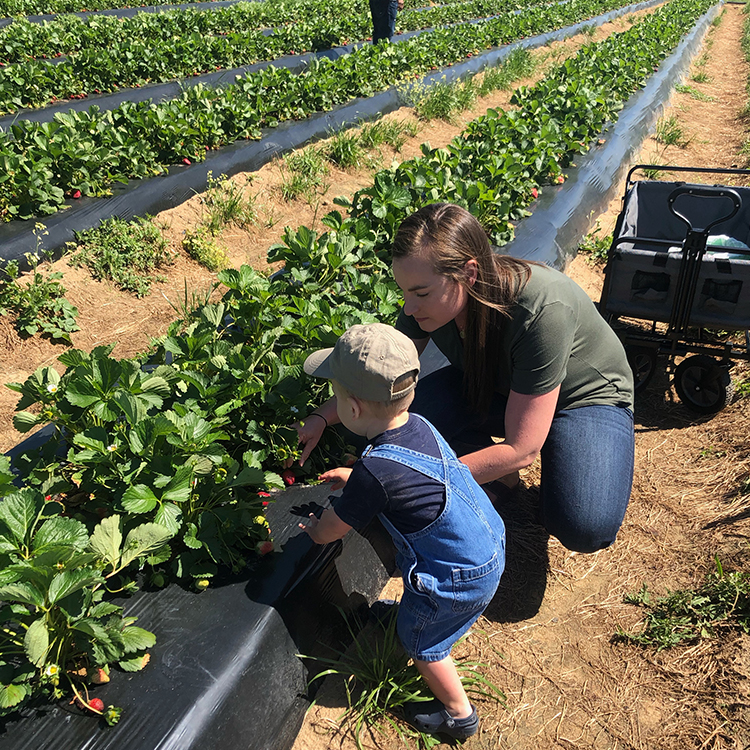
A Mother-Son Farm Passport Adventure
|
| 01/27/2021 |

Retirees Live it Up with a New Type of Passport
|
| 12/07/2020 |
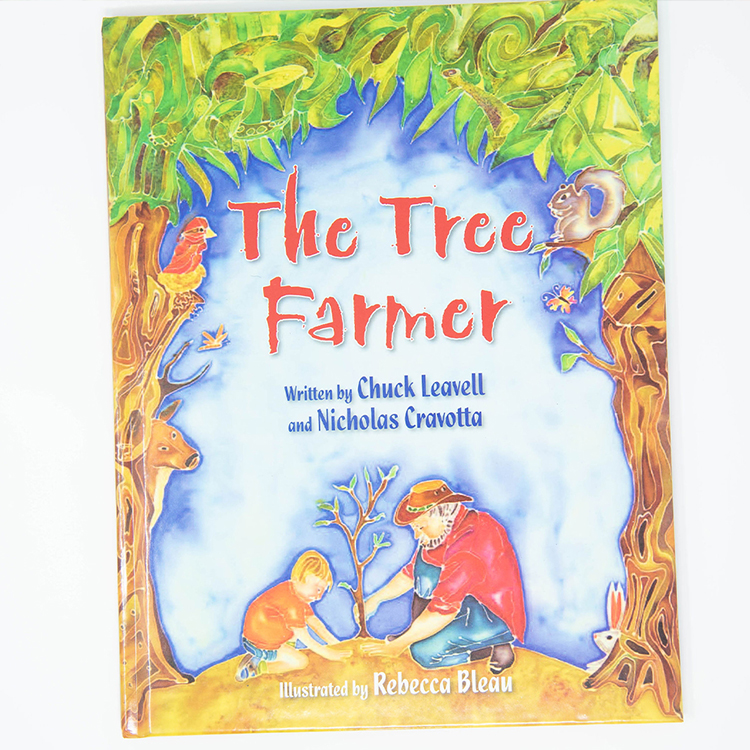
|
| 12/01/2020 |

Top Holiday Traditions You Should Try in 2020
|
| 11/19/2020 |

|
| 11/16/2020 |

|
| 11/15/2020 |
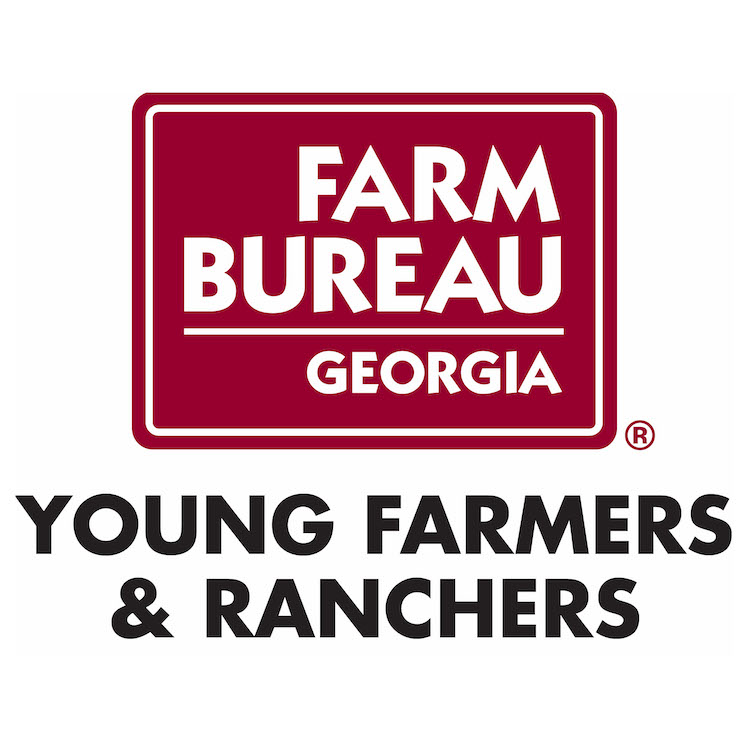
GFB Young Farmers & Ranchers Award Programs successful despite 2020 challenges
|
| 11/14/2020 |
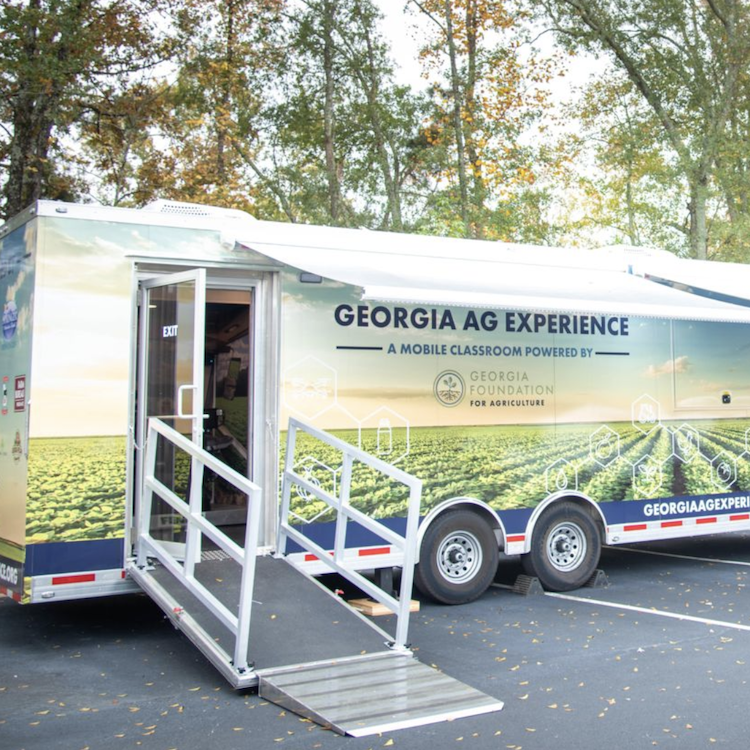
|
| 11/13/2020 |
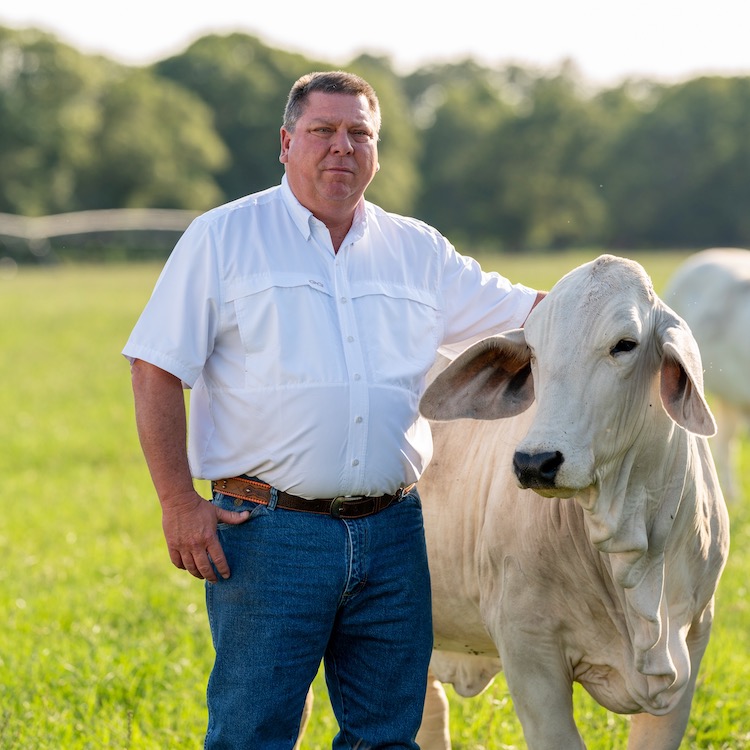
|
| 11/12/2020 |
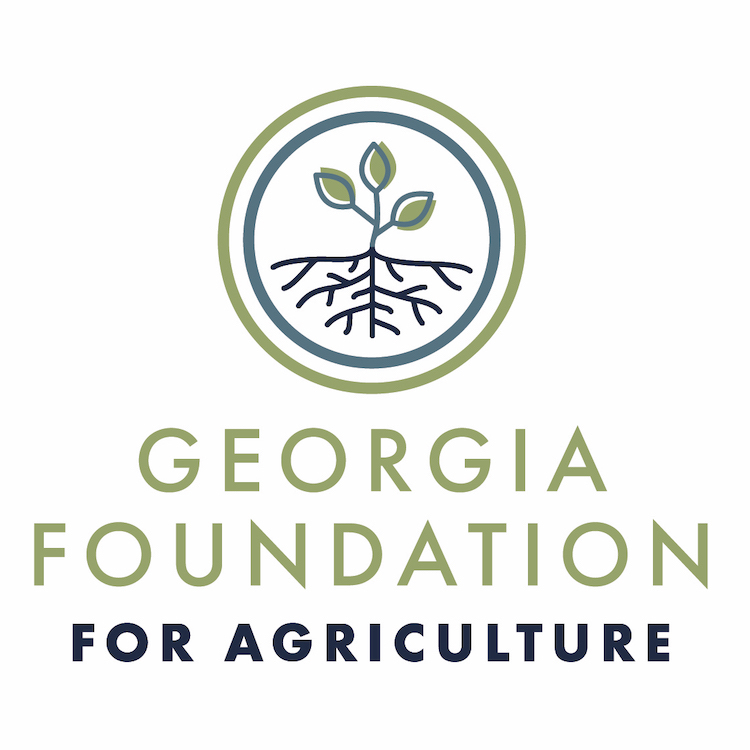
Ga. Foundation for Ag offers college, tech college & vet school scholarships
|
| 11/11/2020 |
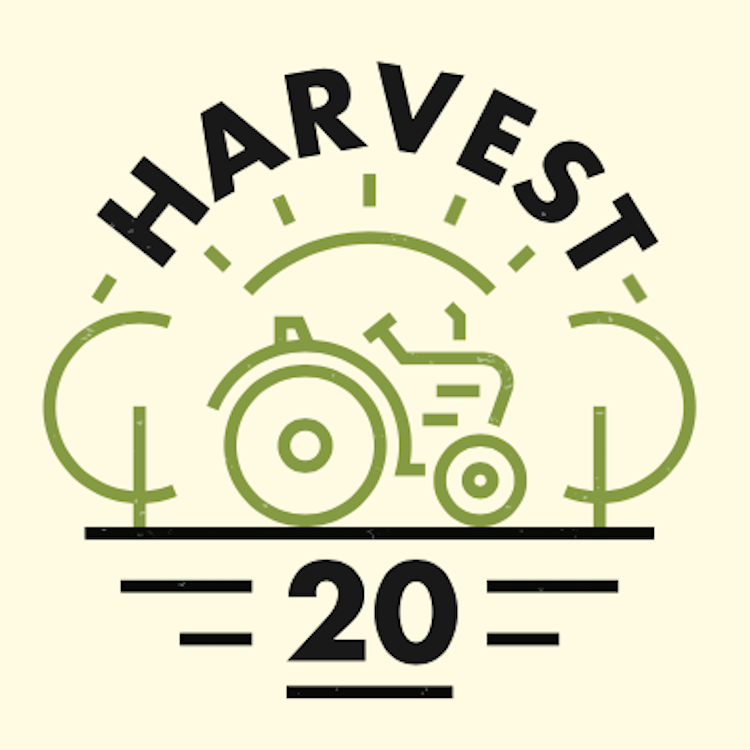
|
| 11/10/2020 |

|
| 11/09/2020 |

|
| 11/08/2020 |

|
| 11/06/2020 |

|
| 11/05/2020 |
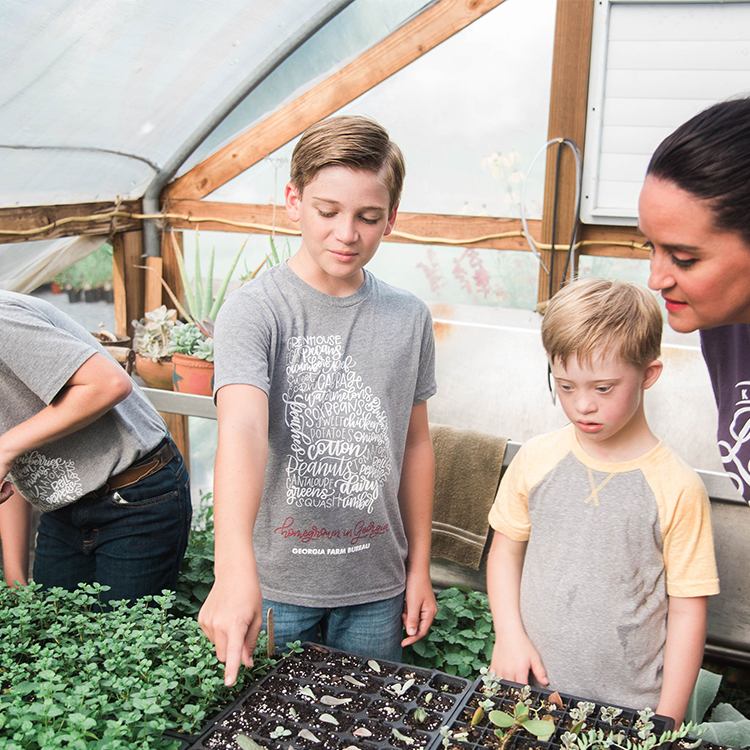
|
| 10/25/2020 |

Farmers Make the Holidays Special
|
| 10/22/2020 |

|
| 10/05/2020 |
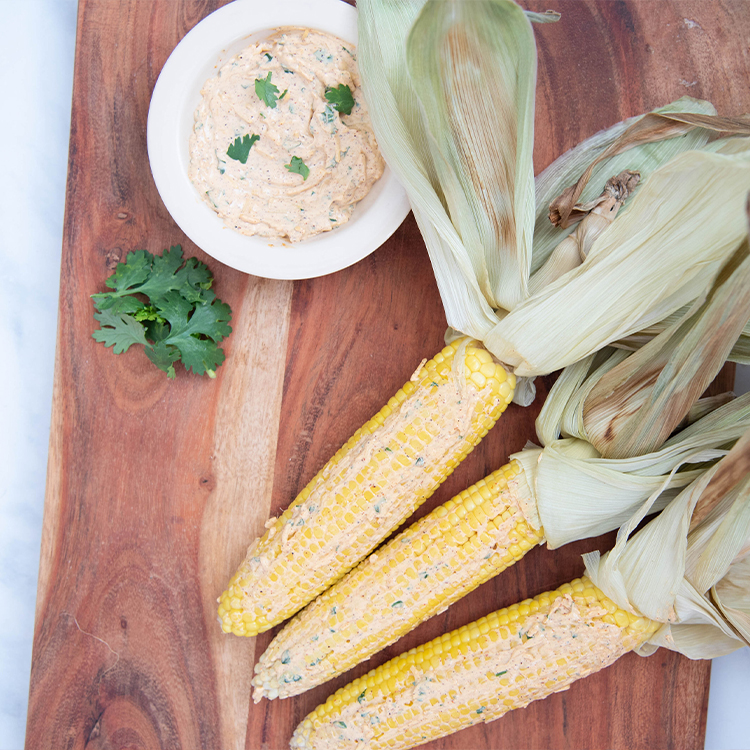
|
| 10/05/2020 |

|
| 10/04/2020 |
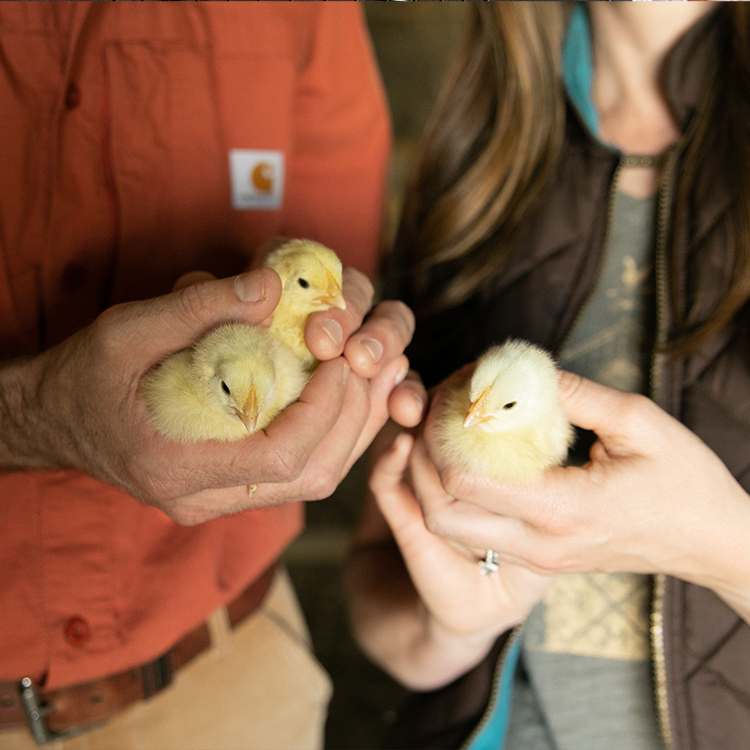
|
| 09/29/2020 |

|
| 09/29/2020 |

|
| 09/27/2020 |

'I Left the Land Better Than I Found It'
|
| 09/24/2020 |
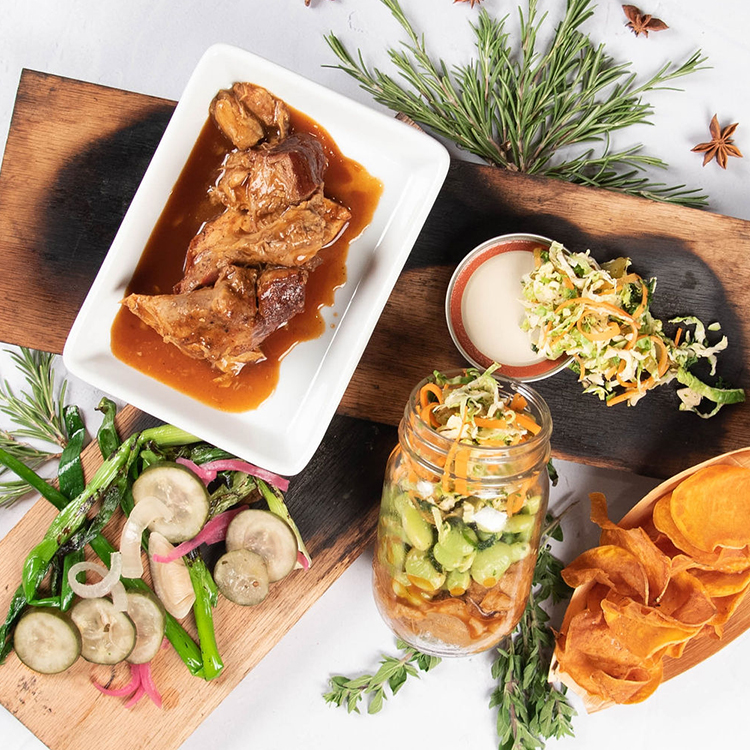
Fresh Fixins with Chef Jamie Keating: Coca-Cola Glazed Braised Pork Medallions
|
| 09/09/2020 |
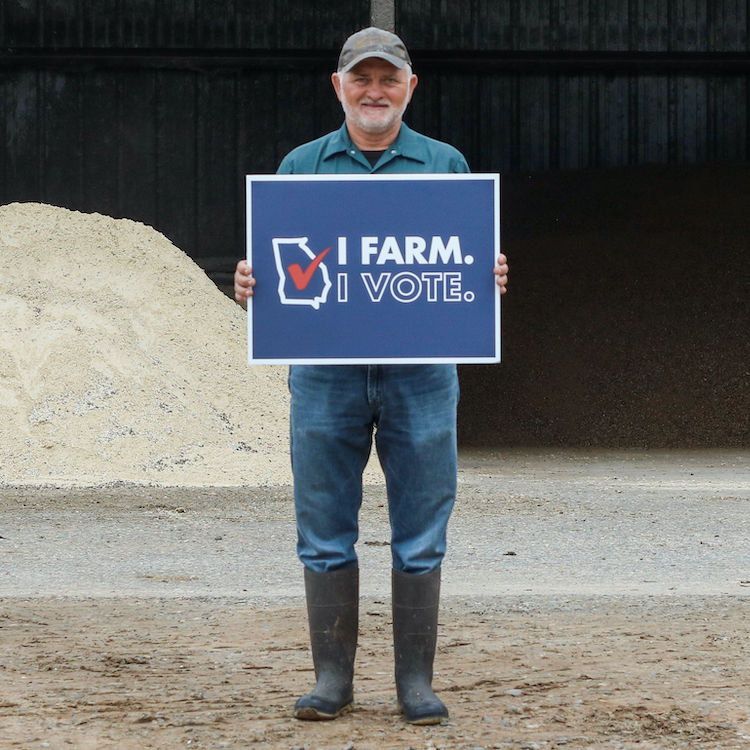
|
| 09/08/2020 |
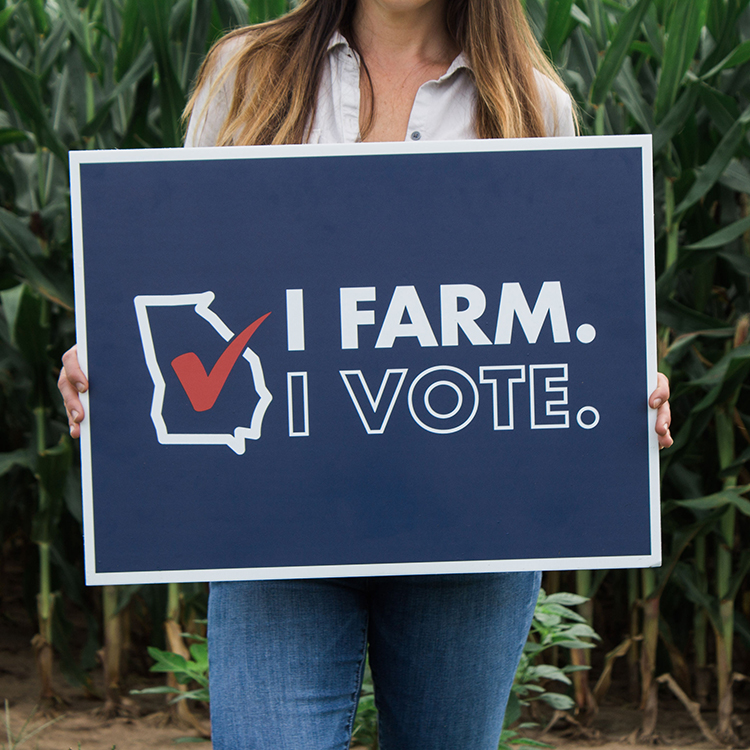
How Farmers Can Advocate for Their Industry
|
| 09/08/2020 |
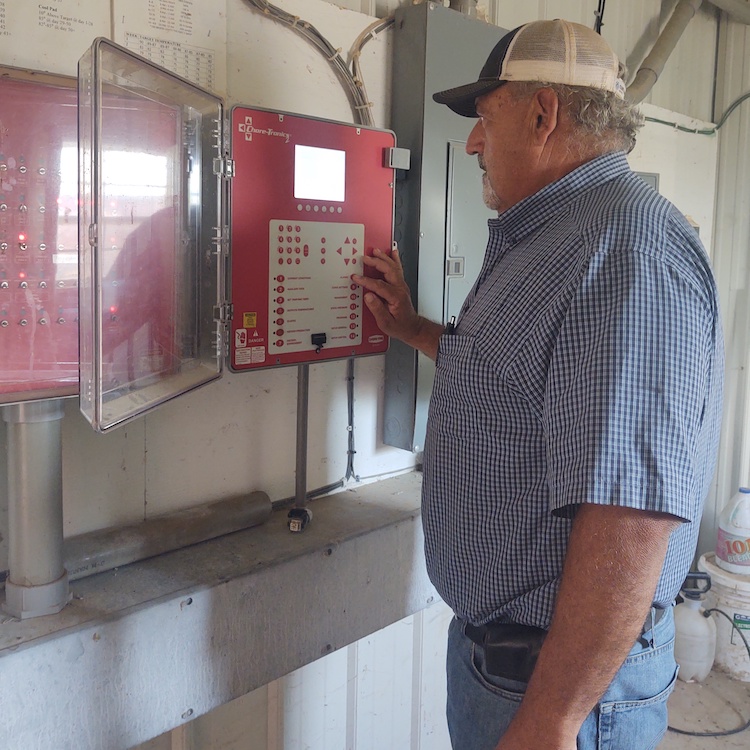
|
| 09/07/2020 |
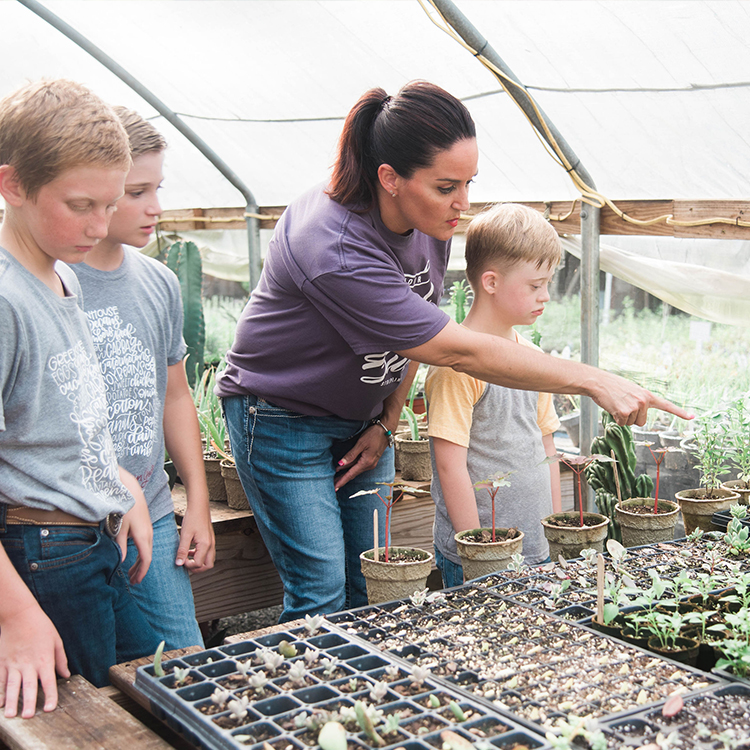
Teaching about agriculture is as easy as A B C
|
| 09/07/2020 |

GFB Hay Contest offers chance to win use of Vermeer baler
|
| 09/06/2020 |

GFB celebrates 30th Annual Ga. Jr. National Livestock Champions
|
| 09/05/2020 |

|
| 09/04/2020 |
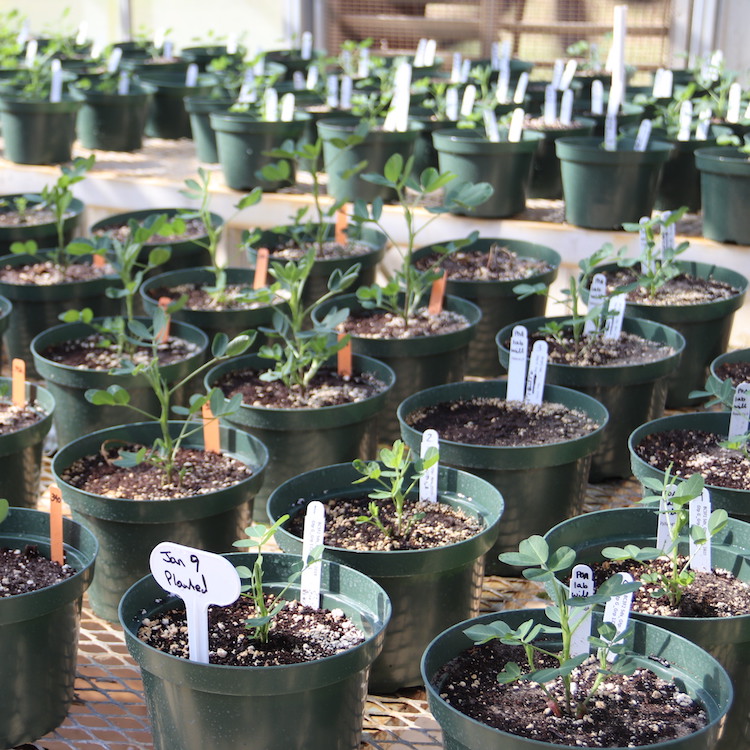
|
| 09/03/2020 |

COVID-19 cancels Georgia fairs & Sunbelt Expo
|
| 09/02/2020 |

|
| 09/01/2020 |
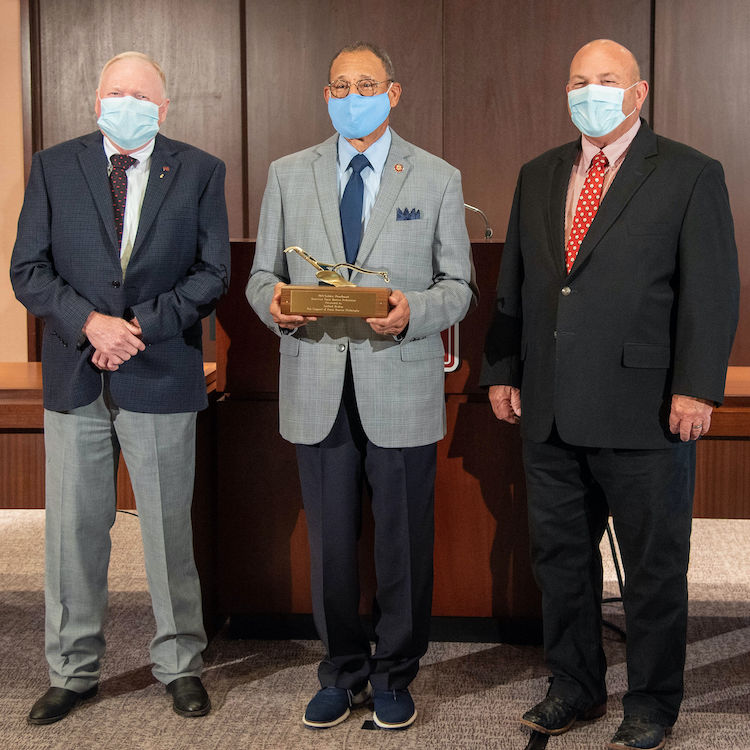
|
| 08/31/2020 |

Fresh Ways to Enjoy Crisp Georgia Apples
|
| 08/31/2020 |
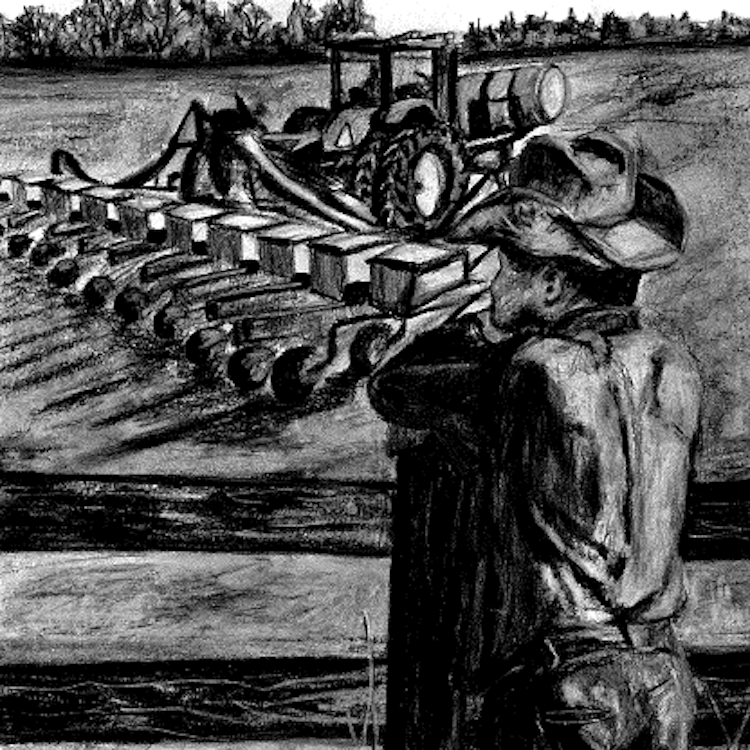
Georgia agriculture comes to life through GFB Art Contest
|
| 08/30/2020 |

|
| 08/29/2020 |
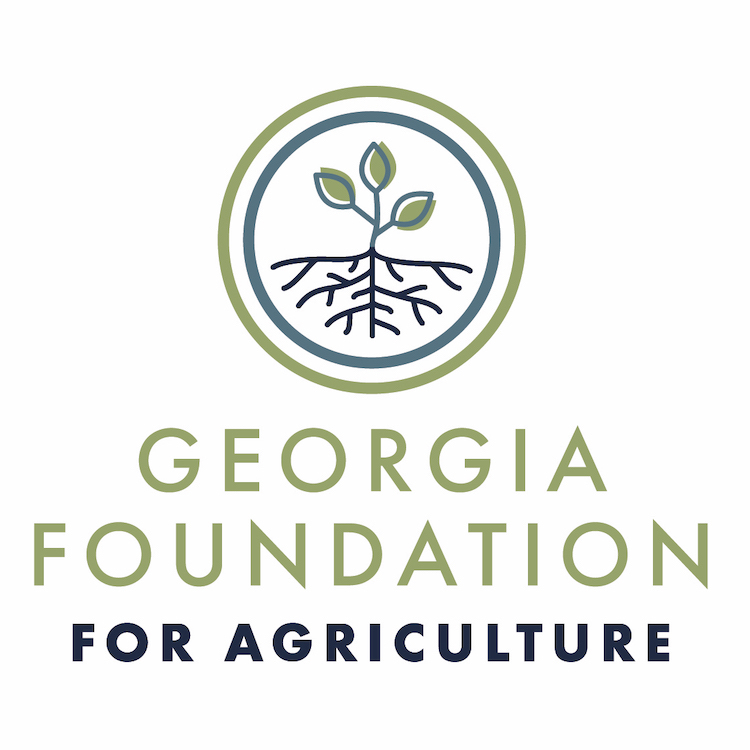
Georgia Foundation for Agriculture names new directors
|
| 08/28/2020 |
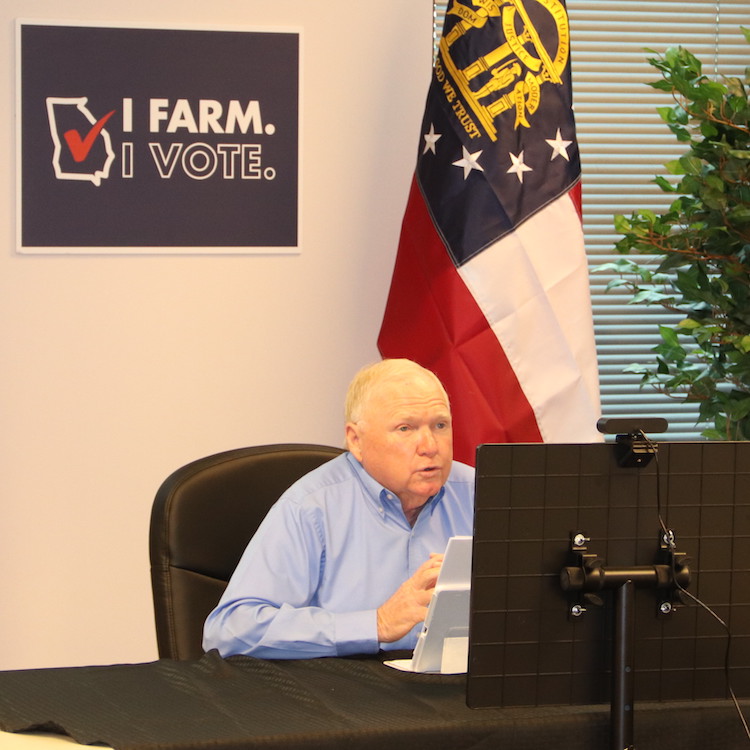
|
| 08/27/2020 |

|
| 08/27/2020 |
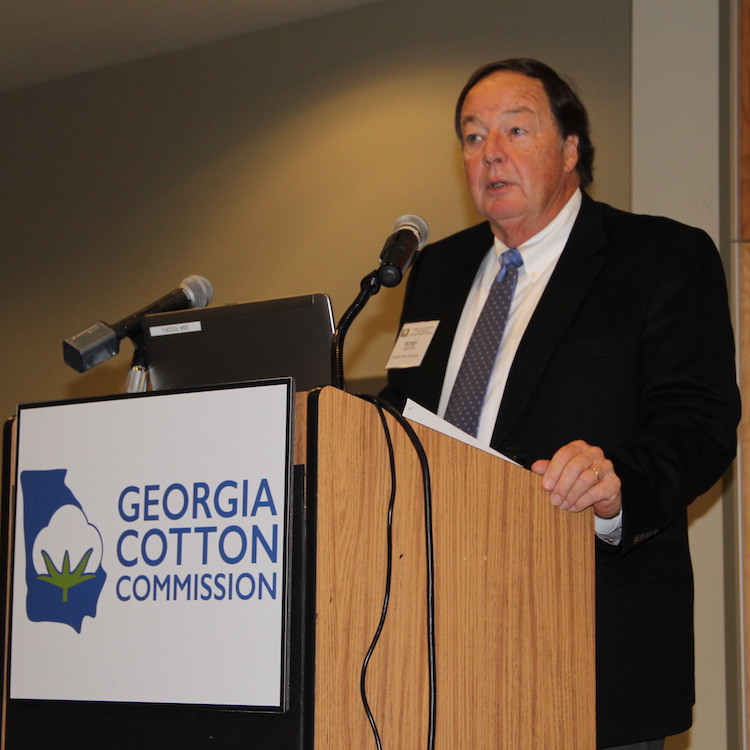
|
| 08/26/2020 |
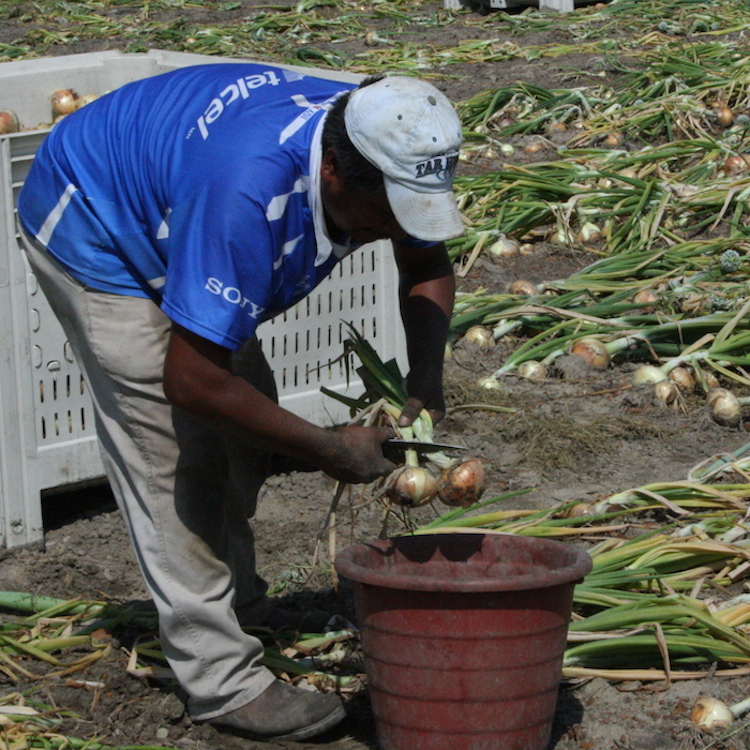
|
| 08/25/2020 |
|
| 08/24/2020 |
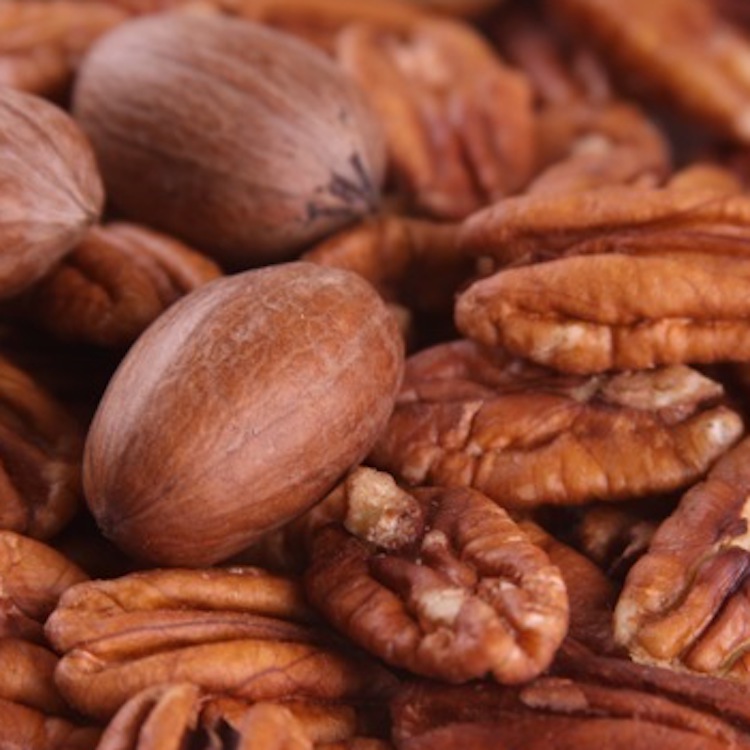
|
| 08/23/2020 |

|
| 08/22/2020 |

|
| 08/17/2020 |

Ag-Tivities with Lauren: Pollinators
|
| 08/17/2020 |
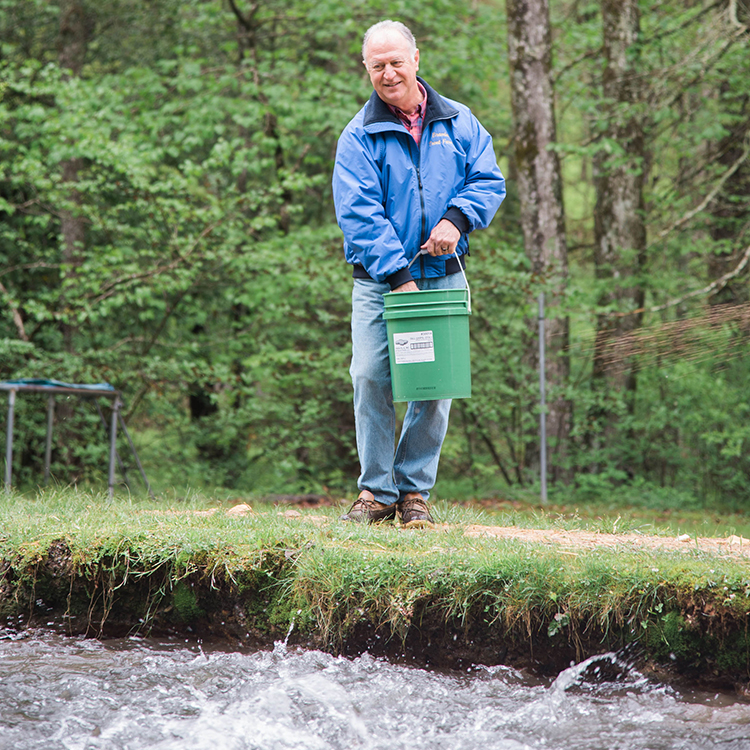
|
| 08/10/2020 |
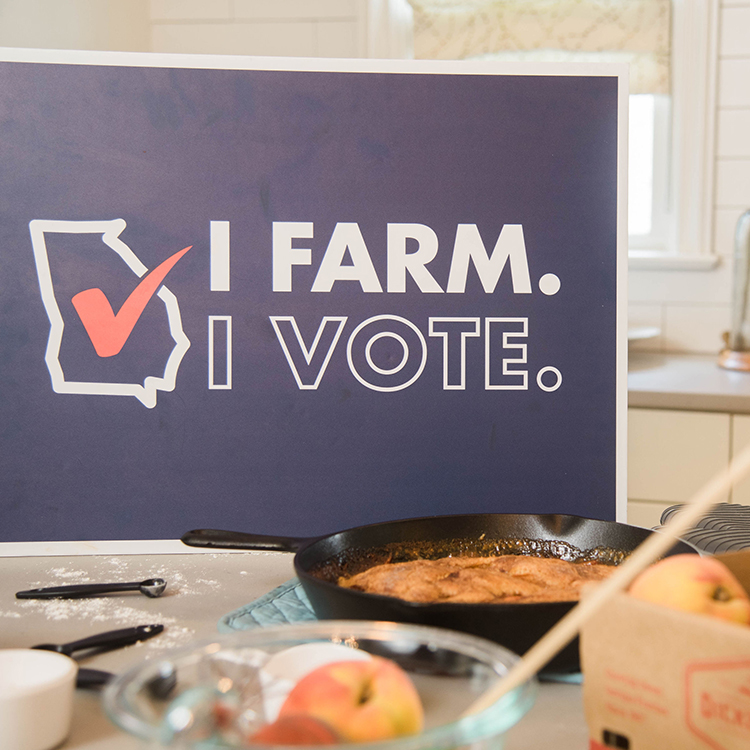
Vote Today in Georgia's General Primary Runoff Election
|
| 07/12/2020 |

Ag-Tivities with Lauren: Ice Cream Month
|
| 06/09/2020 |

|
| 06/04/2020 |
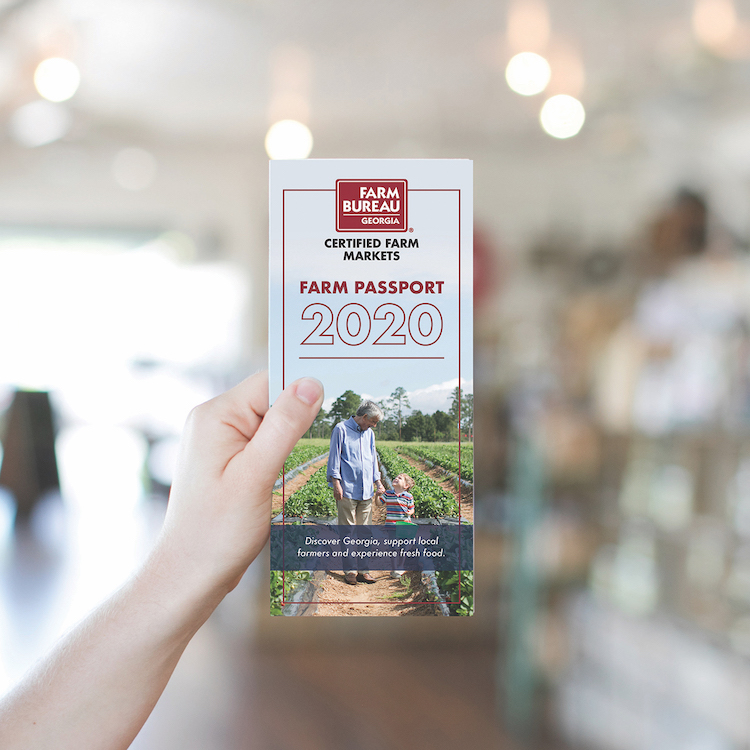
|
| 06/03/2020 |

Burning Calories in the Garden
|
| 06/03/2020 |
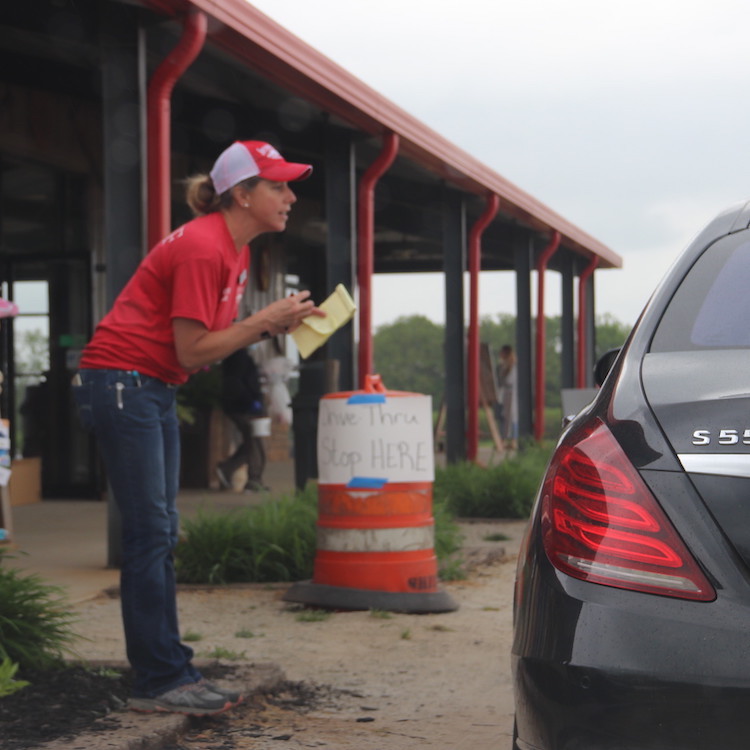
GFB Certified Farm Markets are #StillFarming & serving customers
|
| 06/02/2020 |
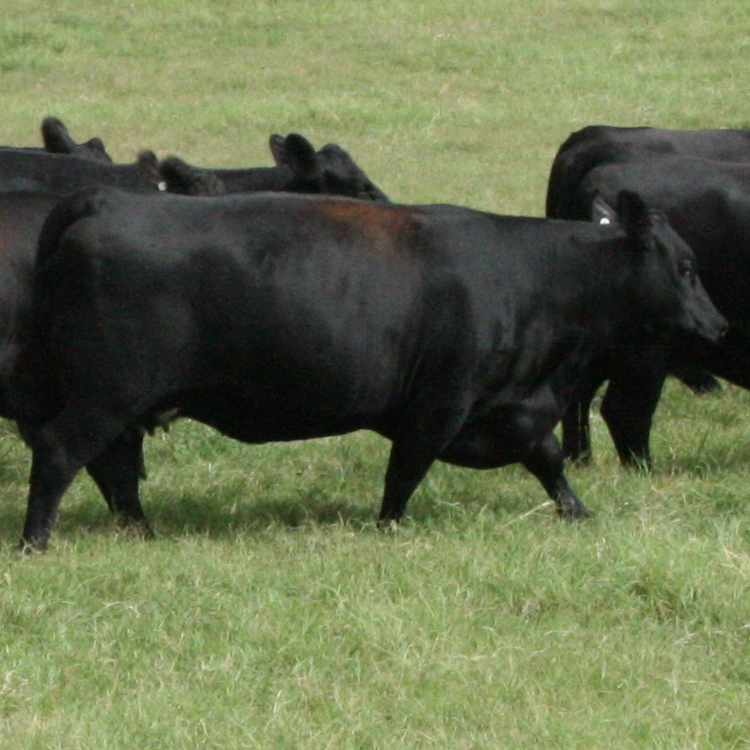
|
| 06/01/2020 |

|
| 06/01/2020 |
|
| 05/31/2020 |

Washington steps up to help farmers weather COVID-19 pandemic
|
| 05/29/2020 |
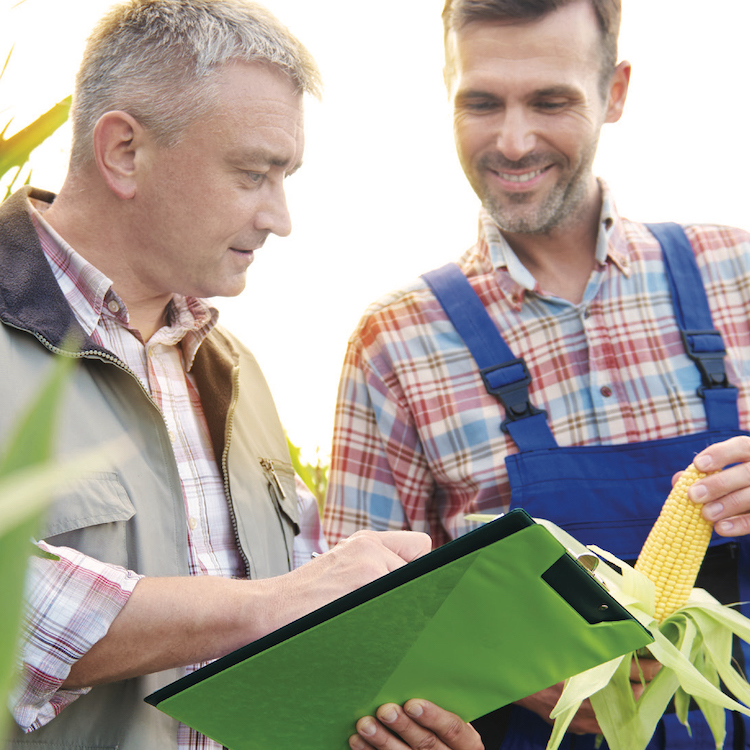
GFB offering new health coverage option for small businesses
|
| 05/28/2020 |
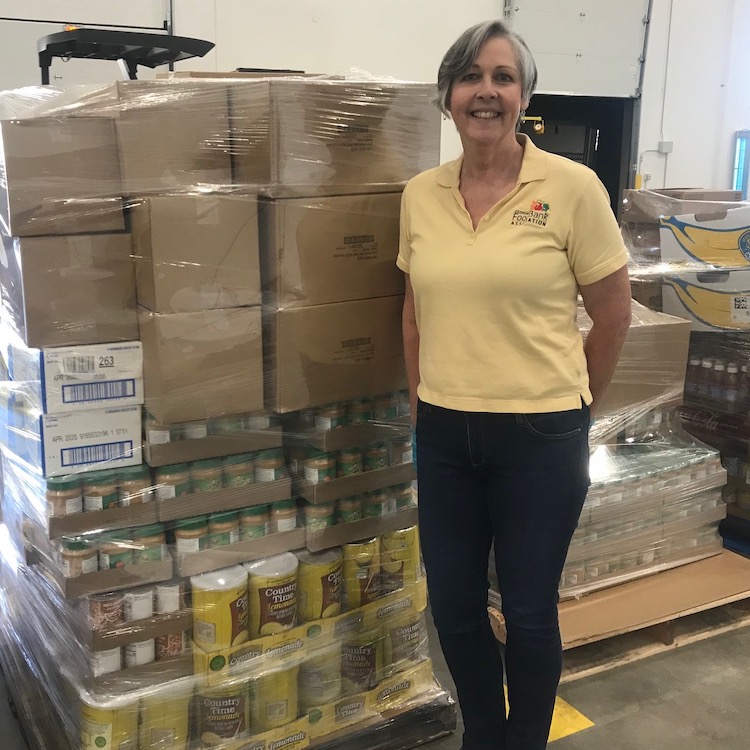
|
| 05/27/2020 |
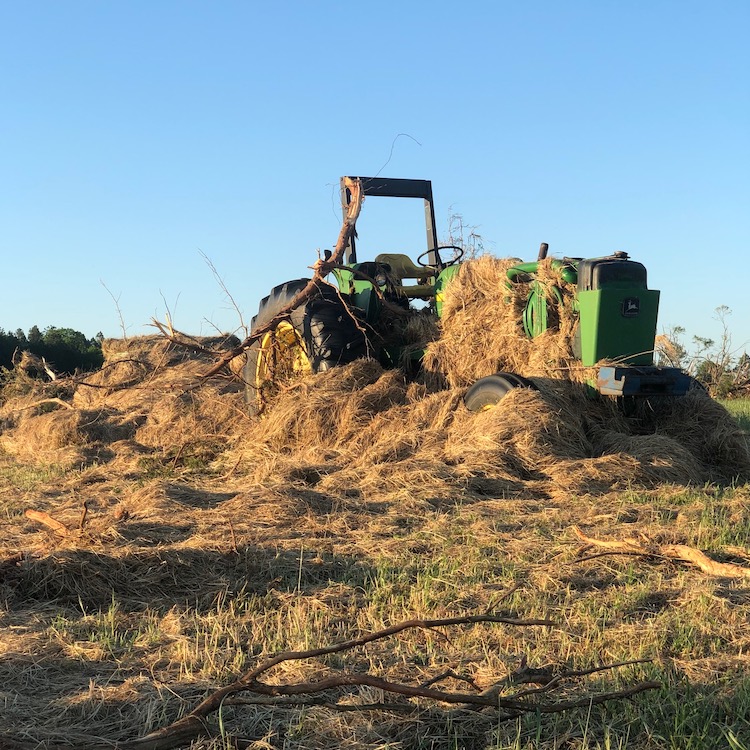
|
| 05/26/2020 |

|
| 05/26/2020 |

|
| 05/25/2020 |

|
| 05/25/2020 |
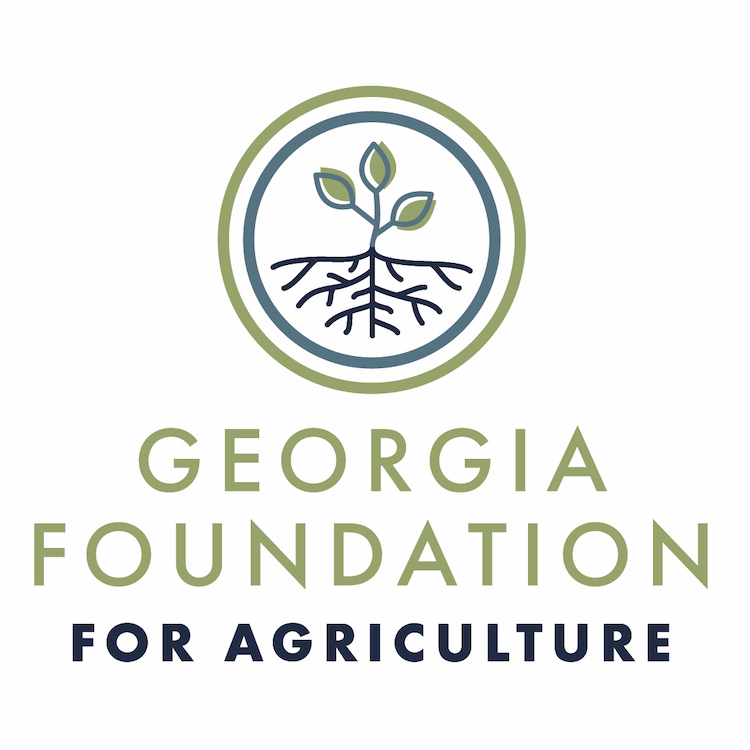
Ga. Foundation for Agriculture supports elementary ag ed programs
|
| 05/24/2020 |

|
| 05/23/2020 |

|
| 05/23/2020 |
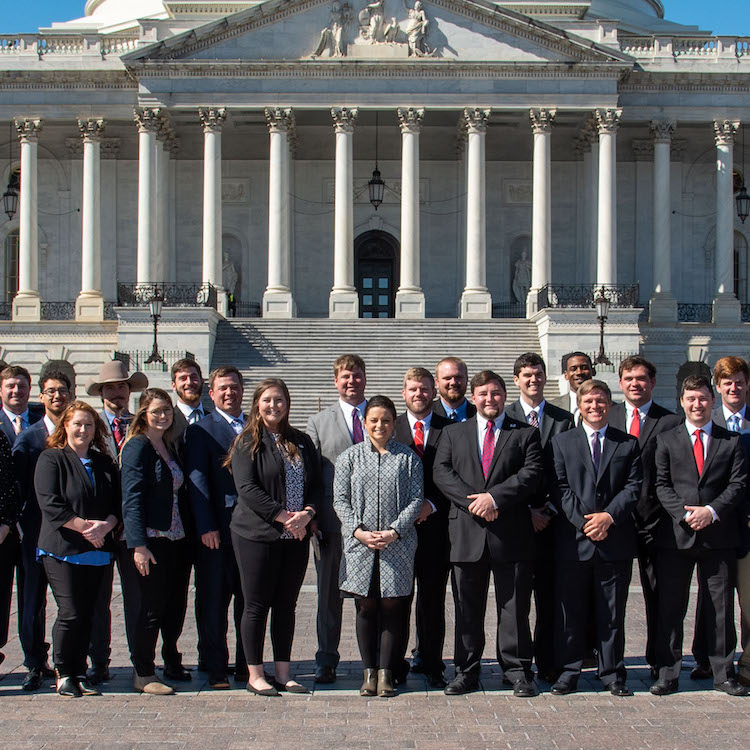
|
| 05/21/2020 |

|
| 05/21/2020 |
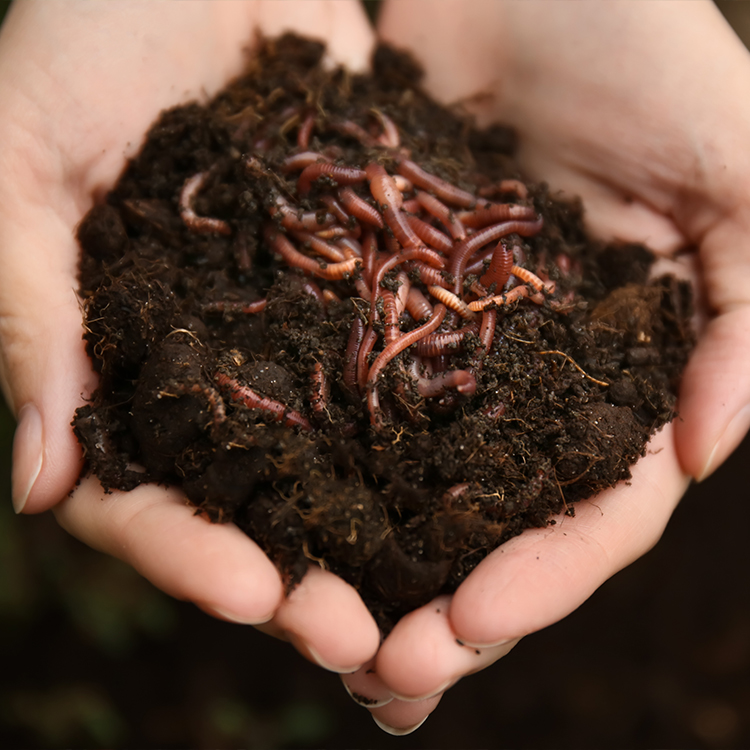
Ag-Tivities with Lauren: 'Wonderful Worms'
|
| 05/17/2020 |

Tips to Build the Perfect Beef Burger
|
| 05/13/2020 |
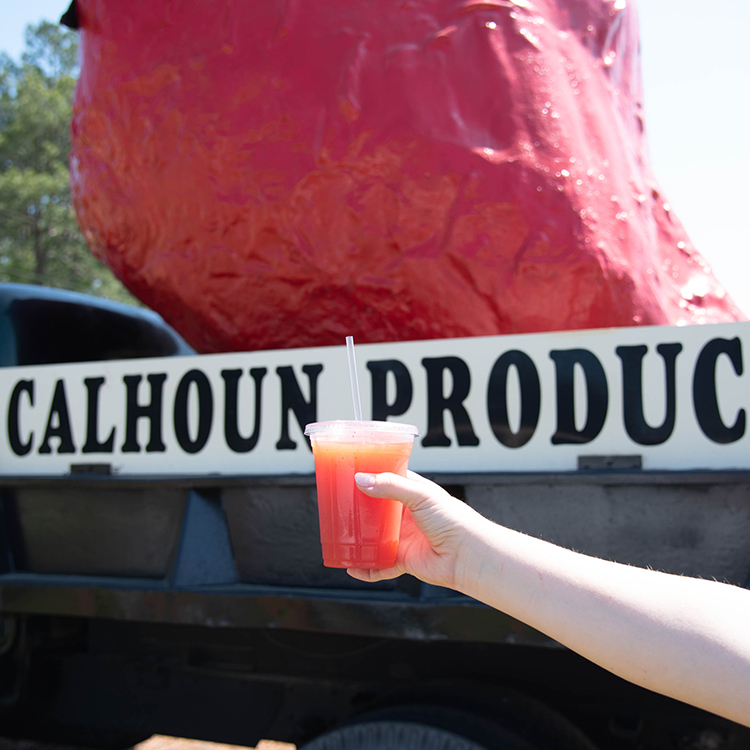
Farm Passport: Your Summer Route Through South Georgia
|
| 05/13/2020 |
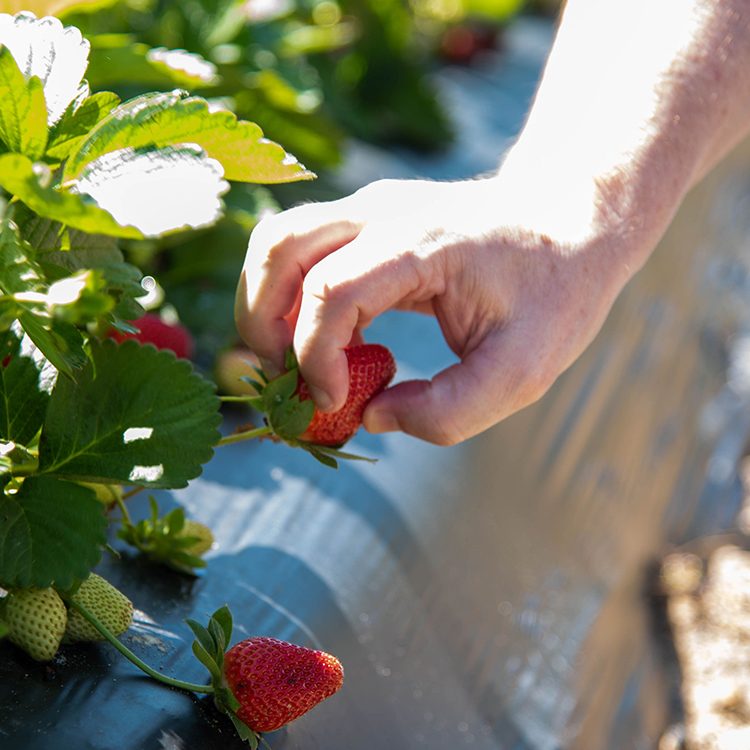
Farm Passport: Your Summer Route Through North Georgia
|
| 05/13/2020 |

Farm Passport: Your Summer Route Through Middle Georgia
|
| 05/06/2020 |

Georgia Dairy Farms Feed America
|
| 05/06/2020 |

|
| 04/27/2020 |

Ag-Tivities with Lauren: Little Red Overalls
|
| 04/21/2020 |
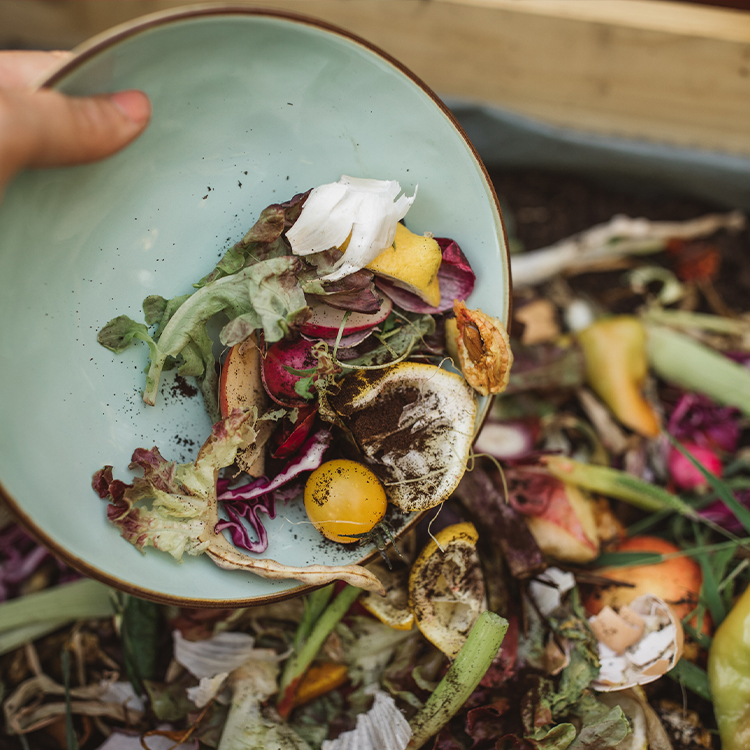
Ag-Tivities with Lauren: Earth Day
|
| 04/14/2020 |
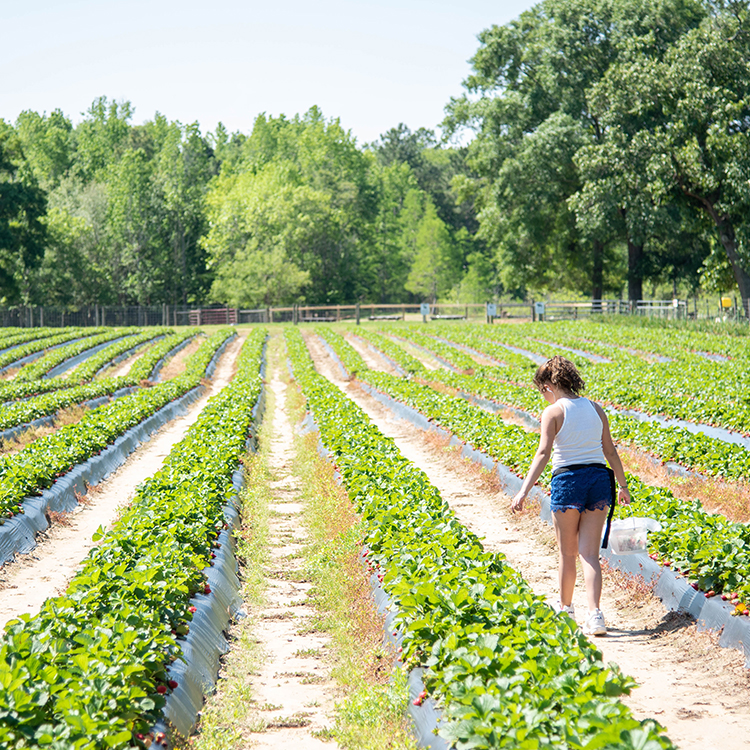
A spring guide to discovering Georgia Agriculture
|
| 04/14/2020 |

Ag-Tivities with Lauren: And Then It’s Spring!
|
| 04/06/2020 |

Ag-Tivities With Lauren: Celebrating Easter
|
| 03/26/2020 |

Make My Plate Georgia Grown - Brunch Edition
|
| 03/23/2020 |
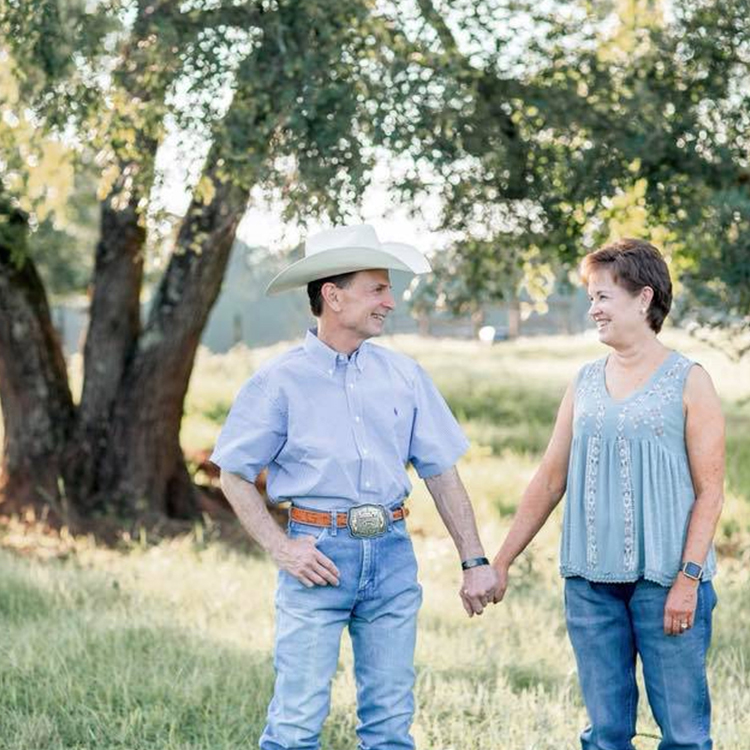
|
| 03/22/2020 |
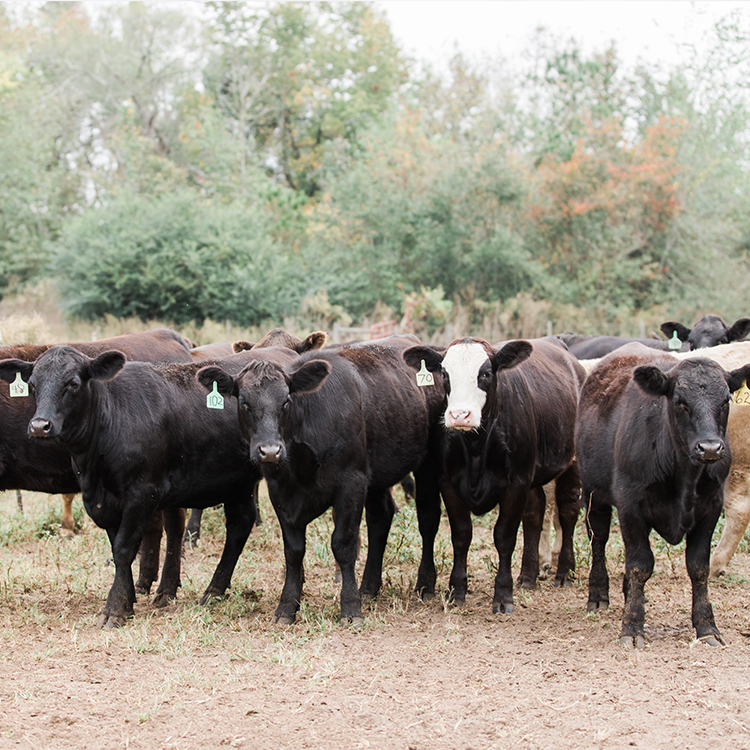
At-Home Ag Education Resources for Kids and Parents
|
| 03/22/2020 |
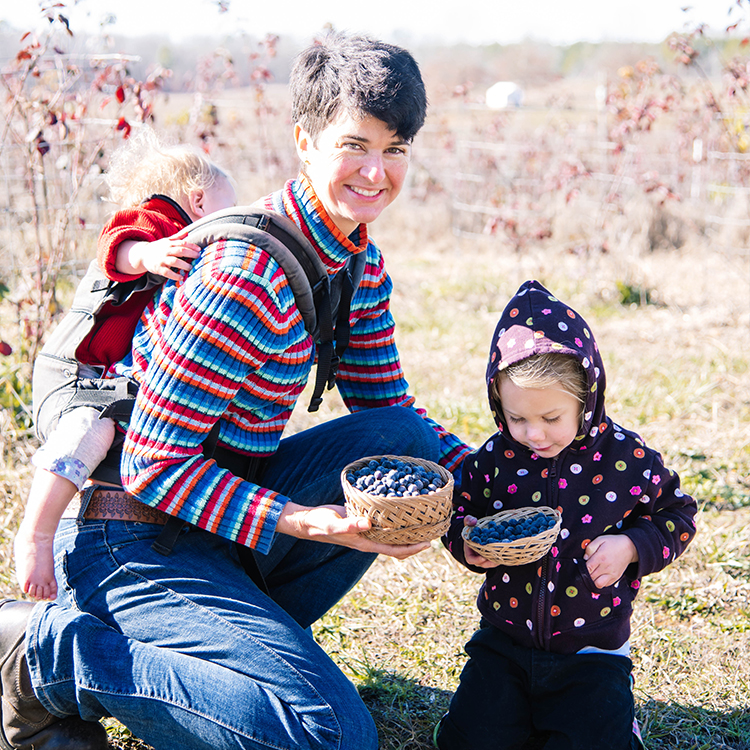
|
| 03/22/2020 |

|
| 03/22/2020 |

|
| 03/22/2020 |

Fresh Fixins with Anne Quantrano: Oven Roasted Chicken with Bread Salad
|
| 03/19/2020 |
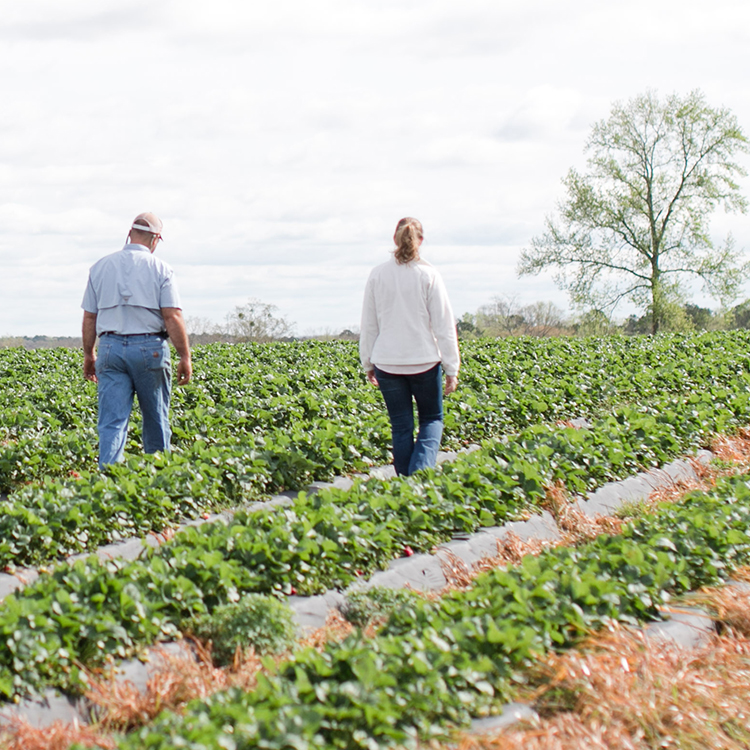
Celebrate Georgia Ag Week With Us
|
| 03/19/2020 |
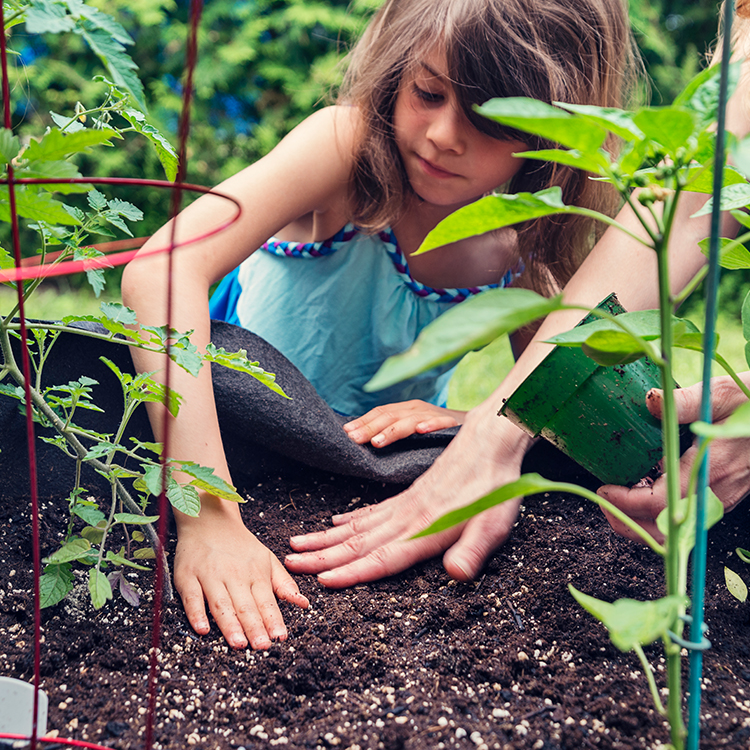
|
| 03/18/2020 |
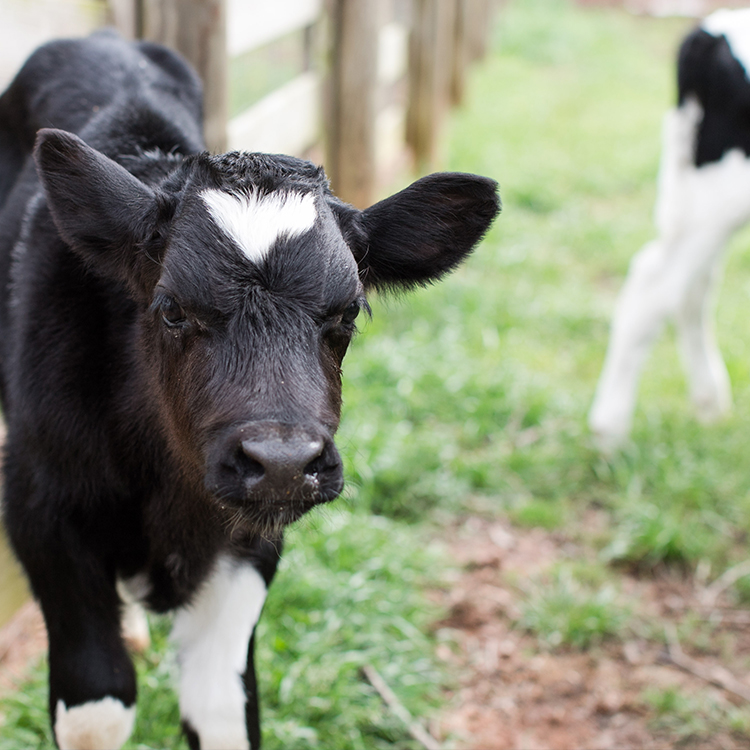
|
| 03/17/2020 |
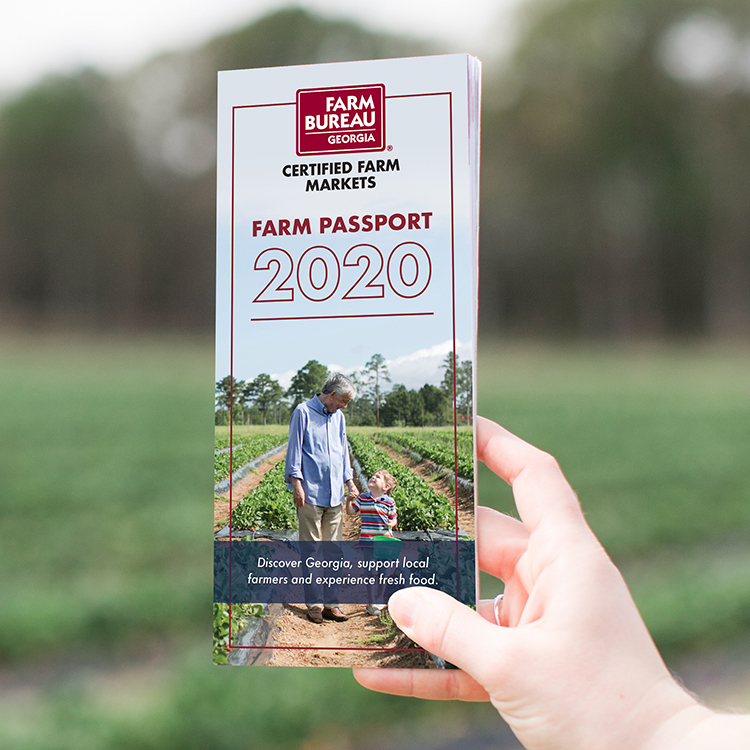
|
| 03/08/2020 |

Dollywood Celebrates 35 Years with New Festival
|
| 03/04/2020 |
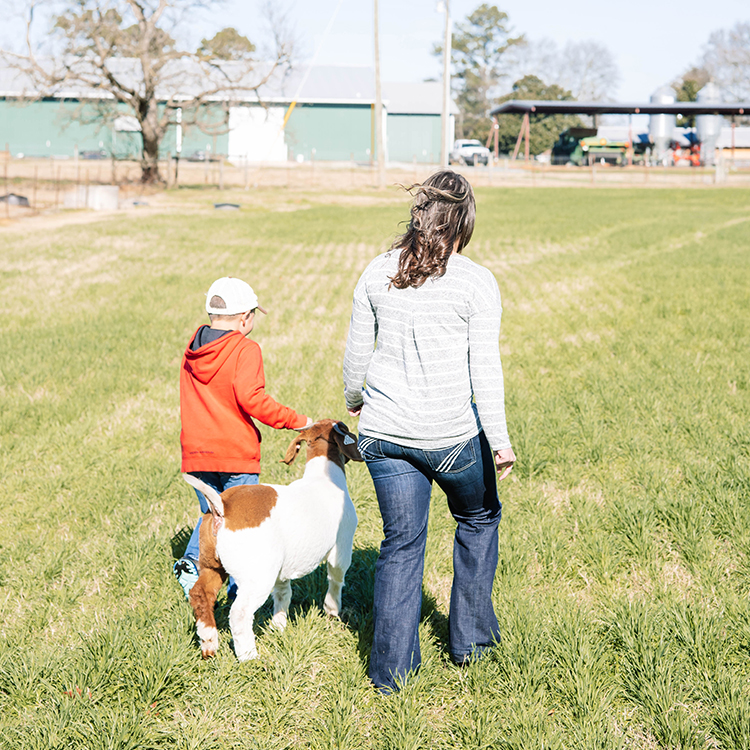
Promoting agriculture through education
|
| 03/04/2020 |
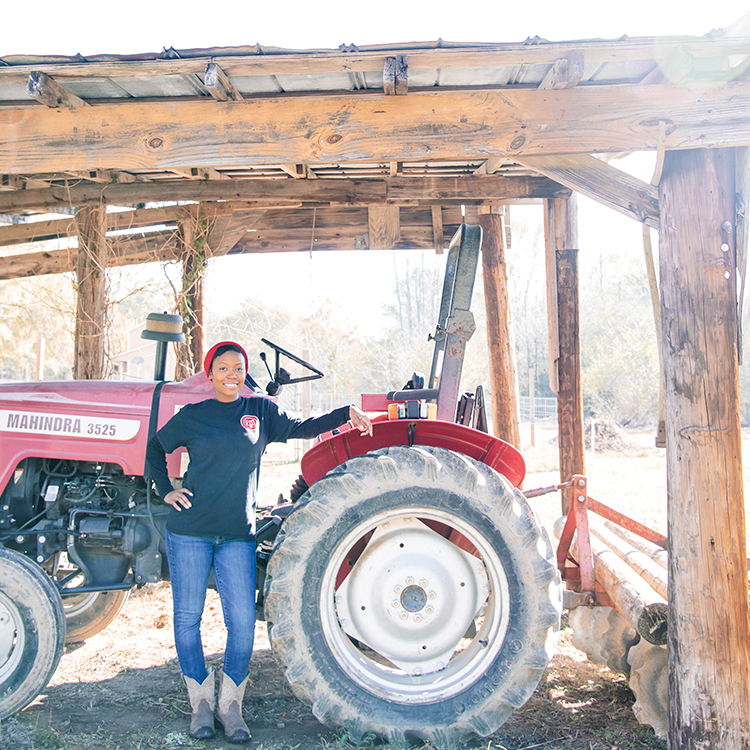
|
| 03/03/2020 |

Angel Food Cake with Macerated Strawberries
|
| 02/25/2020 |
Market ripe for Satsumas but producers told to prepare for greening
|
| 02/24/2020 |
Hurricane Michael recovery funds soon available for farmers
|
| 02/23/2020 |
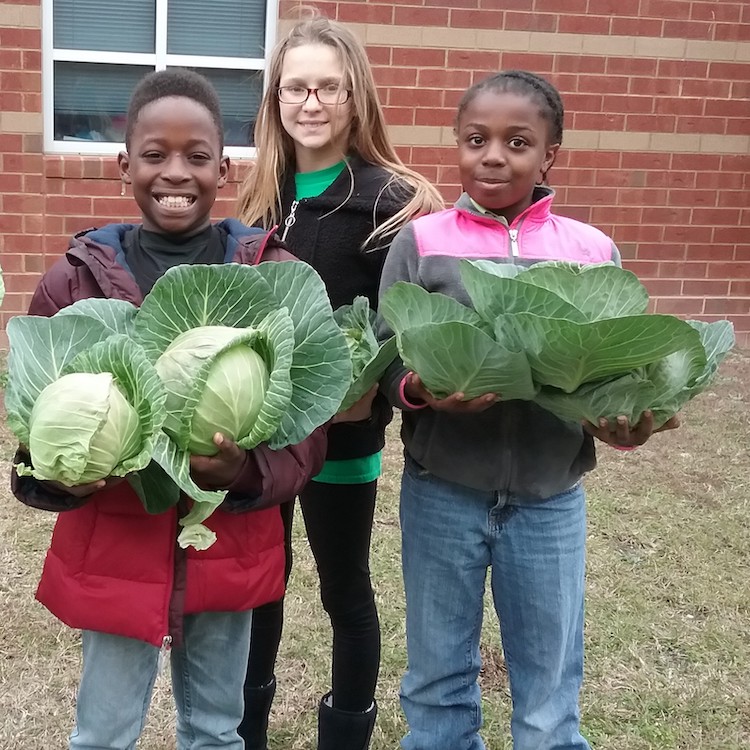
Ag in the Cafeteria: Teaching students how farmers grow their food
|
| 02/22/2020 |

|
| 02/21/2020 |
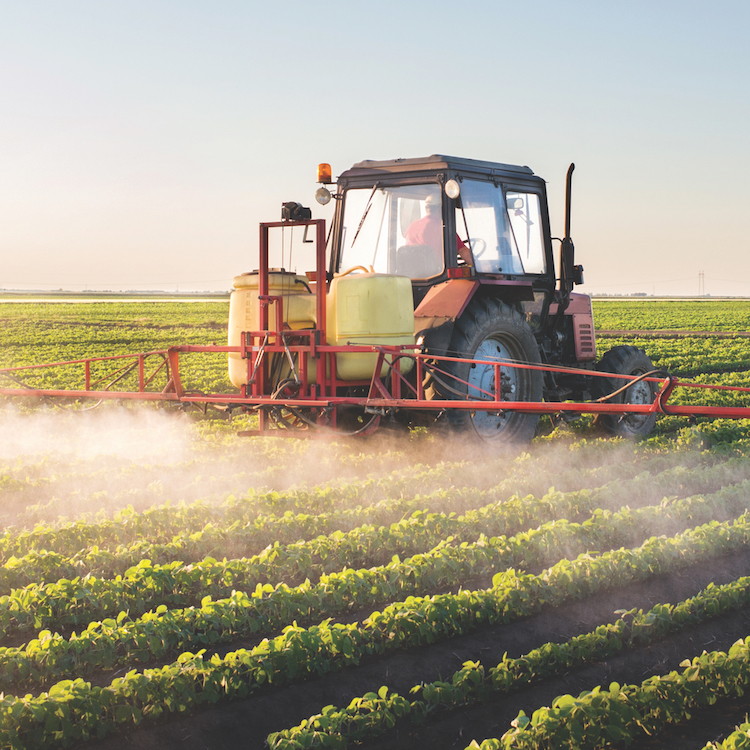
|
| 02/20/2020 |

Protect Yourself from Identity Theft this Tax Season
|
| 02/20/2020 |
|
| 02/19/2020 |
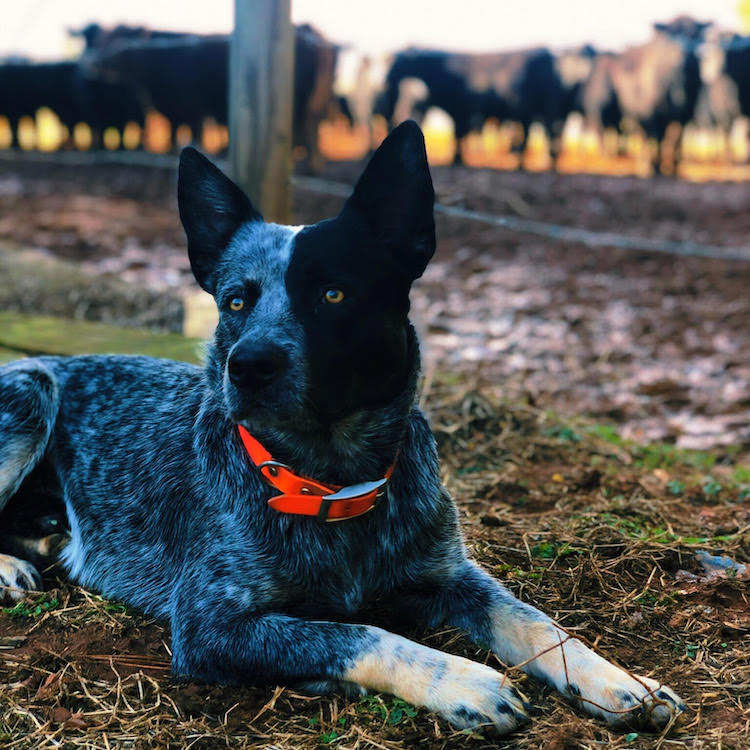
|
| 02/18/2020 |

|
| 02/17/2020 |
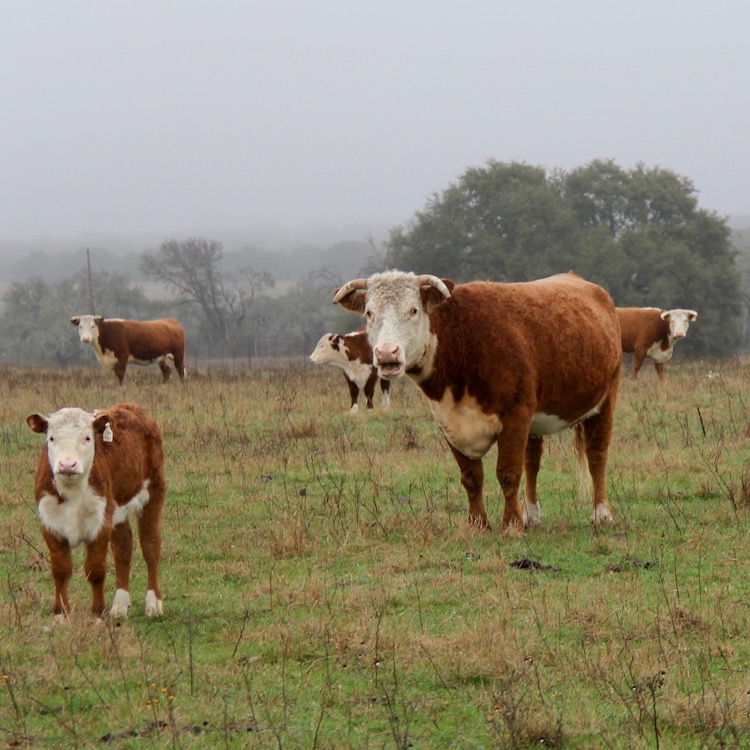
|
| 02/16/2020 |
|
| 02/15/2020 |
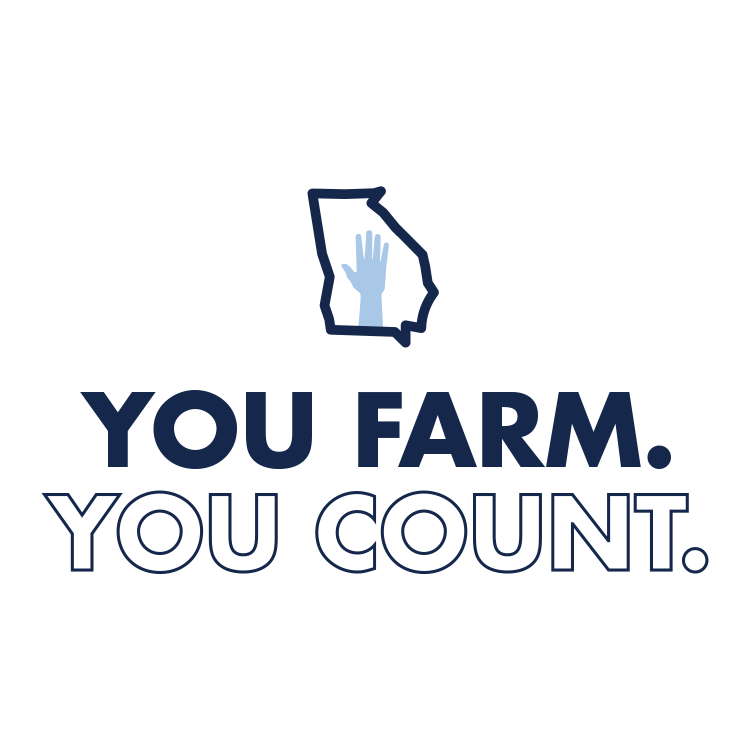
|
| 02/14/2020 |
|
| 02/13/2020 |
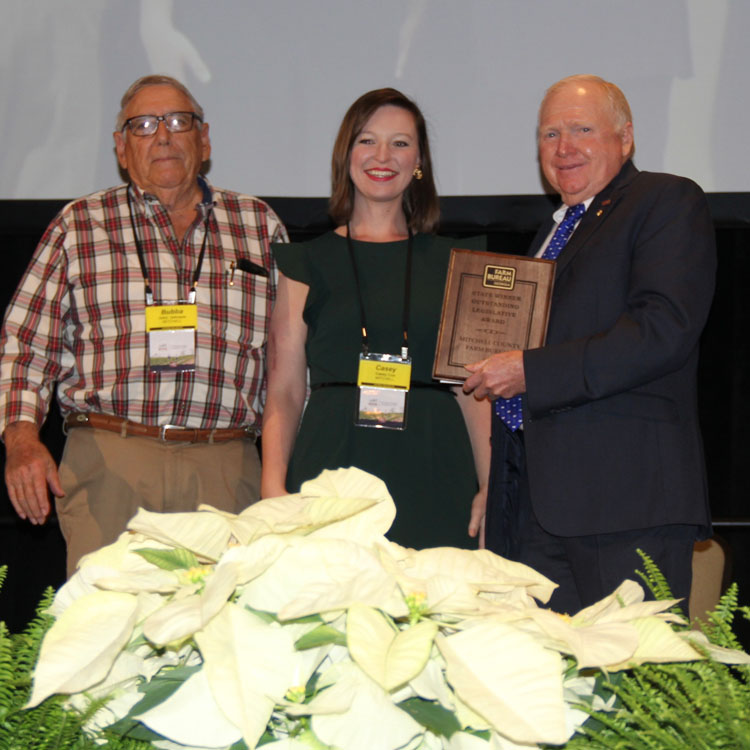
|
| 02/12/2020 |
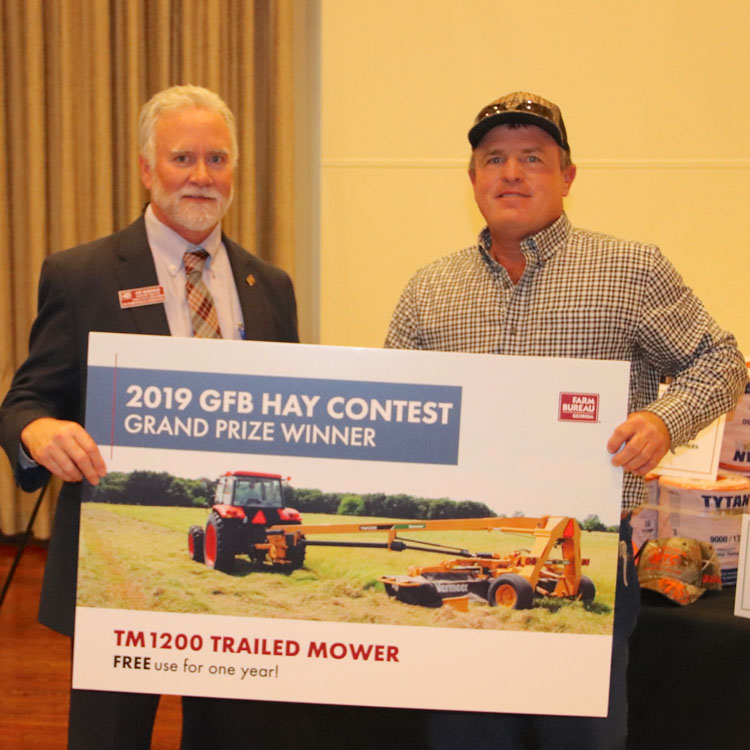
|
| 02/11/2020 |
Cole named GFB teacher of year
|
| 12/09/2019 |

|
| 12/09/2019 |

|
| 11/18/2019 |
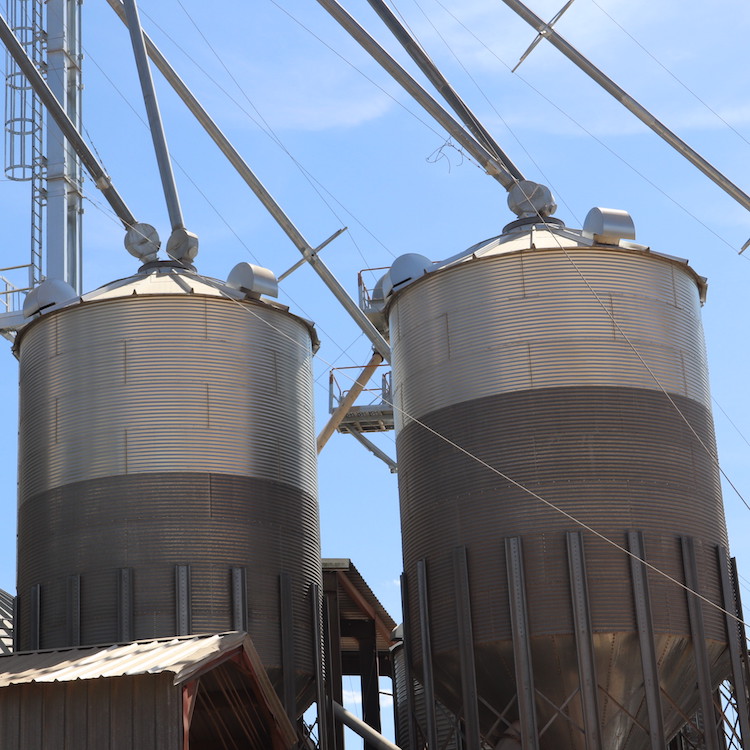
|
| 11/18/2019 |
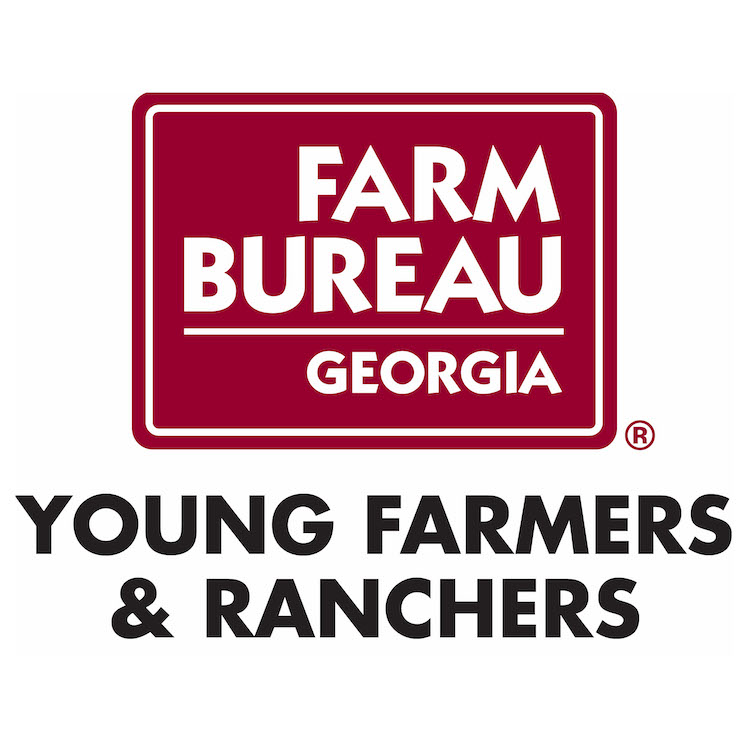
GFB YF&R winners: Growing Georgia agriculture
|
| 11/17/2019 |
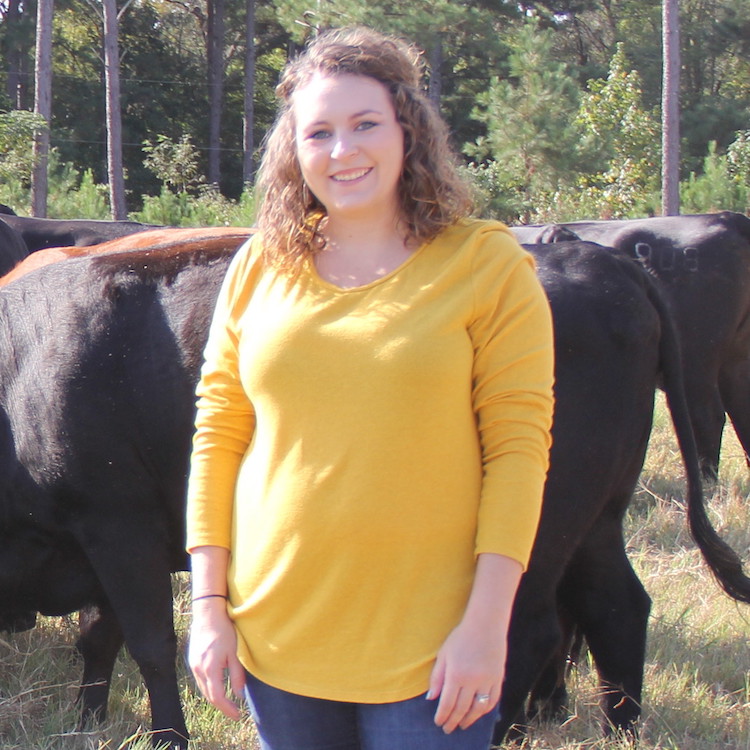
|
| 11/17/2019 |
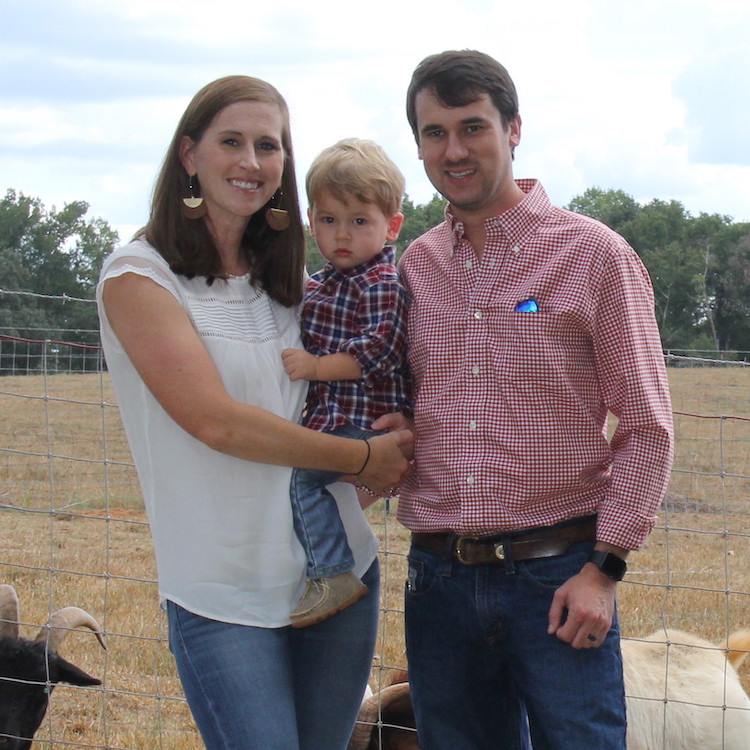
|
| 11/17/2019 |
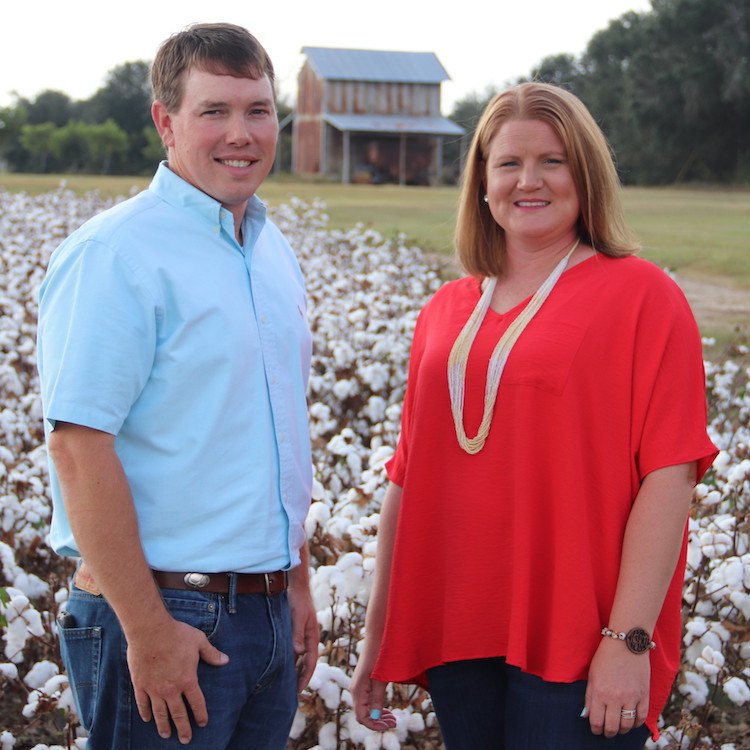
|
| 11/17/2019 |
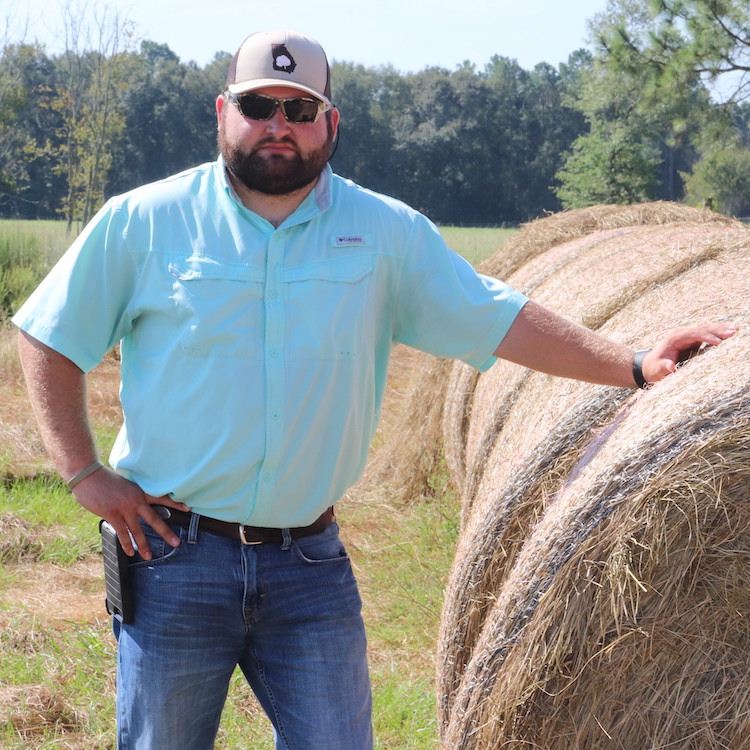
|
| 11/16/2019 |

Cooley Farms Demystifies Poultry Farming, Opens Farm to Public
|
| 11/15/2019 |
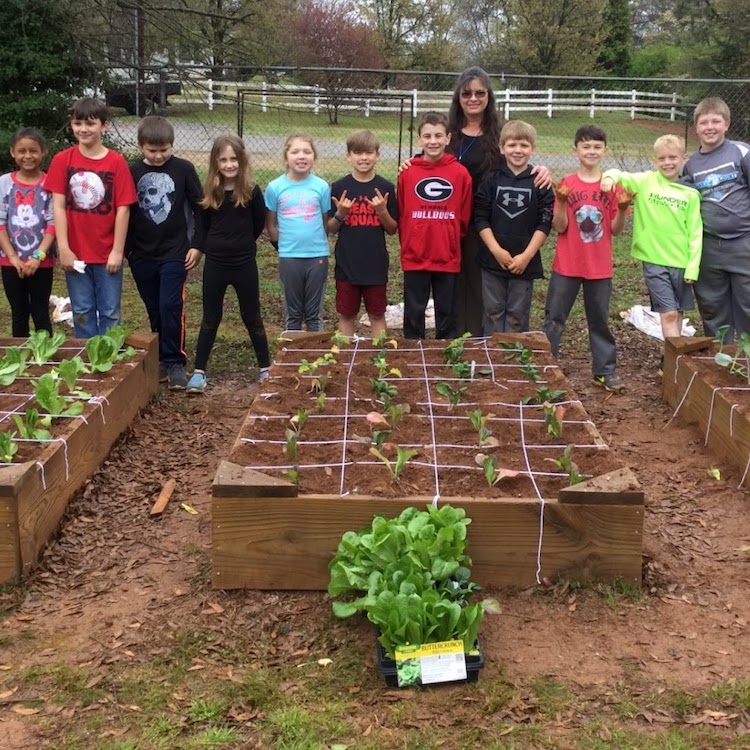
|
| 11/14/2019 |
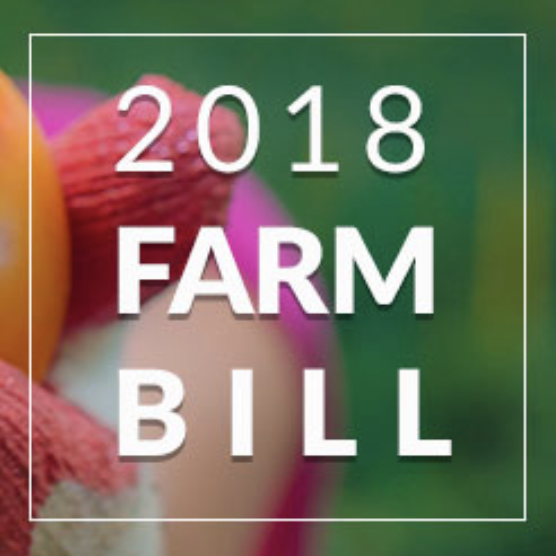
|
| 11/13/2019 |

Georgia National Fair Celebrates 30 Years
|
| 11/12/2019 |
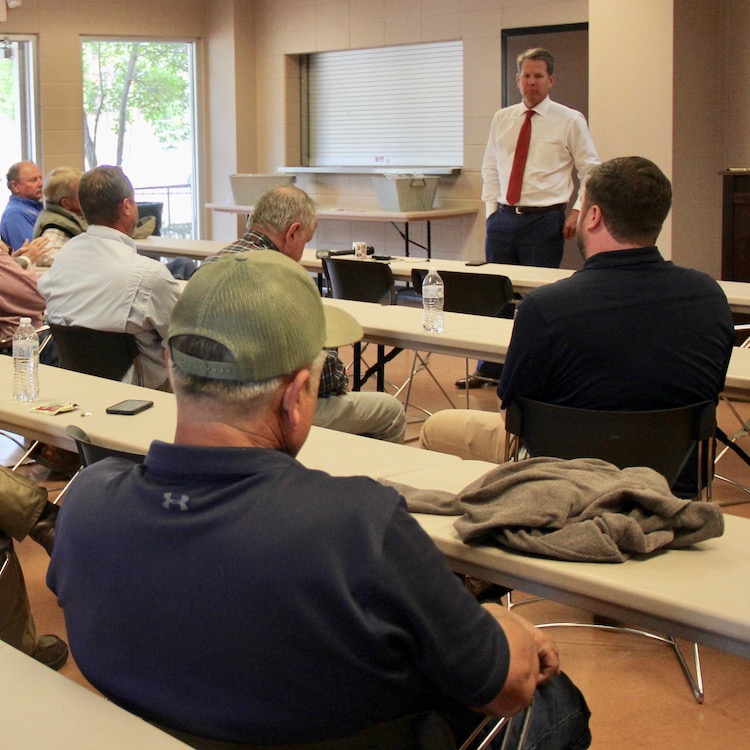
|
| 11/11/2019 |

|
| 11/10/2019 |

|
| 11/09/2019 |
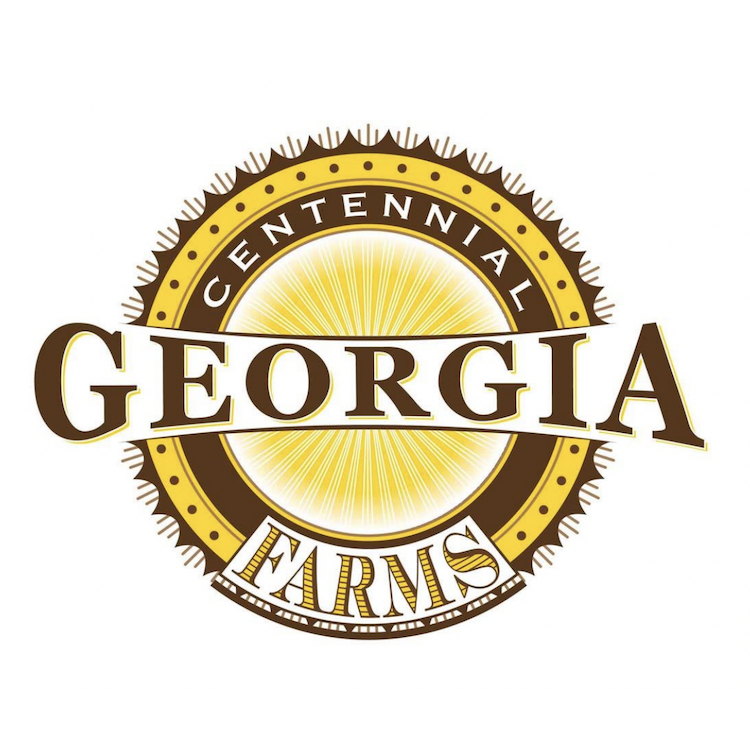
|
| 11/08/2019 |

|
| 11/07/2019 |

Lily Baucom leading Georgia Foundation for Agriculture
|
| 11/06/2019 |

|
| 11/05/2019 |
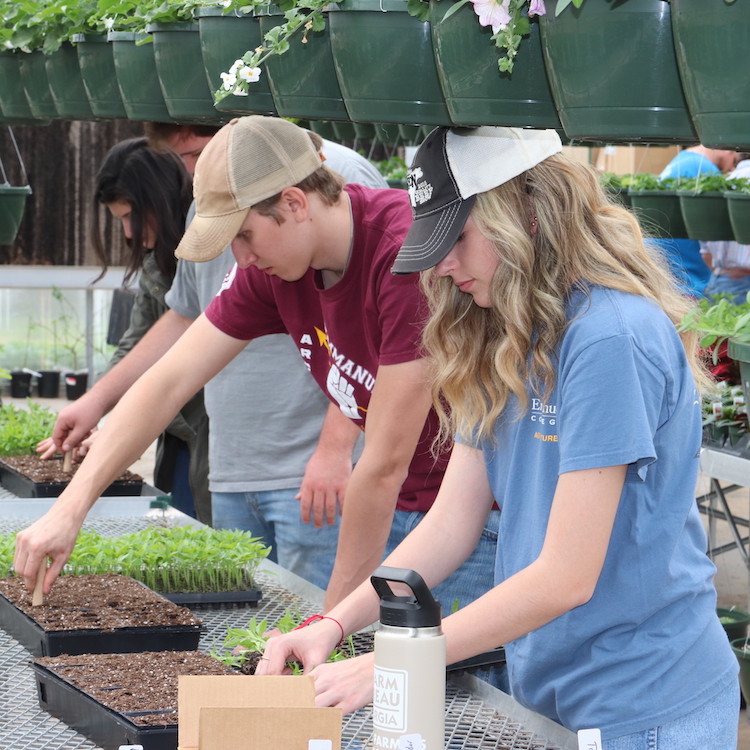
Georgia Foundation for Ag offers $65,000 in scholarships
|
| 10/20/2019 |

Brown Butter Honey Garlic Roasted Carrots
|
| 10/08/2019 |
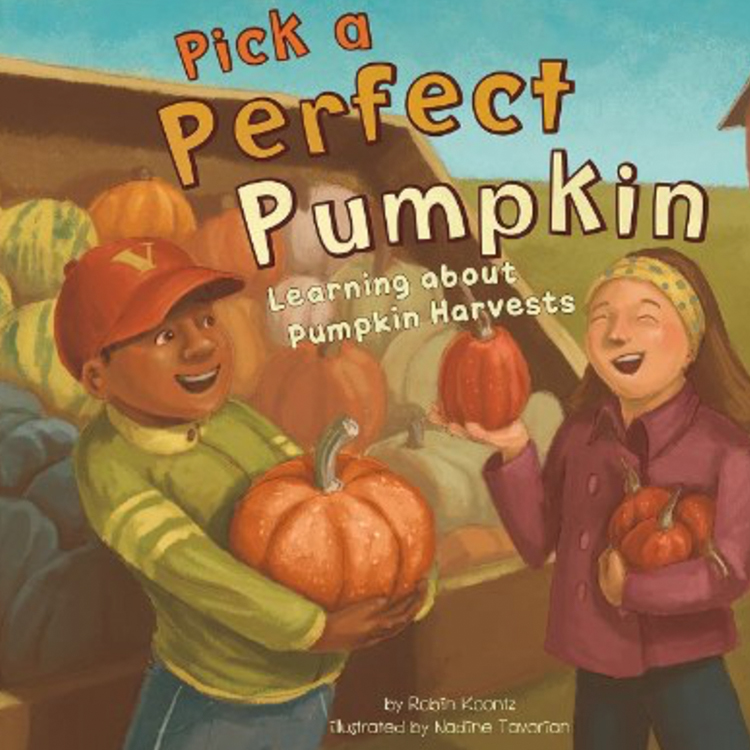
Get pump-kined about fall reading!
|
| 09/24/2019 |

First Lady Marty Kemp Helps Grow Georgia
|
| 09/24/2019 |

Equal Parts Science and Spirit
|
| 09/24/2019 |

Fresh Fixins Inspired by Chef Stanley Simon, Georgia Governor’s Mansion
|
| 09/15/2019 |
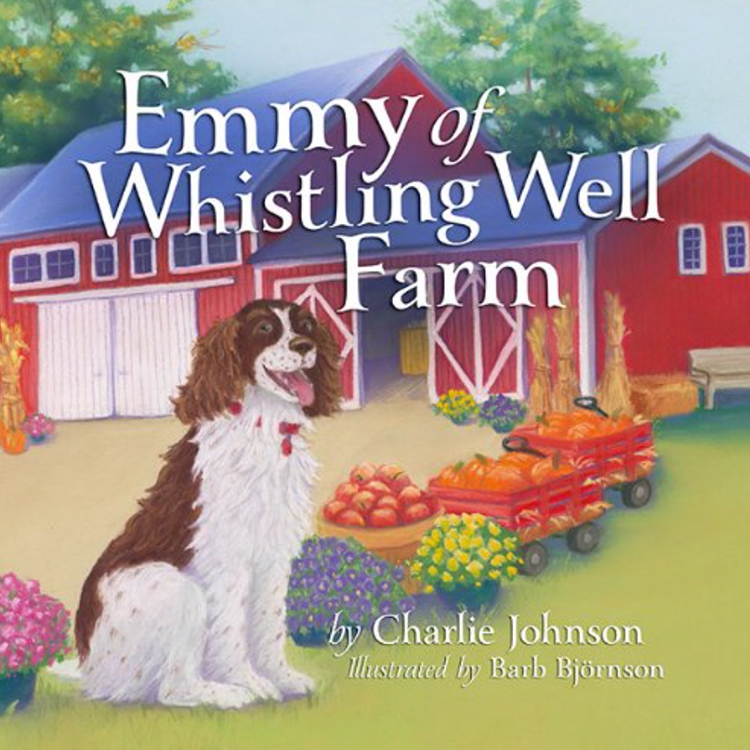
Fall for reading this September
|
| 09/09/2019 |

|
| 09/03/2019 |

|
| 08/19/2019 |

|
| 08/19/2019 |

Wrangler's Georgia jean is green
|
| 08/19/2019 |
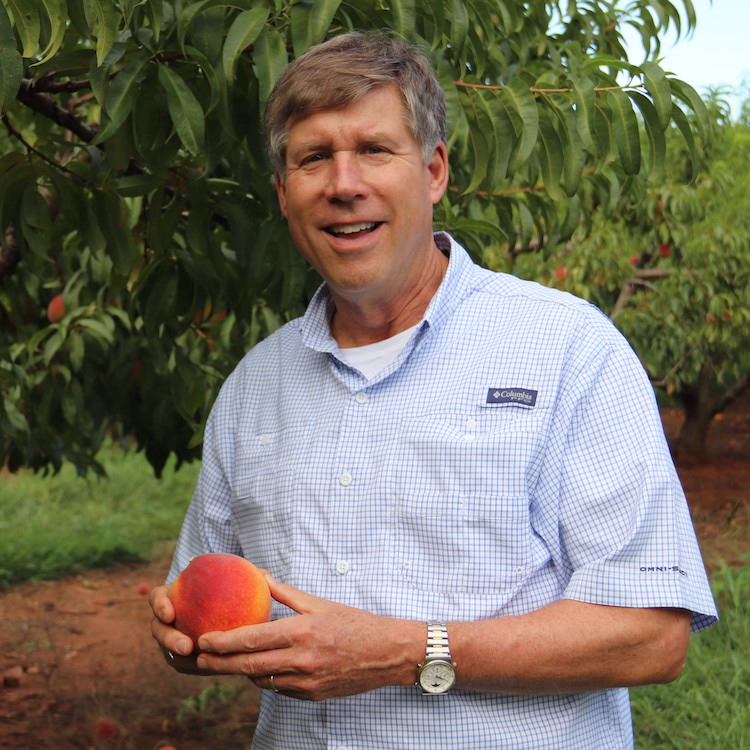
|
| 08/18/2019 |

GFB Photo Contest puts farm life in focus
|
| 08/18/2019 |
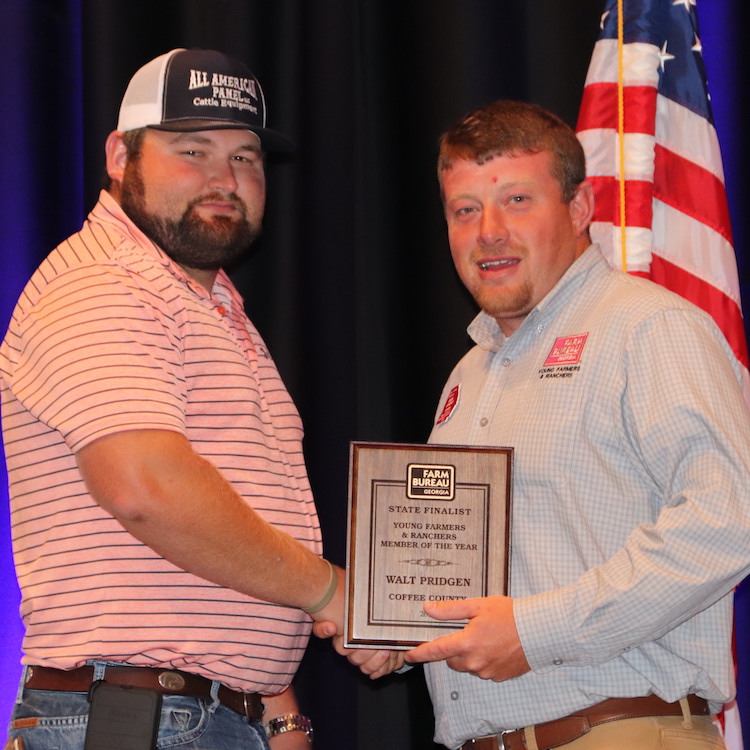
Meet the winners & finalists of GFB YF&R Contests
|
| 08/16/2019 |

GFB YF&R Conference cultivates mental health growth
|
| 08/16/2019 |
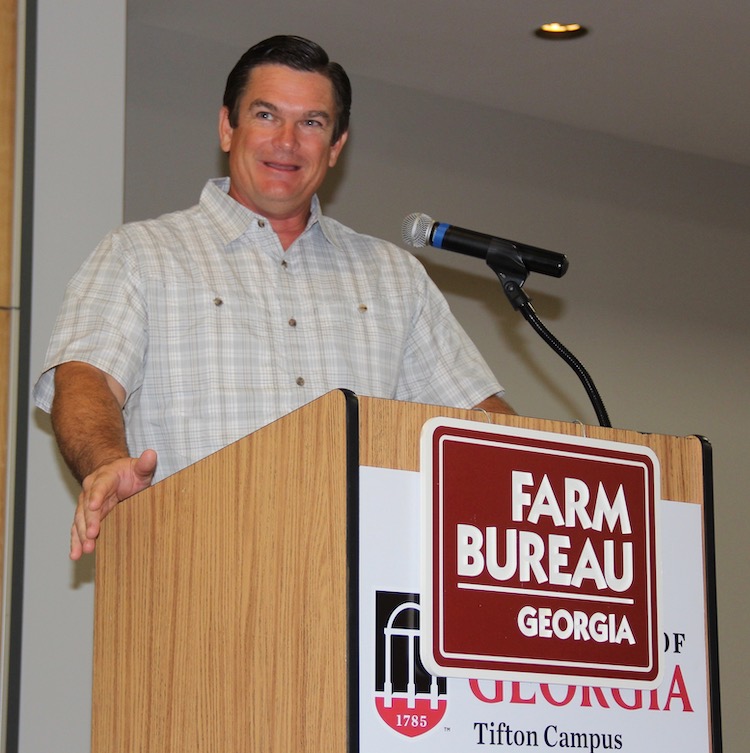
GFB Commodity Conference covers gamut of ag issues
|
| 08/15/2019 |
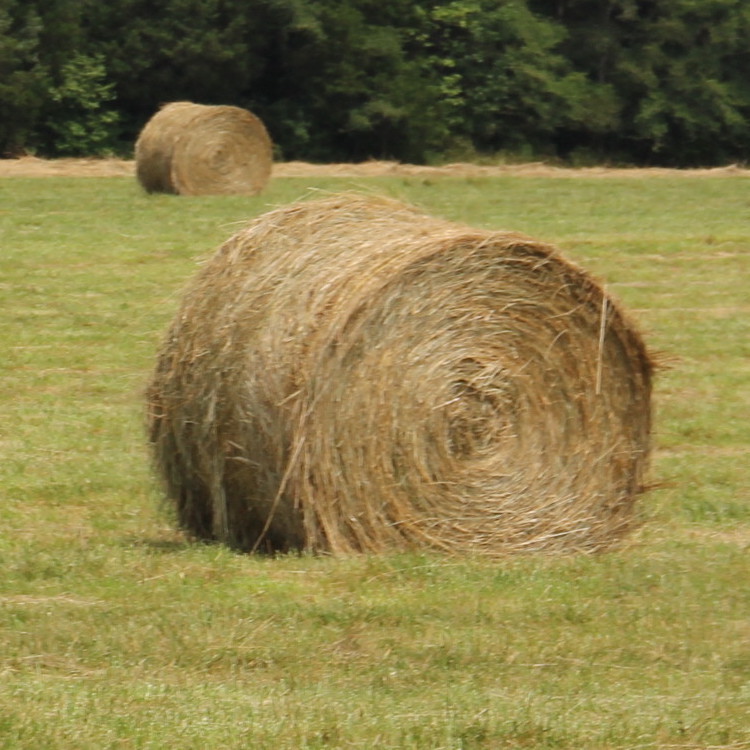
|
| 08/14/2019 |

|
| 08/13/2019 |
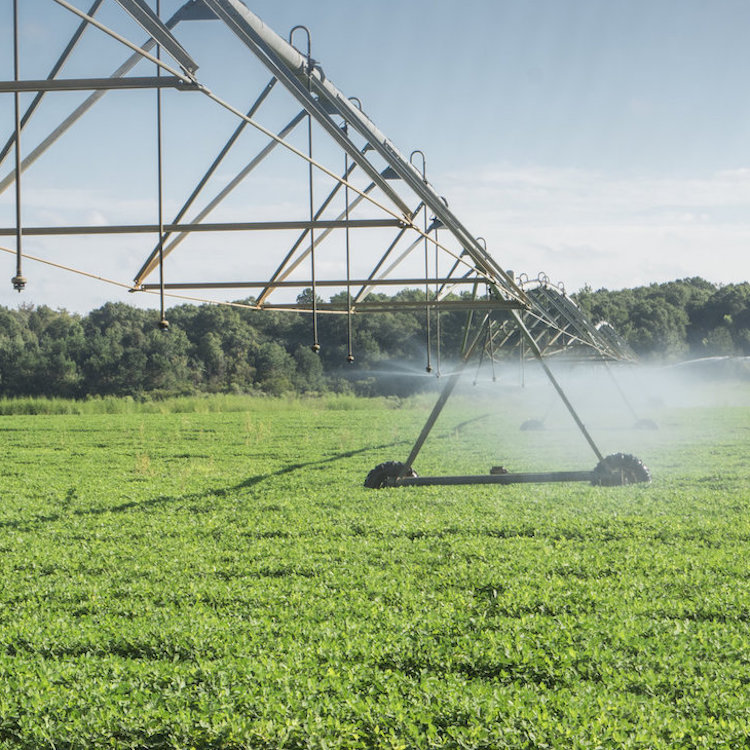
UGA teaching farmers to save water by scheduling irrigation
|
| 08/12/2019 |
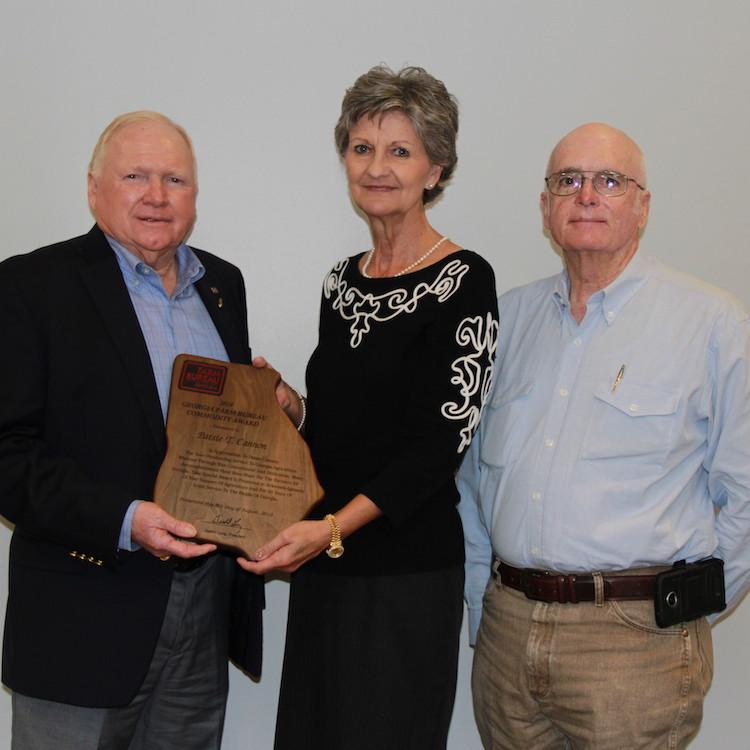
|
| 08/11/2019 |

|
| 08/10/2019 |
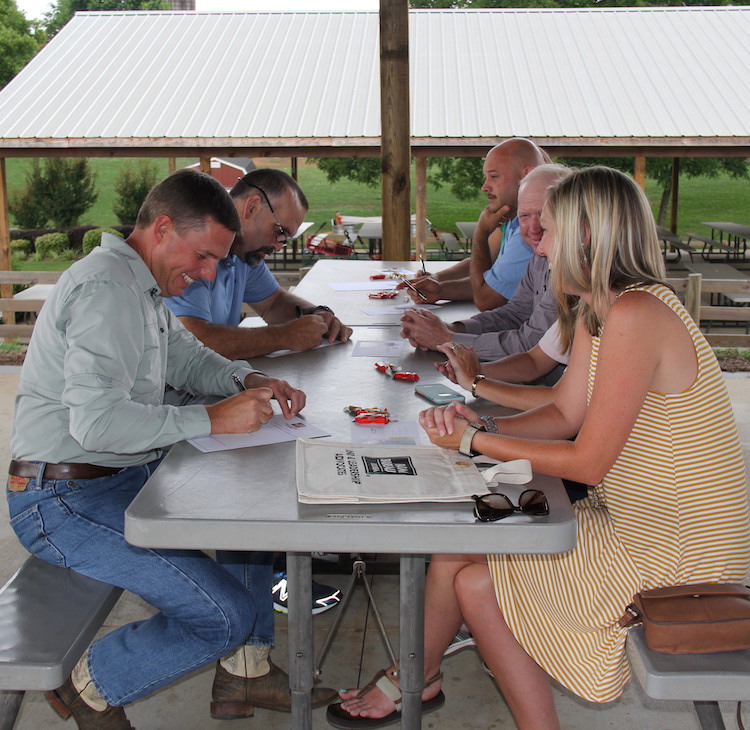
Land & Leadership Advocates learn to promote agriculture
|
| 08/09/2019 |
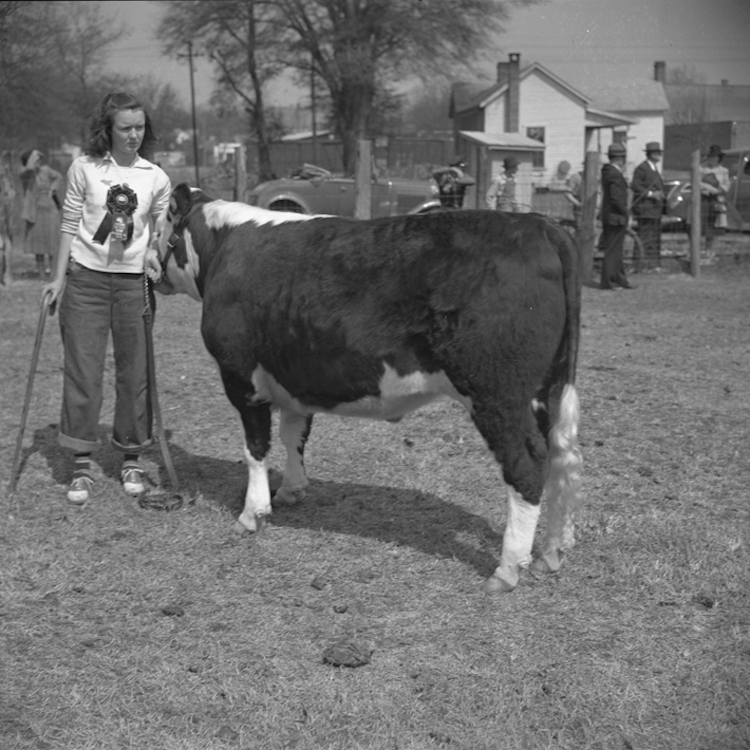
|
| 08/07/2019 |

|
| 07/23/2019 |

Member Benefit: Ford Promotes Environmentally Friendly Auto Parts!
|
| 07/07/2019 |

|
| 06/30/2019 |

|
| 06/13/2019 |

|
| 06/02/2019 |

|
| 05/22/2019 |
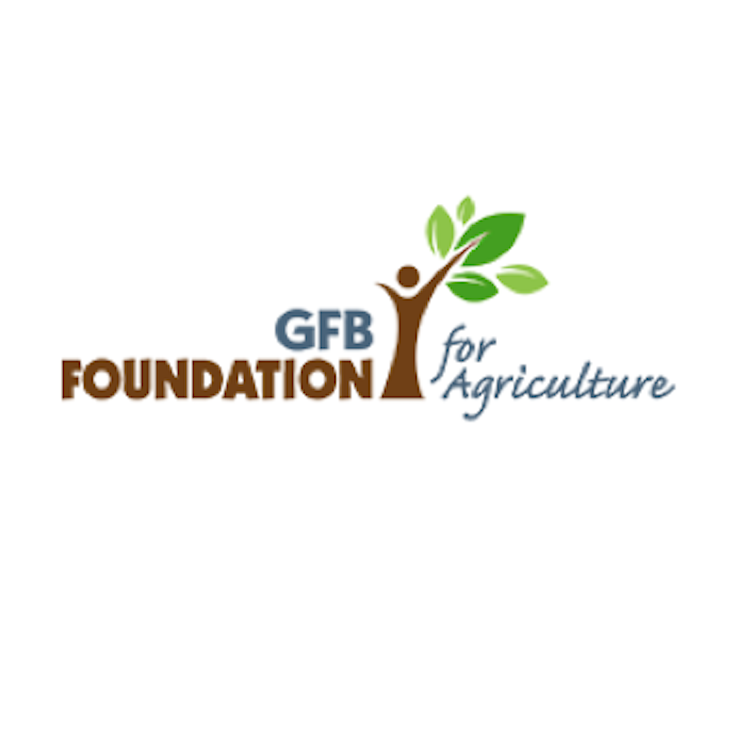
|
| 05/22/2019 |
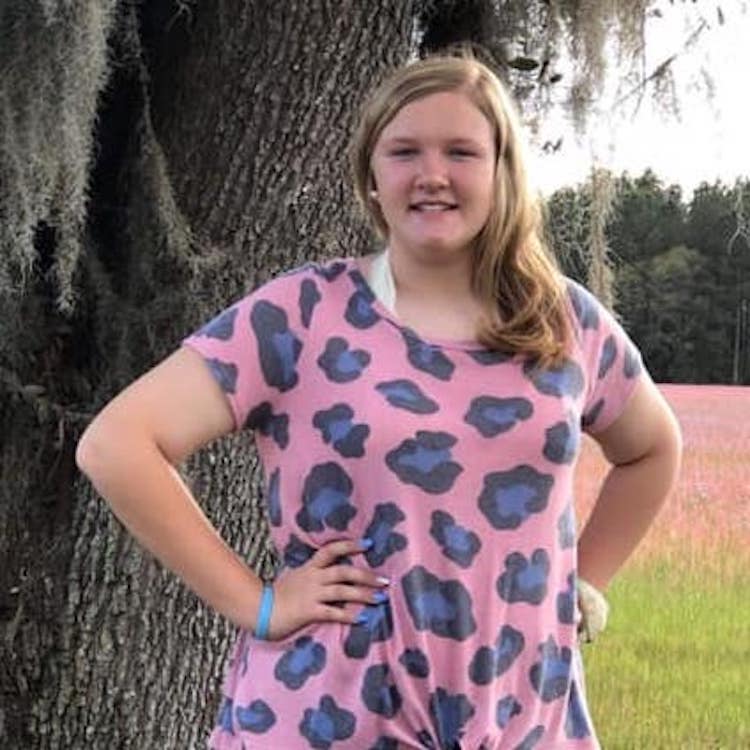
Long County's Carlee Lynn wins GFB Essay Contest
|
| 05/22/2019 |

GFB Art Contest brings Georgia agriculture to life
|
| 05/22/2019 |

|
| 05/22/2019 |
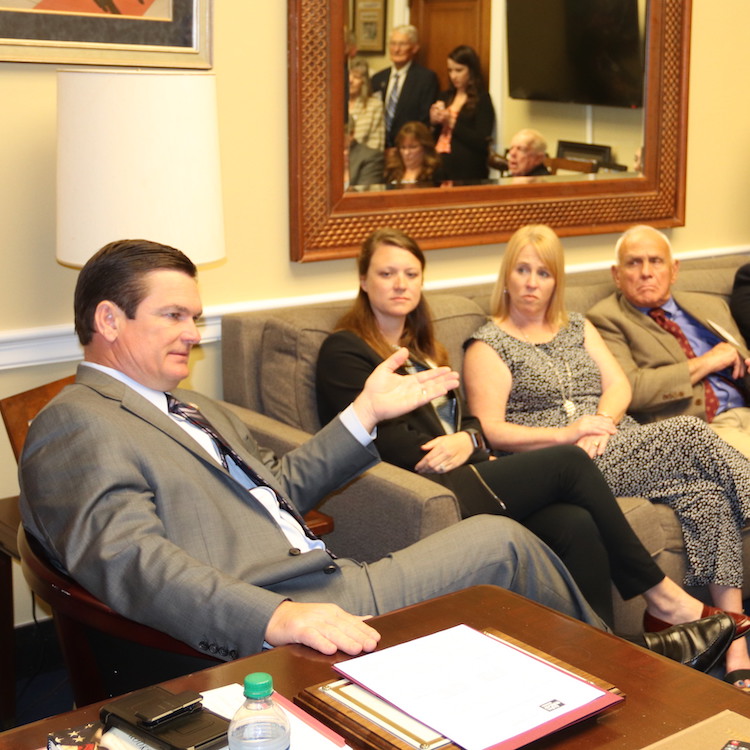
Disaster aid & farm bill main topics GFB leaders take to D.C.
|
| 05/22/2019 |
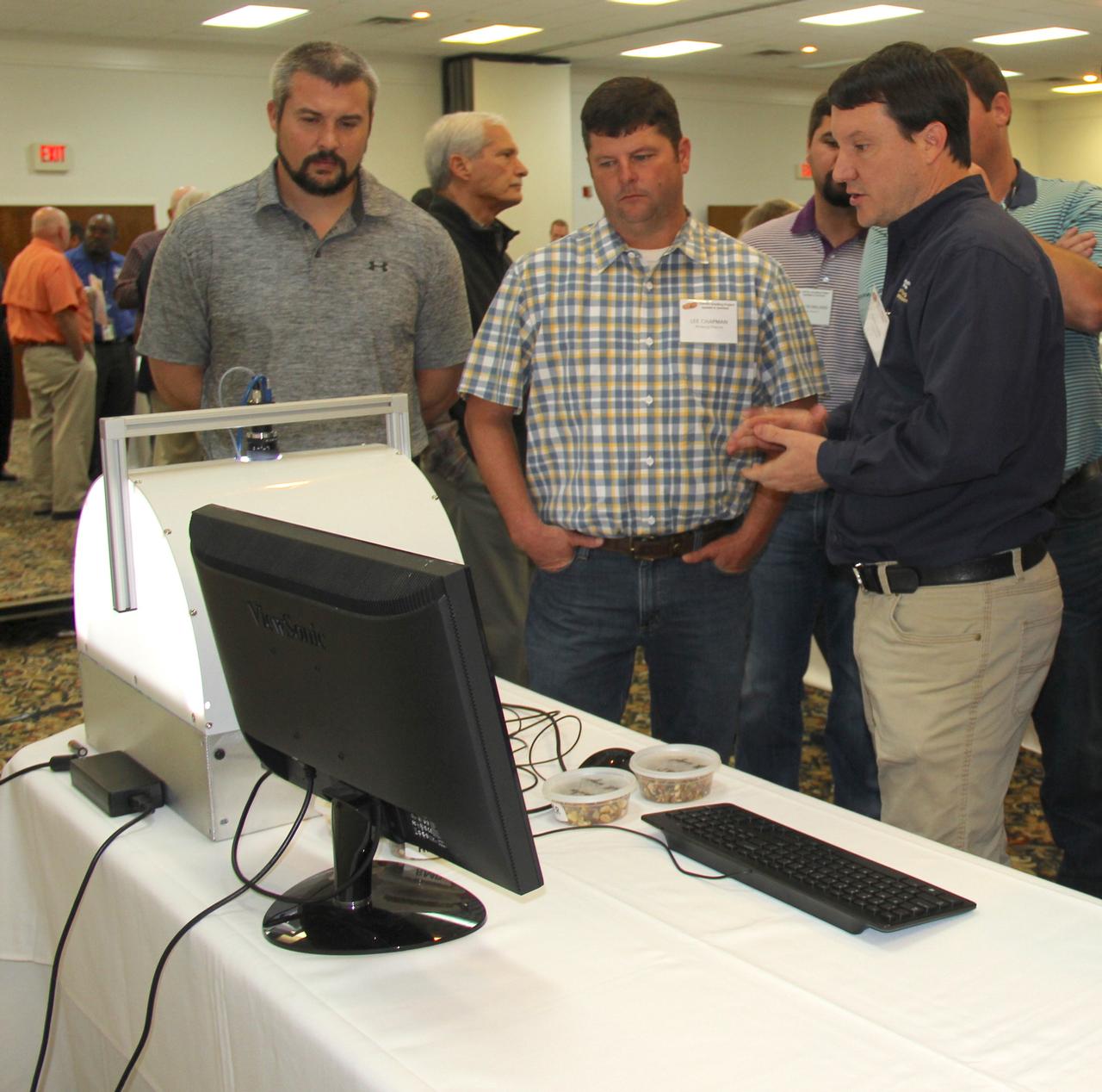
|
| 05/22/2019 |
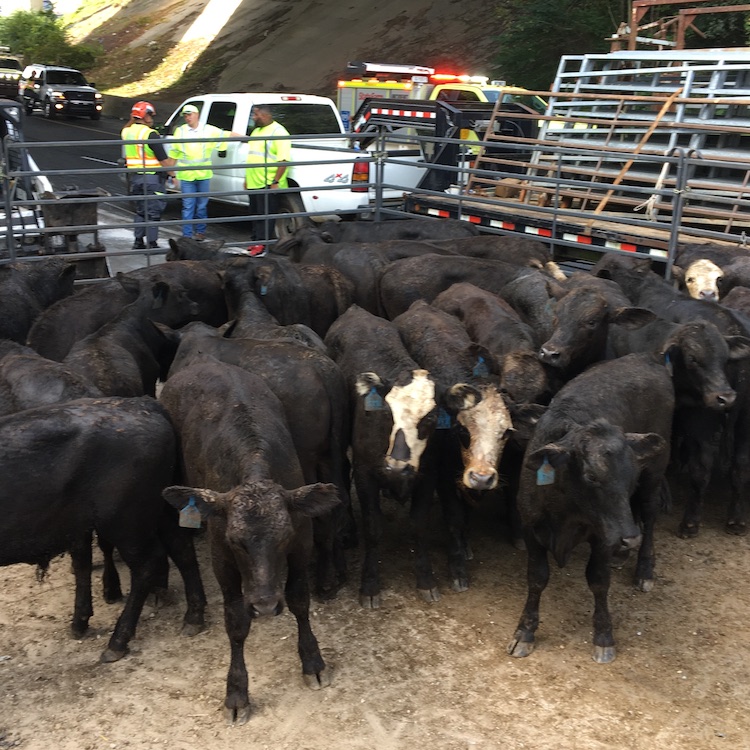
First responders get training for livestock highway incidents
|
| 05/22/2019 |
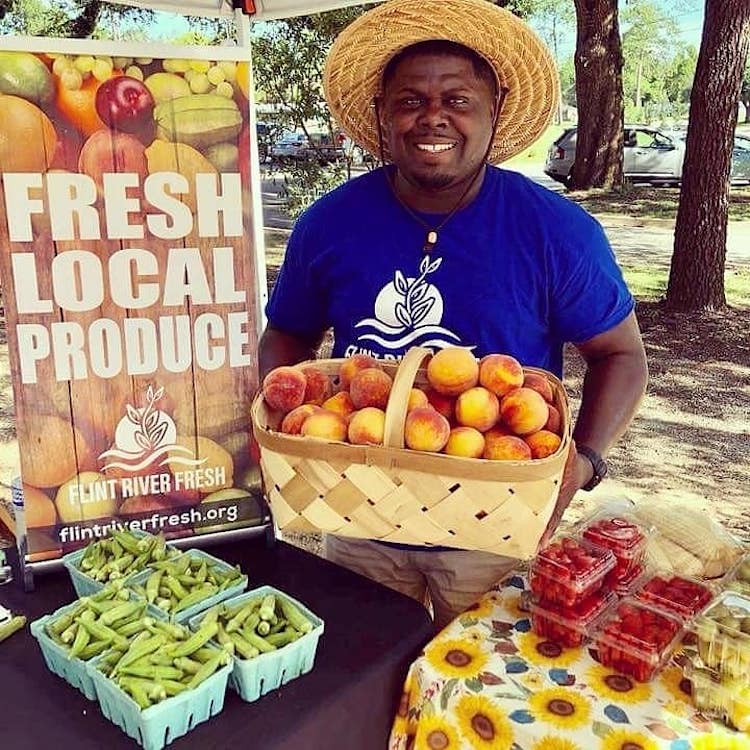
Flint River Fresh seeks farmers to feed Albany area
|
| 05/22/2019 |
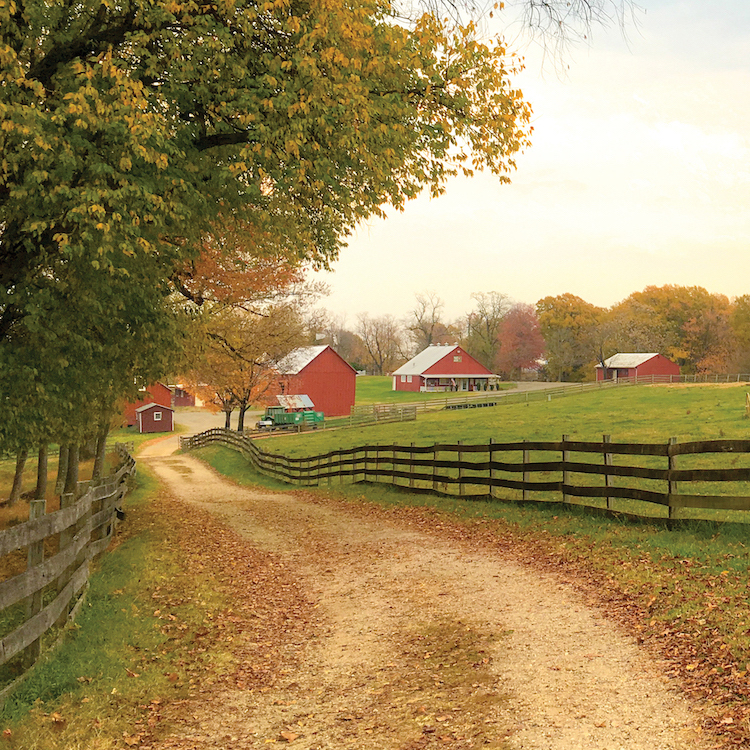
N.C. lawsuits show Ga. needs stronger Right to Farm law
|
| 05/22/2019 |
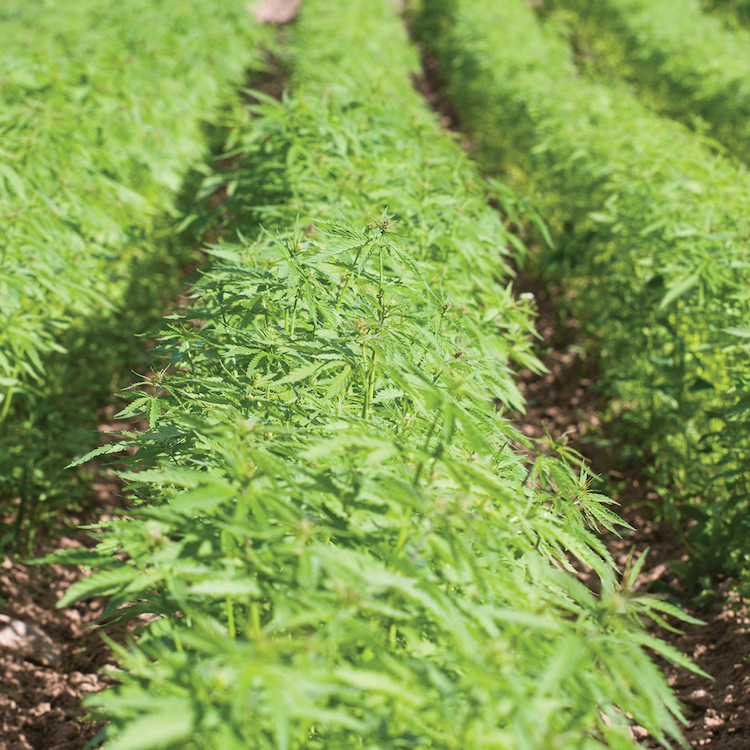
Georgia legalizes hemp farming
|
| 05/22/2019 |
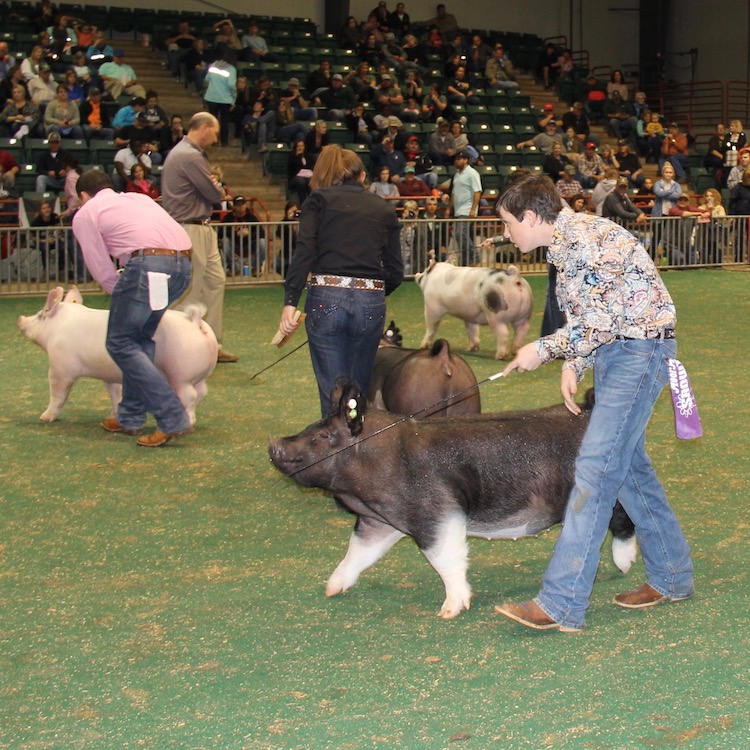
GFB honors Ga. Jr. National Grand Champions
|
| 05/22/2019 |

|
| 05/22/2019 |
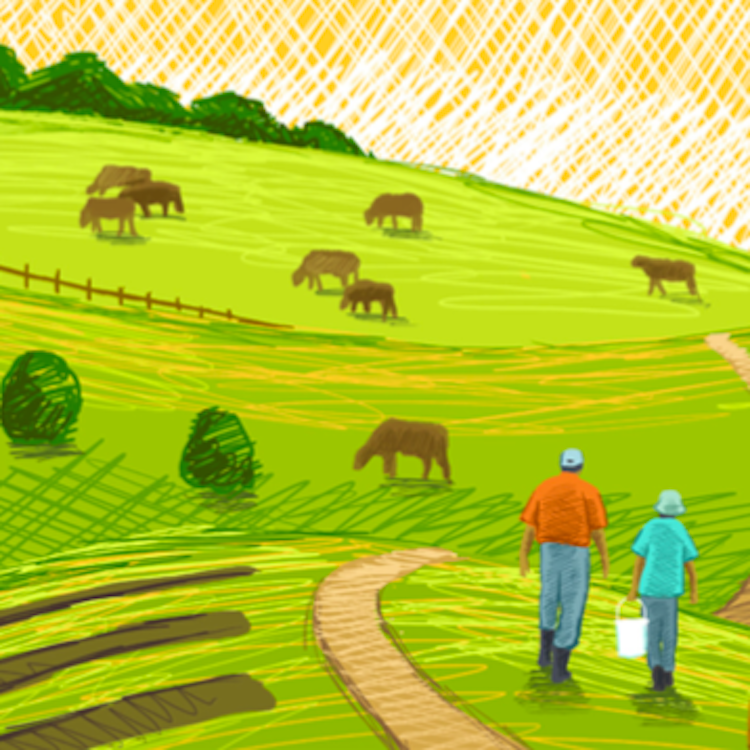
Georgia Agriculture: Farming by the numbers
|
| 05/22/2019 |
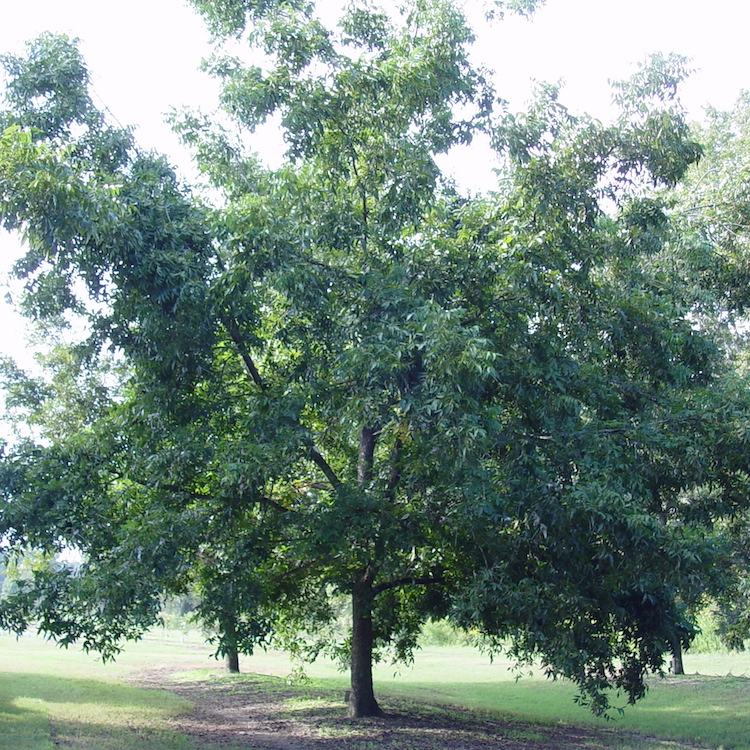
Pecan growers: Pick new varieties when replanting
|
| 05/22/2019 |

|
| 05/22/2019 |
Girl Power: Celebrating 50 years of Women in FFA
|
| 05/22/2019 |
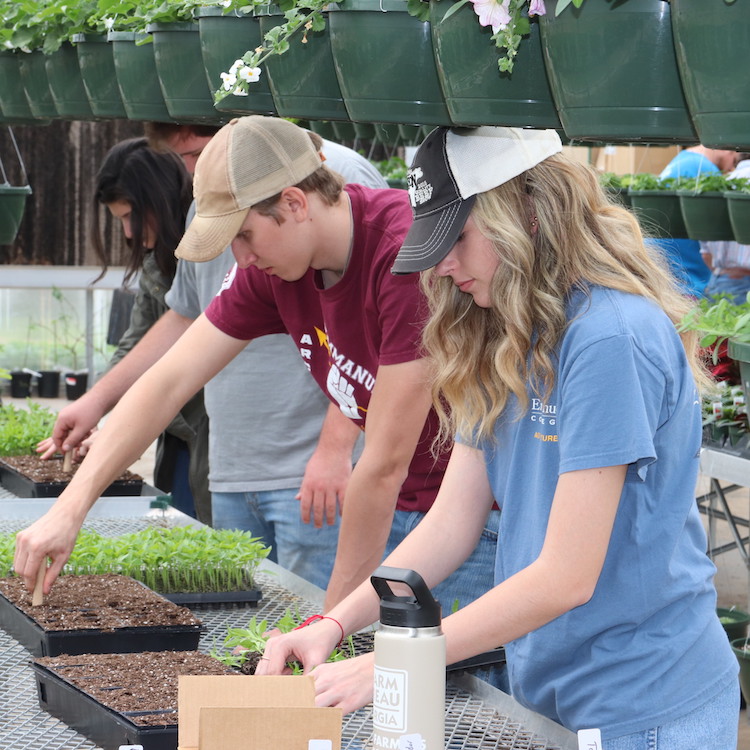
|
| 05/14/2019 |

Grow Your Summer Reading List!
|
| 05/07/2019 |

|
| 04/30/2019 |

Discover Georgia’s Specialty Crops
|
| 04/23/2019 |

Meet Doster Harper, FFA North Region State Vice President
|
| 04/23/2019 |
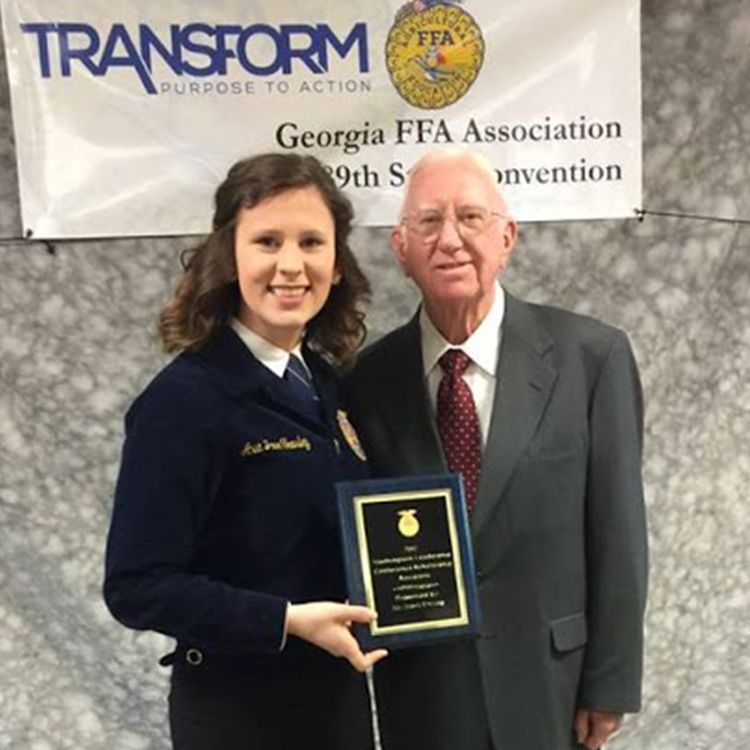
Meet Ava Jane Teasley, FFA North Region State Vice President
|
| 04/23/2019 |

Meet Brittany Braddy, FFA Central Region State Vice President
|
| 04/23/2019 |

Meet Thomas Maddox, FFA Central Region State Vice President
|
| 04/23/2019 |

Meet Dawson Adams, FFA South Region State Vice President
|
| 04/15/2019 |

|
| 04/07/2019 |

Certified Farm Market Spring Bucket List
|
| 03/27/2019 |
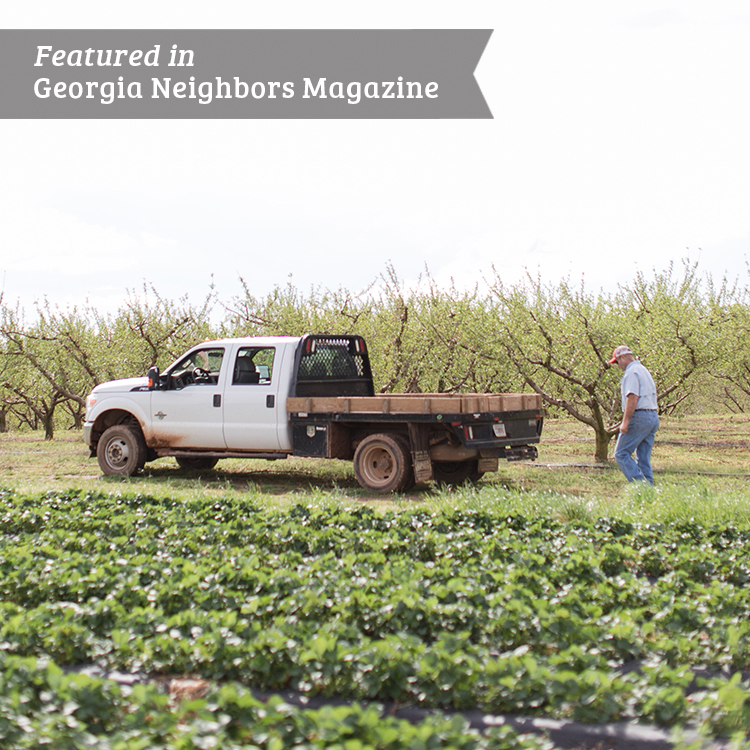
Georgia Farm Bureau Insurance – Being Different Matters
|
| 03/18/2019 |

|
| 03/17/2019 |

Fresh Fixins with Georgia-Based Chef, Rebecca Egsieker
|
| 03/13/2019 |

From Crops to Pops, King of Pops
|
| 03/11/2019 |

Let’s Be Frank…Certified Farm Markets know how to dress a dog!
|
| 03/10/2019 |

|
| 03/04/2019 |
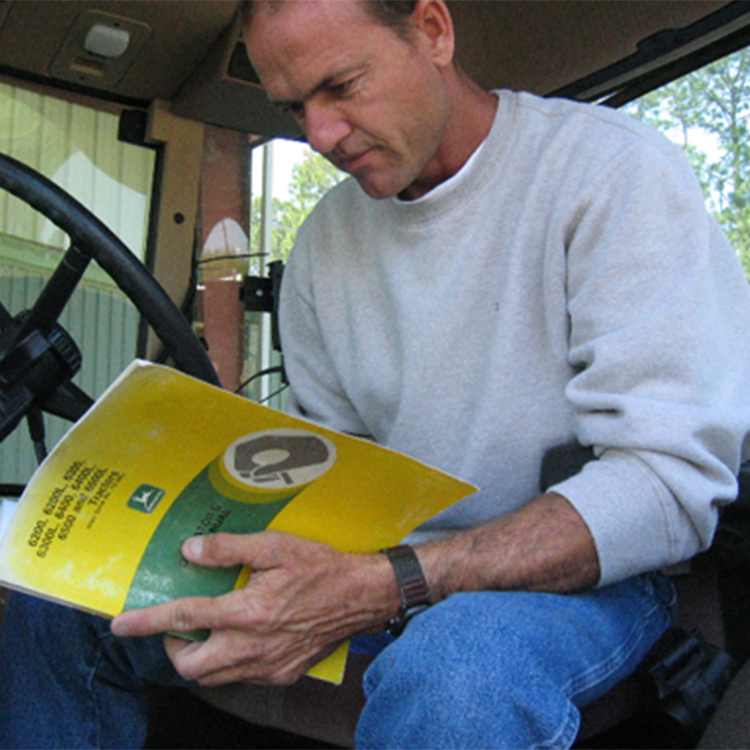
Leading Causes of Farming Accidents...Experience!
|
| 02/19/2019 |

Meet Clay Parker, State FFA Secretary
|
| 02/18/2019 |
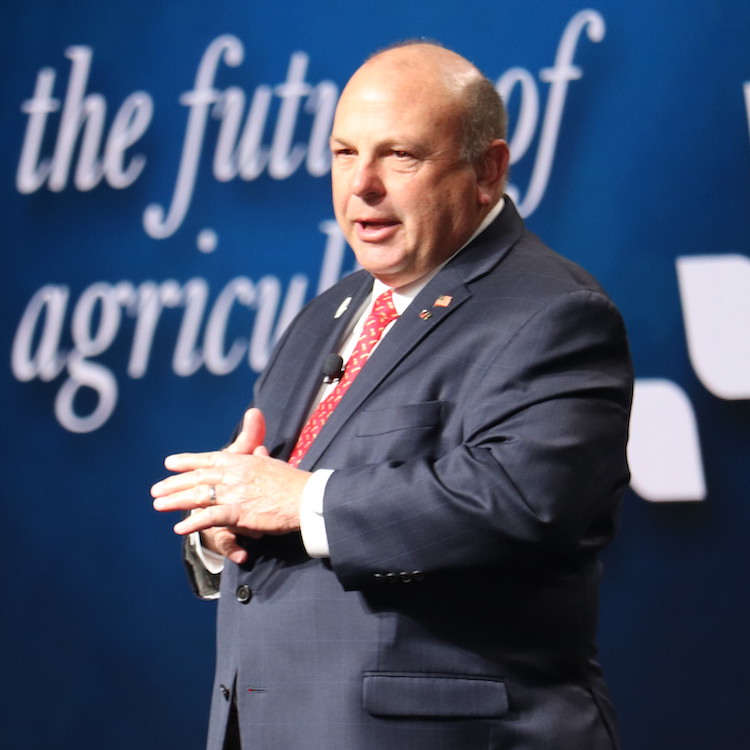
|
| 02/18/2019 |

|
| 02/18/2019 |

GFB YF&R members shine in AFBF contests
|
| 02/18/2019 |

UGA experts predict challenging times for farmers
|
| 02/18/2019 |
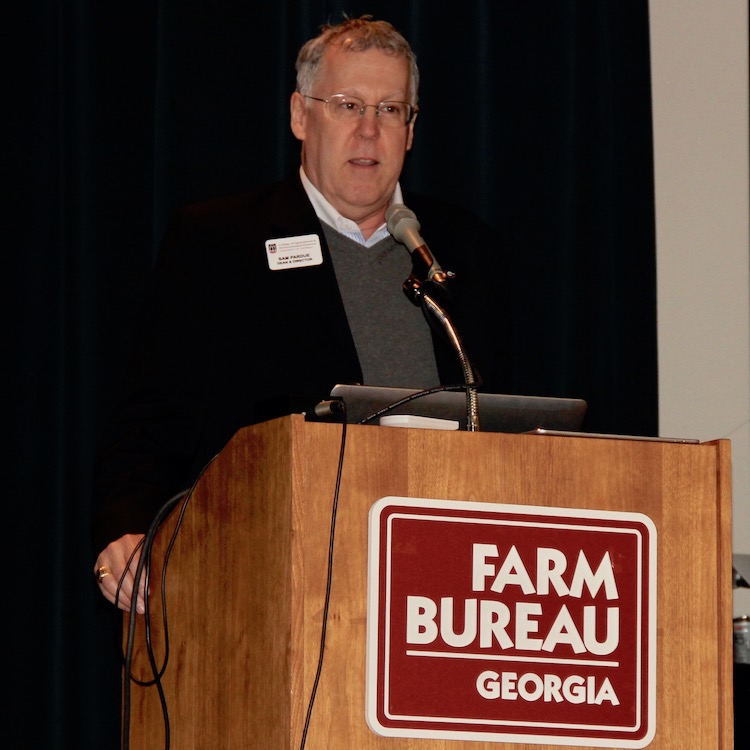
|
| 02/17/2019 |

Meet Bryce Roland, State FFA President
|
| 02/17/2019 |

View from the Field: Working to make Harvest 20 a reality
|
| 02/17/2019 |
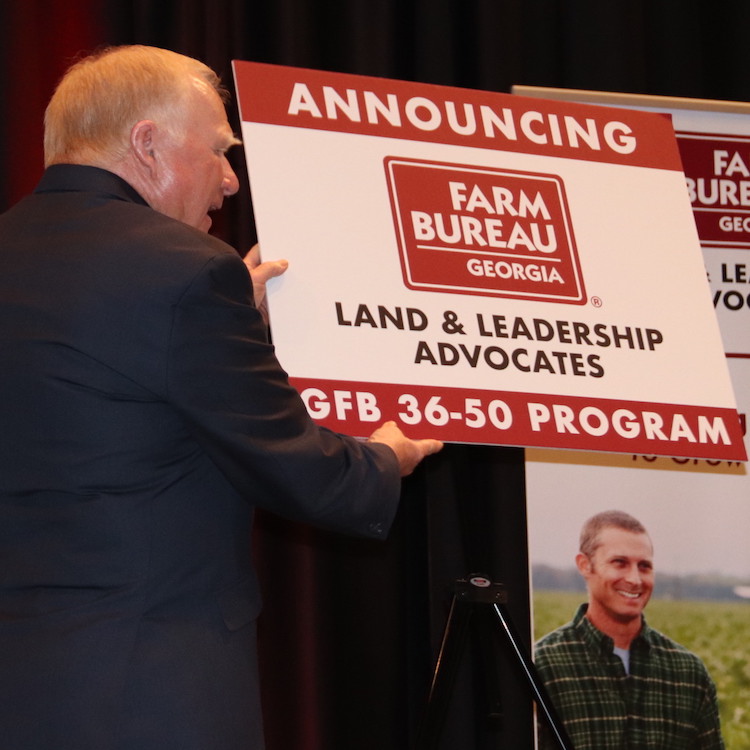
GFB launches Land & Leadership Advocates Program
|
| 02/17/2019 |
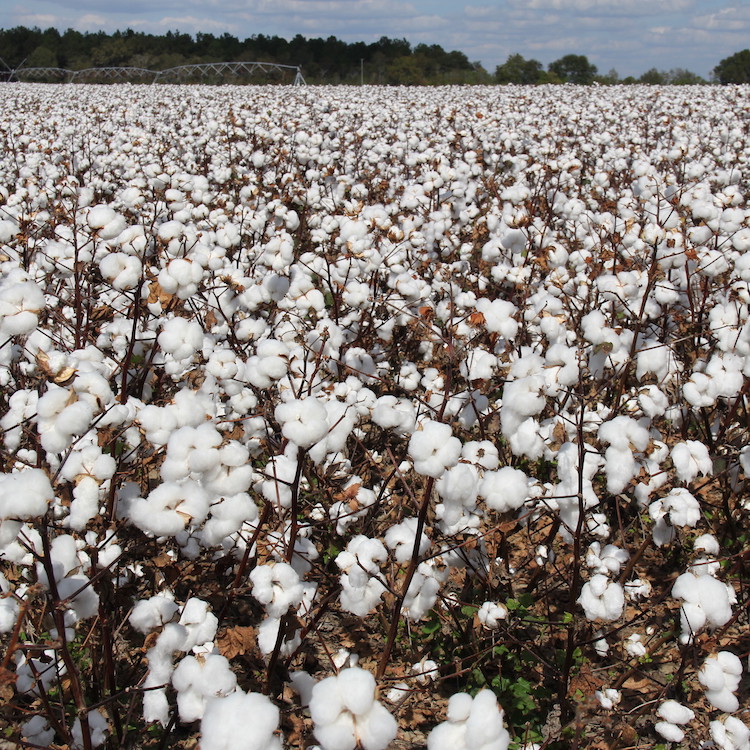
New farm bill gives agriculture five years of certainty
|
| 02/17/2019 |

Farmers, don't let stress steal your joy
|
| 02/17/2019 |
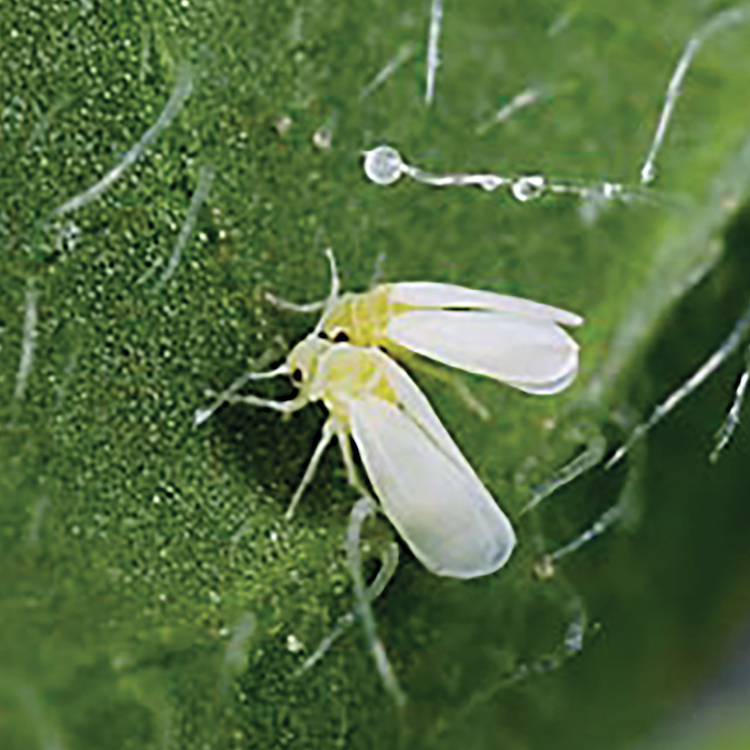
Whiteflies bugging vegetable & cotton producers
|
| 02/17/2019 |
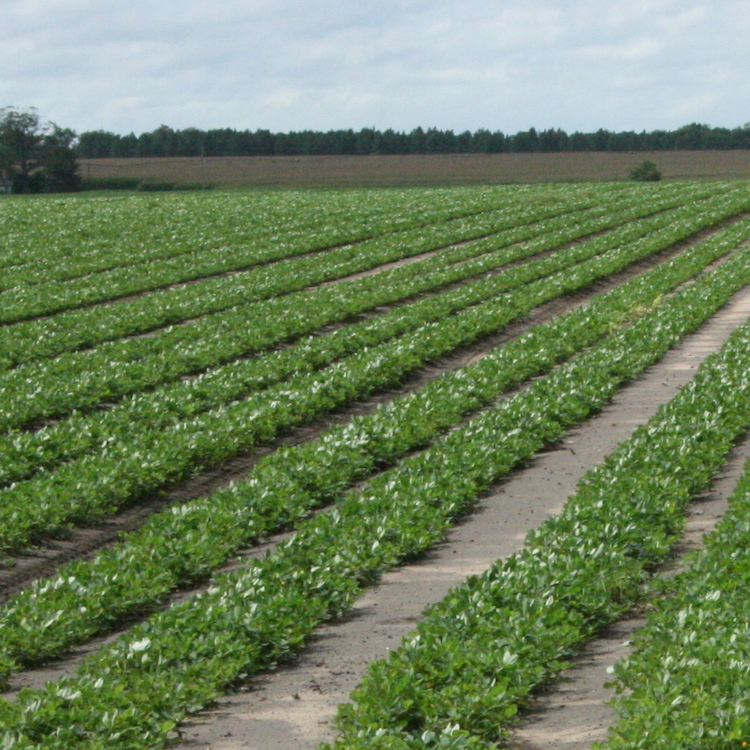
Peanut growers encouraged not to increase acreage
|
| 02/17/2019 |
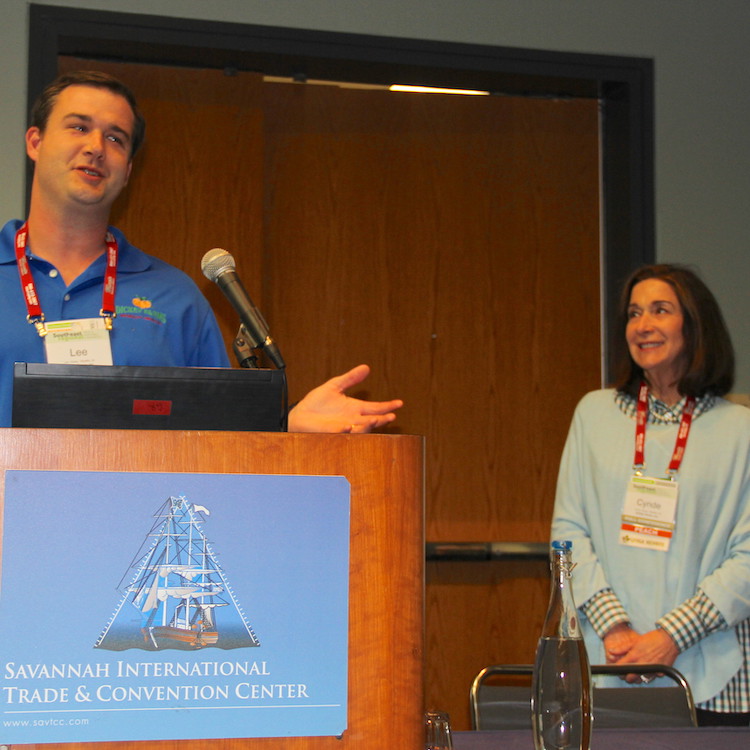
Dickey family moving farm forward together
|
| 02/17/2019 |
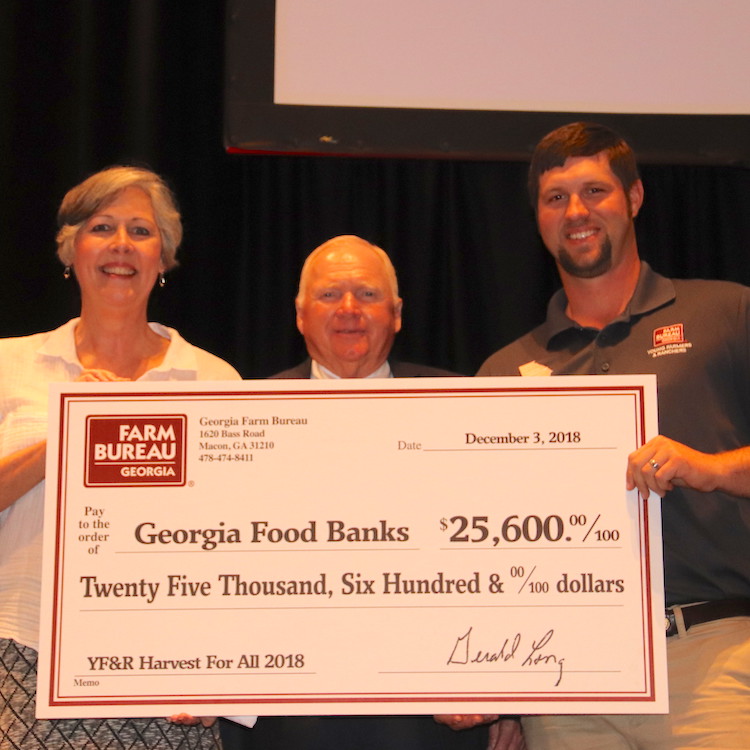
Young Farmers & Ranchers Gaining Ground
|
| 02/17/2019 |
GFB Women's Leadership Committee promotes ag literacy
|
| 02/14/2019 |

|
| 02/14/2019 |
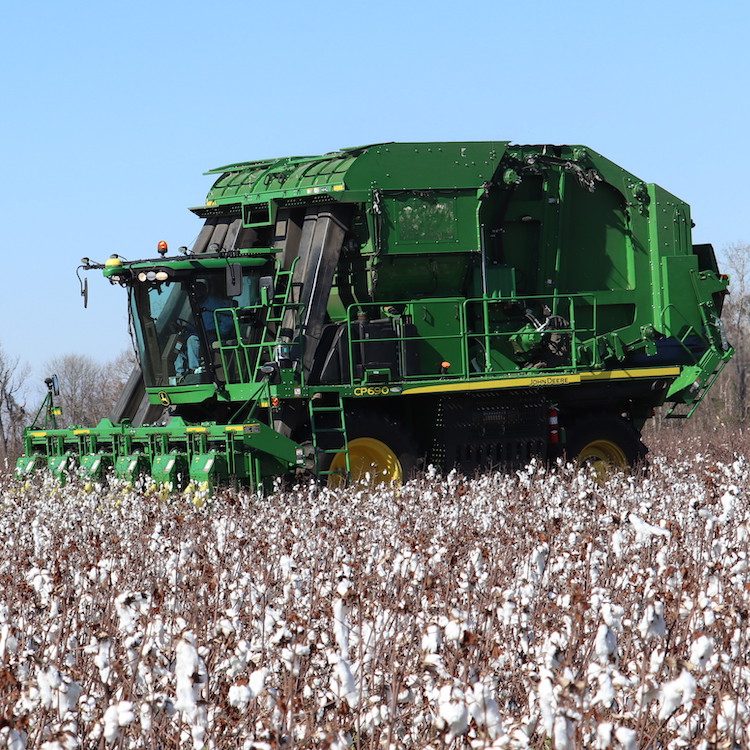
|
| 02/14/2019 |

|
| 02/14/2019 |

|
| 02/14/2019 |
.jpg)
Kemp praises Georgia farmers, vows to help South Ga. rebuild
|
| 02/14/2019 |
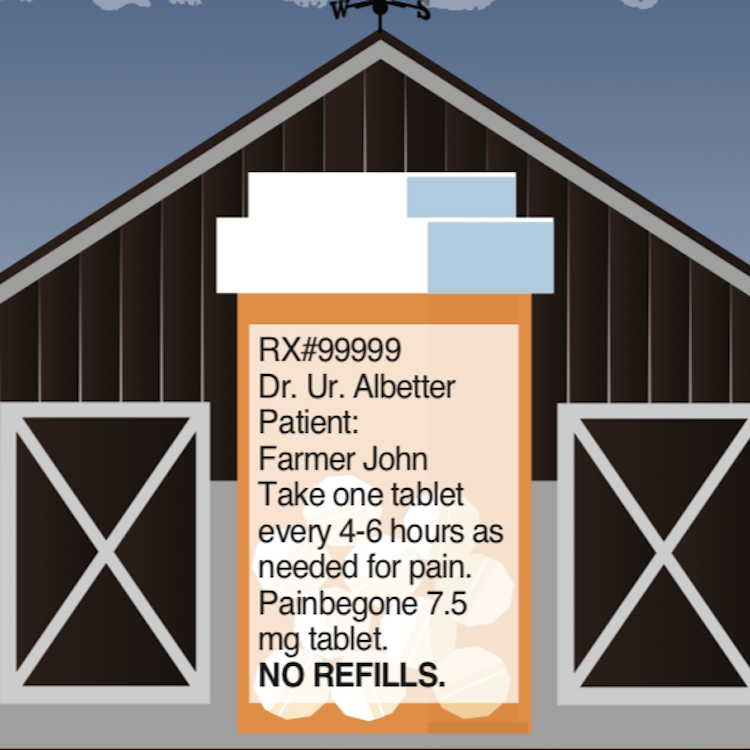
|
| 02/13/2019 |

GFB 2nd District holds 10th annual cattle show
|
| 02/06/2019 |

|
| 01/31/2019 |

|
| 01/24/2019 |

Cure the Winter Blues with Story Time!
|
| 01/20/2019 |
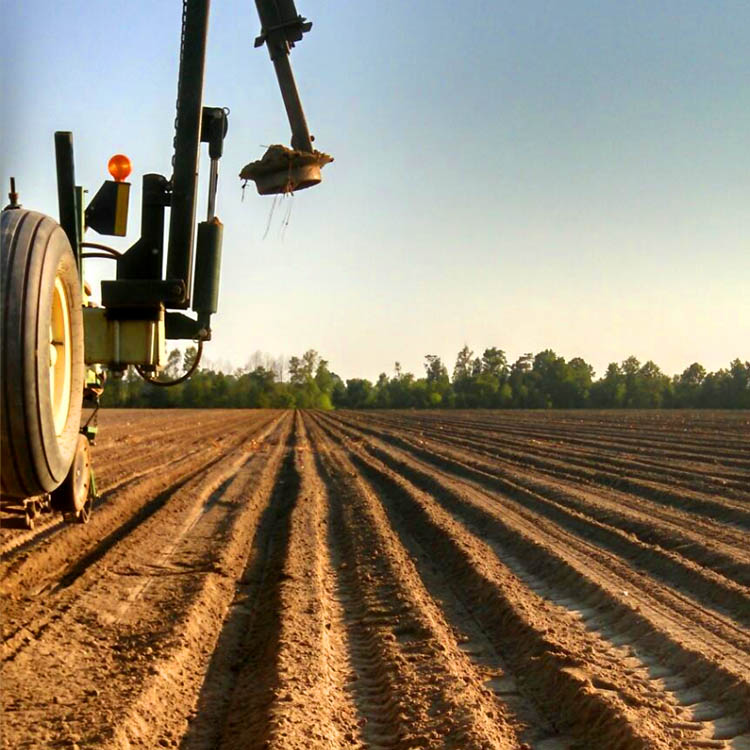
Broadband is not a Luxury, it’s a Necessity
|
| 01/15/2019 |

|
| 12/12/2018 |

|
| 12/04/2018 |

|
| 11/27/2018 |

|
| 11/22/2018 |
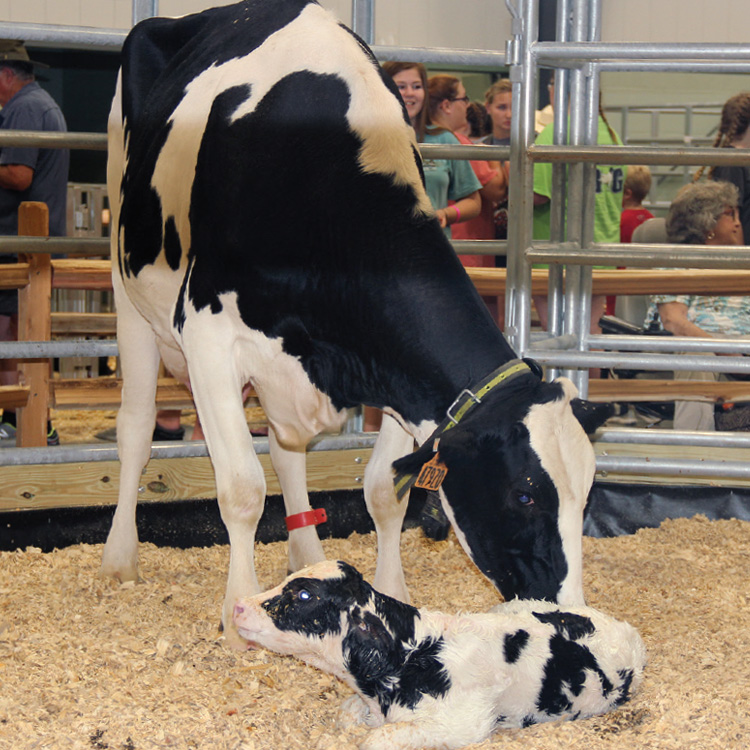
|
| 11/21/2018 |
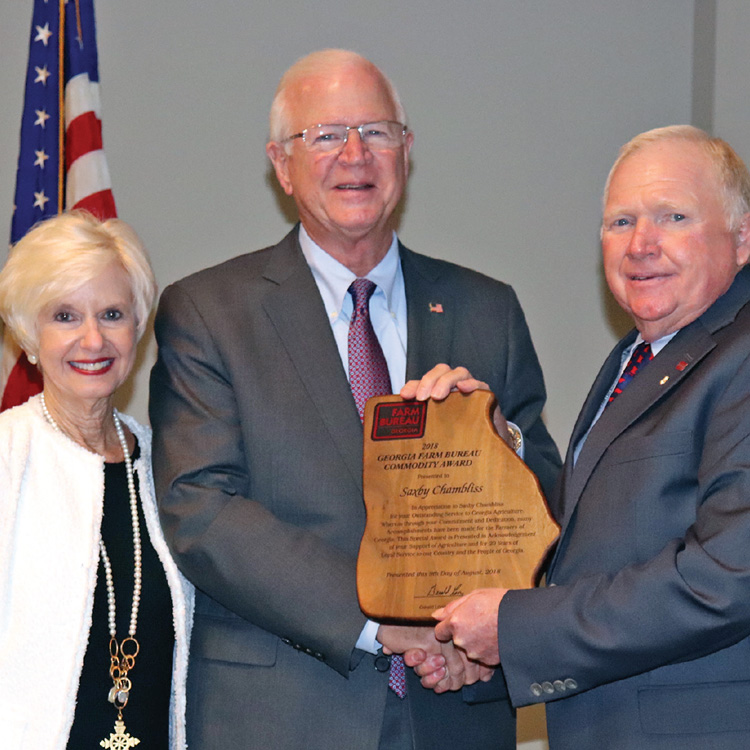
|
| 11/19/2018 |
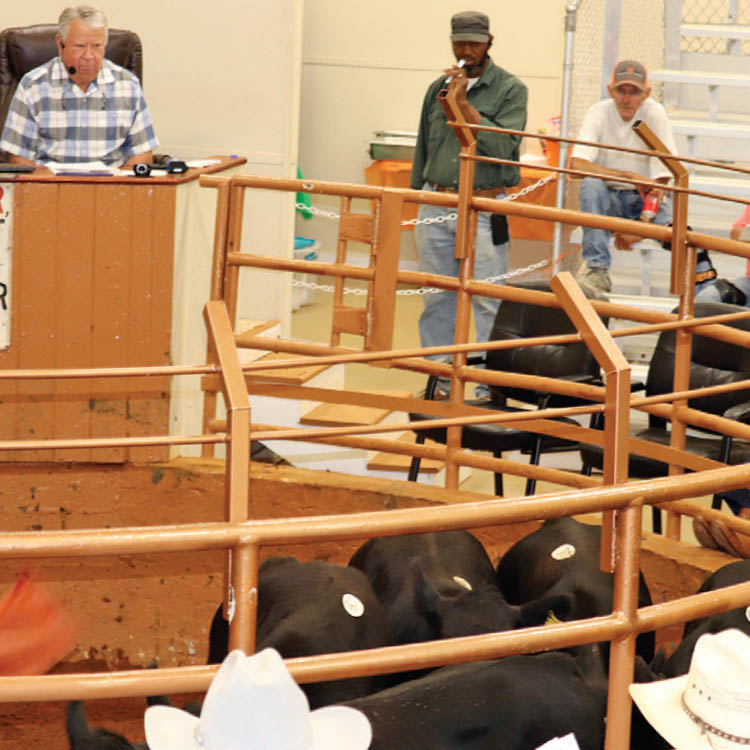
Bringing processing & markets closer to farms key to ag economic development
|
| 11/19/2018 |
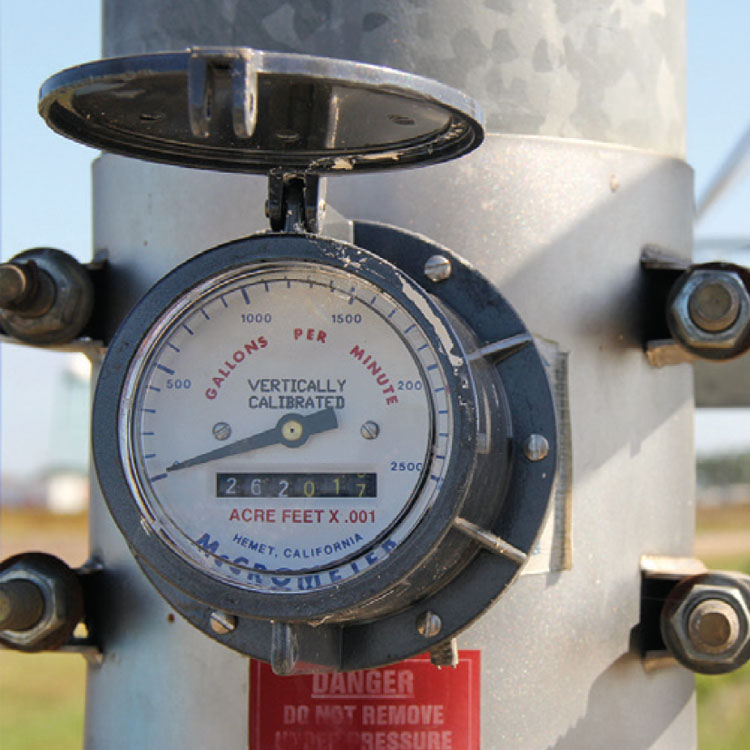
|
| 11/08/2018 |

UGA Economist Believes Georgia Farmers Need Financial Relief Immediately
|
| 11/07/2018 |
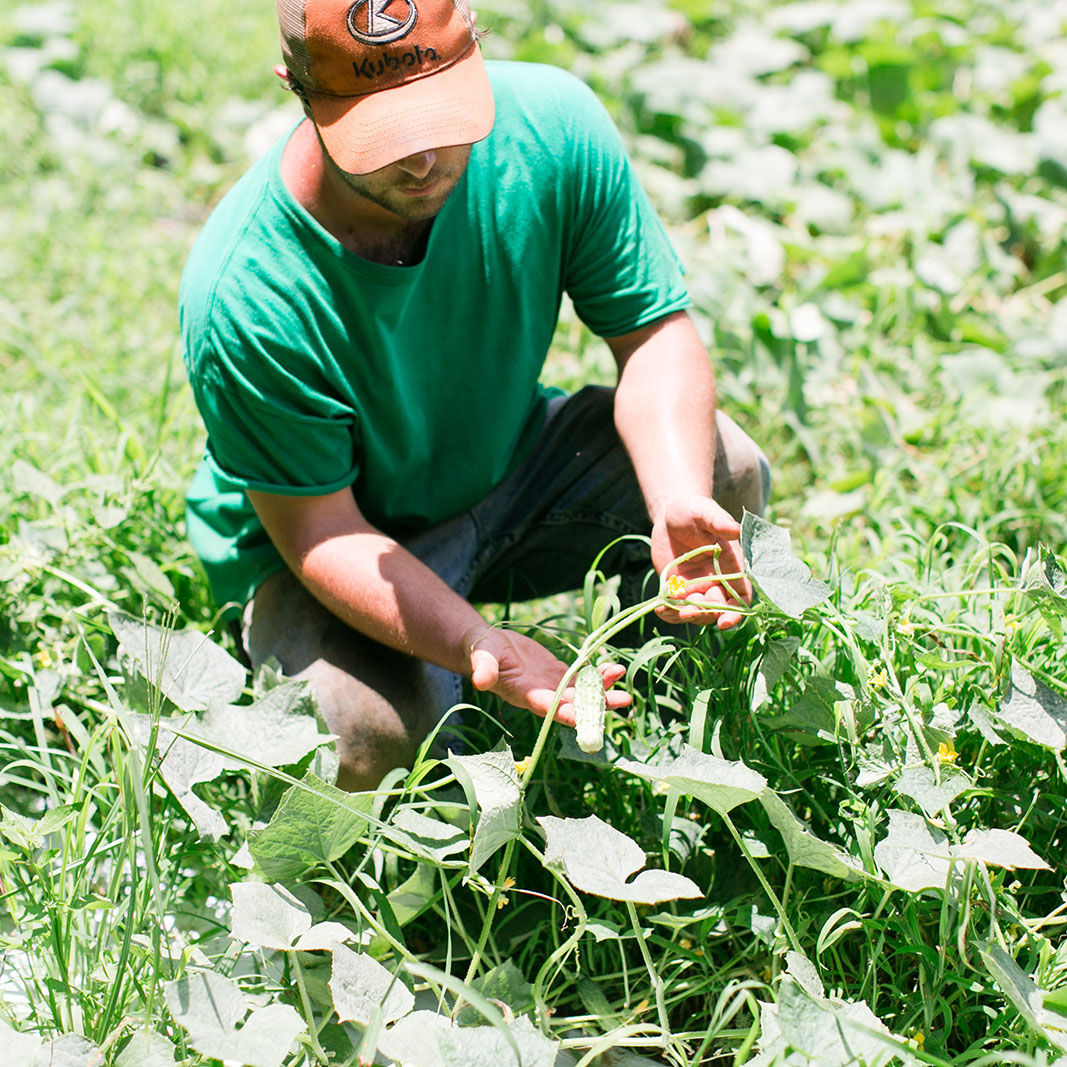
Ag in the Classroom - 4 Simple Ways You Can Thank a Farmer this November!
|
| 11/01/2018 |
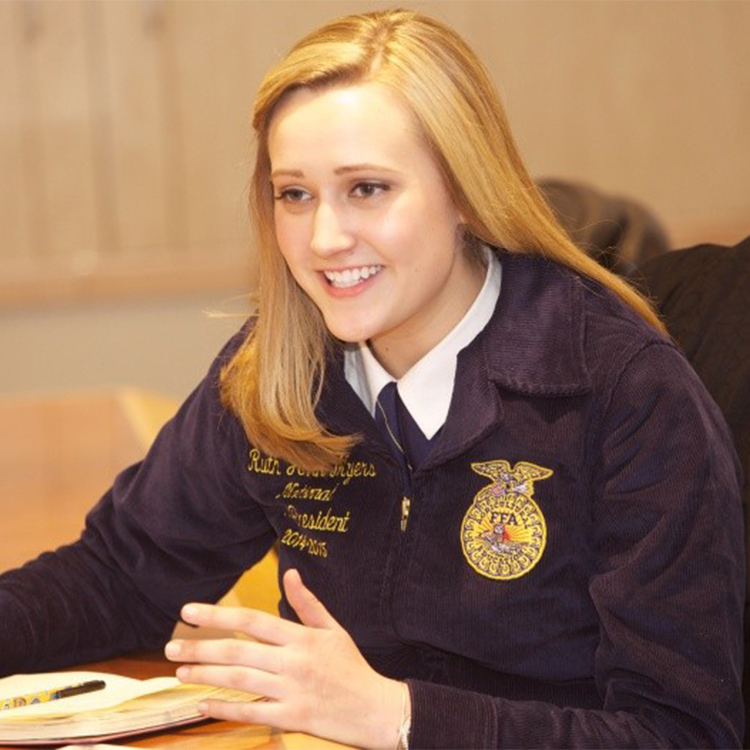
|
| 10/29/2018 |

|
| 10/16/2018 |
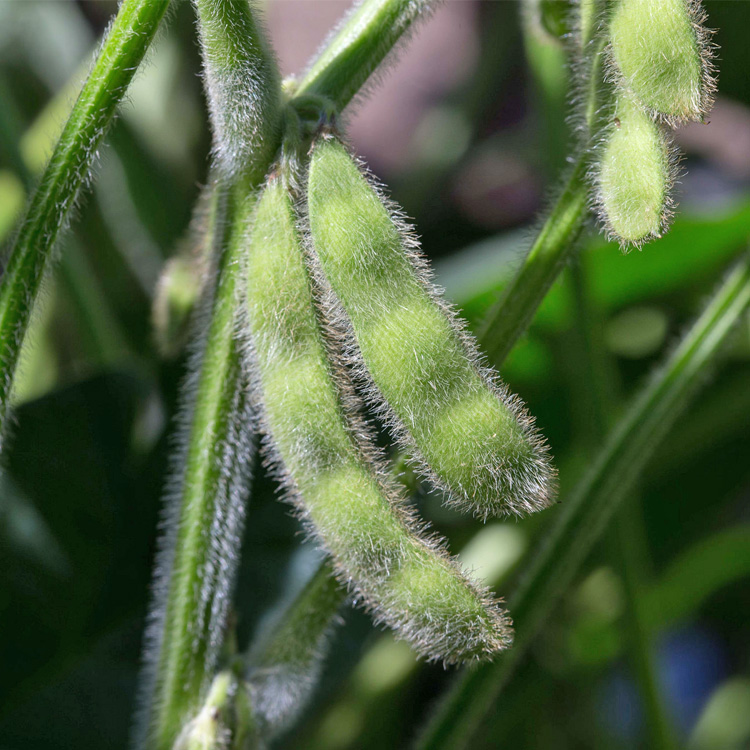
|
| 10/02/2018 |

This October Make Time to Eat Together, Eat Better with Real Dairy
|
| 09/18/2018 |

|
| 09/17/2018 |
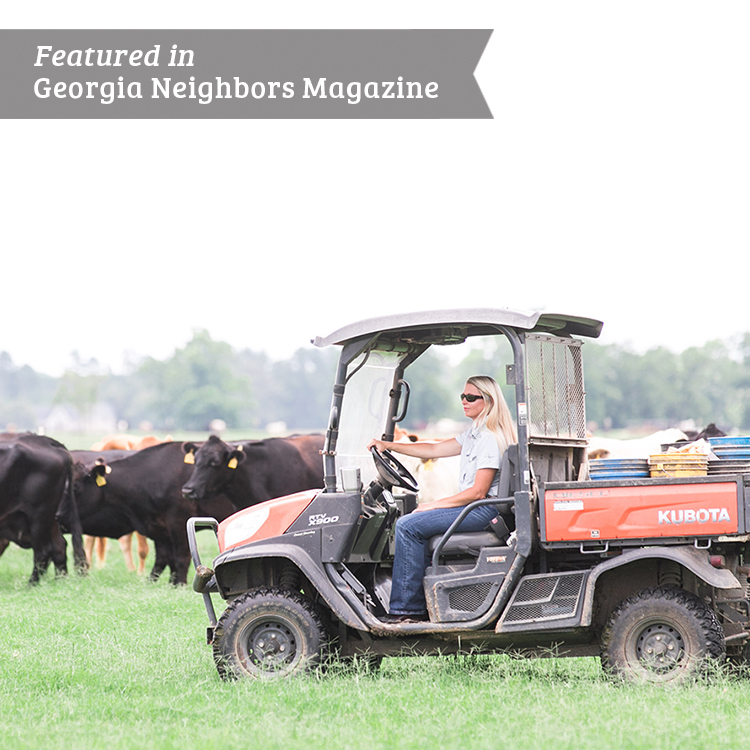
|
| 09/16/2018 |

|
| 09/15/2018 |

|
| 09/14/2018 |

Fresh Fixins with Georgia-Based Chef, Matthew Newton
|
| 09/12/2018 |
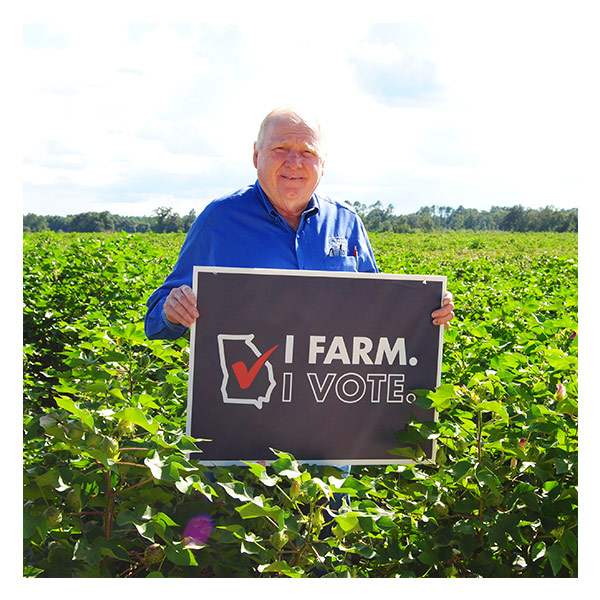
|
| 09/03/2018 |
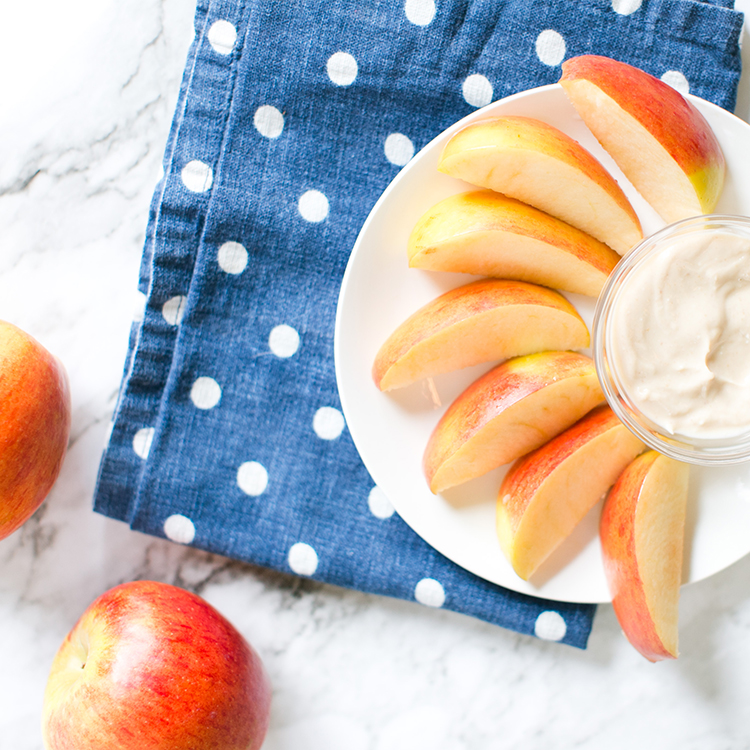
Peanut Butter Whip with Apples
|
| 09/02/2018 |

Young Farmer Jesse Patrick, Bridges the Gap Between Past and Present
|
| 08/30/2018 |
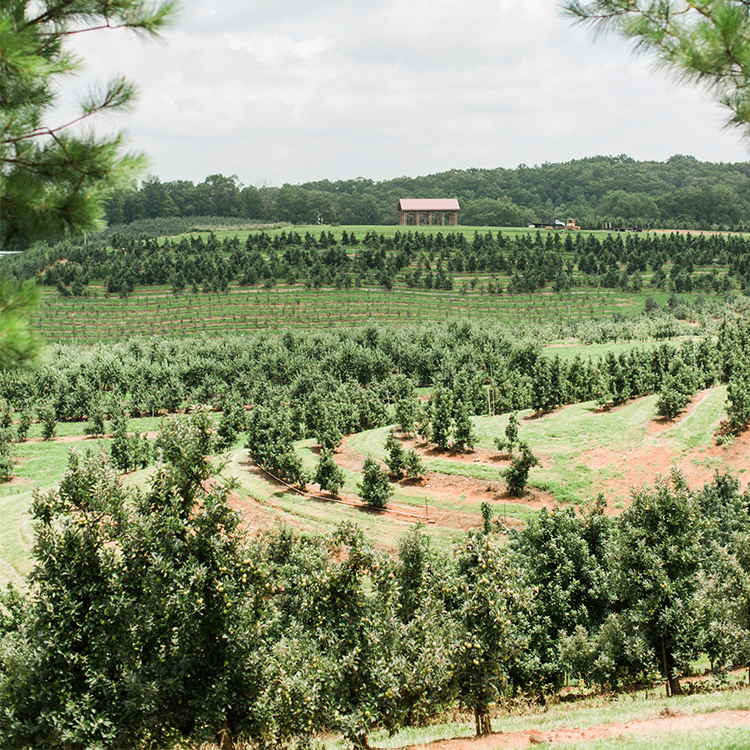
Fall Events at Your Local Certified Farm Market
|
| 08/28/2018 |
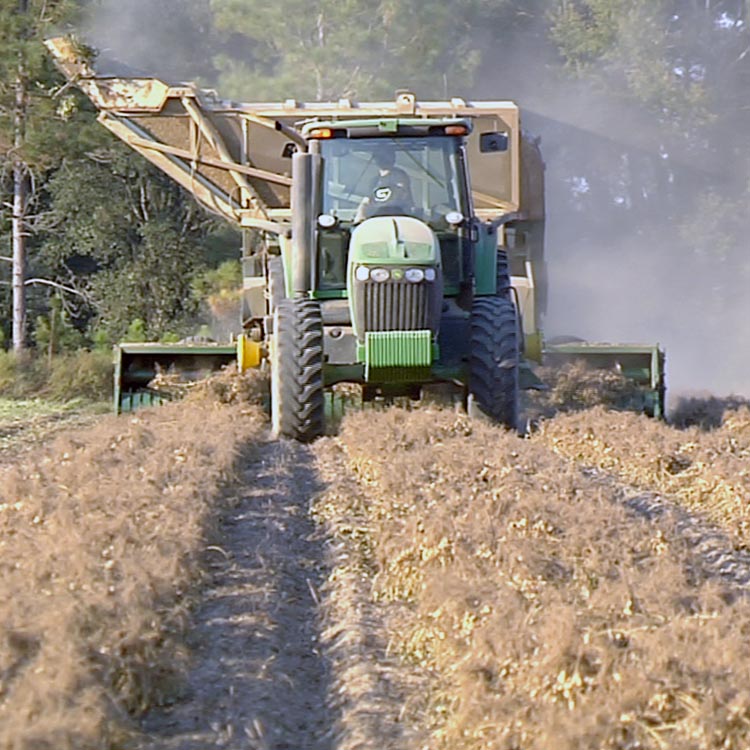
|
| 08/07/2018 |

New ‘Ag Across America’ Game and App Debut
|
| 08/06/2018 |

|
| 08/05/2018 |
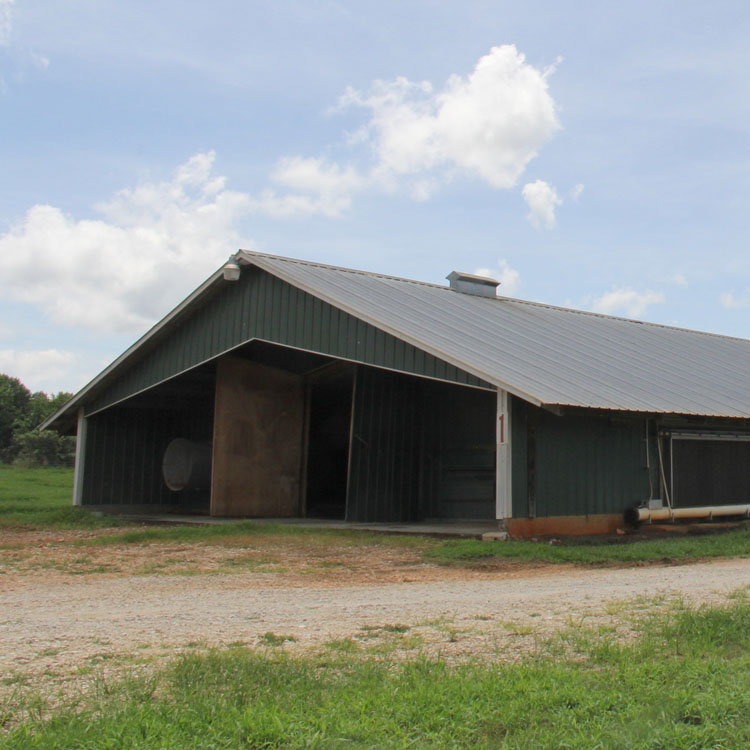
|
| 08/02/2018 |

|
| 08/01/2018 |
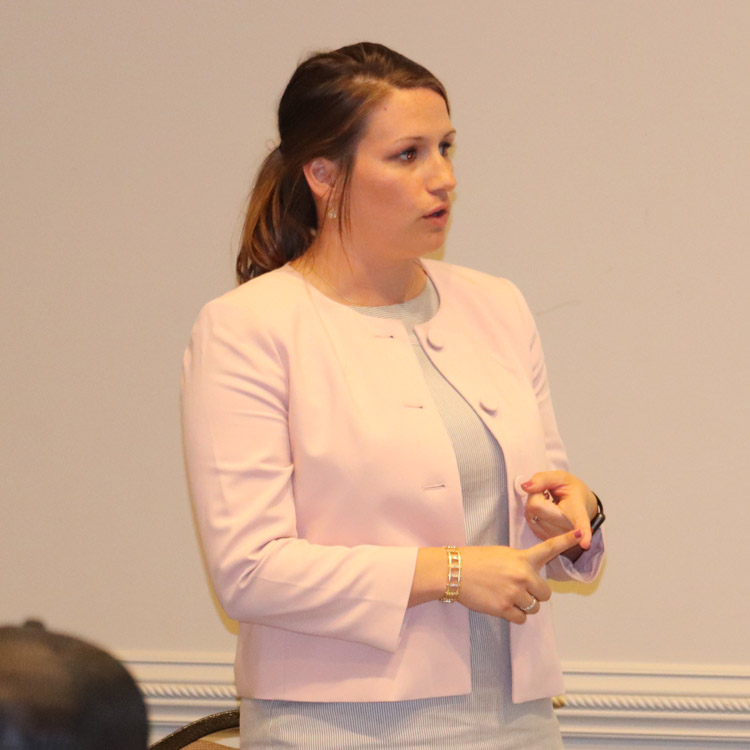
|
| 07/31/2018 |
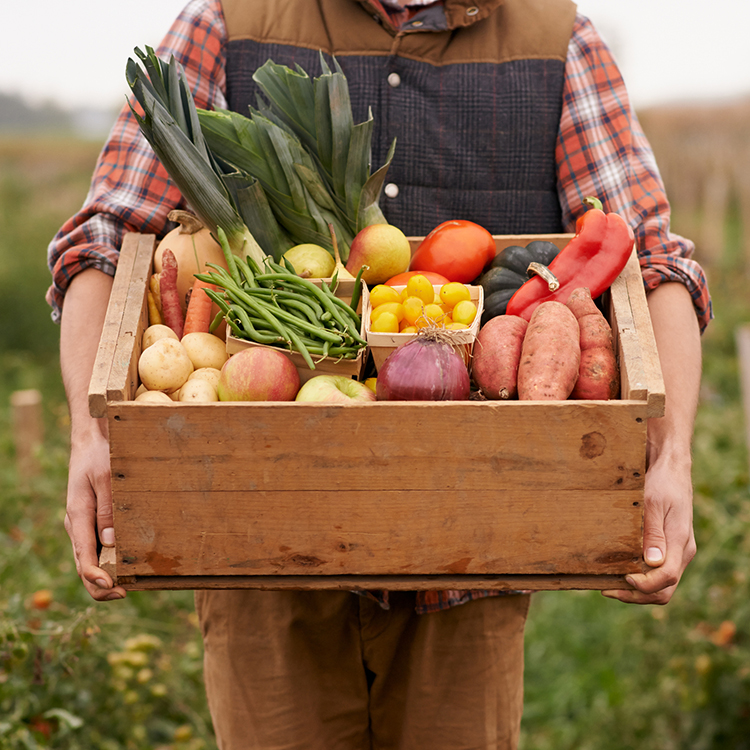
|
| 07/31/2018 |

|
| 07/26/2018 |
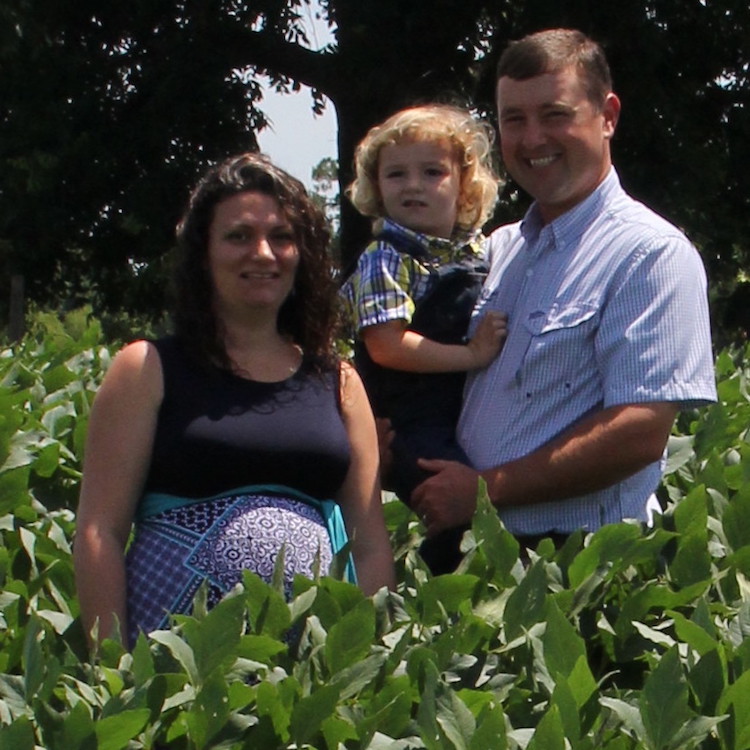
Young Farmer & Rancher Achievement Award profile: Elton Baldy
|
| 07/26/2018 |

|
| 07/26/2018 |
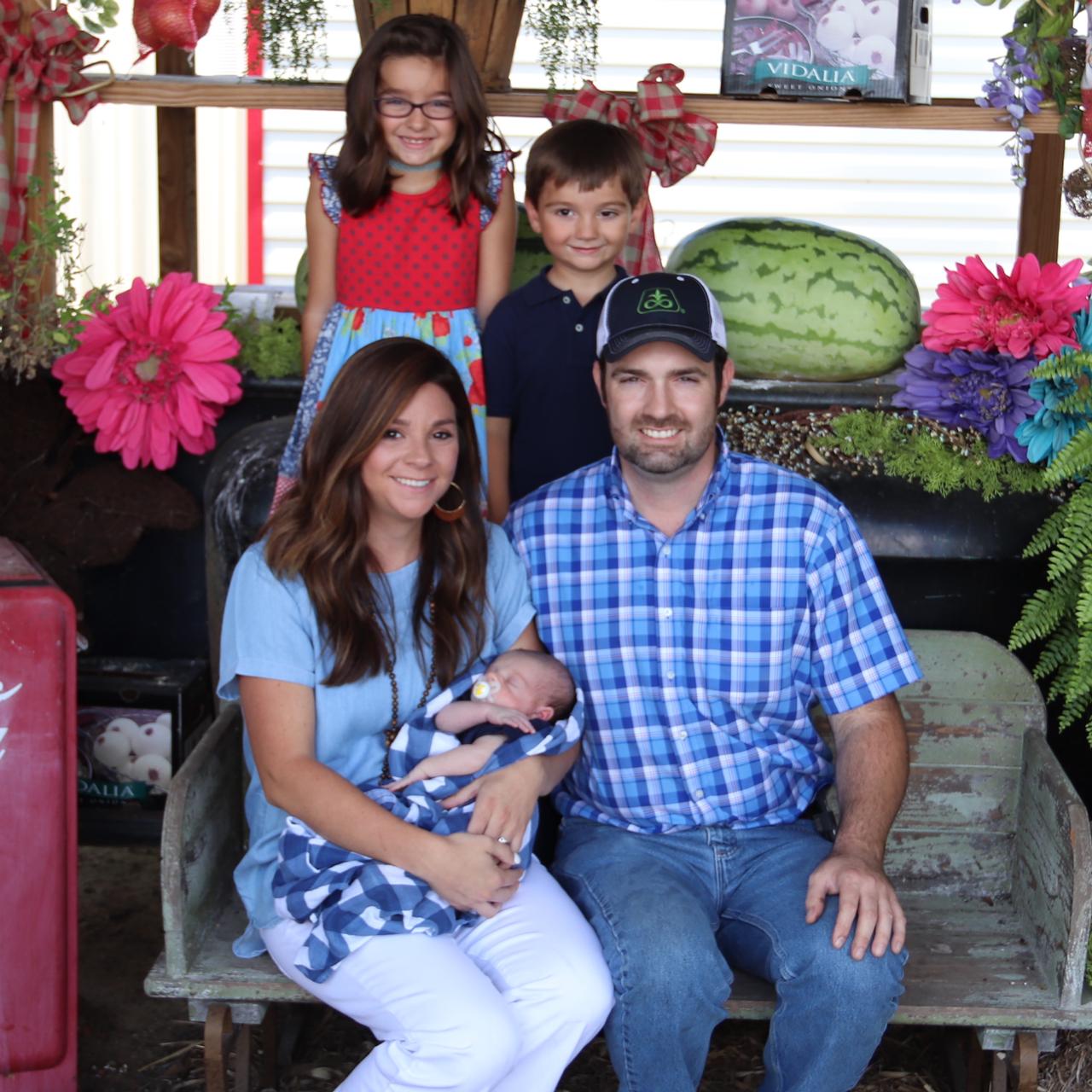
Young Farmer & Rancher Achievement Award Profile: Mitchell and Becky Pittman
|
| 07/11/2018 |
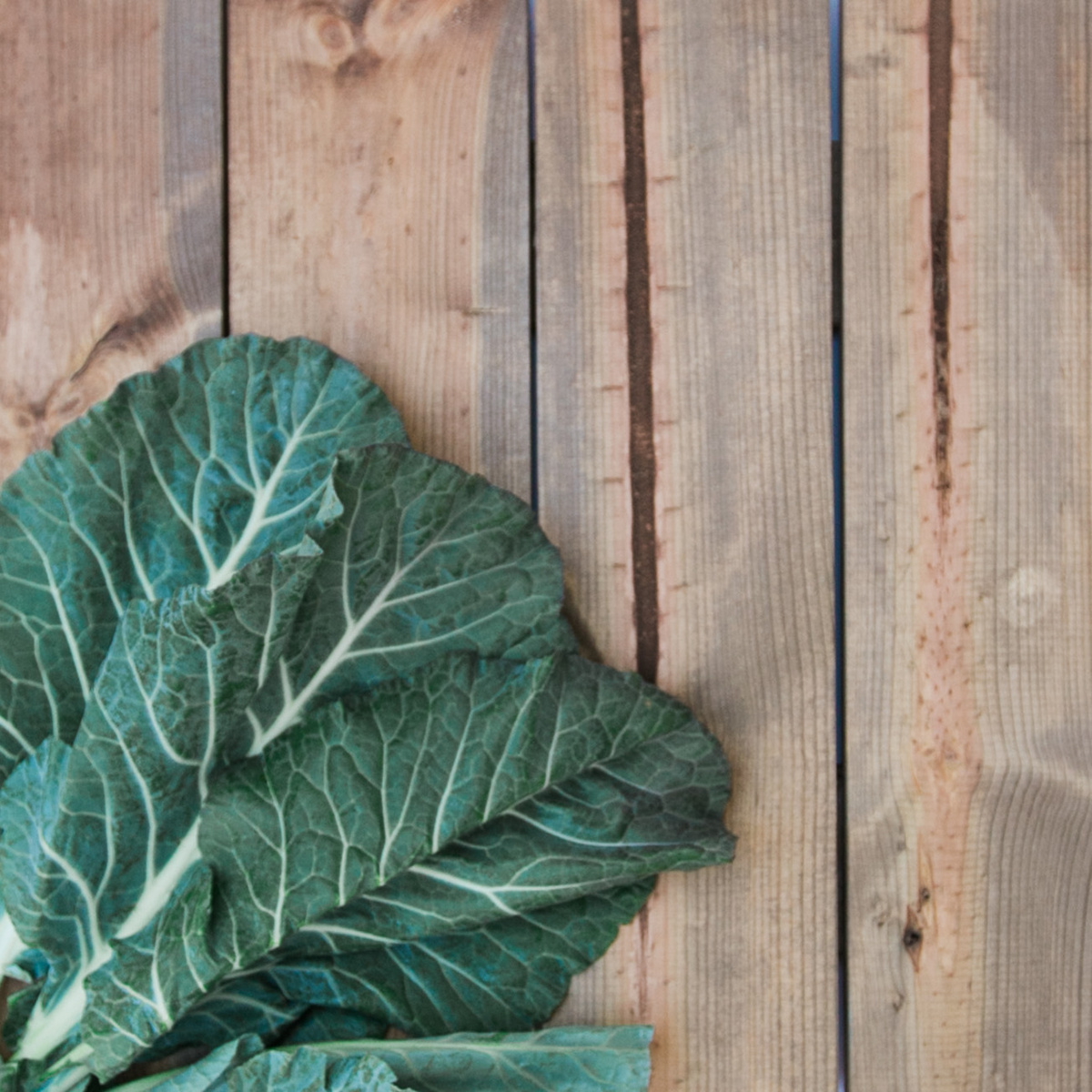
|
| 06/19/2018 |

“Get More with Milk” during National Dairy Month!
|
| 06/14/2018 |
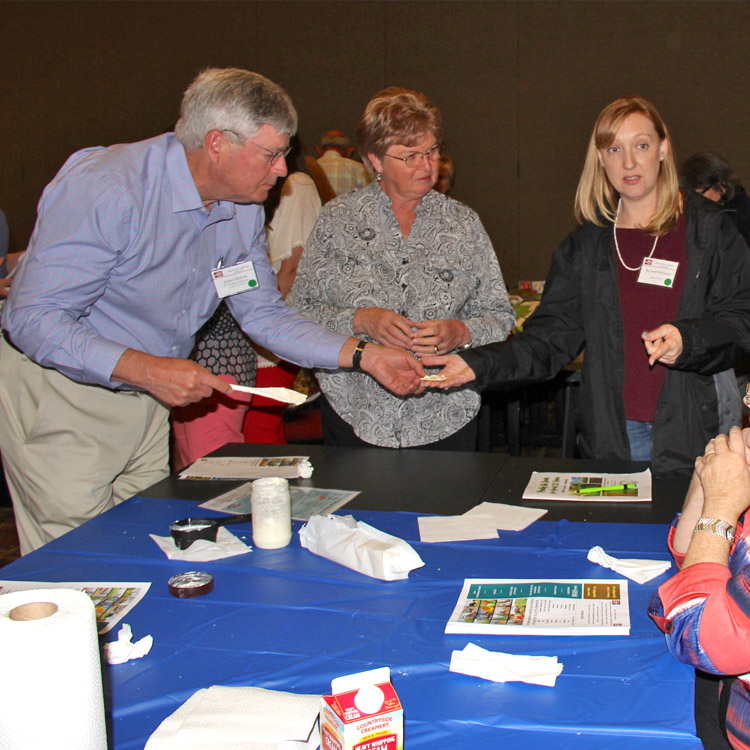
|
| 06/13/2018 |
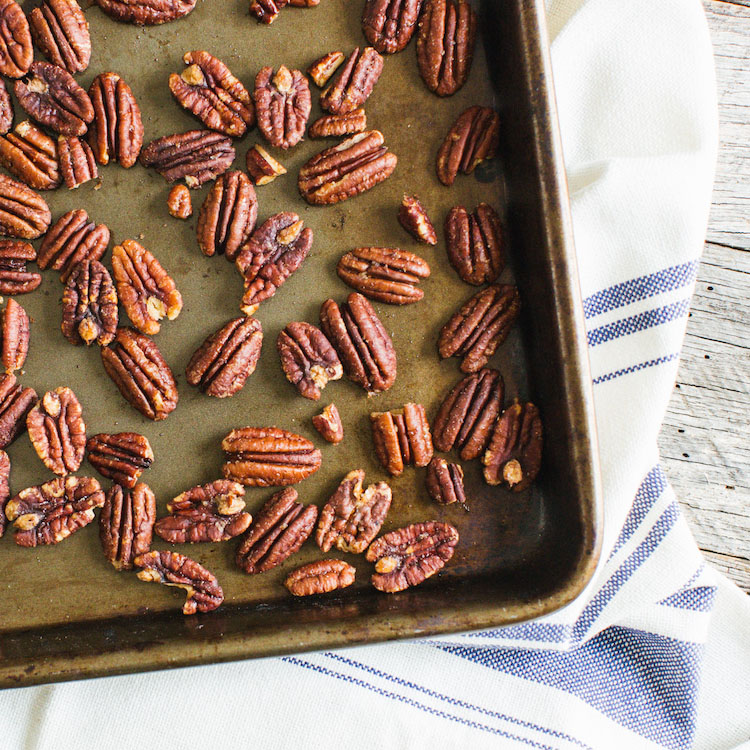
|
| 06/12/2018 |
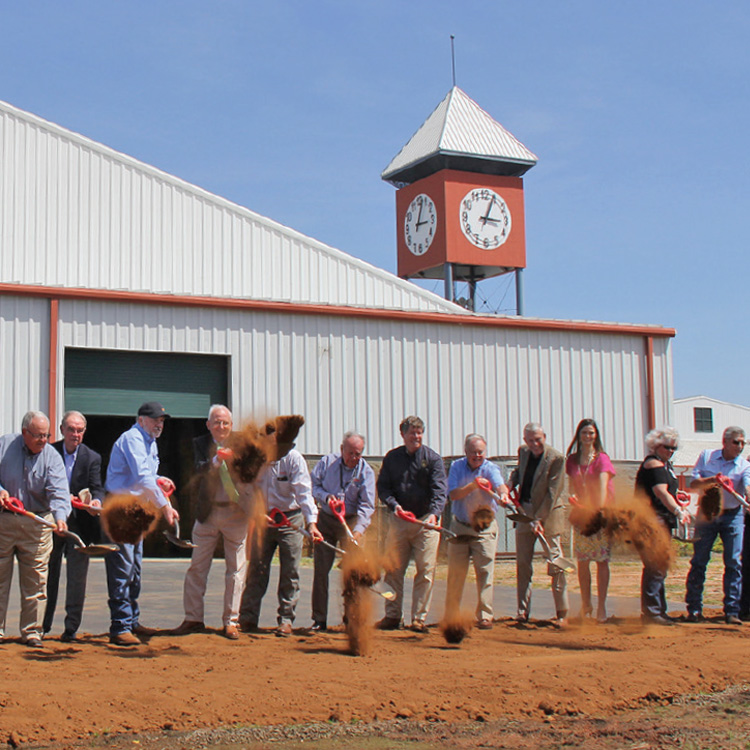
|
| 06/10/2018 |
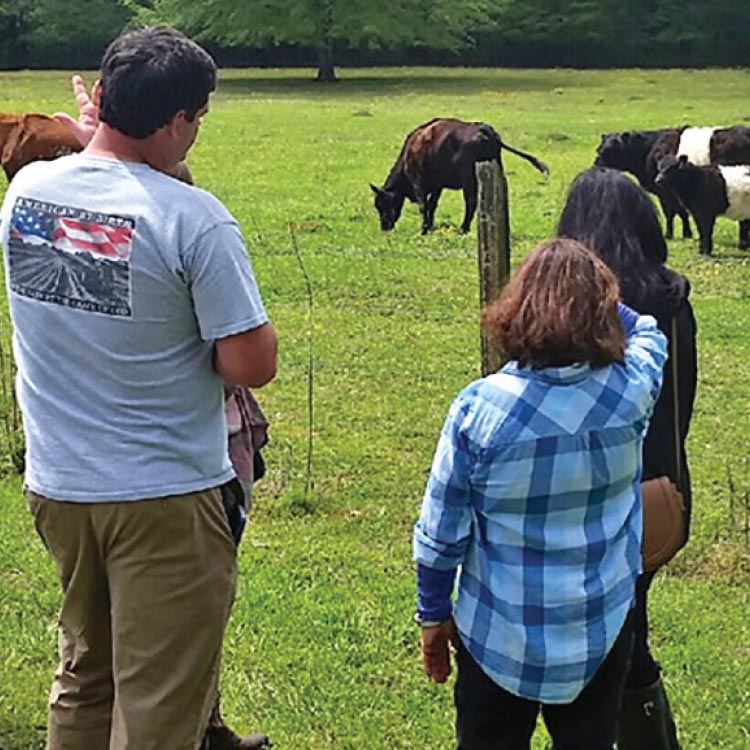
Ag Educator Workshops show teachers how to meet STEM requirements using ag
|
| 06/07/2018 |
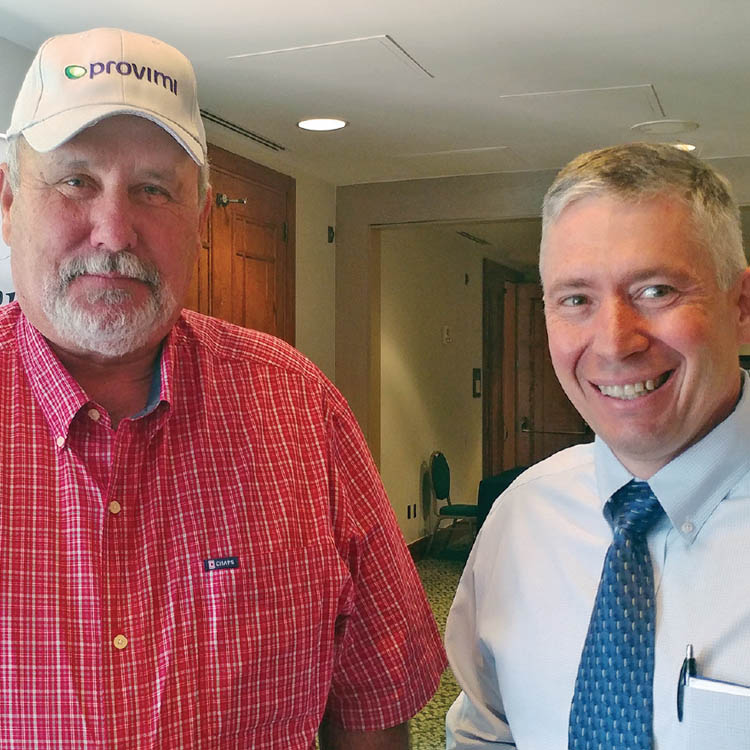
|
| 06/06/2018 |
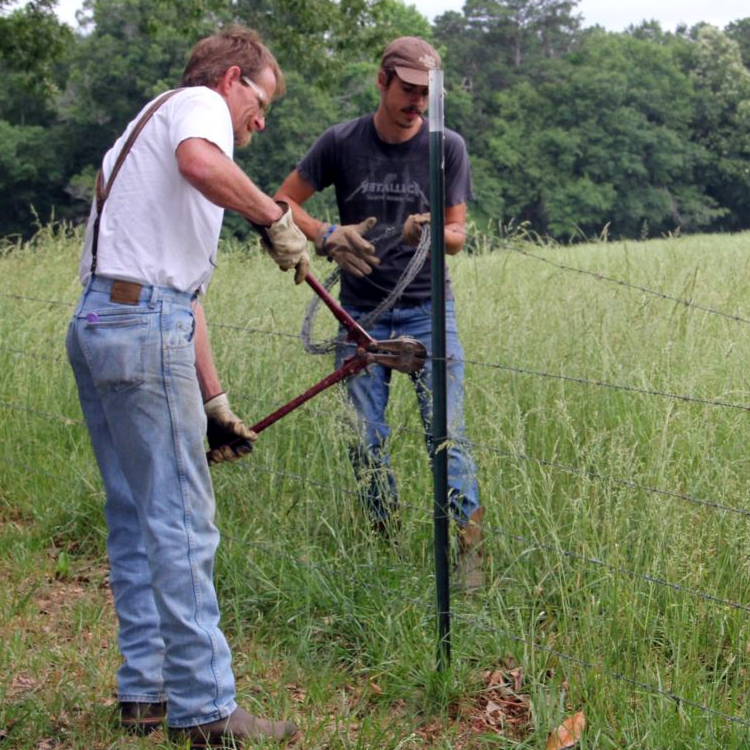
Promoting Rural Prosperity: What do farmers need from their workers?
|
| 06/06/2018 |
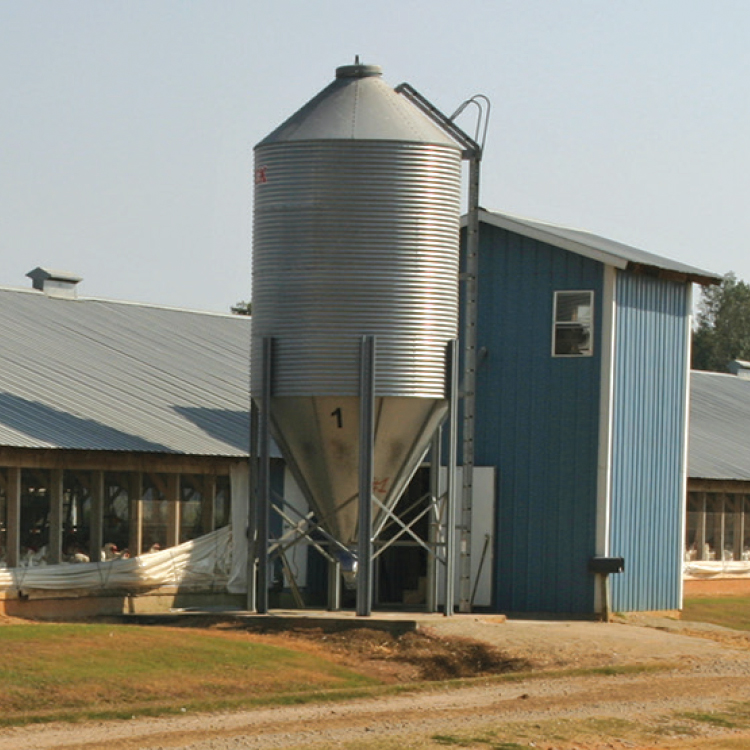
|
| 06/04/2018 |

Fighting Pollen? Fight Smarter with These Pollen-Busting Tips
|
| 05/29/2018 |
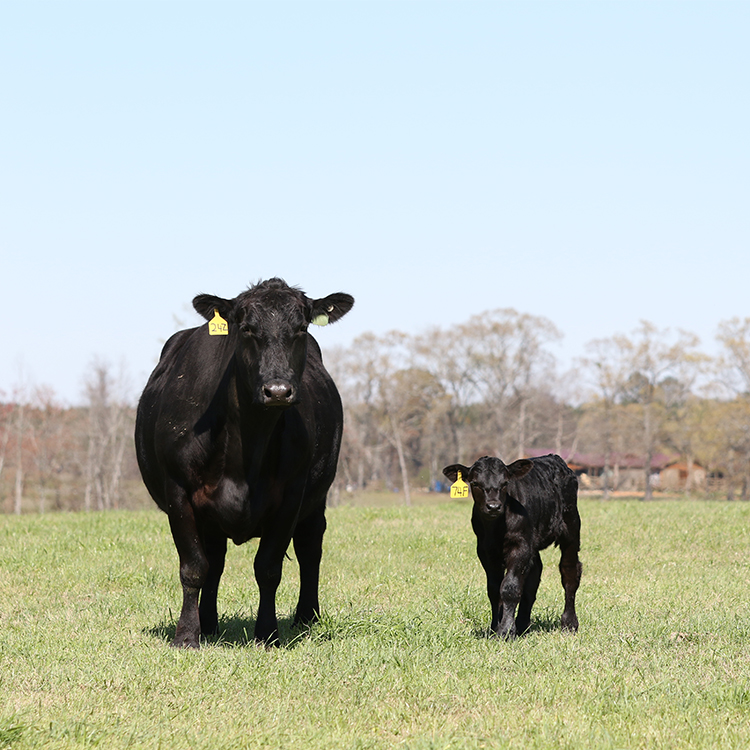
Beef Cattle Production in Georgia
|
| 05/17/2018 |
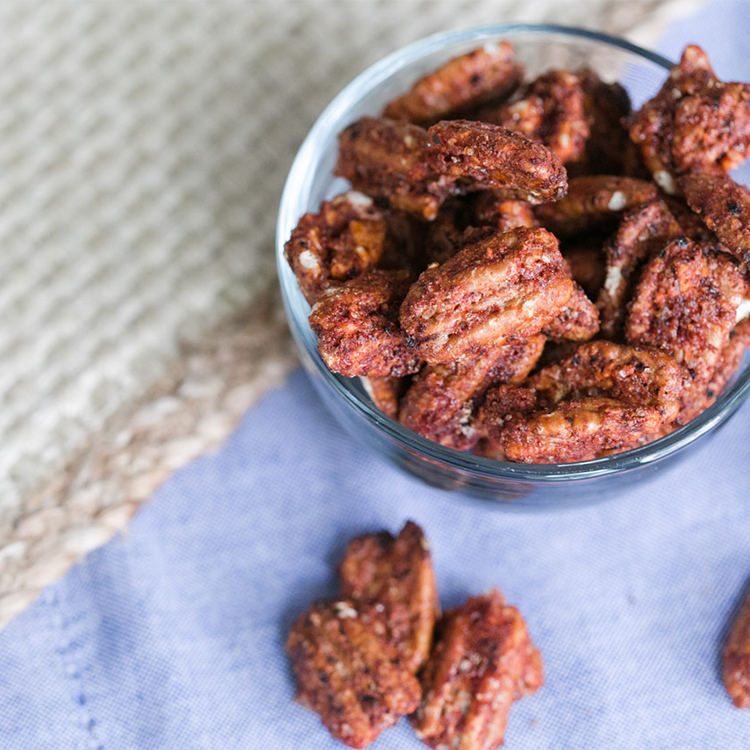
Products We Love: Goodson Pecans
|
| 05/14/2018 |

|
| 05/10/2018 |

|
| 05/09/2018 |

Incorporating Beef into a Healthy Lifestyle
|
| 05/06/2018 |
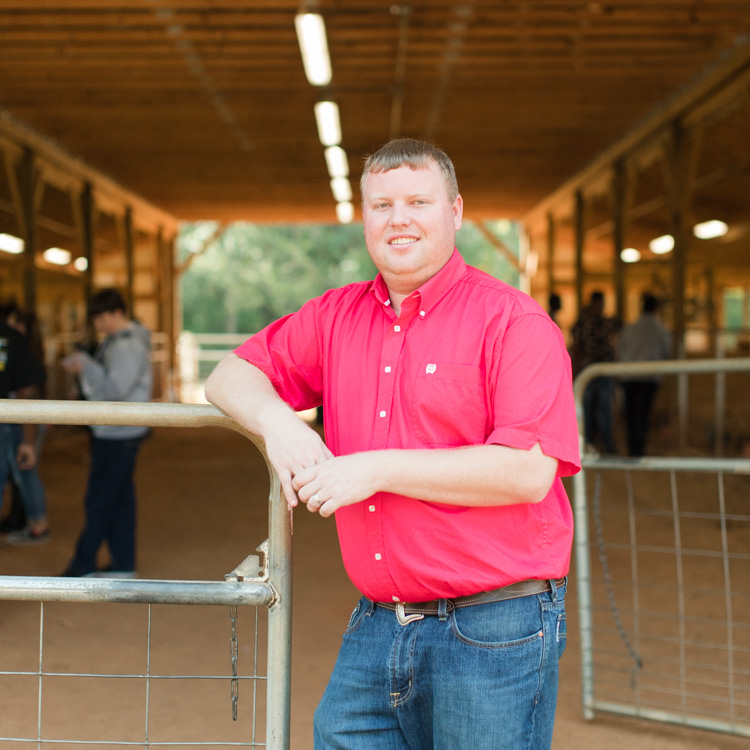
|
| 05/01/2018 |

|
| 04/29/2018 |
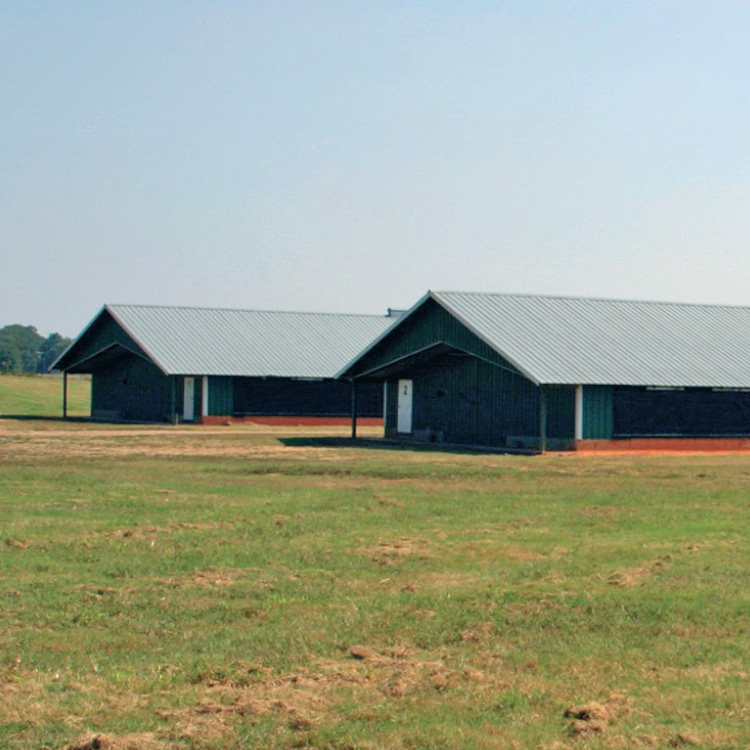
GFB insurance policies follow UGA recommendations to protect poultry farmers’ investment
|
| 04/25/2018 |
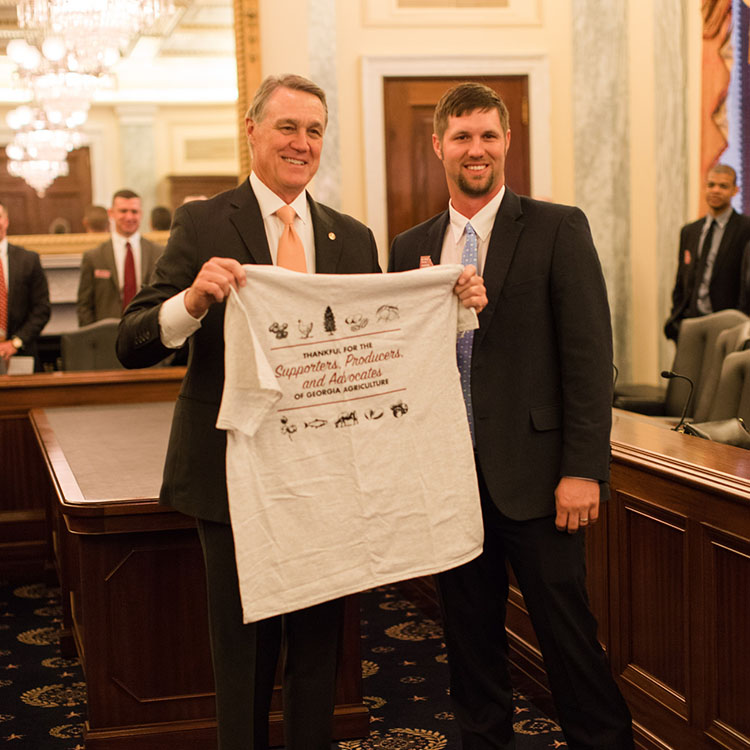
5 reasons to get involved in Young Farmers & Ranchers
|
| 04/24/2018 |

What's it like to be a National FFA Officer?
|
| 04/19/2018 |

Common Mistakes 20-Somethings Make When Buying Insurance
|
| 04/11/2018 |

|
| 04/01/2018 |

|
| 03/29/2018 |

Farm talk with celebrity chef, Kevin Gillespie
|
| 03/25/2018 |

A 20-Somethings Guide to Understanding Risk
|
| 03/19/2018 |

Fresh Fixins with Georgia-Based Chef, Cissy Bates
|
| 03/13/2018 |

|
| 03/04/2018 |
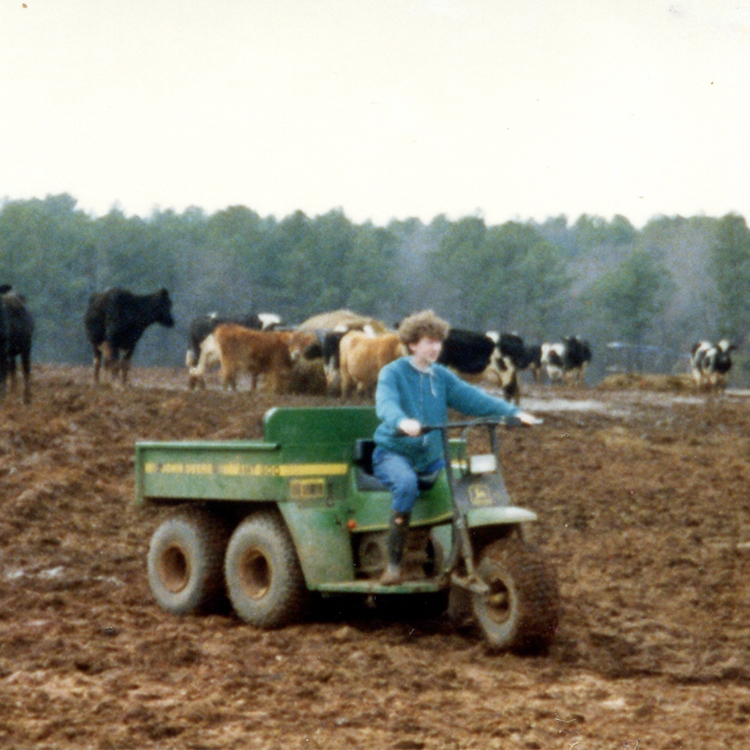
Don't Rely on Guardian Angels to Stay Safe on the Farm
|
| 02/26/2018 |

|
| 02/18/2018 |
Meet Hinkley Hood, State FFA Secretary
|
| 02/15/2018 |

Meet Tucker Felkins, State FFA President
|
| 02/15/2018 |
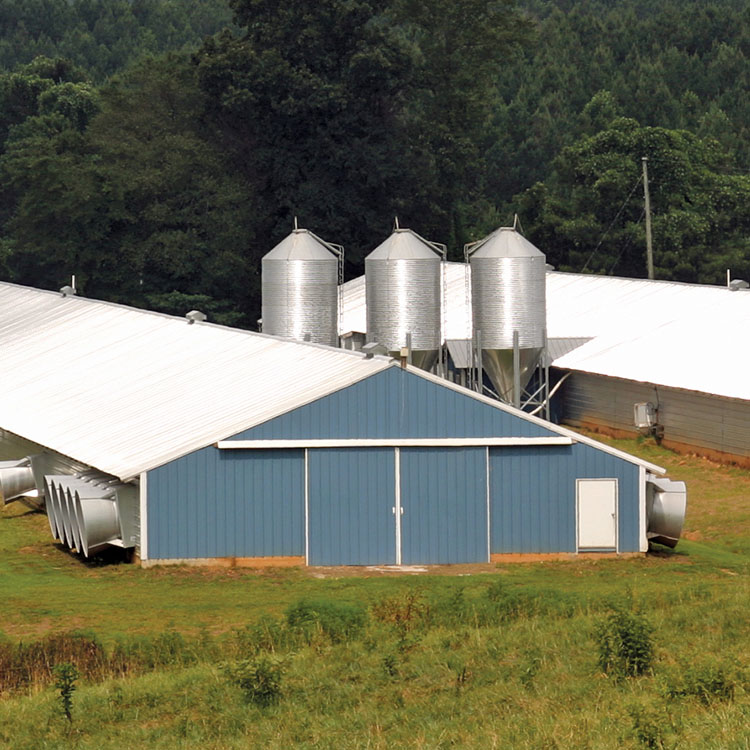
|
| 02/13/2018 |
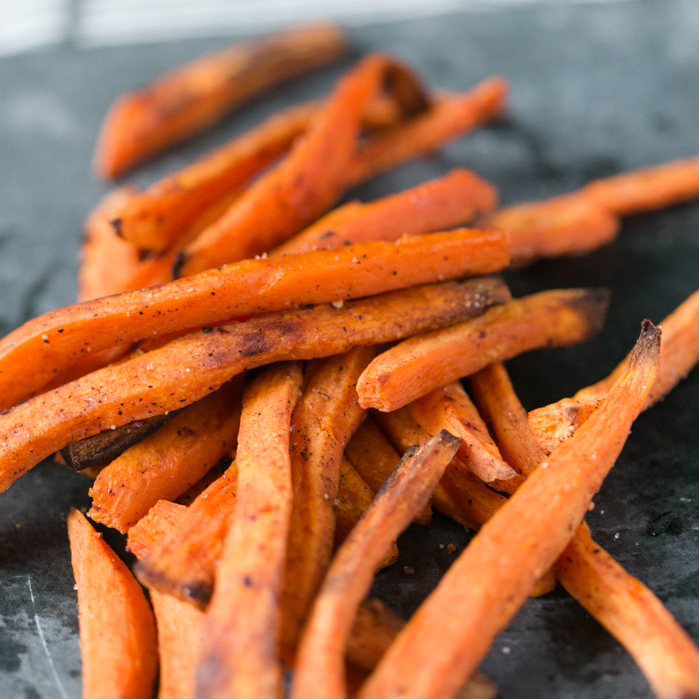
|
| 01/02/2018 |
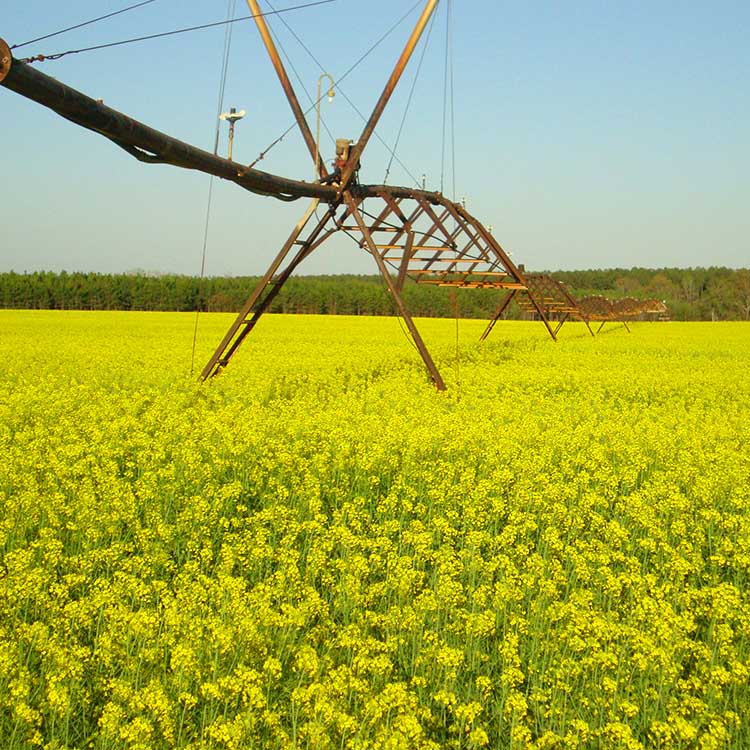
|
| 12/26/2017 |
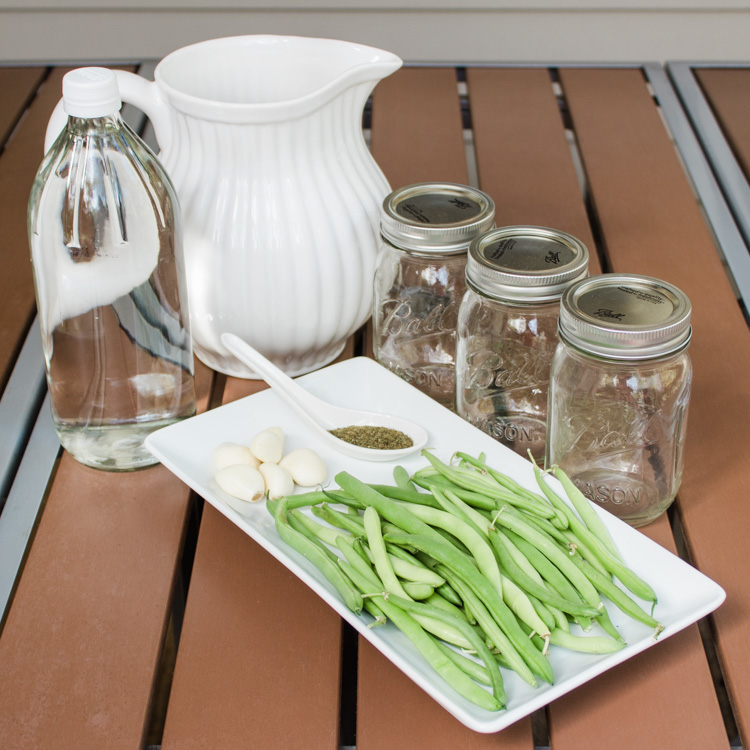
|
| 12/12/2017 |
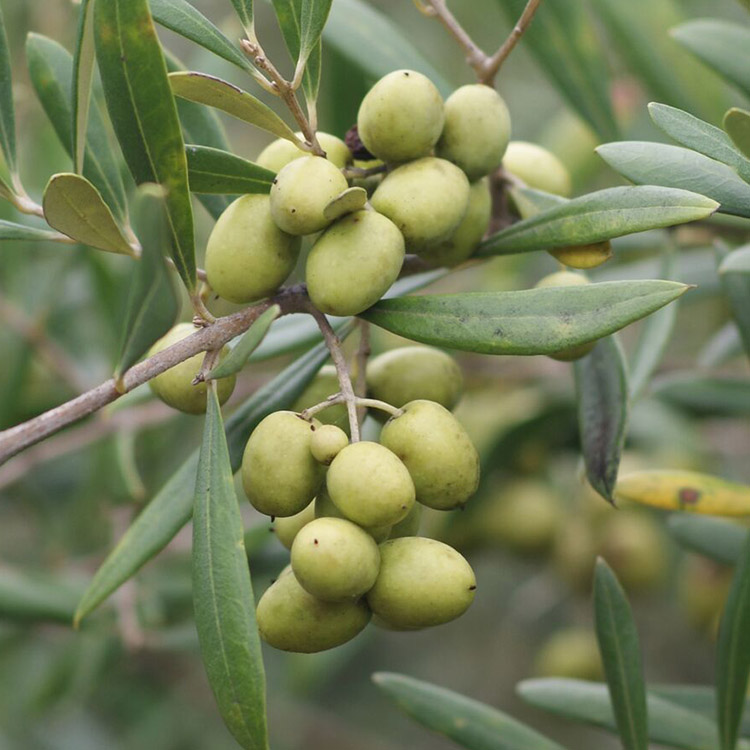
|
| 12/05/2017 |
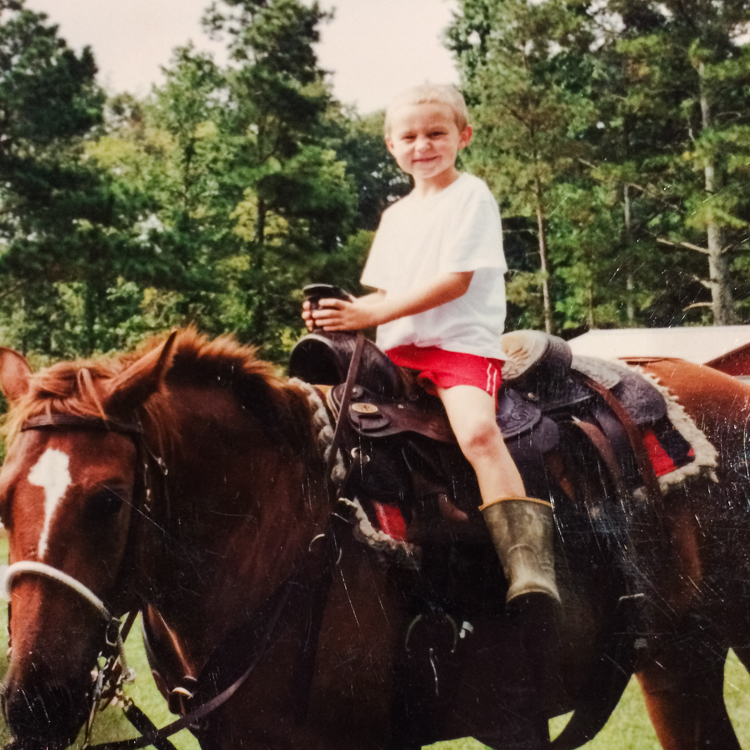
10 Things I Learned Growing Up On A Farm
|
| 11/28/2017 |

|
| 11/07/2017 |
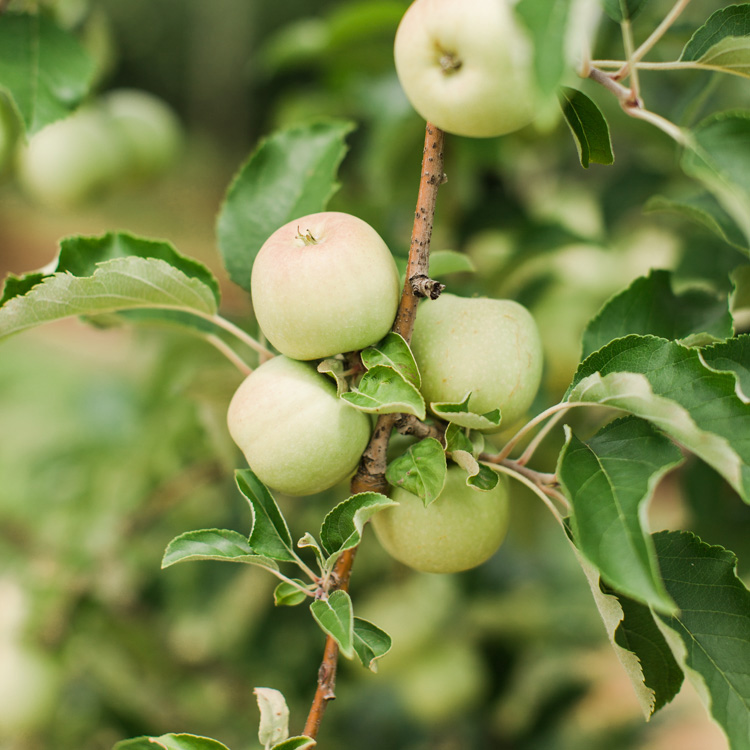
13 Georgia Apple Orchards You Should Visit This Fall
|